







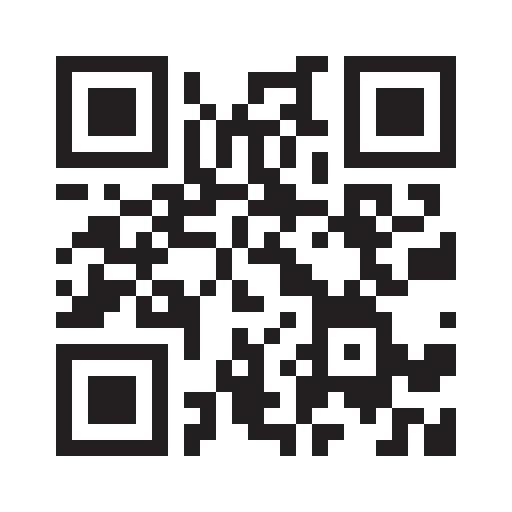
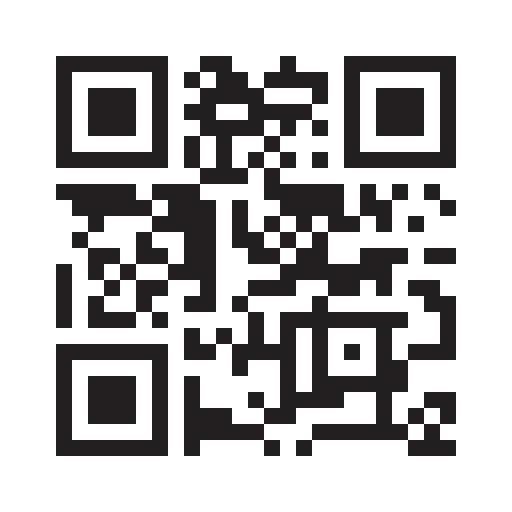
Client Relations
Eileen Ang
Marketing & Distribution
Kelly Chin
Publisher Isaac Hee Printer
All rights reserved. No part of this publication may be

The world has become increasingly complex and fraught with uncertainty. With the rapid development in technologies such as Artificial Intelligence and quantum computing; the devasting effects of climate change; the geo-political tensions around the world; and the lasting effects of the COVID pandemic, work and life is being impacted in so many different ways. People used to talk about the world being VUCA (Volatile, Uncertain, Complex & Ambiguous) but today, some are saying that it is no longer able to describe the world right now. Instead, some have introduced a new acronym, BANI, which stands for Brittle, Anxious, Non-linear and Incomprehensible. This could sound dark and hopeless, but it could also open new opportunities for all of us! What can we do to develop sustainable careers? What do we need to do to thrive in such an ever-changing world?
I think the first step is to take control of your own career development. In Section 1 of this issue we share about the services offered by Career Connect –your go-to Centre in SIM for all things career-related. Whether you are an Explorer, Adventurer or Ranger in your career quest, you can do something for yourselves and we are here to support you.
Dr Aaron Tan
Director, Learner Advisory & Career Centre Singapore Institute of Management
The second step is to grow your competency inventory and be ready to seize opportunities that come your way. Be aware of what is happening in the industry. Open your mind to possibilities and don’t be afraid to try new things. Section 2 of this issue provides some career options for your consideration.
The third step is to excel in whatever you want to do. Hone your skills, keep up to date, be the expert that others will want to look up to. Build you personal branding and build a network of industry experts which you can plug into. Some people say it is important who you know that can help you advance in your career, but I would say who knows you is even more important! Section 3 in this issue will offer some useful tips on how to market yourself.
Other than the above, I would encourage you to take on a positive growth mindset - to continuously learn, unlearn and re-learn new skills; be adaptable –never afraid to embrace change; seek collaboration for social innovation – complex problems cannot be solved by one person any more. And finally, be human – develop empathy, a sense of curiosity, and seek the good for others because these are attributes that AI cannot replace.
We hope you will enjoy this issue, and we wish you success in all your endeavours!
Start Here
Start with Clarity
What journey is ahead of me?
What career adventures are out there for me?
Build your Competence
How do I get to where I want to go?
What skills can I put into my Career Toolkit?
Grow your Confidence
Whose stories am I inspired by?
How can I be resilient and confident through ups and downs?
Spark Your Curiosity
Which industry interests me? What job roles excite me?
Shape-Up for Success
What skills do I lack to ace the interview?
How can I be the best version of myself?
Sharpen your Edge
How can I land that dream job?
Who can I learn from to widen my perspective?
I’m an Explorer
Every adventure begins with a first step. Come talk to us about where to begin.
I’m an Adventurer
Discover your Career Values, Interests, Personality and Skills. Time to level up your career readiness!
I’m a Ranger
Time to gain a competitive edge, fill those skill gaps, and ace the job-search process. Let us empower you, ranger!
Career Coaching
Quick and easy booking for career coaching and advice.
Personality Profiling
Discover your Career Interests
Career Values
Personality & Skills
Winning Workshops
There is a workshop to boost your internship and career readiness to support every stage of your learning journey.
Connections to Employers
Secure valuable internships and job opportunities to kickstart your career.
The job market is undergoing a rapid transformation, with artificial intelligence (AI) reshaping industries and redefining career paths. While this creates exciting opportunities, it also means there’s an increase of competition for our fresh graduates as they step into a world where automation and technology-driven solutions are the norm.
According to the statistics from the SIM Graduate Employment Survey (GES) 2023/2024, over 80% of our fresh graduates were employed within six months of their final examinations in 2024, while more than 60% of fresh graduates have secured full-time permanent employment. This highlights the importance of being adaptable and equipped with relevant skills to thrive in today’s evolving employment landscape.
However, relying on educational qualifications alone may no longer sufficient. Employers are increasingly seeking for candidates with internship experiences,
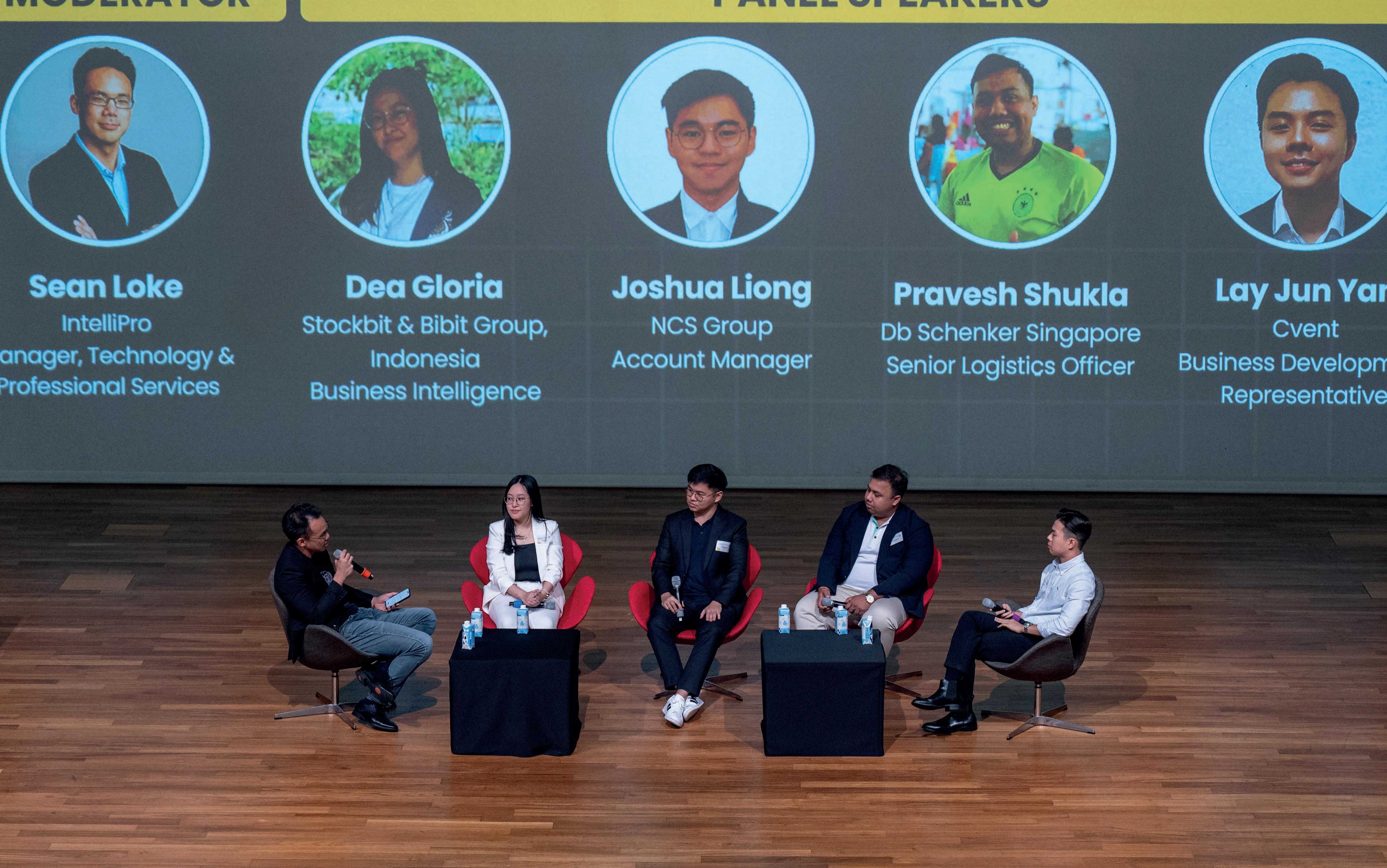
technical expertise, and the ability to adapt in a rapidly evolving environment. With AI now playing a significant role in recruitment processes, including resume screening and predictive hiring analytics, it is important for the candidates to be well-rounded and strategically prepared to set themselves apart.
To stay ahead of the curve, students must focus on enhancing their employability by acquiring industryrelevant skills and showcasing their unique strengths. Personal branding, critical thinking, and proactive approach to learning are vital in setting yourself apart from other applicants.
Career Connect is here to guide you in this journey, ensuring you are well-equipped to navigate the complexities of an AI-influenced job market. Read on to discover how you can boost your employability and stand out as a future-ready graduate!
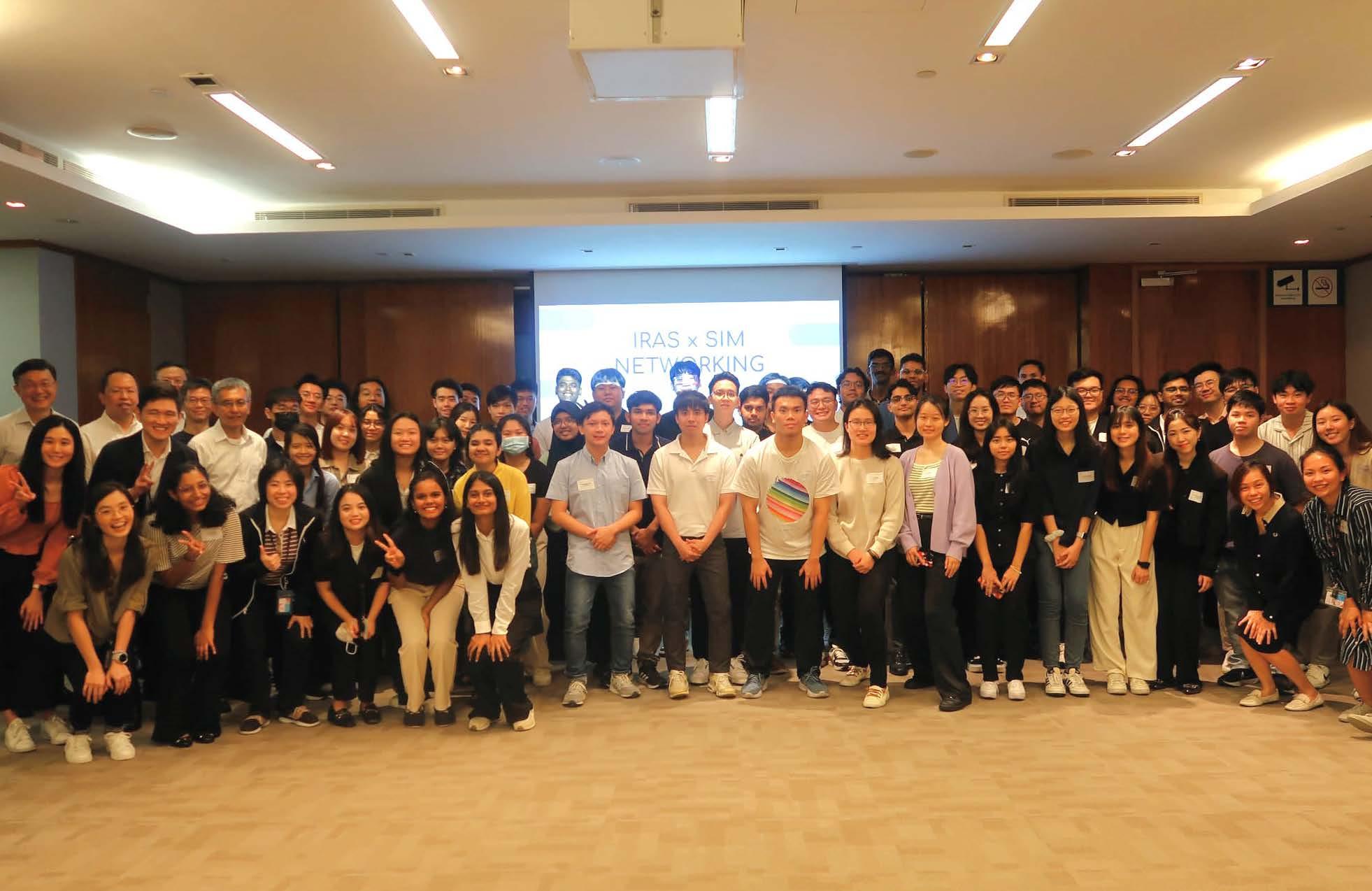

Career Connect is more than just a programme; it is a catalyst for transformation, offering a rich variety of services that foster career growth. From intensive career coaching and personal profiling to diverse workshops and company visits, our offerings are designed to prepare SIM students for the dynamic professional world.
Our seasoned career coaches, drawing from a well of diverse experiences, are here to offer tailored guidance to students through:
• Meticulous refinement of cover letters and resumes.
• Strategic career planning and job search methodologies.
• Insights into evolving industry trends and practices.
• “Career Advisory with Industry Experts” for interactions with industry professionals for role specific queries
Profiling tools such as the Myers-Briggs Type Indicator (MBTI®) are also administered to allow for the self-discovery of students, which aids in their career planning.
Our monthly ‘Hire Me Series’ workshops provide valuable insights and hands-on training in:
Networking skills
Resume writing and interview skills
Personal Branding
Career Planning
Moreover, Career Connect champions personal and professional development with specially curated workshops in areas such as soft skills for the workplace, functional skills like Sales, Digital Marketing, Data Analytics, and signature programmes, The Psychology of Flourishing and The Career Launch Series designed to help students unlock their potential and thrive in all aspects of life. Most, if not all, are offered at accessible rates or free.
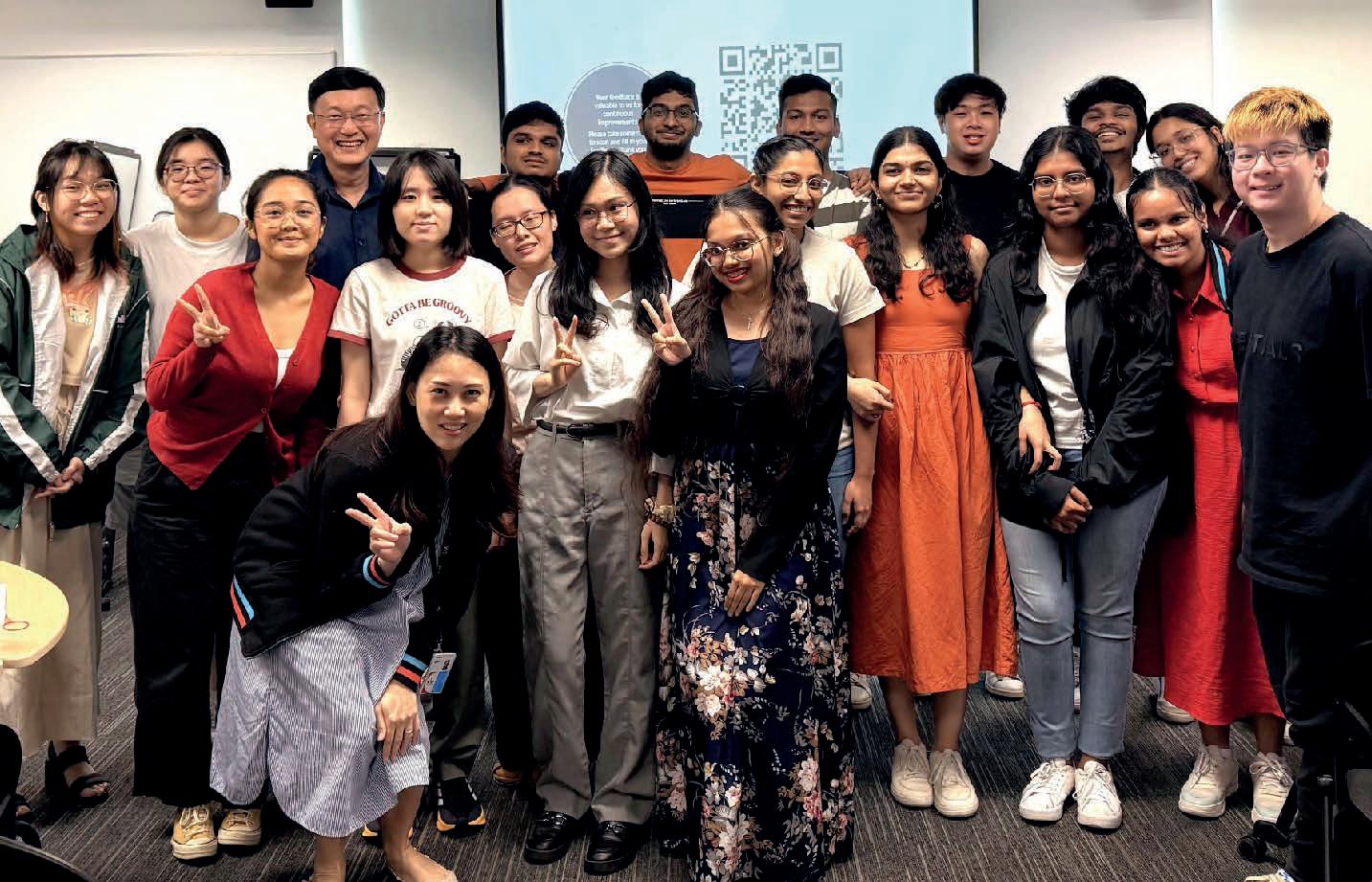
The newly launched CareerSense is a one-stop app that provides SIM learners with resources and tools in their career journey, such as:
• Discover Career Values, Interests, Personality and Skills (VIPS)
• Discover and apply for roles that resonate with your VIPS profile
Discover new skills via course recommendations
Seek support via appointment booking with the career coaches
Digital resource library with a wide range of career tips and self-help platforms available
• Craft your resume with AI Resume Builder
SIM Learners can download the app at http://qrco.de/CareerSense
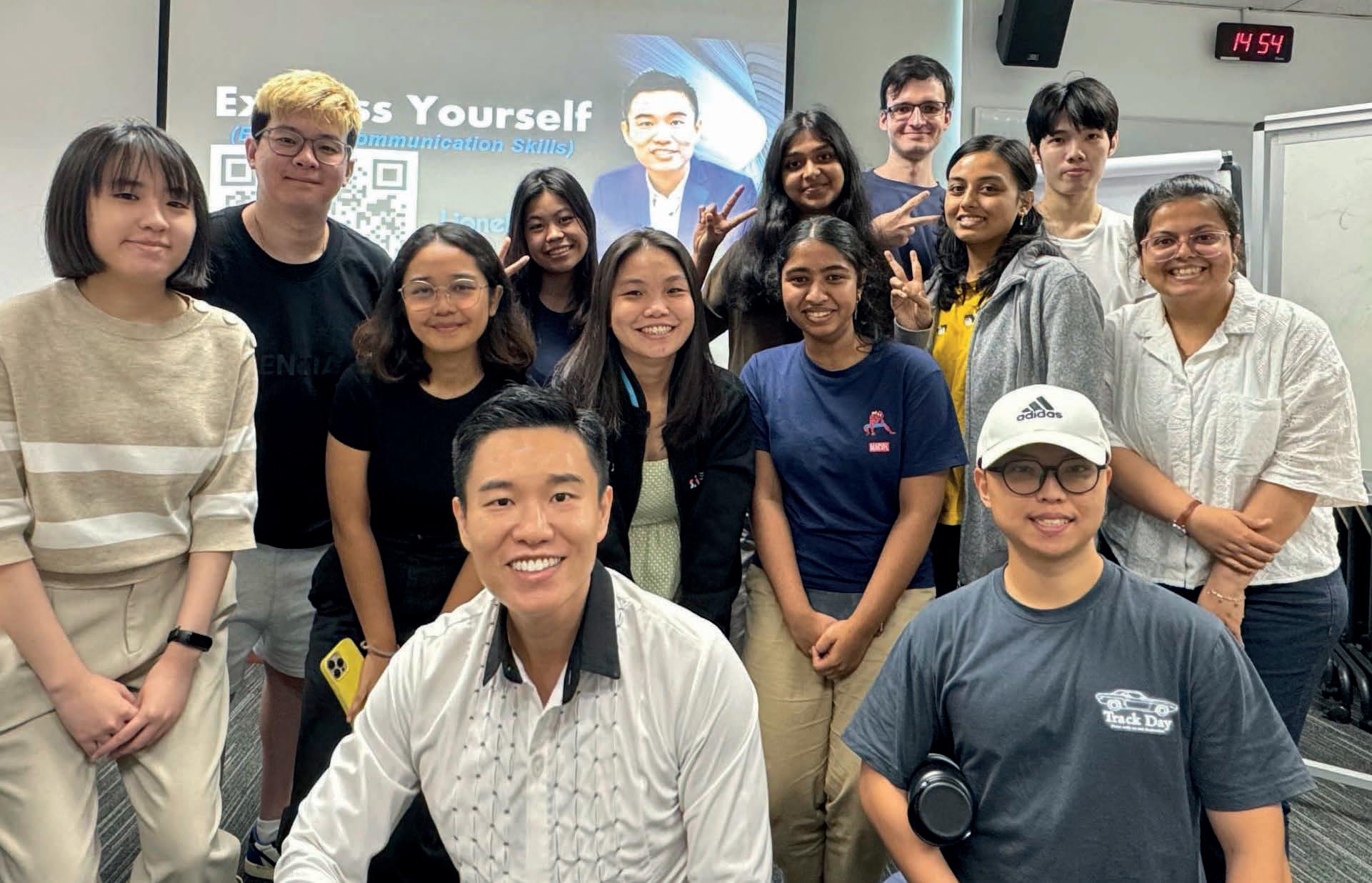

Company visits, such as the tour to Phillip Capital Singapore, offer students invaluable exposure into industry-leading environments and technologies. These visits allow students to witness the practical application of advanced concepts, gain firsthand knowledge of innovative processes, and experience the corporate cultures of prominent industry players. They also provide opportunities to network with professionals, fostering connections that may be beneficial for students’ future career aspirations.
Career Connect organises two major Career & Internship Fairs each year: DREAMS in February and IGNITE in September. These events provide students with opportunities to explore potential employers and gain insights about prospective companies.
EMBARK Virtual Internship Fairs are tailored to help students, particularly international students, to discover opportunities available in various global markets.
At these fairs, students can network with leading companies from diverse industries, including TikTok, DBS, Cognizant, PwC Singapore, JP Morgan and many more!
The idea of entering the corporate world may be daunting for some but this may not be the case for SIM students. Project Protégé is SIM’s 4-month mentorship programme where participants learn from our alumni and industry mentors on achieving their career aspirations, and for the mentors to impart their experiences and knowledge. Participants can also expect to boost their career potential, discover unique strengths, and clarify career goals as they embark on this mentorship program.
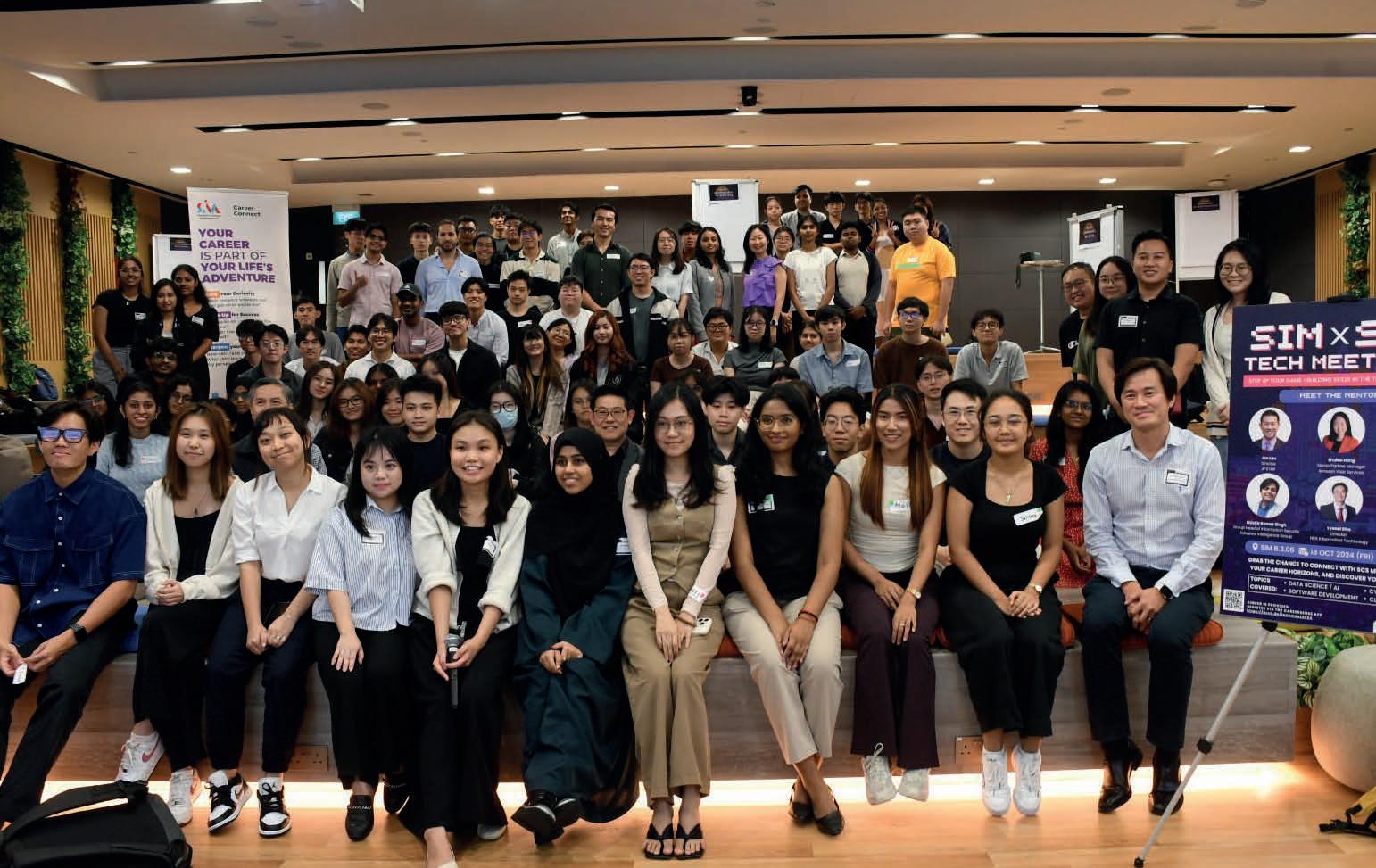
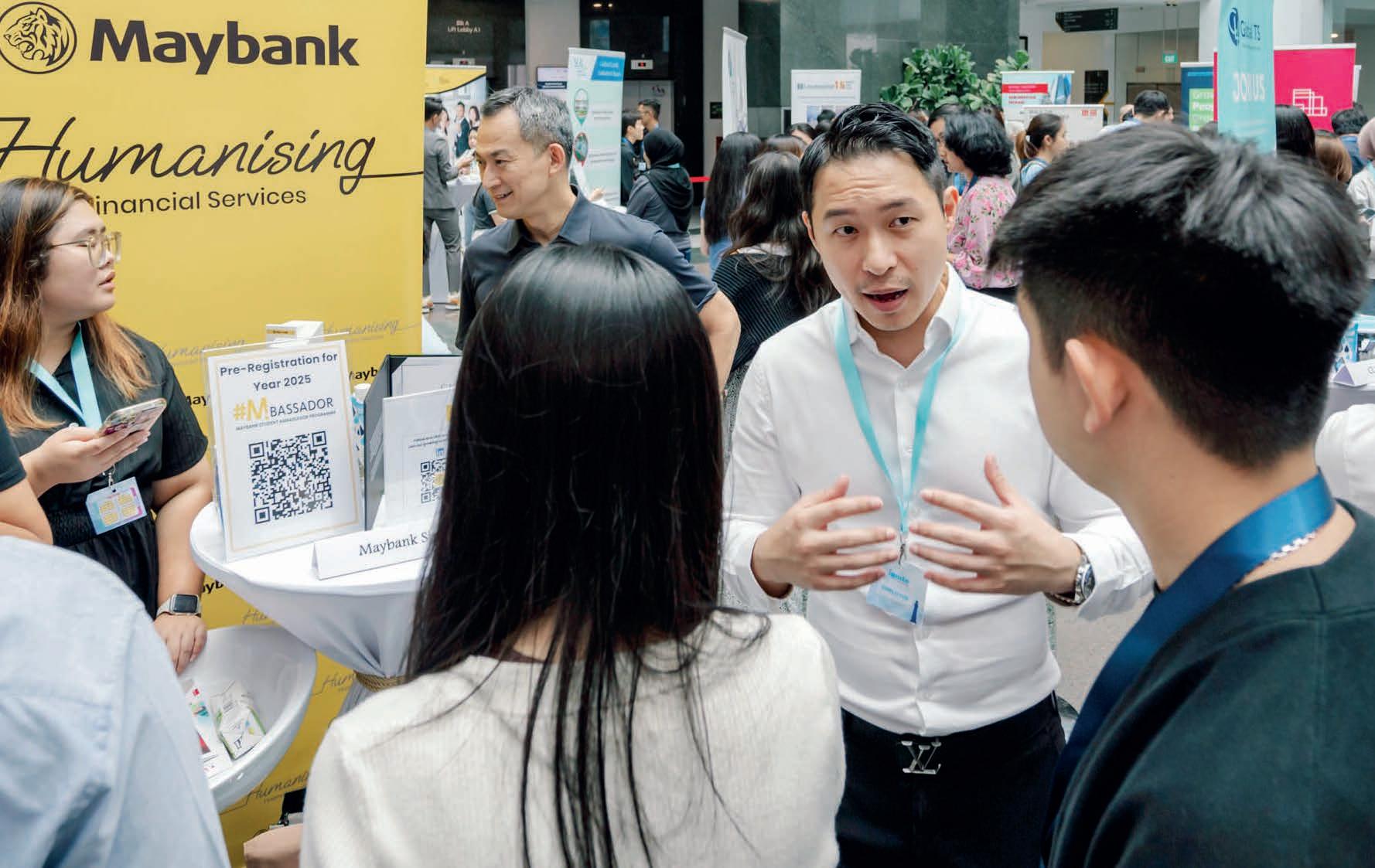



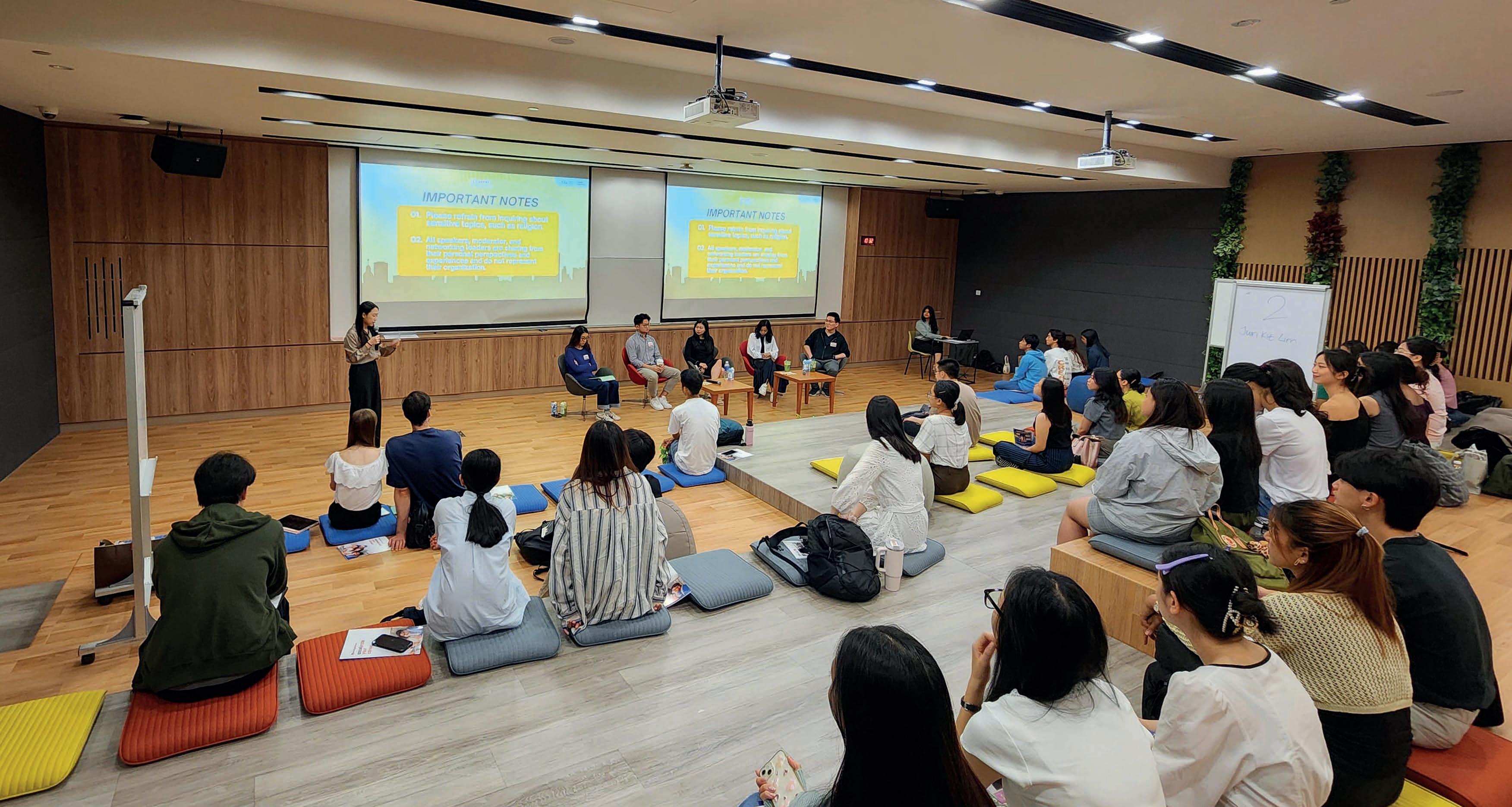
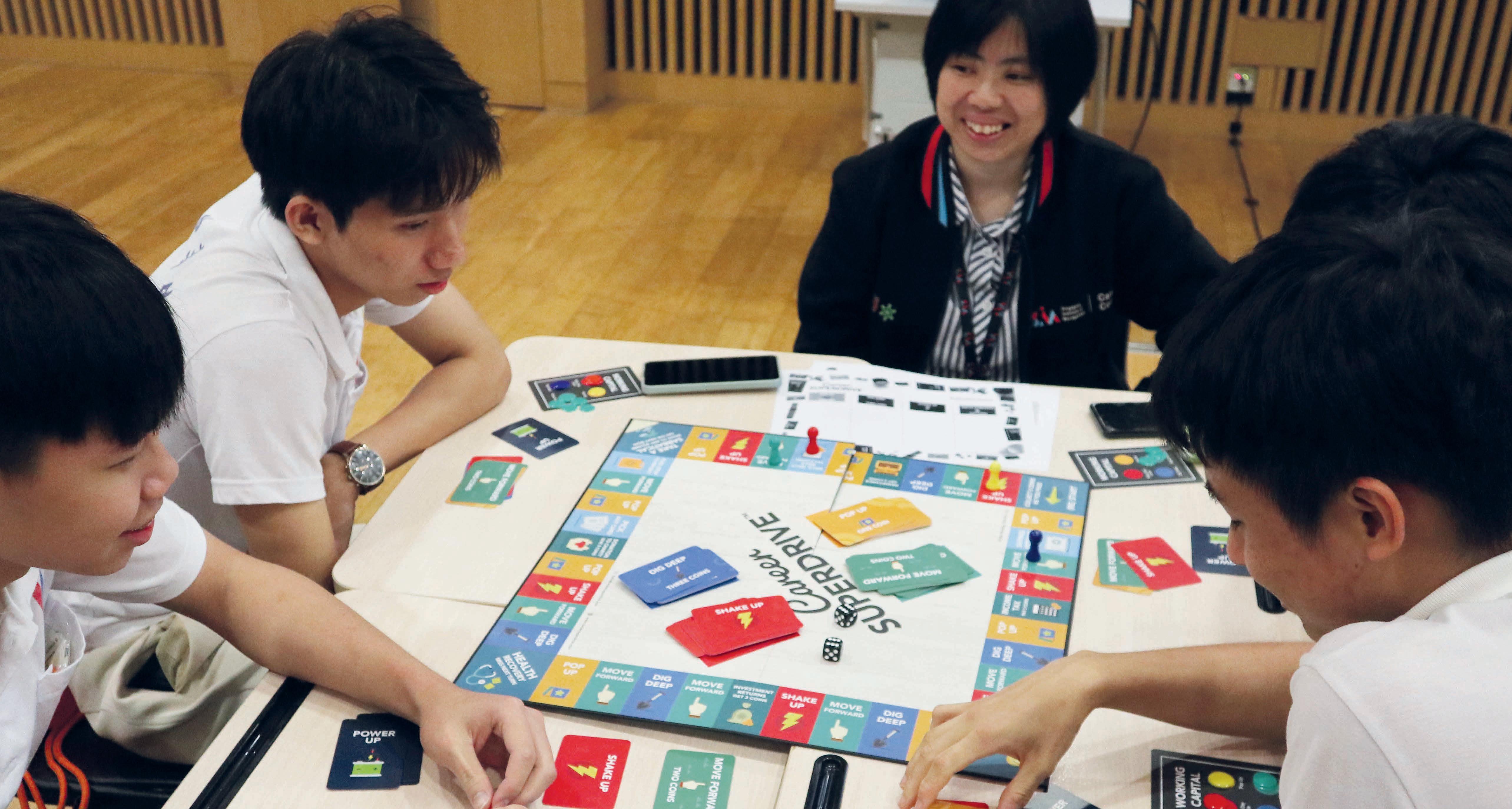

The employability of SIM graduates is a priority for SIM, a message that was clearly brought across to students during the SIM GE Career and Internship Fairs 2024. This event provided valuable opportunities for students to connect with potential employers, explore career paths, and gain insights into the skills and qualifications needed to succeed in their chosen fields.

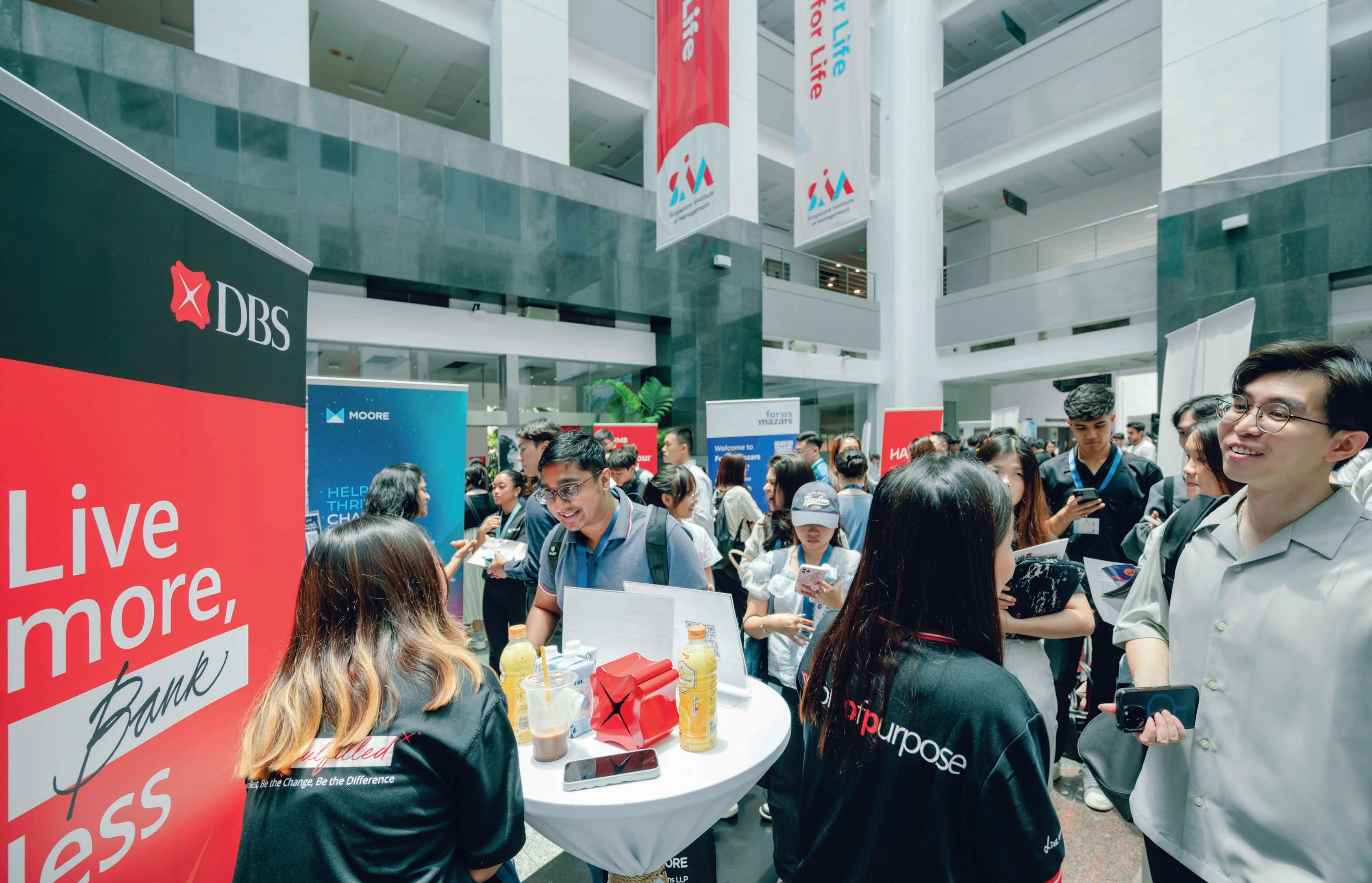
Look out for our annual Career Fairs in February and October!
In today’s AI-driven world, the demand for tech jobs has surged, prompting many students to advocate for more opportunities in the tech field. We expanded beyond the traditional IT sector to embrace a diverse range of industries, from hospitality to finance, media, and more. This endeavour marked a significant milestone as we proudly welcomed government statutory boards, including HDB and IRAS, as well as non-profit organization such as Breast Cancer Foundation.
The DREAMS & IGNITE Career and Internship Fair emerged as the ultimate hub of opportunity, hosting over 50 companies such as PwC, TATA Consultancy, TÜV SÜD, UOB, Cognizant, PhillipCapital and many more on campus. Beyond networking, our attendees actively crafted their career journeys by engaging with company representatives to gain deeper understanding of the company’s values and discovering the roles that aligned with their aspirations.
Overall, career fairs serve as an eye-opening platform for students to network with their potential employers, explore diverse career options, and to forge professional connections before stepping into the working world. IGNITE your Career DREAMS by joining the SIM Career Fairs!

Our experience with SIM was a very insightful one. The Career Fair was exceptionally well-organized, with smooth sign-up processes and impressive attendance. It provided us an excellent opportunity to engage with a diverse range of students from various fields of study, showcasing the institute’s strong academic programs. We had meaningful interactions with talented individuals eager to learn about career opportunities and internship program within our organization. The quality of candidates was high, and other than enthusiasm, the subsequent engagement after the fair was also very promising. Given the success, we are looking forward to participate in the next Career Fair engagement with the organizing team.
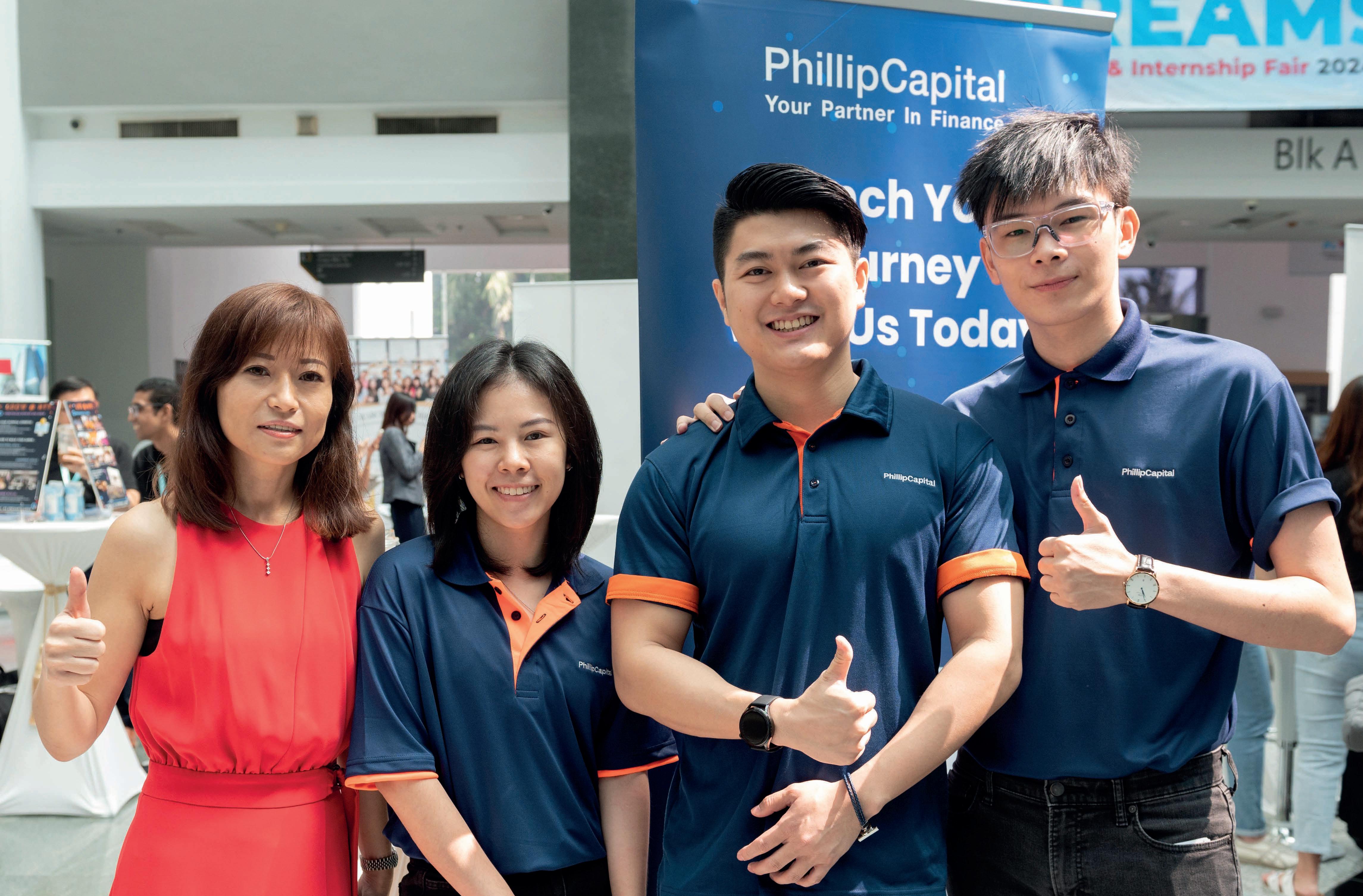
- Jasmine Tay, Business Development Manager, Talent Acquisition (Partnership), PhillipCapital

As an SIM Alumni and IRAS representative at IGNITE 2024, I am proud to share my experience as a working adult and offer a glimpse into my professional life. Together with the IRAS team, we shared about IRAS’ culture, growth opportunities, and jobs in InfoComm, Ops-Tech, Service Delivery, and Compliance and Tax Policy. We were thrilled by the students’ enthusiasm and curiosity.
Engaging with the next generation of SIM students felt like my career had come full circle. I am proud to contribute to SIM and stay connected with its community. Connect with us on LinkedIn for future opportunities!
- Khor Shin Zoe, Manager (Human Capital Attraction), IRAS

The mission of SIM Learner Advisory & Career Centre (Career Connect) is to empower students and alumni to confidently navigate their careers as citizens of a global world. We are committed to support you along the pathway of fulfilling your career aspirations, developing your career competitive edge and building strong industry networks.
Reach out to us at Career Connect office located at SIM HQ, Block B Level 1 (Opposite Food Fest). You may also contact us directly through phone at 6248 0281 or email:
• For Students: careerconnect@sim.edu.sg
• For Alumni: gealumni@sim.edu.sg
• For Employers: employerengage@sim.edu.sg
We create purposeful and engaging career preparation experiences that contribute to the learners’ development and enhance their employability. We aim to allow our learners to develop appropriate careerready skills to best leverage career opportunities. These are achieved through career guidance, profiling sessions, resume reviews and mock interviews. Relevant career preparation workshops are also organized to help students gain a practical understanding and equip them with relevant skills for the working world.
We foster lifelong learning and create enduring connections between SIM and graduates through active engagement with alumni, encouraging alumni to contribute and share their expertise, support and networking, while establishing a lasting bond with the institute and wider community.
We focus on building and deepening strategic partnerships with corporates/enterprises that enhance employability and employment of learners.
We create diverse platforms and opportunities for our industry partners and our learners to interact. These are achieved through networking events, industry panel-sharing, career fairs, career/recruitment talks etc.
We organise and execute surveys to obtain data on graduate employability, Alumni career progress, and employers’ feedback to monitor learner outcomes. We analyse data and present information that will inform the development of strategies for continuous improvement in the learner experience. We also monitor and gather job market intelligence to inform career guidance and advisory to learners and employers.
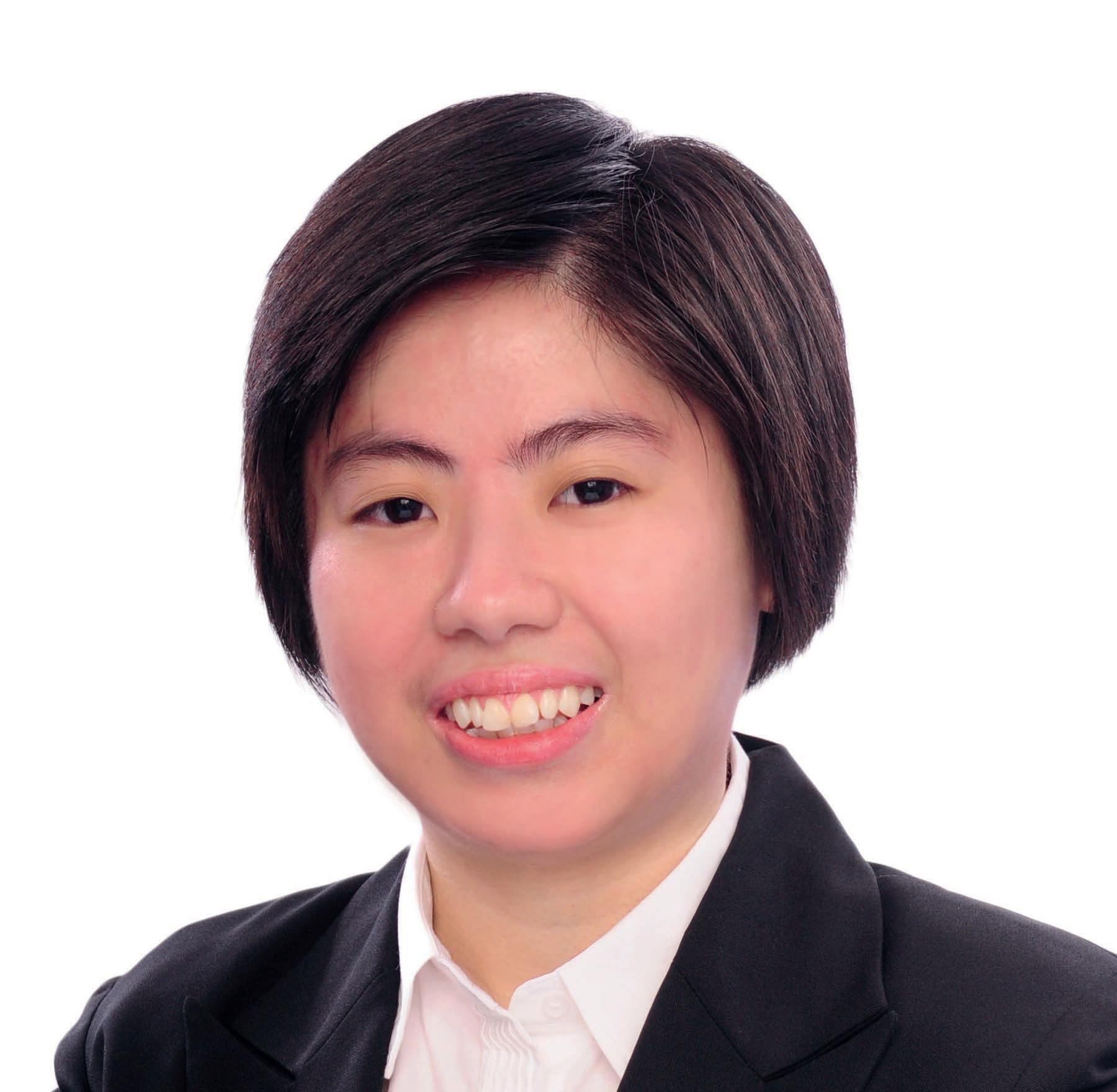

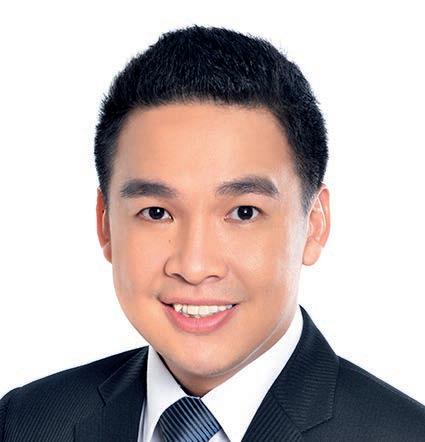
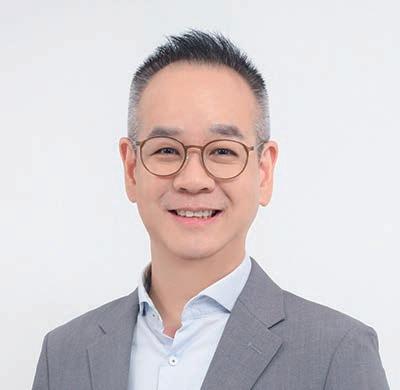





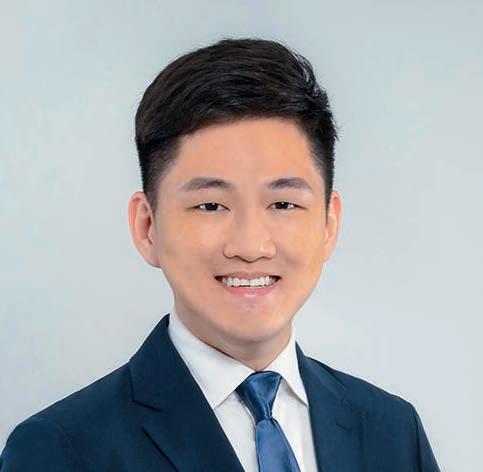
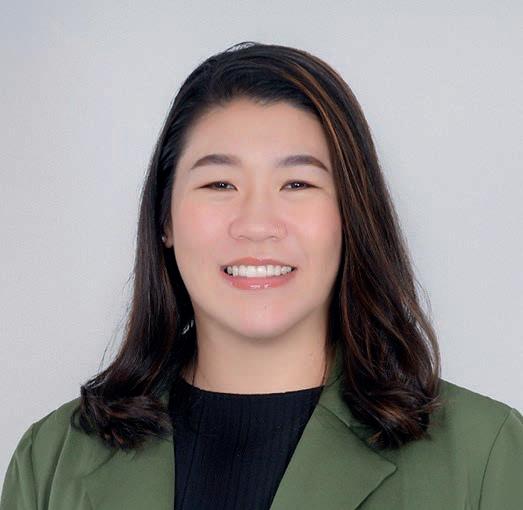



Astructured in-house internship offered by the SIM Learner Advisory & Career Centre; the Talent Development Programme (TDP) has seen more than 300 interns gone through the programme since its launch in 2015.
In TDP, we aspire to empower our interns with skills and competencies vital for the corporate environment through the many projects and initiatives. With a structured development plan comprising of training programmes, networking opportunities and on-the-job trainings, we give them a head start and prepare them for the working world as well as to expand their professional networks. TDP is also a platform for like-minded interns to have a collective experience to learn and grow together.
Essentially, we aspire to create an enriching journey for all interns to learn, discover and hone themselves for the dynamic working world ahead. With the TDP experience, our interns have successfully secured internship and full-time jobs in many prestigious organizations such as Google, J.P. Morgan, TikTok, VISA, NCS, Spotify, L’Oréal, IBM, GetGo, PwC and many more!
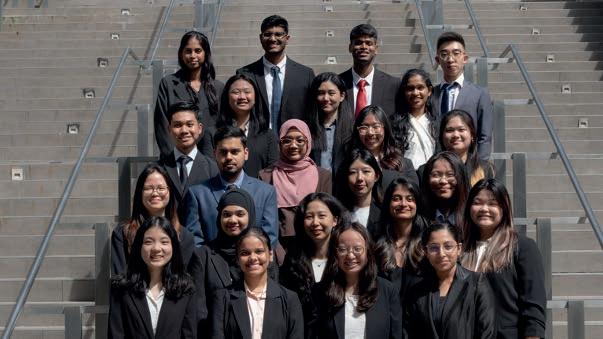
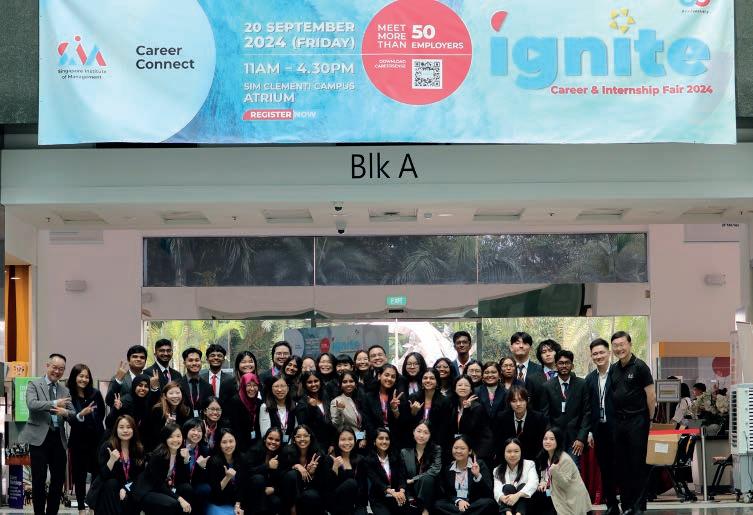
• Recruitment, selection and onboarding of new interns Plan career development and progression of interns
• Carry out marketing and outreach campaigns
• Create marketing collaterals for various career initiatives Management of Career Connect social media platforms
Engage with employers for collaboration and partnerships for training programmes Conduct industry research
• Plan and organise career events
Events/Project taskforces taking up roles such as Project IC or involved in the Marketing/Operations/ Logistics of the event
• Emcee for events and presentation to internal and external stakeholders
• Handling students’ enquiries on Career Connect initiatives
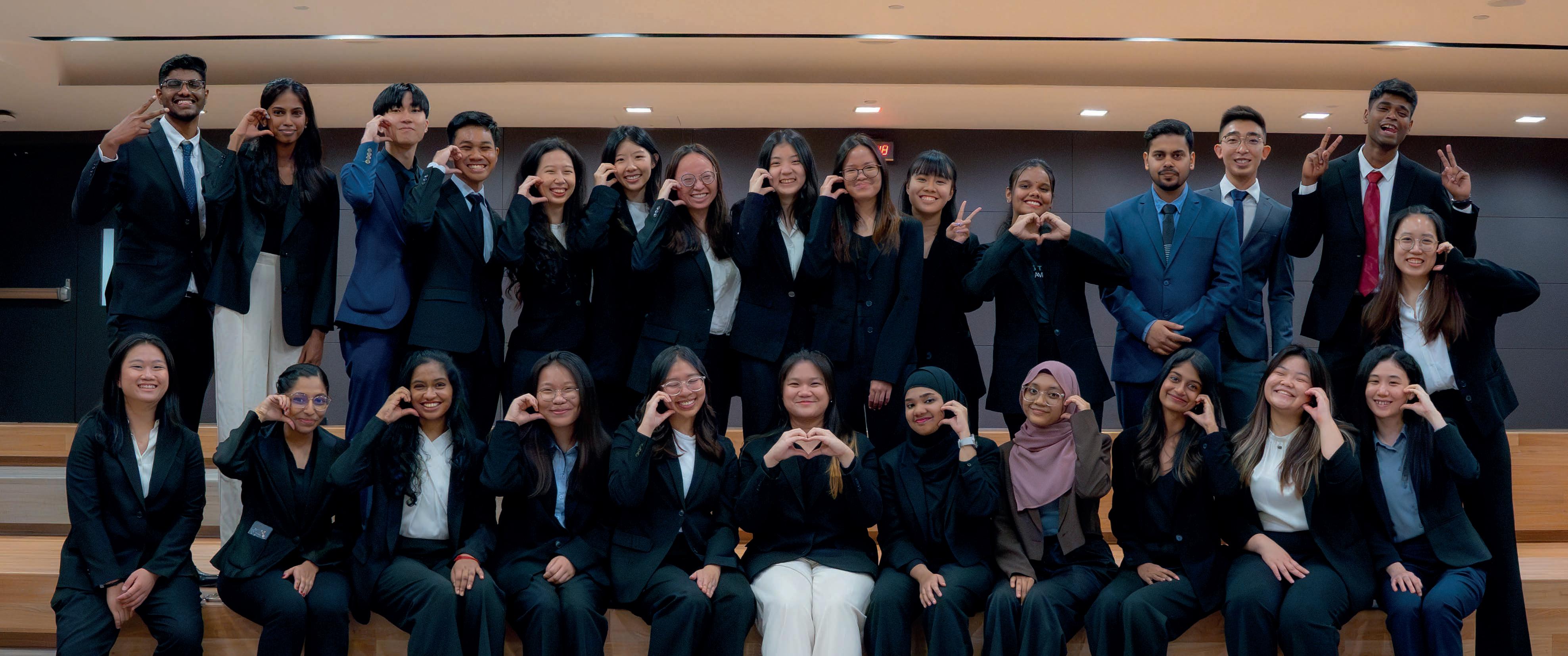




• Trade Executive at ANL Singapore Previous Role in TDP: Deputy Youth Director, Intake 22
• Bachelor of Business (Logistics & Supply Chain Management)
• SIM-RMIT Class of 2024
“My TDP experience was both fun and insightful. It not only provided me valuable insights into the corporate world, but also connected me with like-minded peers, where we supported and motivated each other to achieve our respective goals. Having the opportunity to plan many different events and leading a team allowed me to develop many essential skills including time management, teamwork, leadership, and communication, all of which have shaped me to adapt well in the corporate world.
Joining TDP enhanced my resume and equipped me with interview skills that I believe played a key role in securing my current job. For students aiming to develop workplace-relevant skills, TDP is an excellent stepping stone as they provide many resources and help you to connect with many like-minded peers as well. My advice to future participants is to be proactive to take initiative, seize the opportunities provided, make the most of the programme.”
• Advertising Audit Specialist at TikTok Previous Role in TDP: Cluster Leader, Intake 20
• Bachelor of Science in Business and Management
• SIM-UOL Class of 2023
“During my time in TDP, I gained invaluable skills and insights that have been crucial in my current role as an Advertising Audit Specialist at TikTok. Without prior internship experience, TDP provided a welcoming environment where I felt comfortable learning and asking questions. Managing multiple projects at TDP taught me effective multitasking and adaptability— skills I now rely on to keep up with frequent policy updates and apply new knowledge swiftly across various projects.
Being part of the team that organised career fairs and company talks gave me early access to key information about participating companies. It allowed me to strategically select the most relevant booths and sessions. A fun fact: I actually met my future boss during a company talk I discovered through TDP, which significantly influenced my career path and exposed me to roles I hadn’t previously considered.
Lastly, TDP is a fantastic stepping stone for SIM students, offering both personal and career growth. I highly recommend that SIM students join this programme, actively engage in its events, focus on building genuine connections, and seeking out mentors. These experiences can profoundly impact your career in unexpected ways and provide a strong foundation for professional growth.”
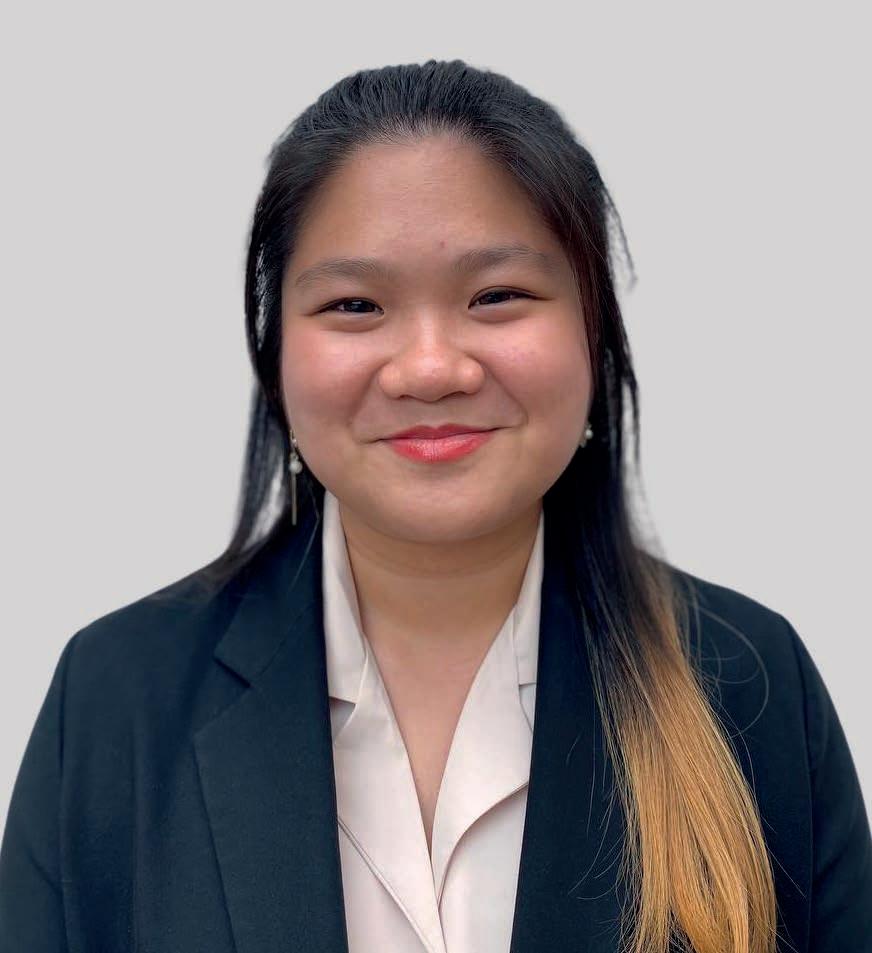
Cybersecurity Specialist at Atet Security
• Previous Role in TDP: Cluster Leader, Intake 23
• Bachelor of Computer Science (Cyber Security)
• SIM-UOW Class of 2024
“My experience with TDP was incredibly rewarding. Reflecting on who I was before joining, I can clearly see how much I have grown both personally and professionally. TDP offered me with numerous opportunities for self-discovery and pushed me to step out of my comfort zone, enabling me to navigate my career journey with greater confidence.
Throughout my time as an intern, I worked alongside with like-minded peers to organise career-related events, which not only deepened my understanding of the professional world but also strengthened my teamwork and communication skills. The guidance I received throughout the programme was invaluable in shaping my approach to both career development and personal growth. If you are looking to build a strong network and gain real-world experience, TDP is an excellent place for you.
My advice to future interns is to embrace every opportunity and make the most of it! The skills and experiences you gain will be invaluable as you progress in your career.”

• Internal Audit, Data Analytics Apprentice at FairPrice Group
• Previous Role in TDP: Youth Director, Intake 23
Bachelor of Science in Data Science and Business Analytics
• SIM-UOL Class of 2024
“My time in the Talent Development Programme (TDP) was an invaluable experience. Leading a team of 23 interns in the Business Development cluster taught me essential skills such as project management, problem-solving, and effective communication. These transferable skills not only strengthened my confidence but also prepared me for the dynamic demands of the modern workplace.
TDP equipped me with the ability to think critically and adapt swiftly to new challenges, a crucial asset in today’s fast-paced environment, especially post-COVID world. The programme’s workshops, guidance, and collaborative opportunities played a key role in securing my current position as a Data Analytics Apprentice.
I highly recommend TDP to SIM students as it fosters both personal and professional growth. My advice: dive into the programme with an open mind and embrace every challenge—it will shape you for the better.”
Astudent-led body under SIM Learner Advisory & Career Centre, Career Champs aims to serve the career needs of international students in SIM.
Career Champs actively plans and organises events such as career fairs, career forums, virtual internship fairs and workshops to equip international students with the relevant skills and facilitate their career transition, as well as serve as a platform for international students to contribute to the student community.
Design EDMs for events and recruitment of Taskforce and executive committees
• Publicise events and information to various social media platforms
• Create presentation deck for onboarding session
• Create marketing strategies and timelines Communicate and co-ordinate with other stakeholders within SIM community
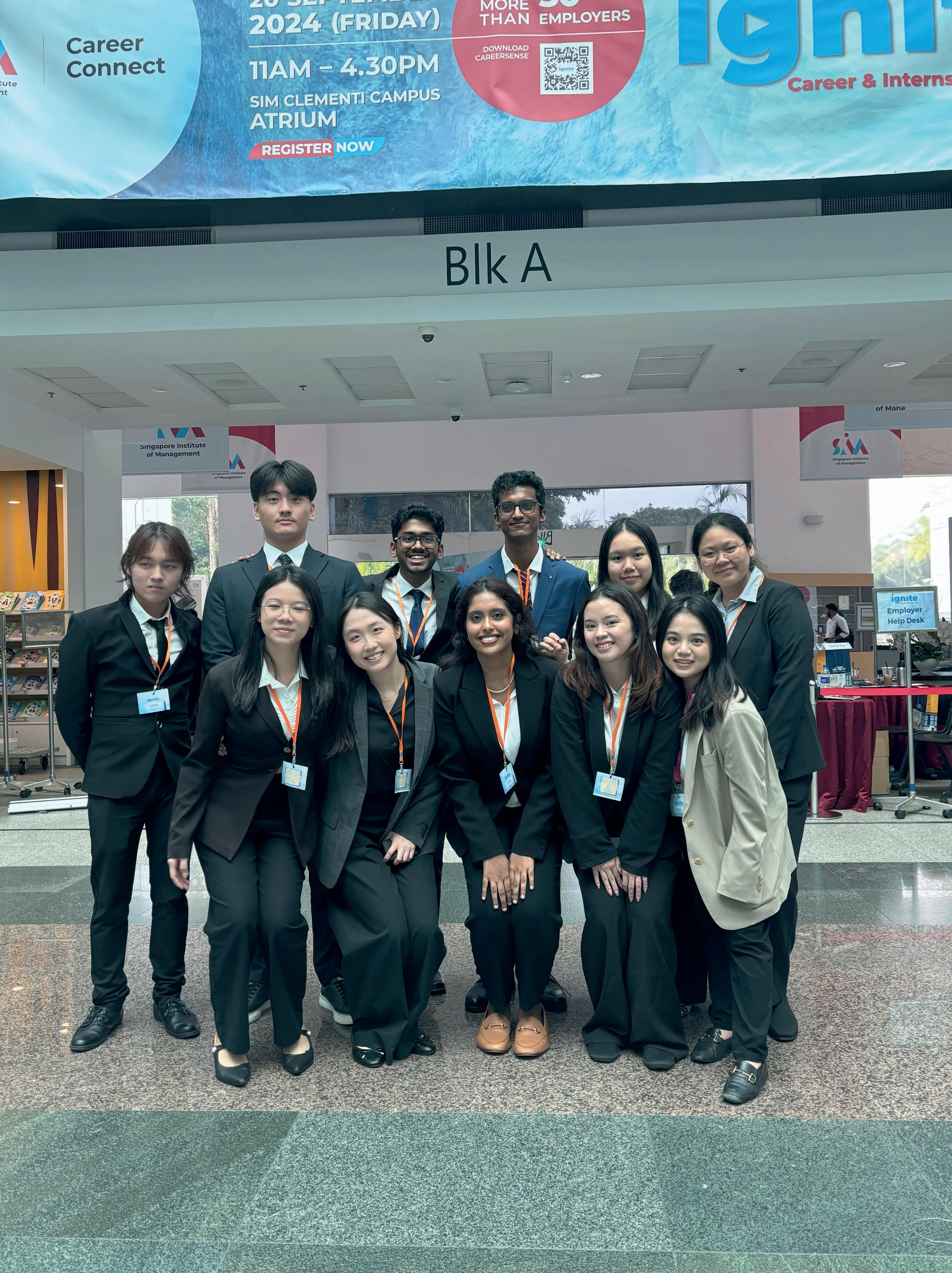
Initiate and propose new events conducted by Career Champs
• Plan and prepare event overview and rundown Acquire events logistics
• Conduct After Action Reviews
Recruit new talented executive committees and taskforce
• Plan and execute onboarding session Compile meeting minutes report Prepare event rosters
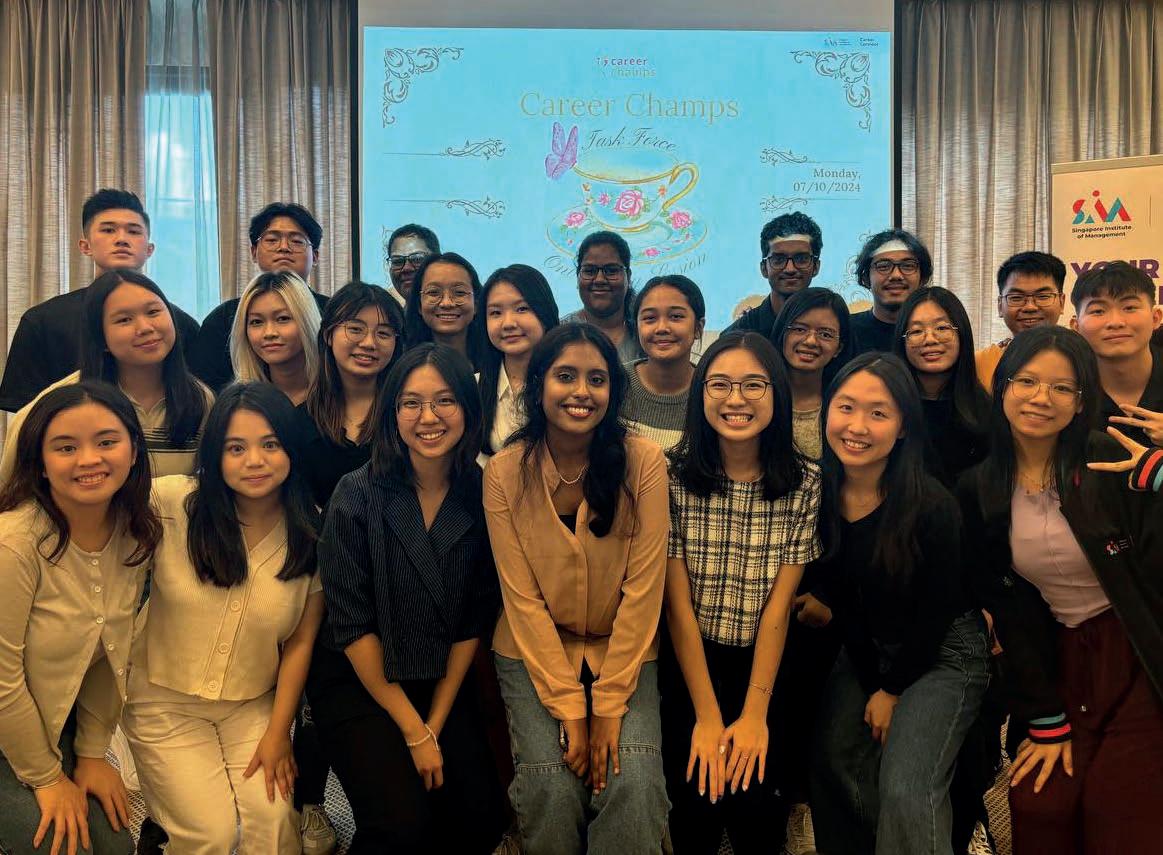
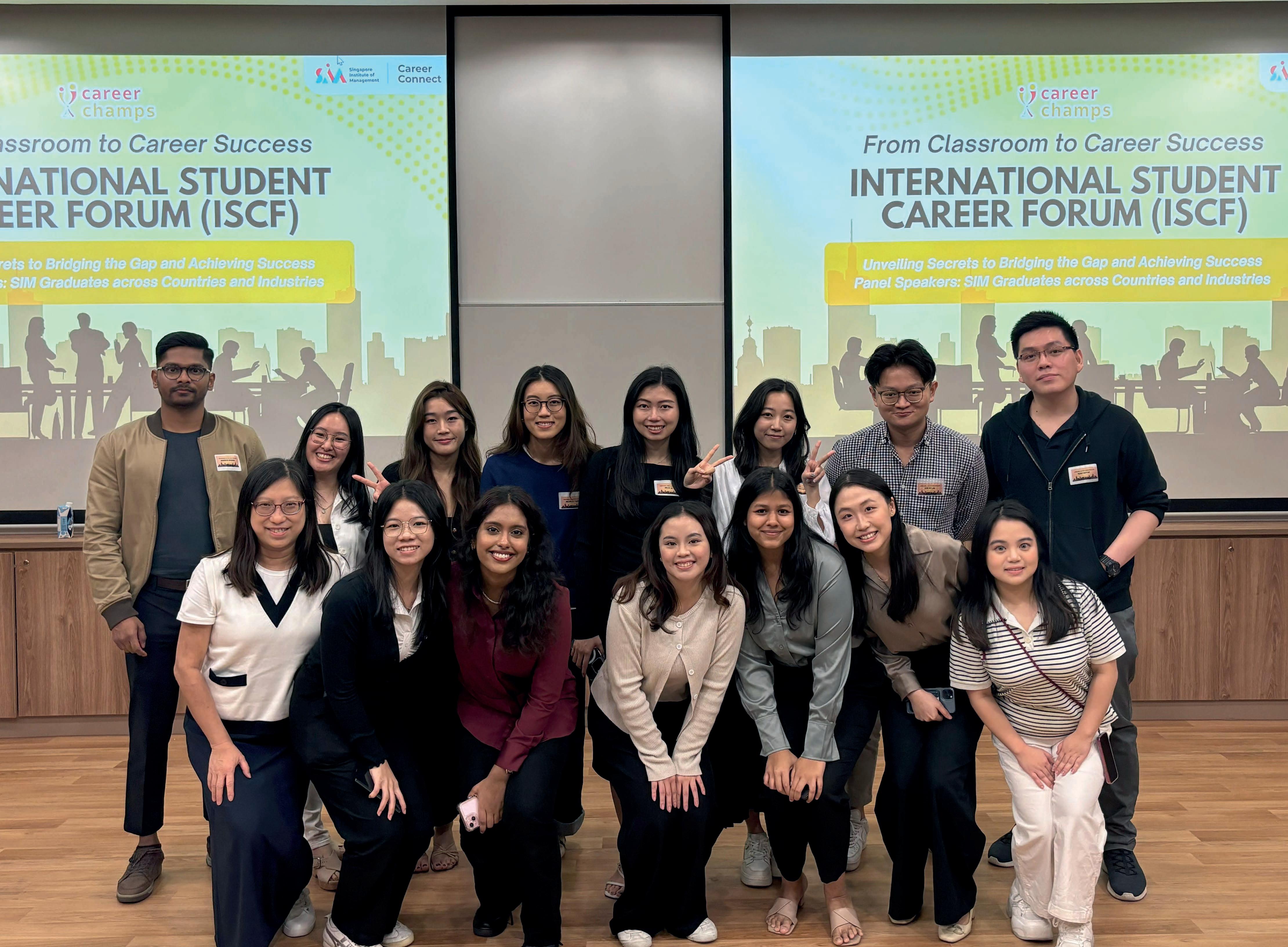

Bachelor of Science in Data Science & Business Analytics
• SIM-UOL Class of 2024
• Previous Role in Career Champs: President
The past year with Career Champs has been both enjoyable and fulfilling. I had the privilege of collaborating with international students, and together, we organised various career-focused events, including career fairs, forums, and workshops.
Our shared commitment to self-improvement brought us together and inspired us to step beyond our comfort zones. Working with such a diverse and motivated group was a rewarding experience, as we combined our unique perspectives and backgrounds to create impactful event ideas for our peers.
One of the standout moment of this journey was hosting a one-day virtual internship fair, which attracted over 50 attendees and featured participation from seven companies across Malaysia and Indonesia.
Throughout the journey, I have developed strong organisational, communication, and leadership skills. I have learned the importance of teamwork and the power of collective effort in achieving common goals. Moreover, these activities have reinforced my commitment to continuous learning and personal growth.
I am grateful for the opportunities and experiences I have gained at Career Champs. They have not only enhanced my professional skills but also enriched my personal development. I look forward to applying the skills and insights I’ve gained to future endeavors.

Bachelor of Science in Management and Digital Innovation
• SIM-UOL Class of 2024
• Previous Role in Career Champs: Director of Marketing & Communications
• Marketing Assistant, Prime Wellness Pte Ltd
This role has provided me with invaluable handson experience in marketing, content creation, and design, significantly enhancing my skills in these areas. I also had the opportunity to collaborate closely with team members and challenge my leadership skills by managing subcommittees, ensuring the successful achievement of our objectives.
This role has significantly enhanced my communication skills in both team settings and professional environments, boosting my confidence in public speaking and ideasharing—areas I once found challenging but now approach with ease. Additionally, I was given the opportunity to assist and host SIM’s annual DREAMS and IGNITE Career Fairs, which enabled me to connect with professionals and gain insights from industry experts.
My experience with Career Champs has been valuable and rewarding, offering unique opportunities for my personal and professional growth. For international students seeking to develop new skills and gain realworld professional experience, I highly encourage you to join Career Champs!
“Mentoring is a brain to pick, an ear to listen, and a push in the right direction.” – John Crosby
Project Protégé is a four-month mentorship programme aimed at providing SIM students an opportunity to learn from SIM Alumni and industry professionals from diverse backgrounds.
Mentees are given a platform from which they can enhance their personal development and be one step closer to achieving their career aspirations while Mentors in the programme would also have the chance to share their insights into the industry, provide career advice and job search strategies, as well as give back to the SIM student community.
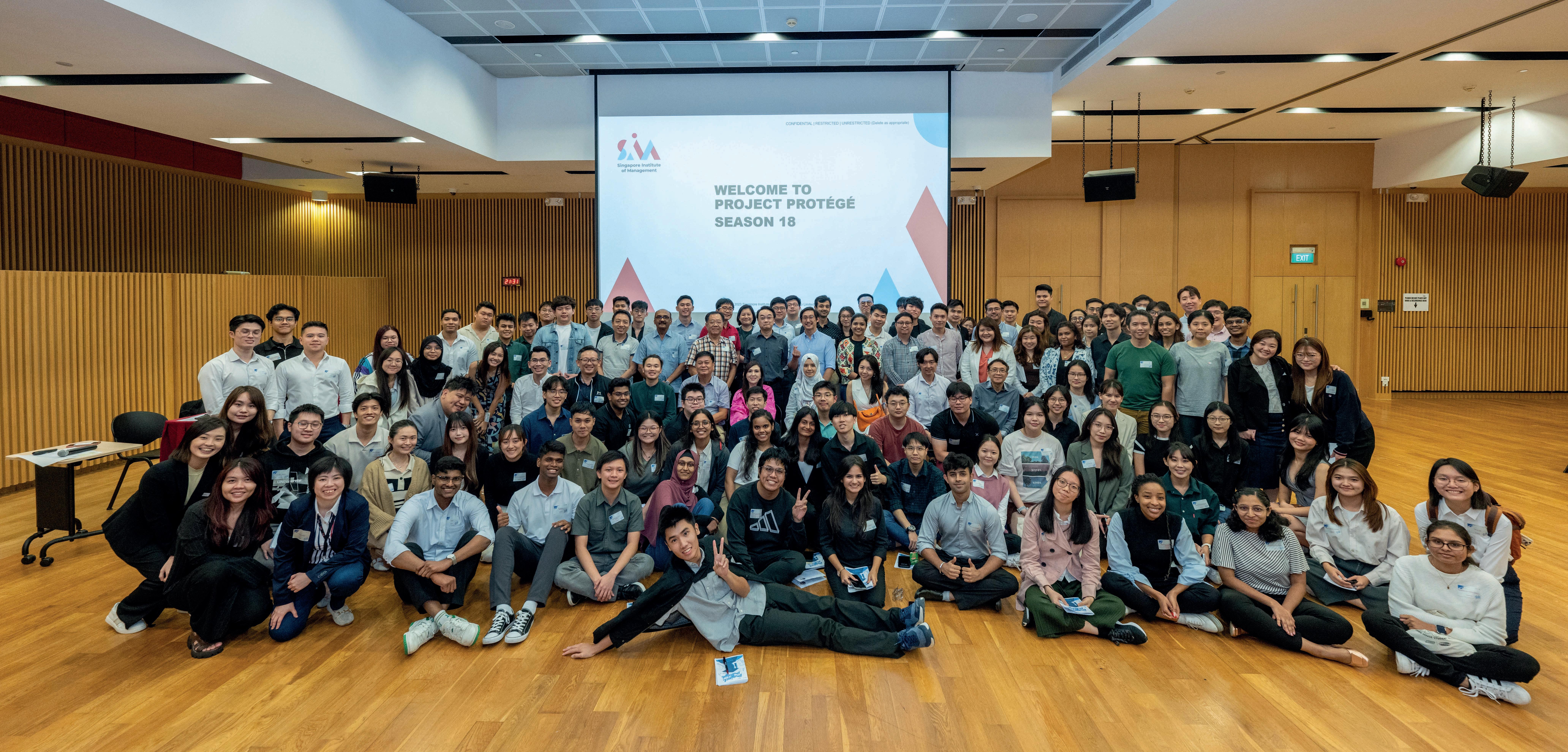

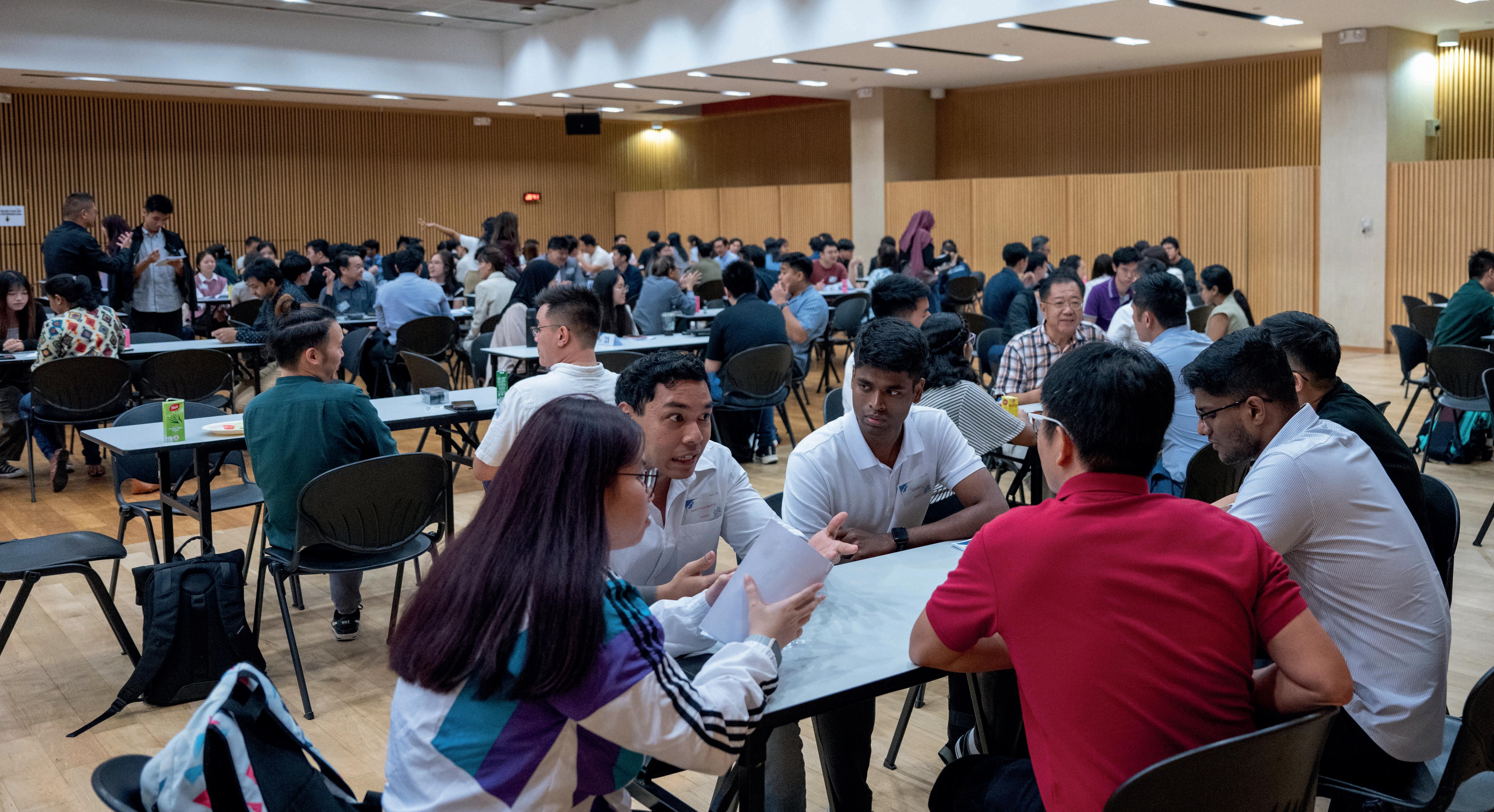
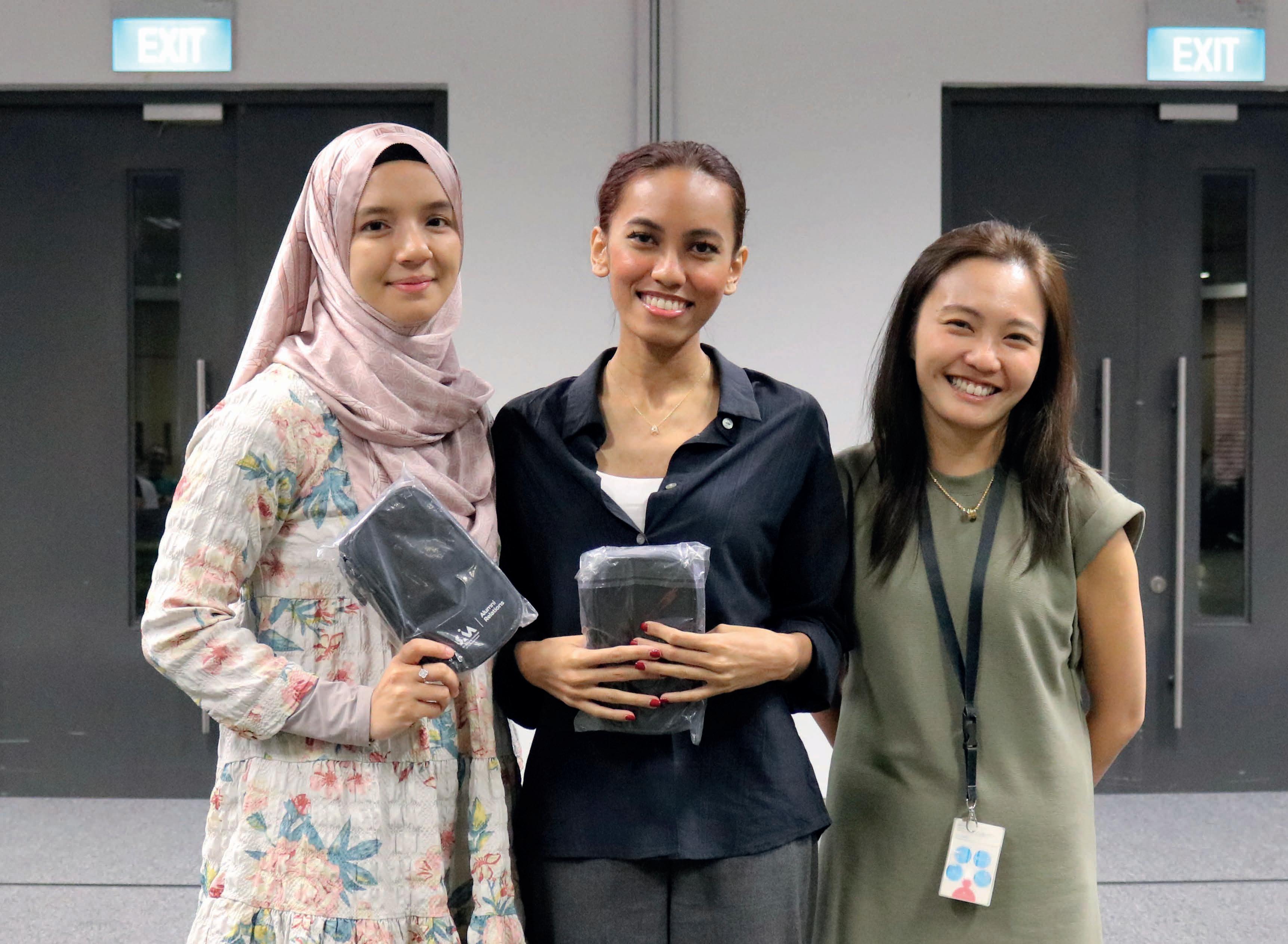
Mentor: Shafikah Bajrai (left)
• Manager, Workforce Strategy & Transformation
• PwC South East Asia Consulting
My journey as a mentor with Project Protégé began with my own experience as one of its pioneer mentees, where the guidance and support I received from mentors, lecturers, and seniors at SIM greatly shaped my academic path, confidence, and personal growth. Motivated to give back, I became a mentor, knowing I could provide the same encouragement and insights to students beginning their journeys.
Mentoring two dedicated mentees, Jireh and Aqilah, was incredibly rewarding. They were dedicated, balancing internships and exams while fully embracing the mentorship. Witnessing their growth highlighted the value of a supportive environment where students can thrive.
If you’re considering joining Project Protégé, don’t hesitate! As alumni, the lessons we’ve learned navigating university, internships, and early careers are invaluable to those following in our footsteps.
Mentee: Nur’ Aqilah Binte Saffa’l (centre)
• Bachelor of Art (Psychology and Sociology)
• SIM – University at Buffalo
As my student life was coming to an end, I felt the pressure to figure out my next steps – especially in choosing a career path and preparing for the job search. Joining Project Protégé provided the guidance I needed during this critical transition. My mentor, Shafikah, played a key role in easing my move from student to professional life. She helped me refine my resume, practice interviews, and gave me invaluable insights into the consulting industry, which I’m eager to explore. Her insider perspective offered a depth of understanding I couldn’t gain on my own. For that, I’m especially thankful.
Mentorship offers a unique way to explore different industries and career paths, especially for those still undecided. While internships offer hands-on experience, learning from someone who has walked this path brings insights that can guide you through the discovery process. Even if you’re uncertain about your future, having a mentor can make a meaningful difference in your career exploration.
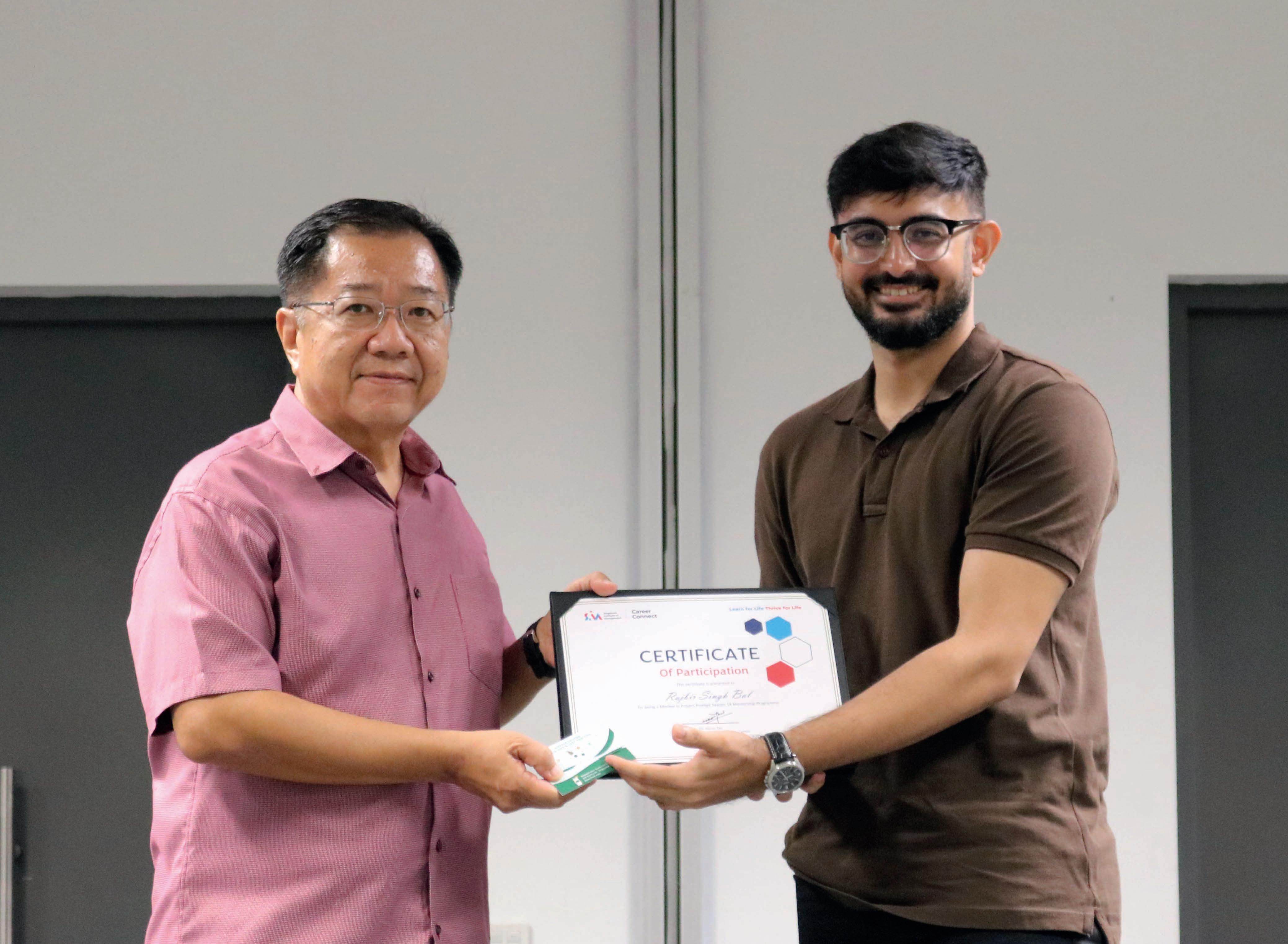
Mentor: TP Tay (left)
• Independent Consultant
My participation in the programme was simply out of my personal intention to give back to the community especially in the HR functional area. I also saw it as a chance to gain knowledge and learn from “reverse mentoring”.
I had an enjoyable engagement and experience with my mentee, Raj. He was curious in asking many questions relating to the workplace as he was preparing himself for his job interviews. Raj was very eager to learn, his questions made the whole mentoring experience more engaging.
I strongly encourage SIM alumni to participate in this wonderful programme as it not only gives you an opportunity to share your knowledge and skills, it also allows you to engage and help to build future talent. The experience is mutually beneficial and enriching for both mentors and mentees.
Mentee: Rajbir Singh Bal (right)
• Bachelor of Art (Psychology)
• SIM - University at Buffalo
I joined Project Protégé to gain insights into my areas of interest – HR, Strategy, and Consulting – as I approached graduation. The mentorship provided a valuable opportunity to learn directly from an industry expert. My mentor, Mr. TP, offered tailored career guidance and insights into current industry trends.
With Mr TP’s guidance, I secured an internship at Rakuten Asia in an HR Process role, where I could apply my learning in a real-world setting. Recently, I was also offered a full-time role at KPMG in a position I’m excited about upon my graduation.
For students considering this programme, I would emphasise that Project Protégé offers more than just mentorship - it provides practical support and industry exposure that accelerates growth and helps you achieve your career goals.
The 360° Development Programme is specially curated to offer a well-rounded experience to student leaders and keen learners to be careerready and exemplary representatives of SIM.
It focuses on enhancing both personal and professional development, helping students with important skills covering mindset, heartset and skillset in preparation to enter the workforce and be the ‘preferred employee’ for organisations. In addition to fostering a spirit of excellence, students build confidence, communication skills, good character
and a well-rounded personality that gives them an edge over their competition.
Participants undergo a range of compulsory career development workshops to build knowledge, connect with professionals in the marketplace and exposure through networking as well as dedicated career coaches provide guidance on career preparation and planning.
Hear from some of our 2024 360° Ambassadors on how the programme benefitted them and where they are now.

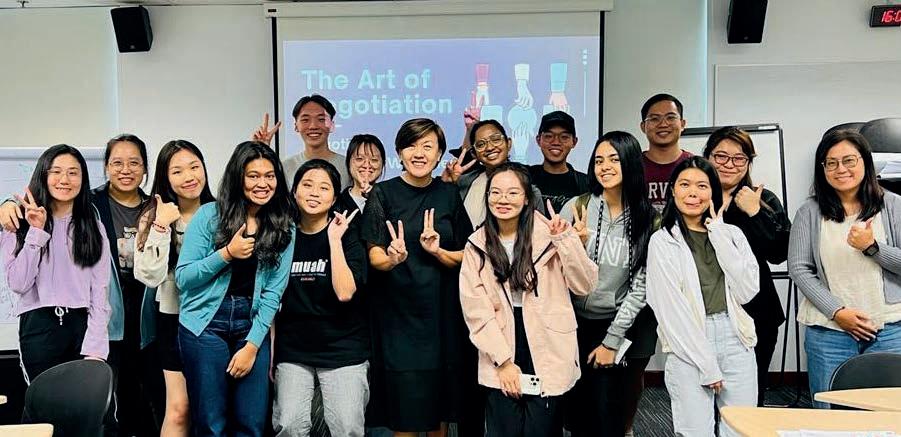
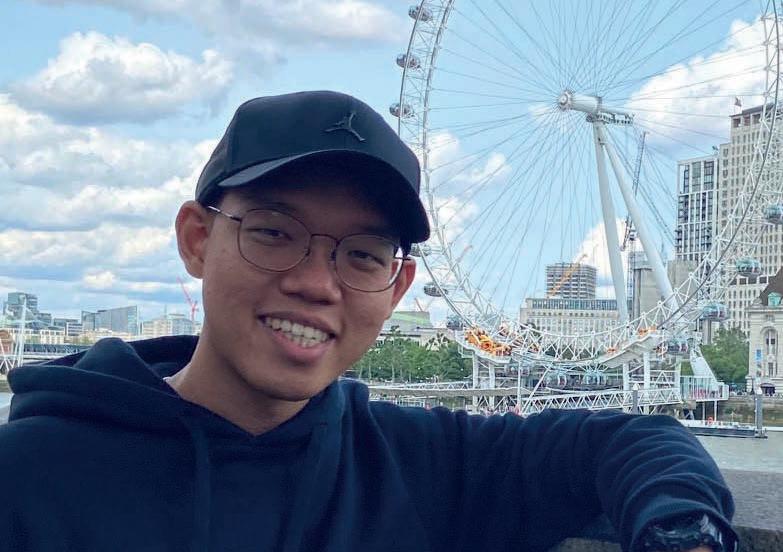
Bachelor of Science – Economics and Finance, SIM – University of London
• SIM-UOL 2023 LSE Summer School - Scholarship Recipient
• SIM Economics Society (SIMES) - Vice President
• Student Learning Centre (SLC) - Peer Assisted Learning Leader
Current role: Consulting Intern at Mercer Malaysia
1. My role and involvement in my CCA/ club/ society
Participating in CCA has greatly enriched my university experience. Upon the reopening of campus after pandemic, I joined SIMES as a Subcommittee Member and took on the role of Peer Assisted Leader at SLC. My active involvement in these activities led to my promotion to Vice President of SIMES. I was also honored to receive a scholarship from SIM and UOL to attend the Summer School at London School of Economics (LSE). In my final year, I further enriched my development by participating in 360 Degree Development Programme. These opportunities have been integral in shaping my university journey.
2. How has the programme benefit and better equip me for the working world
Beyond classroom-acquired hard skills, soft skills are crucial in today’s job market. This programme provides an invaluable opportunity for building these essential competencies. Through workshops by professional speakers, I enhanced my strategic thinking, communication, and problem-solving abilities. Sharing sessions with industry practitioners offered valuable insights and opportunities to network with like-minded peers. This programme effectively bridges the gap between university and the workplace, equipping students with the skills needed for a smooth transition into the professional world.
3. Tips to be an all-rounded student leader
As an economics and finance graduate, I resonate deeply with Warren Buffett’s wisdom: “The best investment you can make is in yourself.” Pursue courses and workshops that spark your interest, embrace opportunities to step outside your comfort zone and commit to lifelong learning. It is the cornerstone of both personal and professional growth.

Bachelor of Science – Business Management, SIM – University of Birmingham
• Student Ambassador - President
• International Affairs Society - General Secretary
• UoB Student Council - Head of Admin Department
• Peer Mentors – Member
Current role: Bancassurance Specialist at UOB Singapore
1. My role and involvement in my CCA/ club/ society
Over the course of my three years at SIM, I had the opportunity of participating in a range of CCA. In 2023, I served as President of the Student Ambassadors, a role where I was tasked with organising events for our active SA community members. This leadership position provided me with valuable insights into our members’ needs and enabled me to foster meaningful networking and bonding opportunities within our close-knit community. Additionally, we represented SIM at various outreach events, including SIM Open House, Education Fair, and other similar activities.
2. How has the programme benefit and better equip me for the working world
This programme offered a unique experience, as opportunities for students to connect with professionals in their desired industries are often limited. I had the privilege of meeting with mentors on a monthly basis, sharing my work with them, and receiving invaluable feedback and recommendations. Their guidance helped me feel more equipped as I transitioned into the workforce right after graduation. Additionally, my involvement in other CCAs provided experience in both teamwork and leadership, boosting my confidence in handling similar situations in the workplace.
3. Tips to be an all-rounded student leader
I encourage students to explore beyond the classroom during their university years. It’s an ideal time to discover new interests and skills you’d like to pursue.

Bachelor of Science – Business and Management, SIM – University of London
• SIM Eco-SIM - President
• SIM Writers’ Society - Director of Operations
• International Student Buddy
Current role: Westport Partners - Recruitment Consultant
1. My role and involvement in my CCA/ club/ society
As a first-year student at SIM, I was excited to explore the diverse clubs and societies available. I started by joining subcommittees in clubs that aligned with my interests. Gradually, I stepped into leadership roles, including serving as Director of Marketing & Creatives and later President of Eco-SIM. I also held the role of Director of Operations at the SIM Writers’ Society and supported peers as an International Student Buddy. These experiences broadened my perspective, enhanced my leadership skills, and helped me connect with peers from various backgrounds, fostering both personal and professional growth.
2. How has the programme benefit and better equip me for the working world
What I valued most about the 360 Degree Programme was its emphasis on fostering a diverse skill set. Workshops led by professionals and industry experts helped me enhance critical thinking, decision-making, and technical skills such as Google Analytics. The programme also provided a unique opportunity to connect with students from other universities within SIM. Additionally, the guidance from Career Connect’s career coaches was invaluable in preparing for my job search. Overall, the experience enhanced my professional readiness and helped me gain a deeper understanding of my strengths and areas for improvement.
3. Tips to be an all-rounded student leader
My advice is to approach university life with an open mind and seize every opportunity. University is the ideal time to explore different areas and discover your interests. While it may sound cliché, your experience is truly shaped by what you make of it. Be proactive in seeking opportunities that foster both personal and professional growth. Reach out to seniors and club members to learn about their work and see if it resonates with your aspirations. Get involved—join clubs, connect with people, take on leadership roles, and engage actively both within and beyond your university community!

Bachelor of Business (Management), SIM – RMIT University
• SIM Female Soccer - Member
• SIM Eco-SIM - Member
• Talent Development Programme - Cluster Leader
Current role: Li & Fung – Graduate Programme Trainee
1. My role and involvement in my CCA/ club/ society
As a Cluster Leader in the TDP at the SIM Career Connect, I played a key role in bridging the gap between students and potential employers. My responsibilities included engaging with various companies to establish partnerships and organising career fairs within schools to offer students valuable networking opportunities. Additionally, I conducted in-depth research on different industries to identify critical skills and emerging trends, ensuring that students were well-prepared to meet the demands of the evolving job market.
2. How has the programme benefit and better equip me for the working world
The 360 Degree Programme has been pivotal in equipping me for the professional world. Its thoughtfully designed courses offered profound insights into self-awareness, helping me identify my strengths, weaknesses, and future aspirations. This understanding allowed me to make wellinformed decisions when applying for jobs, ensuring alignment with my career objectives. Furthermore, topics such as public speaking were invaluable in boosting my confidence, a skill that remains instrumental in my current role. The programme’s holistic approach provided me with essential tools and fostered a growth-oriented mindset, enabling me to navigate the workplace with confidence and adaptability.
3. Tips to be an all-rounded student leader
I encourage others to step out of their comfort zones and embrace new experiences, such as joining school programmes or attending company visits. These opportunities provide insights into the professional world, helping you understand industry expectations and trends. With this knowledge, you can better align your efforts with your goals. Additionally, strong time management is essential for prioritising meaningful activities. By managing your time wisely, you can boost productivity and ensure your efforts contribute to personal and professional growth.
Launched in 2017, the SIM EDGE Award is a prestigious award developed in partnership with employers, to recognise your cumulative achievements in your learning journey.
Through your journey at SIM, we aim to provide a conducive and supportive environment by creating many opportunities to foster: Core attributes of resourcefulness, resilience and responsibility;
• Deep professional competencies in your chosen disciplines and equip you with the ability to continue learning throughout your lives; and Corporate-readiness by being confident leaders in your own right, being good team-players, taking the initiative to solve problems, and being able to communicate effectively across all levels.
While working towards the award, you will get the opportunity to demonstrate your learning experiences and skills to potential employers via:
1. University Involvement
2. Community Engagement
3. Work/Voluntary Experience
4. Global Awareness
5. Additional Skills
While this opportunity is open only to final year undergraduate students, you should start building your portfolio from Day 1 on campus in order to consolidate your best experiences.
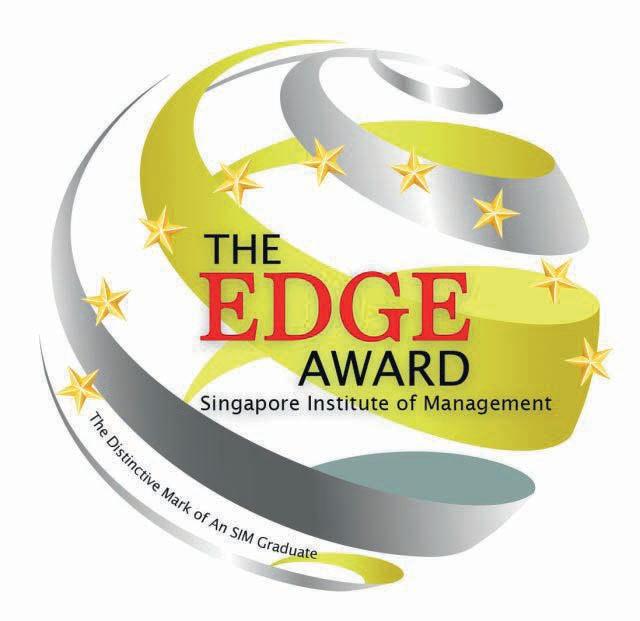
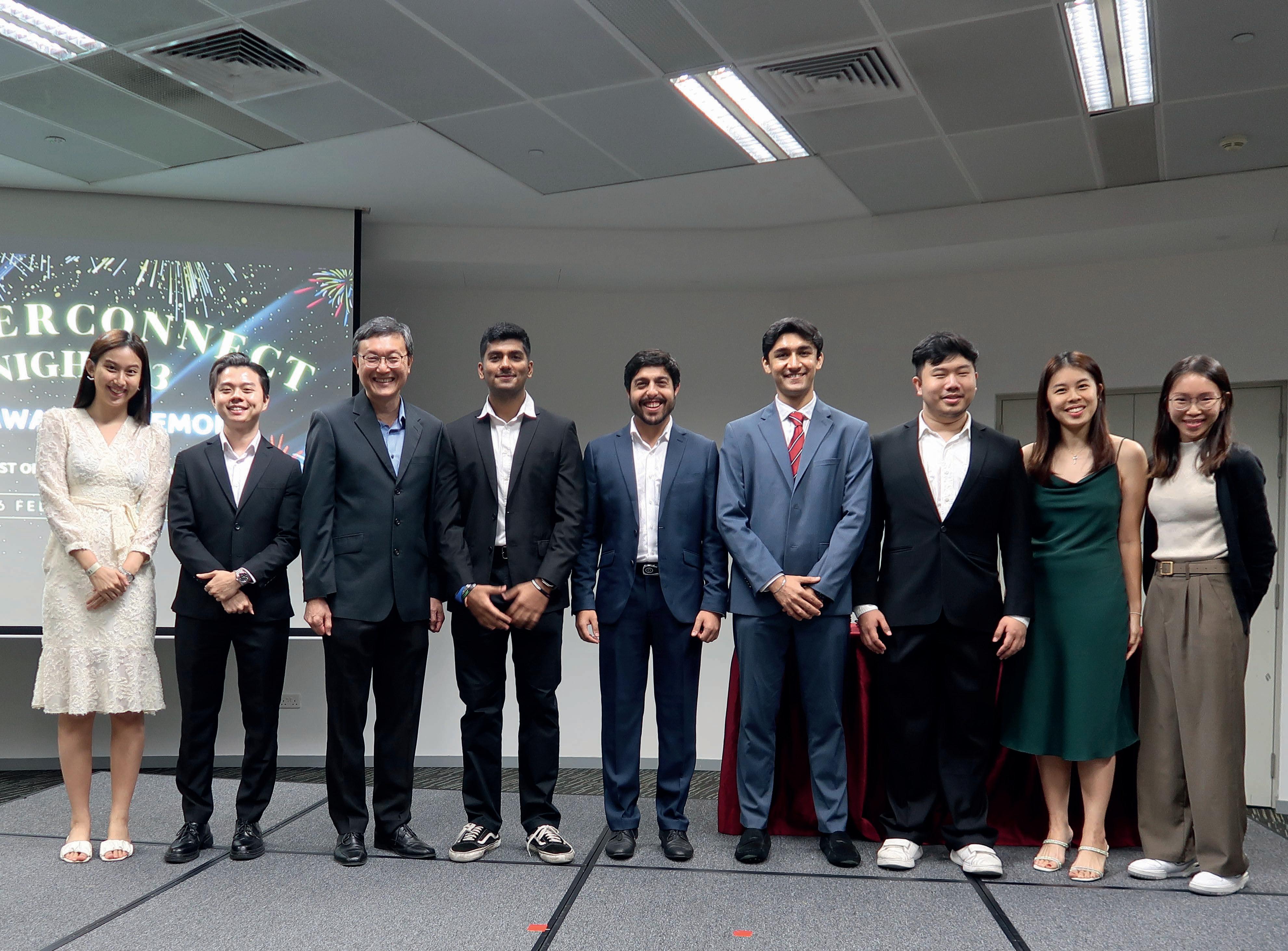
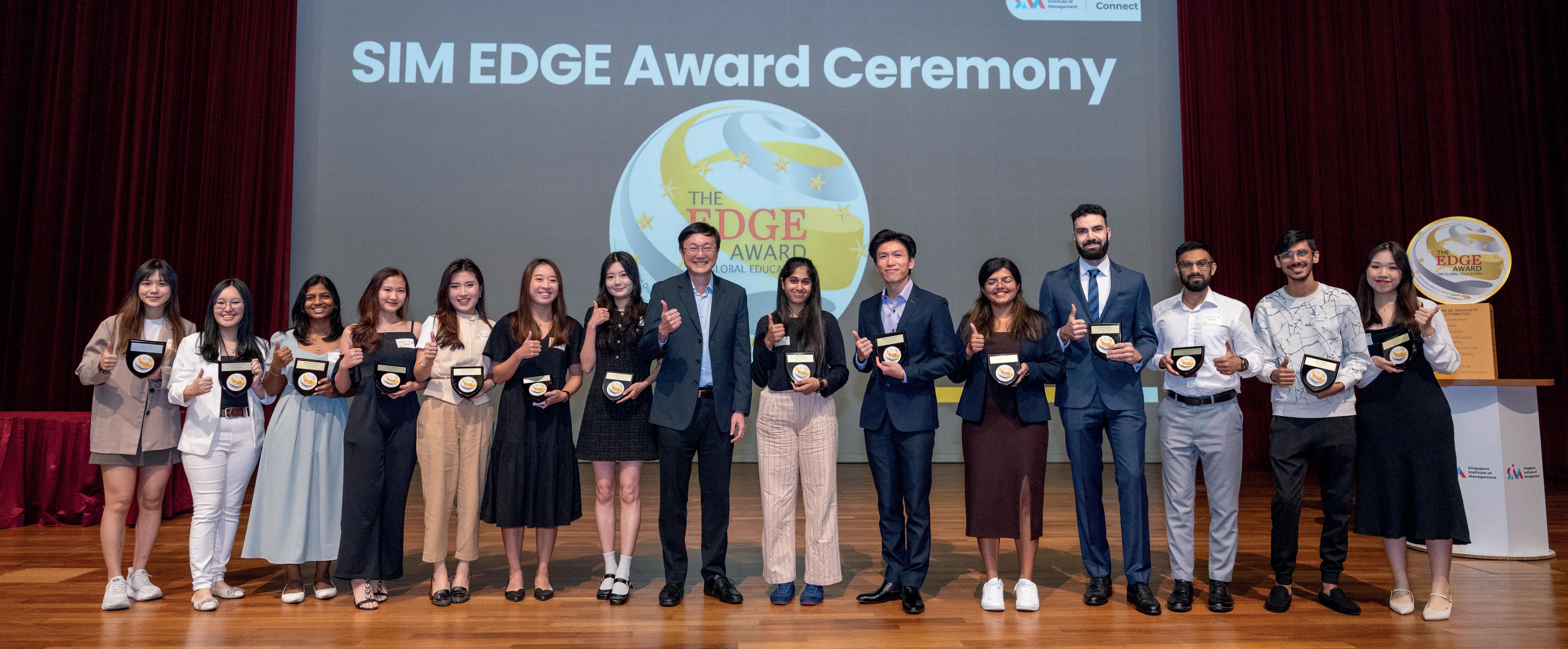

Patricia was an active member of Toastmasters Club, where she developed her public speaking skills, and a member of Lions Club Stellar, where she engaged in fundraising and charity initiatives. Patricia participated in SMU XO Japan Consulting Project as a student exchange consultant for Sunshine Property Japan. Currently, she is pursuing internship in Pan Pacific Singapore as Business Development Intern and a brand ambassador for the Hong Kong Tourism Board, promoting its cultural and economic opportunities.
1. Your motivation in applying for the Award
The SIM EDGE Award is a prestigious milestone that pushes me to pursue my best potential. During my time at SIM, I’ve engaged deeply, serving as an assistant lecturer for Economics and Business Information Systems, and as an event developer under AIESEC. As a public speaker with Toastmasters, I’ve grown in communication, and receiving an SIM scholarship has fuelled my commitment to contribute and learn even more. These experiences have prepared me to apply for this award with pride and purpose.
2. One quality that you feel made you stand out from the rest of the applicants
Confidence, strong public speaking skills, and a thirst for learning are qualities that set me apart. I’m grateful for where I am today but remain ambitious and committed to growing. I never limit myself to just one area of focus; instead, I explore broadly, taking on challenges while staying dedicated to my goals. This open-minded yet focused approach allows me to grow continuously and bring value to everything I do.
3. How do you think this Award is able to give you a competitive edge?
Earning the SIM EDGE Award would be an outstanding addition to my portfolio, enhancing my competitive edge in every professional arena—from job applications and portfolio presentations to networking and public speaking engagements. This recognition shows my dedication and achievements, giving me credibility and helping me make a lasting impression. The award will be a symbol of my commitment and a tangible asset in my future career.
4. My Advice
To students considering applying: don’t be afraid to try. It’s never too late, and the application process itself is a journey of self-discovery. Taking this leap can reveal new strengths and help you grow beyond your expectations. Embrace the challenge, stay authentic, and use the opportunity to push your limits. You won’t regret the experience.

Hui Shi was a former Director of Welfare in Malaysia Community (McSIM), where she also actively participated as a performer in the McSIM Lion Dance troupe and the 24-Festive Drum ensemble. In addition, she was a committed member of DanceArt, contributed as a sub-committee member of the SIM Young Entrepreneur Network (SIMYEN), and took on roles as an Event Emcee and Student Ambassador and excelling in multiple leadership and extracurricular roles.
1. Your motivation in applying for the Award
I was inspired to apply for this award after learning about it from my senior, as it recognises my hard work and dedication at SIM. Throughout my studies, I have pursued academic excellence while actively contributing to campus life. As a leader in MCSIM and Student Ambassador, I organised events and initiated programmes to enhance student engagement. Furthermore, I participated in volunteer work supporting community initiatives aligned with SIM’s values. This award marks a significant milestone, honouring my personal efforts and the collaborative contributions I’ve contributed during my time at SIM.
2. One quality that you feel made you stand out from the rest of the applicants
My self-confidence sets me apart, allowing me to embrace challenges and push myself both academically and personally. This trait has enabled me to take on leadership roles, contribute to group discussions, and express ideas clearly while being open to feedback. Moreover, my confidence inspires those around me, creating a cooperative and encouraging environment. I believe this quality has been instrumental in shaping my university experience, helping me achieve personal milestones and leaving a positive impact on the people I’ve worked with.
3. How do you think this Award is able to give you a competitive edge?
By recognising my commitment to academic success and active involvement in extracurricular activities, which are consistent with the EDGE Awards’ fundamental qualities of resourcefulness, resilience, and responsibility. Receiving this award will provide me a competitive advantage, highlight my commitment, enhancing my appeal to potential employers or graduate programmes. I believe it will also strengthen my confidence, affirming that my efforts are valued, which motivates me to continue striving for excellence and pursuing growth in all future endeavours.
4. My Advice
My advice for students is to focus on building self-confidence, which is key to achieving personal and academic goals. Start by setting small, achievable goals and celebrating each success. Embrace challenges, as stepping outside your comfort zone fosters growth. Surround yourself with positive, supportive people who motivate you. Remember that preparation builds confidence, so invest time in improving your skills. Lastly, seek feedback and learn from it without fear. Self-confidence is a journey—believe in yourself, and success will follow.
SIM is committed to sustaining a lifelong relationship with you through providing learning support and career opportunities that will help stay ahead in your game and achieve your career aspirations.
SIM alumni gain access to a myriad of complimentary services upon graduation. These include career support initiatives, skills series workshops, networking events, campus facilities, and invitation to reunion and gathering at local events such as our Annual Homecoming event. Overseas alumni can also stay connected with us through our Overseas Alumni Chapters in China, Indonesia, Vietnam and Malaysia.
All new and existing SIM alumni can now easily access these benefits at their fingertips through the MySIMapp and CareerSense app. These apps allow alumni to stay connected and updated with the latest SIM news.
Visit www.sim.edu.sg/alumni or contact us at gealumni@sim.edu.sg today!

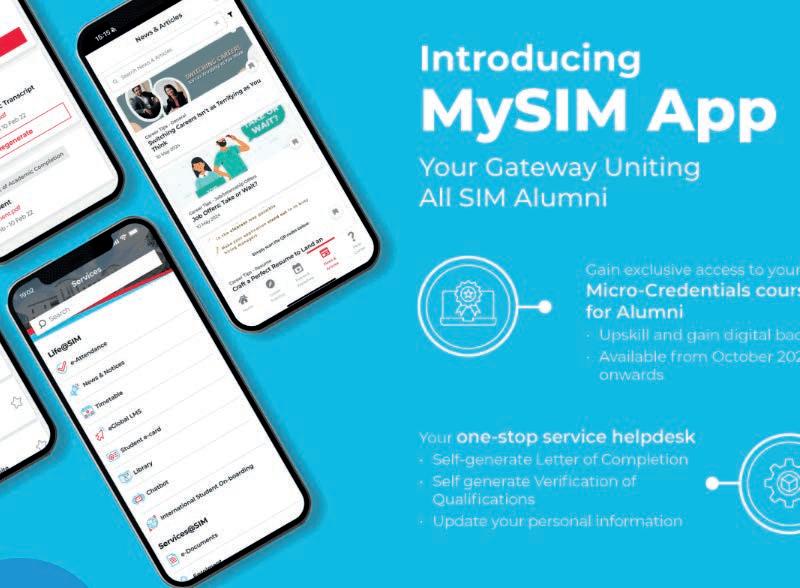
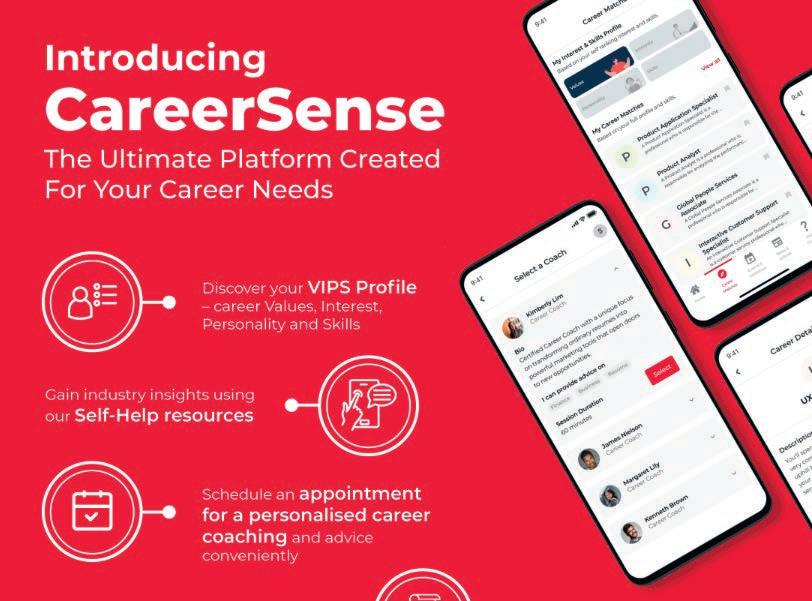

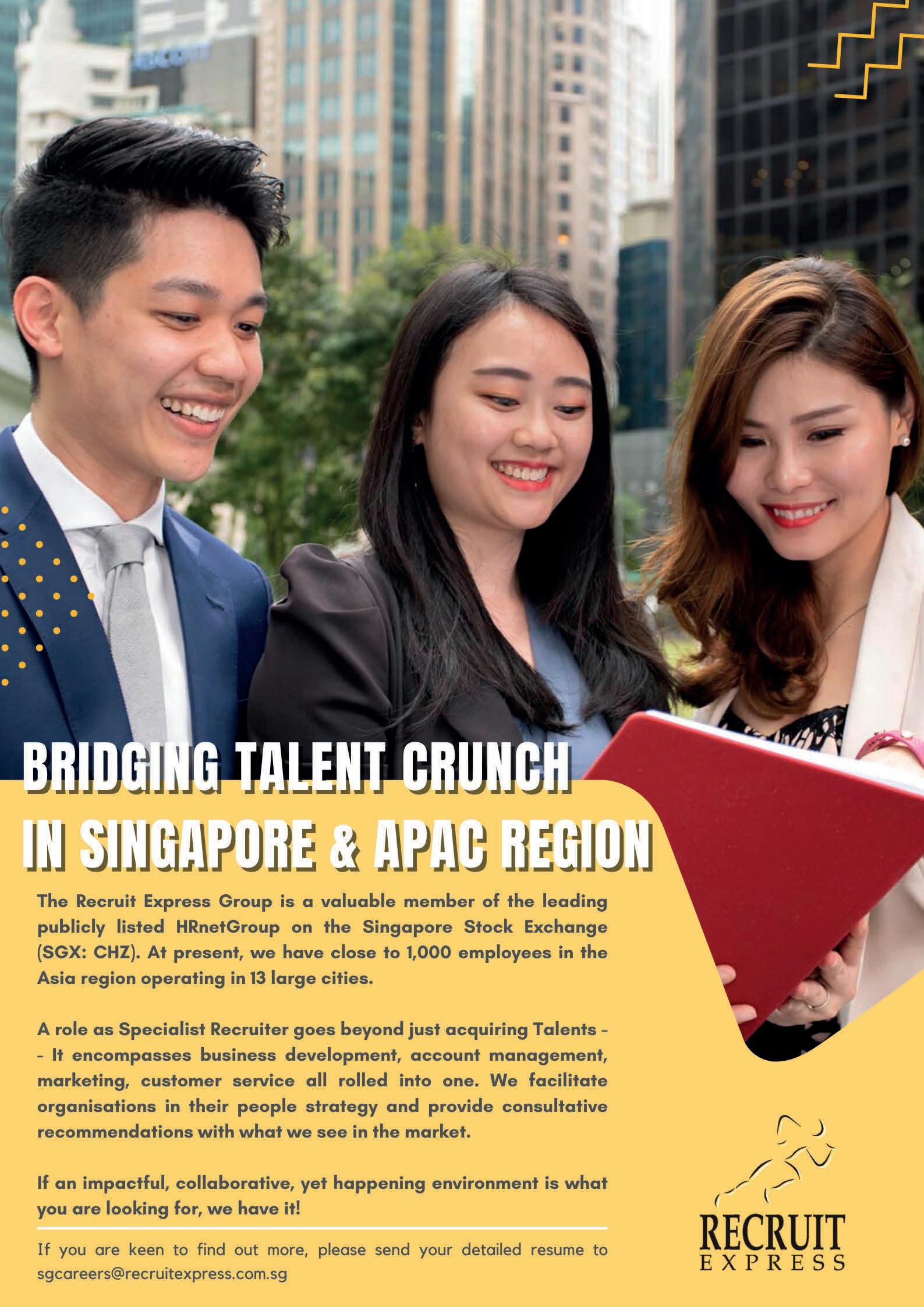
Discover the possibilities that lie within the numerous industries you can venture into.
This field is incredibly diverse, and holding the right qualifications can open many different doors. Opportunities can be found in both large companies (such as the “Big Four”) and smaller, niche firms as well, offering services that range from auditing, taxes, to consultation, and legal advisory, and in smaller, more niche firms as well.
The increasing adoption of new technologies is also rampart here as legacy systems are replaced with more modern software. With cloud computing and data analytics quickly becoming sector staples, professionals need to bolster their existing capabilities with new skills like digital CFO services and cloud accounting.
On top of these new services, companies in accounting and financial management typically offer auditing solutions, consulting, assurance management, risk assessment, corporate recovery, tax services, and forensic accounting. Due to the expansive array of services and the sensitive nature of the job, employers are looking for candidates who are meticulous, have good analytical skills, and strong presentation abilities.
The career pathway for graduates usually begins at the trainee phase, where they are expected to build a strong foundational understanding of the job’s inner workings. They also need to advance their qualifications to climb the corporate ladder, acquiring necessary certifications like the Certified Public Accountant (CPA) and Association of Chartered Certified Accountants (ACCA), which will allow them to practise in Singapore.
Job areas include
• Accounting
• Budget analysis
• Auditing
• Financial consulting
• Actuary
• Bookkeeping
Skills required
Analytical skills
Commercial awareness
Decision-making skills
Good communication skills
Mathematical skills
Strategic planning skills
• Acquire the right licences, continue to hone your skills and expand your network professionally
• Most employers use online application forms and competency-based interviews during hiring, so prepare yourself well beforehand.
ith its increasing popularity, the arts and design industry has since expanded into many different segments and sub-sectors that previously did not exist. Aside from staples like visual arts, performing arts and arts management, roles like animator, digital designer, user interface designer, concept artist, and multimedia designer are now becoming more apparent with the surging appeal of popular culture like animated movies.
What makes this industry enticing is its versatility. This means that professionals can expand their scope of work outside of the entertainment sector, and seek employment in areas like education and healthcare if they choose so.
Job areas include
• Arts management
• Community arts facilitation
Animator
• Light or Sound engineering
Performing arts
Digital designer
Concept artist
• Business acumen
• Creativity
• Independence
• Persistence
• Problem-solving ability
• Willingness to work in teams
Having a strong portfolio is essential to securing jobs, especially as a freelancer. Technical ability and skills are key assets that employers are looking for and being able to substantiate them with a large body of work can mean the difference between getting hired or passed for other candidates.
• Networking is vital in this industry since opportunities usually come from referrals or recommendations. This is where budding candidates need to know how to sell themselves and leverage their connections to open new doors to further opportunities.
The supply chain sector is a complex logistics system that involves the production and delivery of products and/or services around the work.This is achieved in conjunction with transport and aviation services to move goods and materials via land, air, and sea, ensuring the efficiency of the entire logistics sector.
As the industry shifts towards digitalisation, businesses are adopting more cutting edge technologies to strengthen their capabilities, improve consumer experience and increase resilience. Dubbed Industry 4.0, such movements include the use of Artificial Intelligence (AI), cybernetics like autonomous robotics and 3D printing have a significant impact on both organisations and employees alike.
Job areas include
• Logistics maintenance administrator
• Data analysts
• Systems engineer
• Air cargo officer
• Inventory manager
• Fleet and transportation manager
• Business analysis
Contract negotiation
Interpersonal skills
Third party logistics and vendor management
• Problem-solving skills
• Project management skills
• Strategic thinking
• Digital and automation skills
• While there are no specific qualifications needed to join the supply chain sector, having the right skills is essential. These typically include data processing, management and warehousing solutions. Be prepared to enhance your existing skill sets to match the requirements of the jobs to remain competitive.
Applicants can expect to apply online, go through psychometric tests, video interviews, and evaluation at assessment centres.
s one of the key pillars of Singapore’s success, the high pressure and fast-paced environment of the banking and finance industry is the place to be for those who have strong problem-solving capabilities, organisational skills, a drive to excel, and a good mathematical foundation.
With plenty of different roles and positions that includes, hedge fund management, private and commercial banking, risk management, investments, and asset management, candidates have a wide range of occupations to choose from.
On top of traditional finance and banking roles, the sector’s adoption and cultivation of next-generation technology like cloud computing is driving demand for individuals with computer engineering and scientific skills to help develop, test, implement, and maintain new virtual systems.
Potential applicants should consider taking on internships before applying for any full-time roles to furnish themselves with foundational skills, a good understanding of the sector’s inner workings, and much needed experience valued highly by employers.
Job areas include
Bank tellers
Consumer or personal banking
• Accountants
• Foreign exchange trading
• Investment banking
• Asset managers
• Financial advisors
• Private banking and private equity
Treasury
Wealth management
Numerical and analytical skills
• Problem-solving ability
• Resilience
• Strong understanding of financial markets
• Interest in mathematics and numbers
• Gain experience through an internship
Build a strong network with a wide variety of connections to leverage
• Research the position of the job thoroughly
Graduate recruitment programmes typically involve multi-stage processes, including online applications, psychometric testing, assessment centres, and interviews. Companies without structured graduate programmes generally rely on interviews for their selection.
There is a wide variety of career paths to choose from in the consulting sector. These typically include human resources (HR), management, integrated solutions, or strategy advisory positions. There are also specialist roles in areas like information technology (IT) or finance, which includes the job of financial consultant, a popular option for new hires.
This sector is dynamic, with many different employers that offer enhancement programmes that train employees in specialised skills. Such programmes require teamwork under the supervision of a mentor, and aim to give participants a hands-on approach to learning new skills and gaining experience. There are even opportunities to move around the industry to try different roles and overseas travel, which is invaluable for fresh graduates.
It is important to note however that the field of consulting is a fast-paced, high pressure environment. This means that entrants will need to rely on strong communication skills, staying organised, and their problem-solving abilities to actively and effectively engage clients.
There may also be a need to obtain relevant professional certification or licences in certain roles, so its critical to research each job thoroughly so you know what you have to do to prepare for it beforehand.
Job areas include
• Finance consulting
• Human resources
• Integrated solutions
• Management
• Strategy advisory
Skills required
• Commercial awareness
• Excellent interpersonal and communication skills
• Numerical and analytical skills
• Persuasion and negotiation skills
Problem-solving ability
Self-assurance
Willingness to be a team player
• Consulting is a fast-paced and constantly evolving corporate career that requires driven personalities and self-starters with nimble minds.
Practise case studies prior to applying to ensure you are well-prepared for your interview. These often determine the success of applications. Stay updated with business pages for commercial awareness. Look out for successful or innovative advertising and branding campaigns, and analyse them.
As its name implies, e-commerce is the sale and transaction of goods and services between businesses and consumers via virtual means. The sector is broken down into three different categories: business-to-business (B2B), business-toconsumer (B2C) and consumer-to-consumer (C2C).
B2B typically occurs on an industrial scale and is aimed at increasing consumer reach while driving costs down for businesses. These could be the mass purchase of office equipment or a software upgrade for an organisation’s computer systems.
B2C, on the other hand, is targeted at consumer directly. The products and services appeal directly to customers on an individual level, and this model is used by various companies like Amazon, and Netflix.
Lastly, C2C is the sale or trade of items between two consumer parties. Such transactions typically occur on platforms like eBay or Carousell, where a consumer puts a product up on the open market for other consumers to buy.
Job areas include
• Business analysis
• Customer service
• Digital analytics
• Project management
• SEO content creation
• Adaptability
• Web development Skills required
• Commercial awareness
• Commitment
• Loyalty
• Online merchandising
• Self-motivation
• Understanding of online consumers
• User experience
• Willingness to learn
• Stay abreast of the latest developments in this sector through industry events and reading materials.
• Competition is stiff within the industry, hence, landing an internship is the key to getting your foot through the door.
Despite requiring long hours and dedication, the field of education is one of the most fulfilling industries to work in. Key players like the Ministry of Education (MOE), and other private schools are institutions that are responsible for shaping future generations to come.
There are plenty of roles to select from as well, which include career counselling, educational psychology, administrative roles, and even tutoring.
In general, qualifications are essential in this line of work. Educators will need to have a bachelor’s degree in a relevant course, along with teaching experience to qualify. This includes early childhood education, where potential hires will need to have a Certificate or Diploma in Early Childhood Care and Education (ECCE).
The industry does have plenty of programmes for those who wish to upgrade themselves, with courses like Postgraduate Diploma in Education (PGDE) to help increase the prospects of employees
Job areas include
Career counselling
Early childhood education
Education assessment
Education psychology
Primary, secondary and tertiary education
• Teaching English as a Foreign Language (TEFL)
Job hunting tips
Skills required
A strong belief in education
Effective interpersonal and communication skills
Organisational and management skills
Passion
Gain some teaching experience as a tutor, volunteer teacher, or substitute teacher.
• Experience is not necessary but highly valued as it exposes you to different student behaviours and helps you cultivate your own teaching style in the classroom.
MOE typically allocates teaching subjects based on the needs of the school and the teacher’s academic qualifications.
Private education providers tend to use more specialised, low-key recruitment efforts.
• Approach campus career centres or be proactive throughout your hunt for openings.
ast-Moving Consumer Goods, or FMCG, is a sector that includes products with a quick shelf turnover. These products range from toiletries and cosmetics to processed food and plastic goods, among others.
Many individuals are drawn to careers in this sector due to its potential for continuous growth in the consumer market, indicating ample opportunities for advancement. FMCG companies seek graduates from various disciplines due to the diversity of roles available.
Job areas include
Food technology (developing and improving existing food products)
Human resources
Marketing
Research and development
Sales
Supply chain management
hunting tips
Skills required
Commercial awareness
Communication skills
Good interpersonal skills
Problem-solving ability
Willingness to be a team player
• Upon identifying the companies of interest, conduct research on their individual brands. Pay special attention to advertising campaigns and make sure you have a good understanding of all the company’s products before applying.
Fintech is one of the rapidly evolving industries that emphasises innovation and cutting edge technology. Aimed at transforming traditional financial systems, fintech is being used by almost all fiscal firms, both old and new, with the former upgrading their legacy platforms to streamline its services.
Since Singapore is one of the world’s top financial hubs, fintech is a thriving sector that is growing exponentially in popularity and scale. This has even been adopted by fields like business management, wealth and investment management, and roboadvisory services; far from its roots in trading.
Demand for employees with skills like cybersecurity, UX/UI design, digital project management, and data analytics is high, with plenty of them paying handsomely in jobs both within the financial sector and beyond.
Job areas include
• Blockchain development
• Cybersecurity
• Data scientist
• Programming
• Quantitative analysis
• UX/UI Designers
• Vulnerability management
Job hunting tips
Skills required
• A legal background (for roles in cybersecurity) Adaptability
Awareness of current trending technologies and financial services
• Detail-oriented
• Strong logical and critical thinking abilities
Strong passion for technology and financial services
• Constantly re-skill and stay on top of trending technologies.
• Have a strong technical portfolio.
Singapore is well known for having one of the best healthcare systems in the world, boasting hightech facilities and an ample access to resources. As the population continues to age, the need for more healthcare workers becomes more evident as well as the need for innovation in the field.
This demand extends to all career paths, including medical, research, administrative, and support roles. There are also a wide range of employers like the Ministry of Health (MOH), public and private hospitals such as Singapore General Hospital and Mount Elizabeth, as well as research institutions like the Agency for Science, Technology and Research (A*STAR).
Aside from that, other opportunities like healthcare management, medical technology, and pharmaceutical are equally in demand. These fields are critical in shaping Singapore’s healthcare landscape, driving advancements in patient care and medical research.
Graduates looking to enter the healthcare sector can pursue specialisations in nursing, allied health, healthcare IT, or even become a medical doctor. Both academic qualifications and hands-on experience are vital , which is why internship programmes with MOH or SingHealth are valuable entry points to begin with.
Job areas include
Staff nurse Hospital clinician Occupational/Speech therapist
• Paediatric consultant
• Medical consultant
• Medical laboratory assistant
• Physiotherapist
Skills required
Attention to detail
Excellent communication and interpersonal skills
Good technical knowledge Patience Resilience Service-oriented Willingness to be a team player
Job hunting tips
• Getting the right qualifications is critical. Start by researching the job you wish to apply for and look up the relevant courses you will need to take in order to apply for the job. Apply for internships to apply the skills learned in school in a real working environment.
Singapore’s tourism and hospitality sector is one of the biggest contributors to the country’s success. With millions of visitors every year, this industry offers a wide array of career paths for graduates, including roles in hotel and event management, as well as support functions like IT, marketing, and support roles.
The sector spans businesses such as hotels, restaurants, travel agencies, attractions, and transport services. This also includes events, both local and on a global scale. This can range from concerts, plays, and even sporting events like the annual Formula One night race, which drives the growth of the event management field, and its need for more hires.
Though shift work and peak season hours are common, the industry is progressive and dynamic, and graduates should take on internships or scholarships with the STB before joining the workforce.
Job areas include
• Food and beverage (F&B) industry
• Hotels and resorts
• Leisure and recreation management
MICE (Meetings, Incentives, Conventions, and Exhibitions)
• Spa and wellness management
Tourism and attractions
• Attention to detail
• Client-facing skills
• Excellent communication and interpersonal skills
Knowledge of trends and events in the industry
• Leadership skills
• Organisational skills
• Patience
• Problem-solving ability
• Service-oriented
• Willingness to be a team player
ithin every sector is a human resource (HR) department that consists of managers, specialists, and coordinators who help address the needs and concerns of employees. They oversee the entire process of an employee’s professional life, from hiring, to onboarding, and the orientation process.
HR is also in charge of matters like resolving workplace disputes, and leading the programme that ensures an organisation is diverse, fair for all, and inclusive. Specialised roles include payroll management, benefits administration, and employee training and development.
As the professional landscape is being reshaped by new technologies like artificial intelligence (AI), HR personnel will require training in areas like data analytics and systems management on top of their existing skill sets. This is to ensure that they remain adaptable as remote work and the adoption of AI in work processes change the way organisations recruit, train and manage their employees.
Job areas include
• Administration and management
Employee relations management
Human resource manager
• Human resources information system (HRIS) software specialisation
• Recruitment consultancy and specialisation
Training coordination
Skills required
• Adaptability
• Attention to detail
• Leadership skills
• Solid communication and interpersonal skills
• Sourcing and recruitment analytics
Technical ability
Time management
Job hunting tips
• Hone your soft skills, such as customer service, social skills, time-management skills, as these are crucial for the industry.
• Utilise your multilingual skills to your advantage.
• Be knowledgeable about major, recurring events, as well as important conferences.
• An undergraduate degree is a prerequisite for a HR position. Some companies may consider applicants without a degree if they possess significant relevant work experience. Having a degree in psychology or business administration might give you an advantage.
• Market knowledge, whether in growth industries or identifying talent gaps, is key. Enhance your skills by obtaining various certifications to add value to your work. These include the usage of new AI platforms and other digital tools to enhance work processes.
The sub sector of investment banking specialises in creating financial capital for a wide range of clients, such as public and private companies, institutions, and governments. There are three tiers in its operations, starting from the front office (financing, sales, trading, research), the middle office (risk management, strategy, compliance), and the back office (operations and technology).
The role of investment managers is to ensure that their client’s money is well-protected and managed. Such duties extend to roles like asset management, hedge funds, private equity and wealth management. The clientele for these roles are also incredibly diverse, which includes sovereign wealth funds and pension funds to insurance companies, financial advisors, charities, as well as individual investors.
While these sectors may welcome employees with different degrees, having a strong academic background with the right credentials and skills in mathematics and physics is key, since the job relies heavily on numerical capabilities and financial literacy.
Job areas include Accounting
• Client relationship or client services management
• Fund administration
• Portfolio management Research analytics
• Support functions
• Adaptability
• Analytical thinking
• Commercial awareness
• Good interpersonal skills
• Highly motivated
• Numeracy skills
• Resilience and tenacity
• Understanding of international market trends
• Investment banks typically conduct on-campus recruitment once or twice a year, so keep your eyes peeled!
• Demonstrate your familiarity with investment information and showcase your knowledge of industry news and current trends.
• Dabble in the stock market or keep tabs on it. Internships are vital to get into investment banking, so develop your knowledge of the financial industry early.
s a critical component in the FMCG and retail industries, new hires that join the logistics and supply chain sector will be tasked to work with advanced technologies like the Internet of Things (IoT), cutting edge robotics, artificial intelligence, and software management.
These tools are essential to the sector’s ability to deliver goods and services effectively and efficiently. This is achieved by managing inventory, overseeing the distribution of products, managing costs, and boosting productivity.
The sector is also open to a wide variety of academic backgrounds and certification. This is due to the fact that many companies offer training programmes that include job rotations, and upskilling opportunities, which allow new employees to develop a comprehensive understanding of the job scope.
Job areas include
• Customs management
• Demandplanning analyst Distribution centre supervisor E-commerce Freight or Global forwarding
• Logistics
• Operations management
• Procurement manager
• Supply chain management and service
• Supply optimisation
• Transport management
Ability to communicate effectively across all levels
• Budgeting and accounting experience
Demonstrate leadership qualities
Detail-oriented
• Good at problem-solving
• In-depth understanding of the market
Project management
Some mathematical and statistical knowledge
• Although some employers may favour business or supply chain-related degrees, positions are open to applicants from various disciplines.
• Graduates who thrive in high-pressure and fastpaced environments will be suited to this sector. Ideal industry for those who are meticulous with numbers and have strong analytical and problem solving skills.
• Have some knowledge of the logistics world to stay in the loop with the latest technologies and logistics related news.
This dynamic industry is pertinent to all businesses. Graduates can discover their niche in print, online, and broadcast, or explore areas such as brand management, public relations, database management, copywriting, or market research.
Proficiency in traditional facets of this industry, such as journalism, events, and marketing, is highly valued. Graduates also need to stay attuned to social media and adapt to evolving communication trends.
Despite the breadth of the industry, vacancies are limited and competitive. While large organisations run graduate schemes, most graduate applicants will likely have to apply directly for entry-level jobs.
Job areas include
• Advertising
• Copywriting
• Digital or web marketing
• Events management
• Film or stage production
• Graphic design
• Journalism
• Media purchasing
• Public relations (PR)
• Social media management
Skills required
• Creativity
• Data management
• Strong analytical skills
• Tenacity and resourcefulness Willingness to work in teams
on-governmental and non-profit organisations aim to tackle social, humanitarian, and environmental issues that the less fortunate face on a daily basis, which makes this a good choice for those looking to make a meaningful impact on society.
Specialised skills may be required based on the job scope that you select. This is due to the wide ranging nature of the sector, which is why many take on volunteering or internships in order to find the right roles for them. While it is good to have strong academic credentials like a master’s degree in a related field, employers are looking for people who are genuinely passionate and dedicated to their cause.
Job areas include
• Community relations
• Environmental
• Services (children, youth, family, elderly, special needs, and healthcare) Social work
Volunteer development
Skills required
• Communication skills
• Organisation skills
• Problem-solving ability
• Technical skills (depending on the role)
• A comprehensive portfolio will greatly increase your chances of a successful application.
• Networking is crucial for this industry, as it will help you get one foot in the door. Apply for part-time or internship roles as a student to build your connections as well as your portfolio.
• Enrol in relevant online courses or training to understand how NGOs work.
• Identify organisations of interest and reach out to them even if they do not appear to be hiring.
The real estate and property industry covers a number of different jobs like sales and leasing to property management and consultancy. This extends to investments in residential, commercial, industrial properties, as well as future developments.
For those who are interested in joining this sector, having degrees in business, economics, law, construction, and engineering will get you off to a good start, however certain roles will still require specific qualifications based on local regulations.
Jobs like property surveyors or real estate agents must be registered with the Land Surveyors Board (LSB) or the Council for Estate Agencies (CEA). Agents will also need to get a Level 5 and above in the Workplace Literacy and Numeracy (WPLN) assessment, complete the Real Estate Salesperson (RES) course (approximately $850), and pass two exams (around $500) before registering, with licensing costs potentially reaching $3,000.
Job areas include
Auctioneering Sales, lettings and acquisitions
• Property management
• Valuation
Skills required
Detail-oriented
Discipline
Commercial awareness
Communication skills
Good interpersonal skills
Problem-solving ability
Large companies may hold recruitment talks and career fairs when seeking potential candidates.
When selecting an estate agency, look for one with a robust team culture.
• The real estate agency operates in an unpredictable market; therefore, discipline is key to maintaining a consistent stream of commission.
Do take note that as a new agent entering the business, you will need to invest money to make money. This spending covers your courses and exams, as well as your application and registration fees.
• Always keep up-to-date with property trends.
This sector is Singapore’s largest employer with approximately 150,000 public officers employed across 16 ministries and more than 50 statutory boards. The subsect of this industry is the Civil Service, working across various schemes, such as the administrative service, legal, education, police and civil defence.
Often dubbed as “the iron rice bowl”, the public sector is considered a stable career path. In addition, you can look forward to subsidised training or degree courses and access to facilities such as the Civil Service Club (CSC) Changi chalets. However, graduates need to be aware that peak periods mean longer working hours, especially before project deadlines and launches of new initiatives.
Roles, job scopes and skills hinge on the ministry that you are hired into. In general, all public sector employees must possess a passion for serving the community, and have good teamwork and communication skills. Maturity in order to draw up and execute national policies is vital as well.
Graduates usually enter the public sector through graduate programmes organised by the individual bodies, but departments and organisations also hire graduates directly. If you are keen to work for the public sector, check in with the ministries that you are interested in for available positions.
Job areas include
Government agencies
• Ministries
• Statutory boards
• Uniformed groups
Skills required
Communication skills
• Good interpersonal skills
• Organisational skills
• Willingness to be a team player
Research and identify the fields of work which interest you. Be prepared for a series of interviews and assessments as well.
The public sector usually accepts candidates from all disciplines for general positions. However, for specialised fields, such as accountancy, legal, and medical services, you will need a professional degree in the relevant field of study.
Preparation is key during the interview stage. Panel interviews are commonplace in the public sector.
Identify your values and decide whether they align with the organisation you are interested in applying for.
Sales and marketing are rewarding if you find satisfaction in working with customers, and if you thrive by helping businesses with their growth and development. Professionals in this field aim to generate revenue for companies that offer goods and services.
While marketing creates awareness to attract customers to a company’s product or service, sales persuade people to buy them. Both work in tandem to increase the revenue a company generates through its products.
There are a wide range of careers in sales and marketing. Regardless of the role, whether in sales or marketing, both require some knowledge of the other department. Marketing careers also require some expertise in content creation, managing a brand, and building customer relations.
Job areas include
Account executive
Customer access manager
Digital strategist
Director of sales
Marketing executive
Social media marketing coordinator
Skills required
Adaptability
Business acumen
Communication skills
Digital marketing
Negotiation
• Objecting management
• Pitching
• Product knowledge
• Search Engine Optimisation (SEO)
Self-assurance
Time management
Candidates should possess a balance of both hard skills, such as digital marketing and analytics, and soft skills, such as self-assurance and communication.
Research employers and their products thoroughly before applying. There is a good chance you will be given case studies and role plays during interviews.
• Practise marketing yourself. The ability to market oneself is a reflection of your ability to market a product. Be confident and showcase your capacity to think out of the box with concrete examples from past experiences.
Singapore’s green sector is rapidly gaining traction due to its impactful careers, stability, and endless opportunities.
There are many emerging industries in Singapore that are growing in popularity due to global trends and the government’s effort to push the country’s development. One such field is the sustainability and green sector, which is aimed at environmental responsibility and eco-friendly innovation.
The sector’s prominence is not surprising, given that there is undeniable evidence of the dire effects that global warming has on the earth. This, in turn, has led to many countries around the world adopting a more sustainable approach, and Singapore is no exception.
Having always maintained a strong emphasis on eco-friendliness, the country is continuing to strengthen its commitment to being environmentally-friendly with its ambitious Green Plan 2030. This massive project aims to weave aspects like renewable energy, waste management, and sustainable urban planning into every industry, which creates numerous new jobs and prospects.

• Building over 130 hectares of new parks
• 80% of new buildings to be green Reducing energy consumption in HDB towns by 15%
• New investments in carbon efficiency technology
• Producing 30% of Singapore’s nutritional needs locally and sustainability
This also means that there is an increasing demand for employees with relevant skills in both existing sectors that are adapting to this change, as well as the new sectors that have spawned from this movement.
The green industry’s greatest appeal is the fact that it combines many different elements together. Many youths are now looking beyond the basic requirements of a job like pay, and are seeking a holistic job that is purposedriven, at a company that prioritises ethical business, and eco-friendliness as much as profits.
Not only does the sustainability field allow individuals to work in a job with a consistent salary that aligns with their values, but it’s also an innovative and dynamic environment. Graduates with degrees in engineering, environmental science and business can now take on new roles like green technology and design, sustainable finance, renewable energy, sustainability consultants, and environmental policy advisors.
On top of that, these job scopes are still developing as the industry grows and changes, which offers new hires plenty of opportunities for new learning, growth, and career progression as new strategies and technologies are devised to address sustainability challenges.
In light of the Green Plan 2030, many of the existing sectors are now pivoting their approach and adopting a sustainable mindset. This means that there are sustainability-related jobs embedded in industries that may not traditionally be associated with the idea of being green.
An Environmental, Social, and Governance (ESG) analyst focuses on the assessment and overall management of the environmental, social and governance aspects of an organisation.
The role involves the oversight of regulatory compliance, risk management, sustainable decisionmaking, and the overall guidance when it comes to environmentally responsible practices.
Unlike an ESG analyst, whose sole focus is on regulation and guidelines, sustainability consultants are service providers that help assist companies with their green initiatives.
This typically includes assessments like the use and management of its energy, water, carbon, and waste. They then develop and recommend strategies based on the results and the company’s approach to help firms become more eco-friendly.
Consultants can either work internally for an organisation or can be hired by consultancies that deploy them to various clients based on the company’s requests. There is also the option to go freelance and work on a job-by-job basis.
Embedded in the financial sector, a sustainable investment strategy analyst specialises in analysing and managing the ESG funds for companies. Their role is similar to that of a regular investment analyst who collects data, assesses it, and recommends which areas to allocate funds to, only in a more niche setting like the green sector.
When it comes to the construction industry’s push for eco-friendly practices, a green mark assessor plays a crucial role in certifying and making sure that projects are built within the frameworks of sustainability.
Working alongside architects, engineers, contractors, and other stakeholders, an assessor is actively involved with every step of a project in order to ensure that the entire build satisfies the environmental guidelines and is energy-efficient as well.
There are also roles that have been uniquely adapted to fit the country’s geographical landscape and fulfil the need based on governmental objectives
Ecologists are charged with preserving the environment from human impact, which involves studying all kinds of flora and fauna in order to understand how each element interacts with one another.
There is a good balance between fieldwork and deskwork as well. Ecologists collect relevant samples or information about a specific animal or plant, and they use that information to help set guidelines for different sectors like construction and civil engineering.
Singapore’s government adapted by reformatting farming from a horizontal to a vertical activity, relying on technology like hydroponics and aeroponics to get the job done.
This means that as an urban farmer, you can control key elements like light, air and water, to cultivate the most nutritious produce without using fertilisers or pesticides, which can be difficult to do outdoors. You can also cultivate crops all year round, without any concern about the natural environment threatening your yield.
Aside from the satisfaction of growing your own food, you will also know that your efforts are going to ensure that our country is both self-sufficient and reduce the potential for waste that typically results from traditional farming techniques.
Climate science researchers based within the Meteorological Service Singapore are tasked with conducting studies on climate change and coastal protection.
Their work is critical to the country since Singapore is an island nation and is susceptible to the effects of rising sea levels. The data collected from applied research is also used for climate modelling, which can help predict the weather more accurately.
The main job of a water treatment specialist is to ensure that the water quality is safe for consumption through the use of technology. This is primarily done in a water treatment plant which helps to isolate the harmful organic and inorganic pollutants, bacteria, and chemicals from water.
The process is done to ensure that waste material is thoroughly eliminated before either releasing the water into open drains, canals, and rivers, or for human consumption as seen in the NEWater programme.


At Marsh McLennan, we believe in nurturing talent and providing a platform for young professionals to thrive. Our positions offer a unique opportunity to gain hands-on experience, develop valuable skills, and make a real impact in the industry.
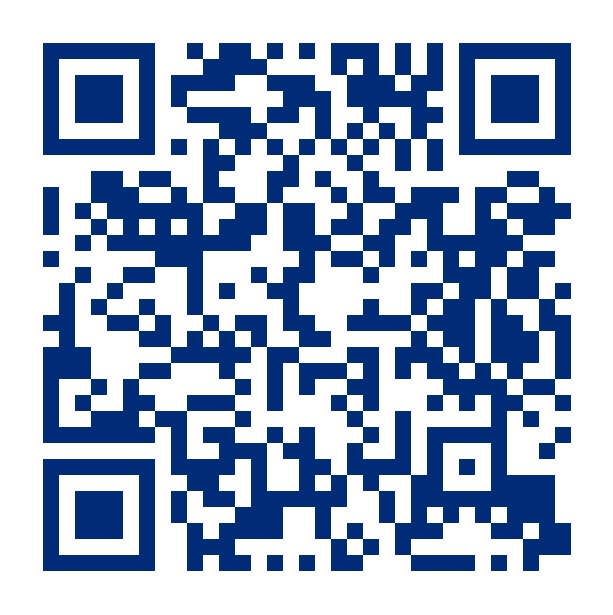
On top of providing advanced educational pathways, SIM is also focused on addressing the concerns of social and environmental challenges that future generations may face. To do so, SIM is committed to developing a new generation of social entrepreneurs: innovators who balance the human and environmental element while striving for financial impact.
They combine traditional business principles with social responsibility to start businesses or organisations that tackle challenges like poverty, inequality, sustainable development, and healthcare, which prioritises people alongside profits. This career path is not only financially stable, but also allows those who are passionate about helping others fulfil their aspirations by employing their knowledge and skills to ensure that the needs of the less fortunate are met.
To achieve this, the Dr Richard K M Eu - SIM Social Entrepreneurship Centre (RESSEC) was launched, with the aim to cultivate creative thinking, ethical leadership, and sustainable practices amongst new social entrepreneurs who are looking to make a difference within their communities. If you are passionate about helping others, fostering social change, and spreading awareness about civic topics, then RESSEC’s Specialist Diploma in Social Entrepreneurship programme is for you.
This specialist diploma programme, jointly developed by SIM and industry experts, furnishes students with key skills that allow them to help tackle and contribute meaningfully to social challenges in Singapore. The SDSE approaches the addressing of societal issues through innovation and creativity, enhancing student’s understanding of societal needs, and fosters a mindset of positive transformation to help benefit those in need.
Through the programme, learners can formulate solutions and shape a more inclusive future by creating their own businesses, and work full-time at a social enterprise. This helps them to gain firsthand experience in managing and operating in a socially and commercially sustainable organisation, in which students can learn, grow, and make a tangible difference in the world as social entrepreneurs and changemakers.


The Dr. Richard K M Eu – SIM Social Entrepreneurship Centre (RESSEC) was launched in July 2024, in partnership with Dr. Richard K M Eu’s family, to empower a new generation of social entrepreneurs. Dr. Eu, SIM’s Founding Chairman, envisioned a world where social entrepreneurship drives positive change—a vision RESSEC now embodies.
With a mission to foster innovation in addressing today’s complex social challenges, RESSEC offers the Specialist Diploma in Social Entrepreneurship (SDSE) — a tailored, practice-oriented programme developed with insights from leading social entrepreneurs and industry experts. This programme is ideal for those currently in the social service sector or aspiring to create and scale a social enterprise.
Throughout the programme, learners are immersed in real-world applications of social entrepreneurship, equipping them with strategies to scale their impact.
Mentorship from seasoned professionals and a supportive community of like-minded peers enrich the journey, fostering collaboration and sparking innovative approaches to social issues. Learners also gain vital knowledge in funding, financing, and measuring impact—empowering them to launch and sustain viable, mission-driven enterprises.
RESSEC’s offerings extend beyond the specialist diploma programme . With the soon-to-be launched skills-based short courses and startup support, the Centre provides a broad spectrum of initiatives designed to help you make meaningful contributions to society.
To learn more about how you can become an agent of social change with RESSEC, reach out today and discover the many opportunities to start your journey toward a brighter, more impactful future.
http://bit.ly/ressec
I have always been curious about exploring how to merge business with social impact, this programme resonated with me as in my years of working in the social service sector, I see the importance of the public and corporates coming in to support the group of beneficiaries that I serve.
The collaborative opportunity with other social enterprises and social service agencies encourages me to be more innovative. It’s a privilege to be able to get connected with many like-minded individuals who are very driven and passionate about the causes they champion. We glean valuable insights from experienced market leaders and classmates, who are at different stages of the social entrepreneurship journey.
As part of the course, I also get to work on a capstone project that integrates youth mental well-being with employment opportunities. I am hopeful that the launch of my project will empower youths, increase their confidence and resilience to pursue their life goals.
Andria Choo
Course participant of the inaugural SDSE cohort, 2024 Senior Social Worker, Fei Yue Community Services
The learning journey has been great! In particular, the exchange of resources among course mates and the sharing of work experiences from lecturers who are industry practitioners and founders have been invaluable. Coming to this course, I have learned a lot. Now I can see why my business partners encouraged me to enroll in the program.
The disability support sector largely operates on a charity model. As someone with visual impairment since birth, I know exactly the employment prejudice that persons with disabilities (PwDs) face. With the skills learned in this course, it is now clearer to me how to bring the company forward.
I hope to continue promoting artists with disabilities and to help create social impact while ensuring financial sustainability in the long run.
Lim Lee Lee
Course participant of the inaugural SDSE cohort, 2024 General Manager, Collective Perspective
Finding the right fit is key to kick-starting your career.
Choosing the right workplace environment is truly where your career path begins. Companies are generally classified into multinational corporations (MNCs), small- to medium-sized enterprises (SMEs), and startups. Each company has its own character and disposition, thus, finding the right workplace is vital when you first set out on your career journey.
MNCs are large firms that have one global head office and maintain facilities and assets in numerous countries other than their home ground. They are typically well-renowned with large operation bases and revenue, as well as a strong and reputable brand value. Procter & Gamble (P&G) and Visa are two examples of such organisations.
MNCs have a global presence, providing opportunities for international travel and diverse collaboration. This gives you an opportunity to work with colleagues of different nationalities and backgrounds.
Moreover, you can rotate between departments internally, which allows for skill development and career progression. Career progression is also fairly straightforward
MNCs have large revenue means they can afford to spend. Therefore, they generally offer excellent benefits that span from healthcare to corporate discounts. Higher starting salaries are also more typical.
If moving between departments does not interest you, you can still master your trade. As job scopes are more likely to be fixed, you will have the chance to cultivate your expertise in one area of work as training and upskilling will be provided
Maintaining a shared culture is challenging in a company that sprawls across several countries with different values. Rules and regulations are stricter, so as you slowly integrate into the company’s culture, some aspects of your individualism may get lost. Although there are opportunities for crossdepartmental tasks, most employees find themselves moving within their own job scope with little reason to interact with other departments.
Standard operating procedures (SOPs), workflow and structure can be quite inflexible. The different levels of management also mean that many MNCs are resistant to change, thus resulting in autonomy for employees. In addition, if you need approval for a decision or project, it may take some time for it to pass through all the required processes.
As a single individual in a large company, it can be hard to see how your work impacts the company. It can also be discouraging if you are result-oriented, leading to feelings of frustration and disconnect. Recognition is also hard to come by, and you may end up feeling like an expendable cog in a large machine.
MNCs are highly competitive, with experienced job seekers and fresh graduates jostling for limited positions. Competition among co-workers within large companies can be just as intense, and with countless job seekers raring to join MNCs, a single mistake might impact your career.
Companies with less than $100 million in yearly sales turnover or a total employee headcount not exceeding 200 people are considered SMEs. These enterprises contribute more than 50% to Singapore’s GDP and provide almost 70% of employment.
There is a higher chance for graduates and job seekers to be involved in various departments within an SME as job roles are less specific. You may also be required to take part in crossfunctional tasks that are not part of your job scope. This exposes you to a range of tasks, thus allowing you to develop skills in different areas of expertise, and in turn, allows you to gain knowledge and insight beyond your role that can boost your resume in the future too.
Some SMEs offer alternative work arrangements such as flexible working hours. They also tend to be less stringent on dress codes. Job preferences and personalities are taken into account, and you can use that to your advantage. For example, you will likely get the opportunity to explore your preferred working style.
Culture and environment
Work culture in SMEs tends to be open with flat hierarchies. Employees are usually encouraged to communicate with senior management — even as fresh hires.
The environment is more casual, but driven and integrated. Deep bonds are common, so expect to join a close-knit team of colleagues. Most managers would know employees by name, and there are more chances to interact with coworkers from different departments
Job satisfaction
Working for SMEs gives you the opportunity to take ownership of your work. As your work is valued, your confidence in yourself and your abilities will rise, leading to better job satisfaction, and enabling you to aim for higher-level roles.
Resources and benefits
Unlike MNCs, SMEs do not have the resources to bring on more manpower. You might find yourself juggling a variety of different jobs regularly, leading to larger workloads. You might also find yourself settling for fewer benefits than what you would be able to find for the same job scope in a bigger organisation.
Training
SMEs do not usually offer training programmes; instead, you will find yourself learning on-the-job. If training is offered, there is a high chance it will be informal. You will need to be proactive and possess a streak of independence if you want to pick up knowledge and skills.
Career progression and growth
There may be fewer employees competing for a promotion, but the fact that the company is smaller means the number of positions available is limited. There may be less opportunities, and growth can be restricted. If there are no plans for company growth, you may find yourself in the same position years down the road. SMEs that cannot grow usually wind up closing down in the long-run, leaving you unemployed.
Small and unknown
MNCs are widely known and respected; useful when you are looking around for your next role. However, if you come from an SME, you have to talk about your former company instead of yourself and your achievements.
As businesses that have not yet hit the five-year mark, startups depend on scalable business models. They have also established a reputation for offering goods or services that cannot be found anywhere else on the market. Most of the time, people who join startups are considered the most talented and respected in their respective fields.
Work environments in startups tend to be innovative and dynamic, as they are always looking to break into new territory. You will have the space to create and innovate, and the next new fresh design or concept could even come from you.
Hierarchies in startups are not very rigid. They also offer flexible working hours and casual environments. You will also have flexibility in your approach to work; how and when you do it, as long as you can deliver. As there are usually a handful of employees in a startup, interactions with colleagues are also very casual.
Career progression and recognition
Although managers or the founders of the startup might guide you along, most of the time you will work without supervision. Startups serve as excellent training grounds as employees will have to learn how to do almost everything. This is especially useful if you are planning to pick up a senior management role in the future.
You will likely be hired for the skills you can bring to the table, but startups expect more than that. Your learning curve will be very steep. However, the chance of recognition for a job well done is high
Startups grant you the opportunity to forge your own path rather than follow an established route. Most startups focus on your skills and not your experience, seeing as you will do a lot of learning on the job. You will also have the chance to work with other skilled entrepreneurs.
Job satisfaction and ownership
Every bit of effort counts. Your performance will have a direct impact, thus, you will have a larger sphere of influence than in an MNC, or even in an SME. You may even get the opportunity to work on entire projects by yourself, and get all the credit if it is a success.
Job stability, structure and risk
Many startups do not succeed for a variety of reasons. From facing bad economies to switching strategies at the drop of a hat, startups could fall into a state of disorganisation and miscommunication if coupled with first-time founders. Although startup founders may have exceptional ideas and plans to succeed, this does not necessarily make them either good or experienced leaders.
Remuneration and benefits
Your salary will not match the long working hours and commitment you will have to plunge into a startup. Moreover, if there are gaps in resources or funding, you may find yourself with a lower, or even suspended salary, for a time. There are certain perks to offset this issue, such as the chance to work from home.
Work-life balance
Startups usually do not have a work-life balance policy. You will have to eat, sleep, and breathe it. Bringing a startup to life requires a level of dedication and commitment not found in larger companies and, more often than not, the startup will take up all your time. With a low employee headcount, you will find yourself working long and odd hours, perhaps even on weekends. Potential burnout from working in this high-stress environment is also possible if you do not take care of yourself.
Committing to an internship can give you an edge over other graduate applicants; on top of giving you a chance to gain valuable experience, it is also an opportunity for you to develop the skills and qualities employers look out for.
Benefits of committing to an internship
1. Boost your employability
An internship exposes you to the working world and allows you to see how things work in a corporate setting. With an internship, you can also demonstrate the relevant skills and knowledge acquired beyond the classroom to prospective employers.
Moreover, in this new normal, as the economy continues to emerge from the global pandemic, employers are on the lookout for candidates who stand out, are adaptable and able to contribute. Internships can also set you apart from other applicants who do not have any work experience.
3. Connect with your chosen career
Employers often use internships and work placements as a means to attract talents and later convert them to full-time graduate hires. So, during an internship, try your best to shine!
An internship in your chosen industry will not only help you grow your network of professional contacts –which can come in handy in the future – but may also give you an insider’s perspective into the industry, and the skills and experience needed.
2. Gain a better understanding of yourself
Internships are the perfect avenue for you to experience the industry of your interest and find out if you can see yourself in that line of work upon graduation. Internships can also help you gauge your abilities and working style, and help you figure out how you can further improve your skills. This preview of the industry of your choice may also help you better manage your expectations when you transition into the working world.
My role

Joy Janelle Leong
Bachelor of Science (Business Administration) SIM – University at Buffalo Marketing Intern Wearnes Automotive, Aston Martin Singapore
As a Marketing Intern with Aston Martin Singapore through Wearnes Automotive, I gained extensive exposure in various marketing functions, gaining handson experience that enhanced my understanding of marketing fundamentals. I managed social media, coordinated photoshoots, and executed marketing campaigns to enhance brand awareness while maintaining Aston Martin Lagonda’s corporate identity. I served as a key customer touchpoint, contributing to showroom presentation and visual merchandising. My role extended to collaborating on marketing plans, managing vendors, and supporting high-profile events such as test drives and owner breakfasts along with my manager. I also designed EDMs and newsletters, managed car displays, and engaged in special projects like planning 2025 Lunar New Year red packets.
How did I stand out from the rest of the applicants? What sets me apart is my industry-specific experience, strong work ethic, and proactive approach. I highlighted my dedication through a well-curated LinkedIn profile and a portfolio showcasing my skills. My freelance work as a social media manager for a bespoke jewelry company refined my marketing expertise and deepened my passion for luxury marketing. Balancing a strong academic performance with professional experience highlighted my ability to manage priorities effectively. I researched the company thoroughly to ensure my values align with their brand before the interview. My enthusiasm,
combined with a proactive and outgoing nature, made me a standout candidate in the luxury market.
My takeaways
One significant takeaway from my internship was the advice from my marketing manager: “The best way to learn is by making mistakes, and the best time to make them is as an intern.” Embracing mistakes and learning from constructive criticism and feedback are essential for personal and professional growth. Always strive to do your best, stay motivated, and overcome challenges through perseverance. Juggling school and work is attainable with effective time management. Don’t be discouraged by obstacles—face them with determination and focus on continuous improvement.
My advice
My advice to students is to respect and maintain strong relationships with professors. Surround yourself with supportive friends and safeguarding your peace from negativity. Always think proactively and stay ahead of the curve. Cultivate a broad network as you never know where opportunities might arise. Internships are essential—apply for them to unlock future possibilities. I secured a full-time marketing executive position at Aston Martin Singapore before graduating due to my impressive internship performance. This experience highlights the significant value of internships for undergraduates, demonstrating how they can open doors and shape your career path.
My role

Jerome Chong
Bachelor of Science in Finance
SIM – University of London
Global Banking Operations Summer Analyst Intern Bank of America
During my summer analyst internship with Bank of America, GBO, APAC COO Office, I worked on several projects alongside BAU tasks. In one of my process optimisation initiatives, I developed an automation tool to streamline a previously lengthy manual process. Towards the end of the internship, I presented my project to senior management with my teammates. In my BAU responsibilities, I analysed data trends and visualised key data metrics, identifying underperforming functions, pain-points and operational lapses before proposing viable solutions.
How did I stand out from the rest of the applicants?
My proactive preparation and commitment to understanding the firm beyond online information were the key to my success. I reached out to former interns and graduates to gain deeper insights into the organisation, the specific role I was applying for, and its core values. This effort helped me learn about non-BAU initiatives that aren’t easily found online, providing me with a unique perspective on my potential contributions. Additionally, I considered the interviewer’s and hiring manager’s viewpoints, which helped me identify my unique selling proposition and strategically position myself to align with their needs and expectations.
My takeaways
During my internship, I learned the critical importance of visibility, self-motivation, and adaptability. Thriving in a fast-paced environment required me to proactively communicate my contributions and take initiative to advance tasks without waiting for guidance. I also needed to be flexible and adaptable, as business objectives frequently changed to meet evolving demands. Despite these challenges, I maintained a resilient and focused mindset, which enabled me stay productive and overcome obstacles effectively.
My advice
My advice to students is to embrace every learning opportunity with an open mind and a proactive attitude. Instead of waiting for opportunities to come to you— seek them out. If you’re unable to secure an internship, consider starting self-directed projects to enhance your portfolio. Actively seek feedback from the people you work with and develop an action plan to incorporate it into your personal and professional growth. Cultivate adaptability and resilience, as the ability to pivot in changing circumstances is essential. Lastly, prioritise continuous learning; consistently developing your skills and knowledge will distinguish you from others.
My role
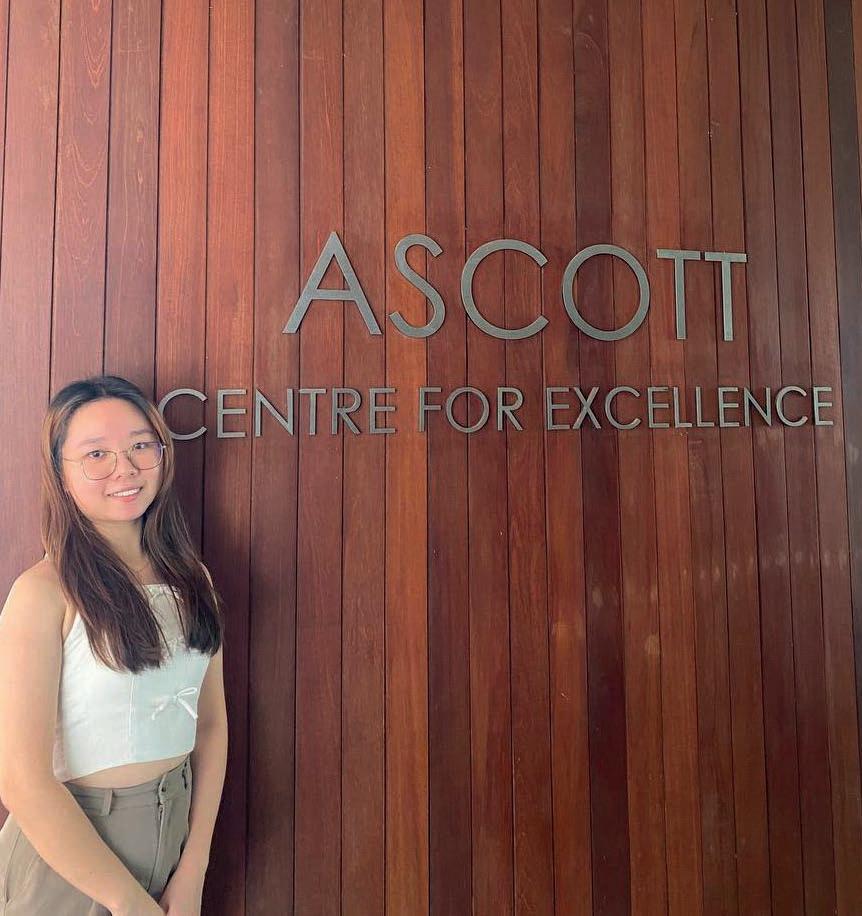
Tan Hui Shan
Bachelor of Science in Business Management with Communication SIM – University of Birmingham
Sustainability intern
The Ascott Limited
I completed a three-month internship with The Ascott Limited as a Sustainability Intern under SIM-UOB Advance Communications module, working within the Sustainability department of the international management team. My responsibilities included analysing ESG-related data, such as waste metrics from each Ascott property, conducting competitor analysis through desktop research, and supporting communication with internal and external stakeholders. Additionally, I assisted in organising department events and training sessions, managing logistics, and ensuring smooth event operations.
How did I stand out from the rest of the applicants?
As a business and communications major, I contributed valuable communication skill sets to the team alongside my Environment, Social, and Governance (ESG) tasks. These skills enabled me to effectively convey the company’s sustainability policies to both internal stakeholders, such as corporate employees and hotel associates, and external partners. My prior experience in social sector research helped me quickly understand the department’s objectives, particularly their social initiatives and policies that impact the communities where Ascott hotels and residences operate. This background allowed me to engage meaningfully with the department’s mission.
My takeaways
During this internship, I connected with associates from diverse regions, including China, India, and Europe. I learned how the hospitality industry can integrate local culture, people, and the environment while aligning with the interests of owners and investors. Although it was challenging to manage tasks independently, it pushed me out of my comfort zone to seek help from colleagues and learn from my mistakes. This experience ultimately enabled me to tackle tasks and resolve issues on my own. Contributing positively to my team was incredibly rewarding!
My advice
Internship provide valuable learning opportunities that surpass traditional classroom experiences. Don’t limit yourself to the tasks outlined in the job description; be open to exploring responsibilities beyond your scope, as you may discover new interests. Additionally, leverage your environment to gain relevant insights from coworkers in your field. Focus on building your network and connections by stepping out of your comfort zone to engage with others. Ask questions not only related to your current job scope but also about potential career paths, enriching your understanding and expanding your opportunities.
My role

Bachelor of Science in International Relations SIM – University of London
Economic-Political Section Intern US Embassy, Singapore
As the first Econ-Political intern in many years at the U.S. Embassy Singapore, I supported high-level diplomatic engagements such as the visit of Secretary of State Antony Blinken, through drafting of official communications, coordinating events, conducting research, and reporting. I communicated key political developments in Singapore to Washington, researched and analysed social and political issues, and collaborated with civil society organisations to provide insights for the Econ-Political team and annual human rights report. I often took notes during meetings with section heads, the ambassador, and the deputy chief of mission. Additionally, I used data management systems to optimise donor interactions and enhanced team efficiency through donor outreach and strategic planning for events such as the Fourth of July.
How did I stand out from the rest of the applicants? My composure and drive definitely helped me shine as a confident and positive candidate during the interview. I acknowledged my knowledge gaps while expressing my eagerness to learn and be prepared before the internship begins. My previous work experience as a preschool teacher, along with my relevant experiences in the field such as my participation in Model United Nations and being the head delegate for my delegation at the Harvard National Model United Nations, likely gave me an edge, demonstrating my leadership skills and passion for the field.
This fulfilling internship experience expanded my interest in international relations to local politics. I also developed a deeper appreciation for effective communication, cultural sensitivity, and strategic thinking required to contribute to diplomatic objectives. I was able to tap into many great minds to understand politics from various angles. Overall, I gained a well-rounded view of the embassy’s diplomatic and operational dynamics. I honed my communication skills and further enhanced my relational skills as I built excellent rapport with personnel across the mission and proactively sought out opportunities for professional growth. The greatest takeaway, without a doubt, is the meaningful connections and friendships that I have formed. These relationships enriched my experience, offering wide-ranging perspectives, and mentorship that will continue to shape my career.
A can-do attitude is key to having a broad experience. When you know you are able to power through any new task that comes with a new demands of skillset and having the confidence in yourself that you would be able to figure out the answer and to ask whenever necessary, is so important. This mindset involves being proactive and receptive to feedback. Maintaining positivity, professionalism, dedication, and a strong work ethic by holding yourself and your work to the highest possible standard will definitely serve you well, both personally and professionally.

Hau Bin Hui
My role
As a Cybersecurity Testing Intern at TÜV SÜD PSB, I contributed significantly to the safety of various Internet of Things products. My responsibilities involved conducting thorough testing and documentation to ensure these products complied with both local and international cybersecurity standards. I also researched emerging cybersecurity standards and explored innovative testing methods to enhance our certification processes.
How did I stand out from the rest of the applicants? What sets me apart from other applicants is my proactivity. In addition to the technical knowledge gained from my coursework, I demonstrated my commitment to continuous self-improvement by engaging in extracurricular activities, side projects, and obtaining certifications. For the interview, I researched the company and my prospective team thoroughly, familiarizing myself with their cybersecurity practices. I also practised answering technical questions related to testing methodologies and security protocols to ensure I was well-prepared.
My takeaways
During my internship, I gained practical insights into security testing, encountered real-world vulnerabilities, and refined my problem-solving skills. Although balancing my studies with the internship was challenging, it emphasised the importance of hands-on experience, allowing me to apply concepts from my coursework in a practical setting. I also proactively learned about new attack vectors, security tools, and methodologies. This experience taught me that internships are more than just completing tasks—they are opportunities to explore diverse roles within the vast IT landscape, connect with fellow students and build meaningful relationships.
My advice
As an intern, it is important to stay positive, take initiative in your work, and pursue growth beyond your assigned tasks. Embrace a mindset of lifelong learning, as technology is always changing. Participate in extracurricular activities such as internships, side projects, hackathons and certifications—as these experiences offer valuable opportunities for learning and help you identify your passions. By actively engaging in diverse activities, you can enhance your skills and expand your knowledge, positioning yourself for success in your career.
My role

Ananya Rao
Bachelor of Science in Accounting and Finance SIM – University of London Audit Intern Deloitte
During my 6-month internship at Deloitte as an Audit Intern, I supported audit teams across various client engagements. My key responsibilities included verifying and cross-referencing financial data, updating Excel spreadsheets with detailed financial information, and managing digital documentation using internal systems. I also handled vouching tasks, ensuring the accuracy and consistency of financial records. Additionally, I worked on updating financial reports, preparing walkthrough papers, and organising client deliverables. This experience deepened my understanding of audit processes and enhanced my proficiency in Excel and financial analysis.
How did I stand out from the rest of the applicants?
My strong accounting foundation, developed through both school and university, sets me apart from other applicants. I pursued my passion by actively participating in my university’s accounting club and completing an “Audit and Assurance” module, which deepened my understanding of the audit process. Before my interview, I researched the company and role thoroughly, ensuring I could align my academic background and practical experience with the position. I highlighted my enthusiasm for auditing, commitment to continuous learning and emphasized both my capabilities and my eagerness to grow in the field. Additionally, I gained hands-on experience assisting my father in preparing accounts for his company and learning how their systems support clients in audit-related reporting.
My takeaways
The internship significantly strengthened my technical skills, time management, and adaptability in problemsolving. I enhanced my proficiency in Excel and auditing tools, which were essential for accurate financial data analysis. The experience taught me the importance of time management, as I regularly proritised tasks to meet tight deadlines. I also developed a strong ability to adapt and solve problems quickly, particularly when facing challenges with immediate solutions. These takeaways have equipped me with the skills and confidence to thrive in a dynamic professional environment.
My advice
As an intern, it’s essential to maintain a positive attitude and an open mind. Embrace every learning opportunity, as internships offer invaluable insights into business operations. Be eager to tackle new challenges and explore different approaches, even if they take you out of your comfort zone. Stay receptive to feedback from your managers and colleagues. Constructive criticism is an invaluable for personal and professional growth, helping you refine your skills and become a wellrounded professional. Focus on continuous learning and knowledge acquisition as the core aspects of your internship experience.
My role
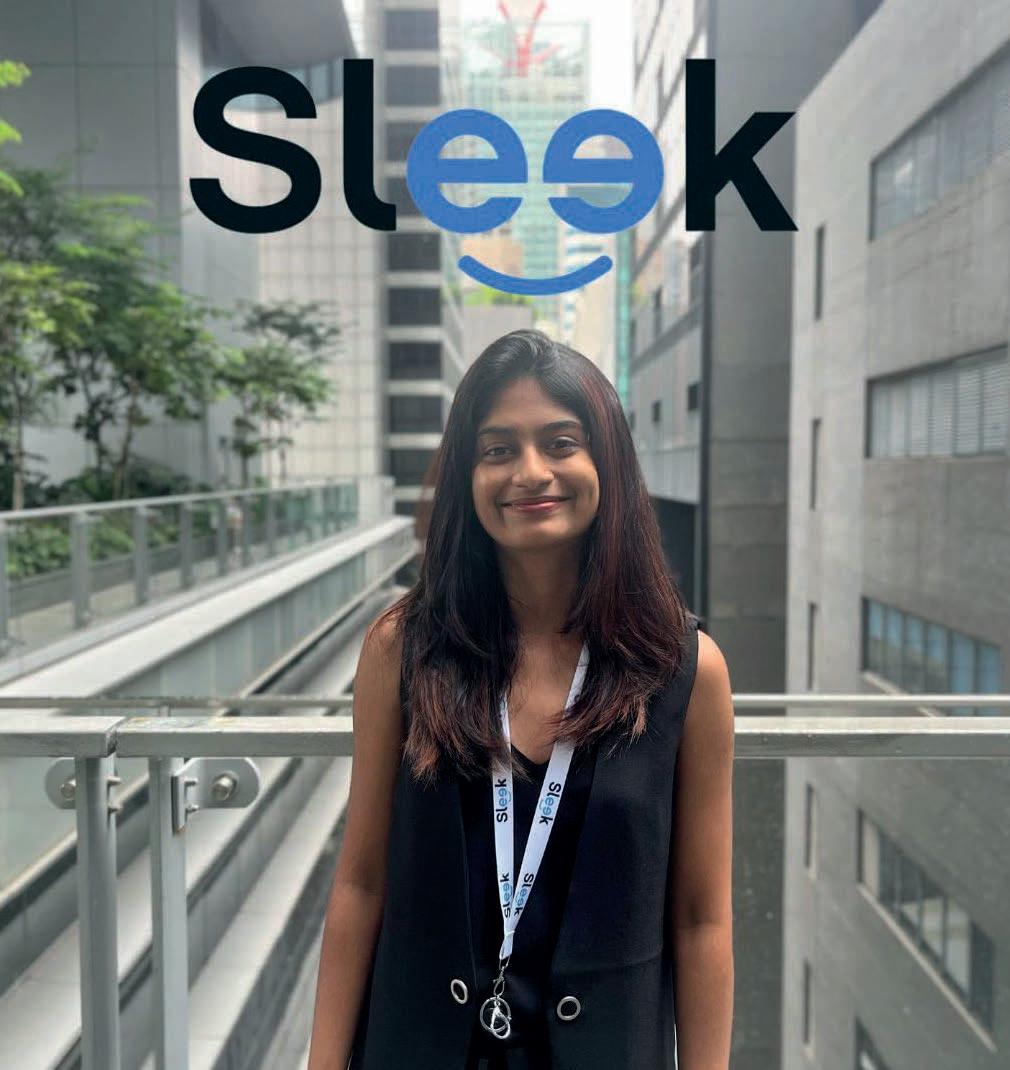
Smruthy Umachandar
Bachelor of Computer Science (Digital Systems Security and Big Data) SIM – University of Wollongong Chief Technology Officer Intern Sleek
During my tenure as a 6-month internship as a Chief Technology Officer Intern, I focused on streamlining our tech operations and enhancing user experience. My first project involved integration of AI-driven solutions to automate ticket management, using data insights to identify improvement areas. I spearheaded the creation of dynamic product demo materials that effectively showcased how our products meet the users’ needs. Additionally, I implemented an automation strategy to streamline the retrieval of OTP messages on local devices, ensuring seamless access for users across geographical boundaries.
How did I stand out from the rest of the applicants? I adopted a proactive approach to preparation and continuous self-improvement. I’ve benefited from career consultations at SIM Career Connect and attended workshops like ‘How to Land Your Dream Tech Job’ at SIM, which have honed my resume and interview skills. A week before interviews, I diligently researched companies and anticipated potential questions, while the night before, I reviewed my notes. On the interview day, I prioritised on relaxation to gather my thoughts. I responded to questions with a structured approach for clarity and conciseness. Additionally, I’ve trained myself to remain calm; if uncertain, I took a moment to gather my thoughts before answering.
My takeaways
My internship experience has been a journey of growth and self-discovery. Balancing a part-time internship during the semester with full-time commitments during holidays taught me essential time management and adaptability skills. Despite experiencing moments of burnout, I found solace in prioritising activities I love with cherished people. This internship allowed me to delve deeper into exploring project and product management, mastering tools such as Jira, Zendesk, and StoryLane. Most importantly, I learned the nuances of the professional world and the significance of independent problemsolving within a busy office environment.
My advice
A key strategy that boosted my interview opportunities was updating my resume to include the projects I have completed as part of my experiences. Remember, projects can effectively compensate for the lack of traditional experience! Moreover, it’s important not to be overly rigid in your expectations based solely on job descriptions as the actual responsibilities may vary. During interviews, I recommend asking, “Can you provide a breakdown of the tasks I will typical handle?” This question helped me clarify misconceptions and allowed me to filter out roles that didn’t align with my interests.
My role
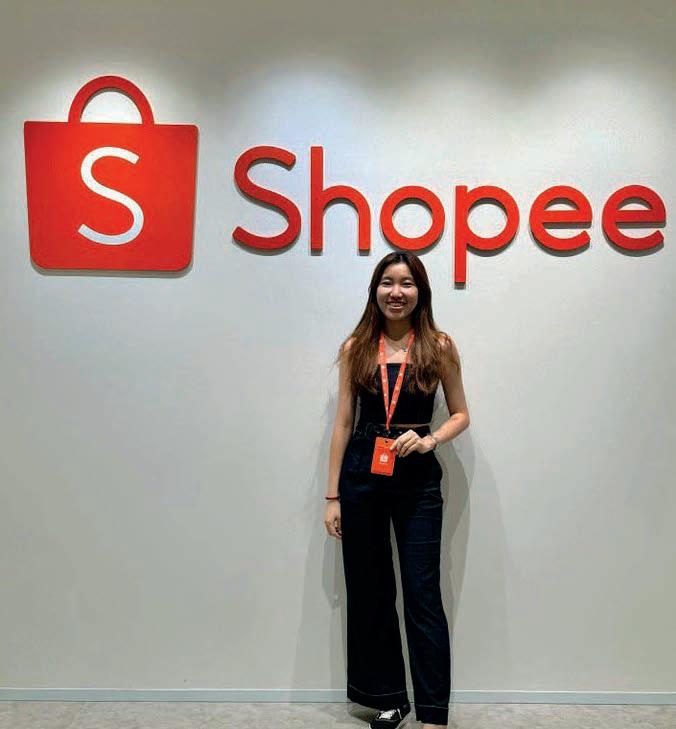
Ang Yeng Ching
Bachelor of Science in Business and Management
SIM - University of London
Regional Online Marketing Intern
Shopee Singapore Private Limited
During my ten-month internship at Shopee, I experienced two different roles. For the first six months, I worked in the SG business development division within the electronic home appliances category. My responsibilities included conducting market research, developing product strategy, and identifying potential business opportunities. I analysed market trends, monitored competitor activities, and collaborated with various internal teams to execute campaigns, especially during the Q4 season. Subsequently, I transitioned to the regional brand and growth marketing team for four months, where I crafted marketing campaigns, managed social media, and optimised digital advertising to enhance brand awareness and customer engagement across platforms.
How did I stand out from the rest of the applicants? What distinguishes me from other applicants is my diverse internship experience across various roles, which has given me a well-rounded understanding of different business aspects. During interviews, I expressed my passion for embracing new challenges and demonstrated my proactive learning attitude. I believe that conveying enthusiasm and willingness to take on any task is essential in persuading hiring managers of my potential to make meaningful contributions to the team and the organisation as a whole.
My takeaways
Through my internship, I gained invaluable lessons beyond textbook knowledge. Direct brand engagement honed my communication skills, while developing solutions sharpened my analytical and problem-solving abilities. I also enhanced my technical skills in Excel, creating dashboards for meetings and enhanced my public speaking skills, boosting my confidence in presenting ideas. Balancing my internship with academic commitments was challenging, but the real-world experience was crucial, laying a solid foundation for my future career.
My advice
For interns, maintaining a positive attitude and eagerness to learn are essential. Actively seek learning opportunities, ask questions, and request feedback to improve. Embrace every task, no matter how small, as a chance to enhance your skills and knowledge. Remember, every experience contributes to your professional development, and demonstrating your adaptability and willingness to learn will impress your mentors and colleagues.
My role
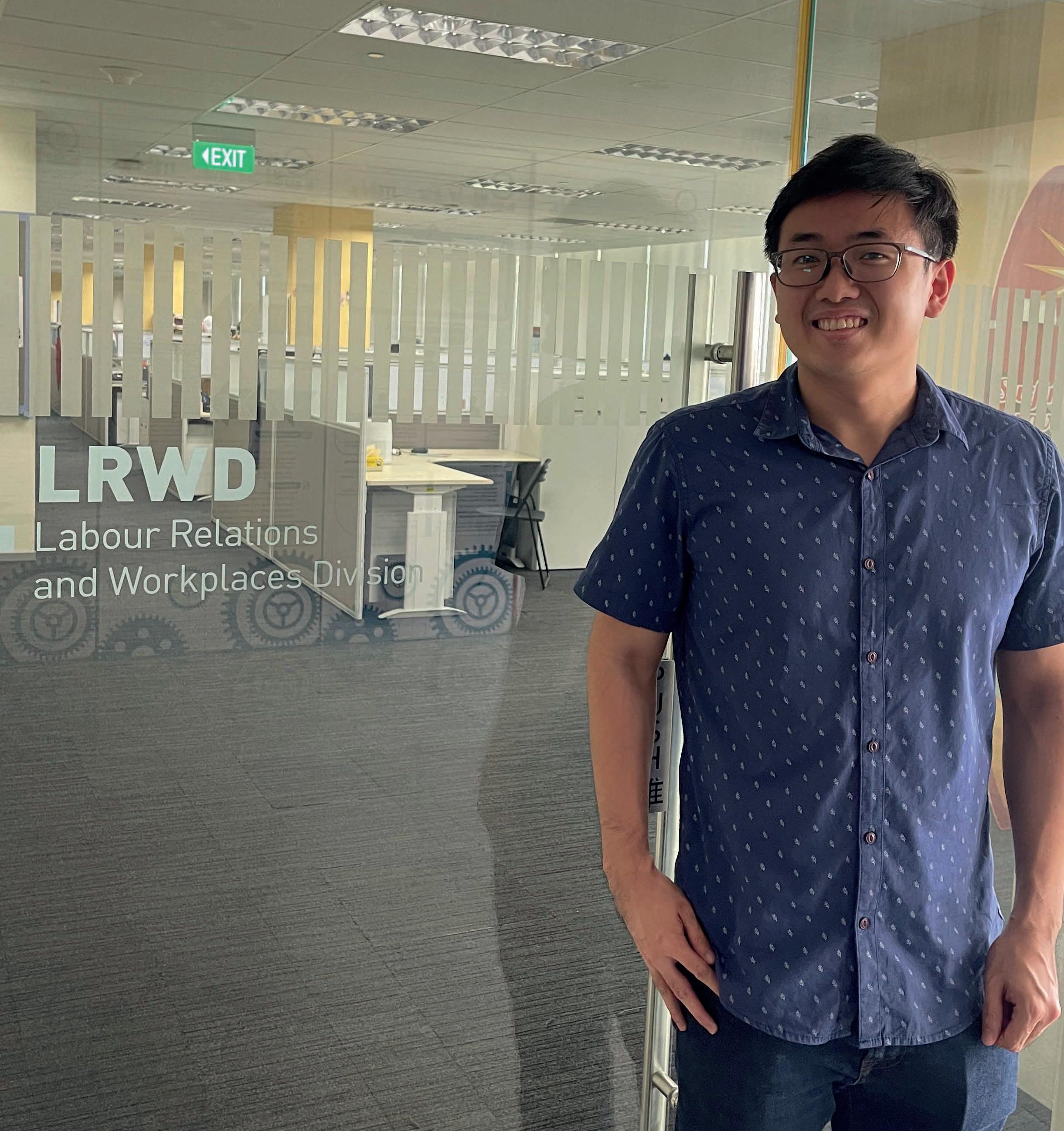
Bachelor of Science in Data Science and Business Analytics SIM – University of London Data Analyst Intern Ministry of Manpower, Singapore
As a data analyst intern at the Ministry of Manpower (MOM), I worked on enhancing a predictive Machine Learning model to identify companies at high risk of salary non-payment, helping to create a targeted watchlist. Additionally, I assisted my team in topic modelling solution that analyse large volume of Parliamentary Q&As, uncovering patterns, trends and outliers. This enabled a data-driven approach for monitoring and assessing the effectiveness of Workplace Fairness Legislation (WFL) and the enhanced Tripartite Guidelines on Fair Employment Practices (TGFEP).
How did I stand out from the rest of the applicants?
Before the interview, I proactively researched and understood the job scopes and objectives of the internship, demonstrating my enthusiasm for the role. I also prepared an example on applying statistical techniques such as regression analysis and hypothesis testing to evaluate policy effectiveness. This highlighted my passion for Mathematics and Statistics and demonstrated my ability to translate the academic knowledge I learnt in school to real-world scenarios.
My takeaways
One key challenge I faced was understanding the policy aspect. While gathering data is crucial, translating it into policy-relevant insights and effectively communicating them to a team unfamiliar with the data requires a different skill set. With guidance and advice from my supervisors, I improved my dashboarding skills to present information clearly. Working in the public sector gave me a strong sense of ethical responsibility, knowing that my role directly contributes to the society and positively impacts people’s lives.
advice
Finding an internship can be challenging. It took me over six months of continuous effort to land my position. My advice is to persevere and focus on finding a skill set and an area you are passionate about. You can join CCAs or seek support from SIM Career Connect to uncover your talent and strengths. I believe everyone has an area that they can excel in. If you are confident in your skillset, trust that the right opportunity will come along. Stay persistent and eventually a company will offer you the chance to demonstrate your abilities.
My role

Mirrah Nadirah
Bachelor of Communication (Professional Communication)
SIM – RMIT University
Public Relations Intern RICE Communications Pte Ltd
I worked as a Public Relations intern at RICE Communications, where I collaborated with various teams to manage client accounts across a range of different industries, including tech, tourism, and automobile. Every day brought new challenges beyond the usual routine duties, often driven by urgent client requests with tight deadlines. Generally, my responsibilities included media monitoring, crafting press releases, translating and recording interviews, creating slide decks, and planning internal events for the agency.
How did I stand out from the rest of the applicants?
I think what set me apart from other applicants was having an attitude that aligns with the work culture at RICE. Prior to the interview, I had the chance to visit RICE’s office as an outreach event organised by RMIT and Murdoch University Communications students. This visit allowed me to ask questions and understand the company culture of RICE. During the interview, I highlighted how I would really like to learn more about the PR industry, which I conveyed through my interview responses. Having an enthusiastic tone especially when interviewing with an agency, made a positive impact as well!
My takeaways
Throughout the internship, I managed to learn more about what being in a team really meant. Colleagues at RICE, across different teams, would consistently check if we had the bandwidth to work on a deadline before delegating new tasks to us. When a person is facing difficulties meeting a deadline, they would offer assistance and negotiate extensions with clients when possible. Additionally, after completing a project, they would credit and recognise the team members who contributed, regardless of the project’s size. In the fastpaced environment of an agency, these seemingly small details really make a difference.
My advice
As an intern, we will most likely be clueless about what we have to deliver, especially in the first few months. My advice is to keep asking questions whenever you are uncertain. Not only will this help clarify your doubts, but it will also demonstrate your enthusiasm for the tasks assigned to you and show that you take your role seriously. While it might feel intimidating to approach them at first, just take the initial step and it’ll be easier as you go along! This also help in building rapport with your colleagues, so don’t be too shy to speak up!
My role
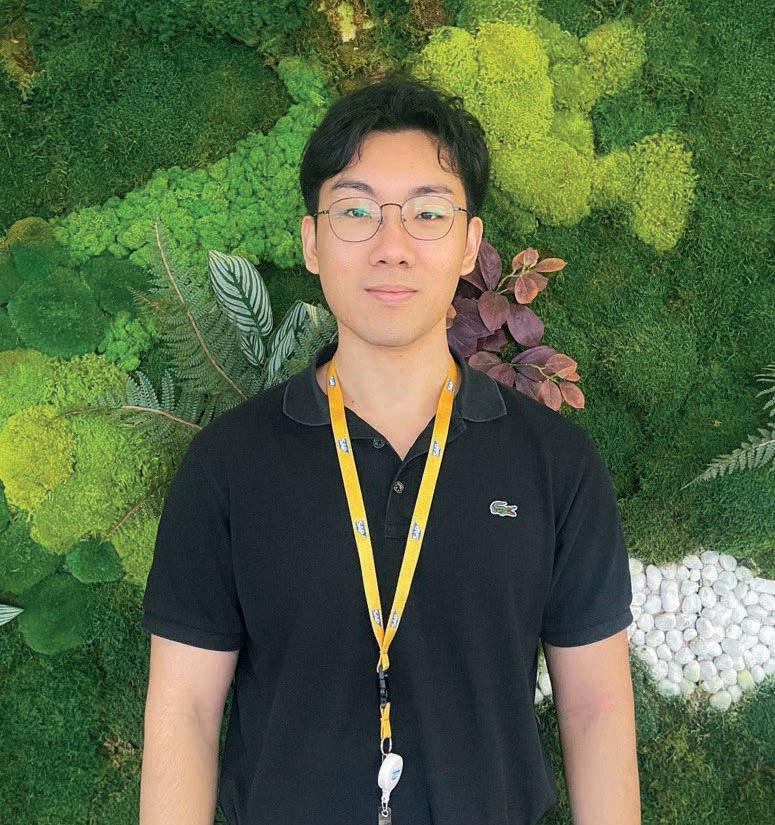
Qian Jiawei
SIM – University of London
SAP STAR Intern SAP
In SAP Concur Customer Success Partner, this role focuses on driving long-term success and maximising value for clients by implementing best practices with focus on business impact. As a strategic advisor, the position involves advocating for customer priorities and enabling their objectives. It requires a deep understanding of what drives SAP Concur customer success, with responsibilities that include ensuring customer satisfaction, solution adoption, and retention. Additionally, the role involves managing account renewals and delivering measurable outcomes to support client growth and long-term partnerships.
How did I stand out from the rest of the applicants? I succeeded in both my interview and bootcamp by leveraging my prior experience at Schneider Electric, where I gained hands-on experience to an SAP solution. This experience provided me a solid understanding of SAP’s real-world application, allowing me to stand out during the selection process. Additionally, I prepared thoroughly for the interview by researching the company, memorising its core values, and reviewing common interview questions on Glassdoor. This preparation enabled me to align my responses with the company’s expectations and demonstrate my commitment to the role.
My takeaways
During my internship, I gained invaluable experience that has significantly contributed to my professional growth. A key takeaway was learning the importance of understanding customer needs and aligning solutions to address their challenges. Collaborating closely with clients enhanced my communication skills and taught me the value of active listening and empathy in building strong relationships. I also deepened my understanding of the SAP ecosystem, broadening my technical knowledge and appreciating the versatility of SAP solutions. This handson experience equipped me with practical skills that are directly applicable to real-world business scenarios.
My advice
Balancing my studies with my internship was both challenging and rewarding. With two days for school and three for work, I had to manage my time effectively to ensure neither my academic responsibilities nor internship tasks were neglected. This experience taught me effective time management and prioritisation skills, allowing me to handle complex tasks efficiently under tight deadlines. Collaborating with cross-functional teams highlighted the importance of teamwork and diverse perspectives. My advice to students is to maintain a balance between studies and work, stay eager to learn, ask questions for clarity, and practise active listening. Overall, this internship has been a transformative experience, enhancing both my technical and soft skills while preparing me for future challenges.
My role

Qamelia Hisham
Bachelor of Arts (Psychology) SIM – University at Buffalo Crisis Support Intern Samaritans of Singapore
During my three-month internship at Samaritans of Singapore as a crisis support intern, I played a key role in providing immediate emotional support and crisis intervention to clients experiencing suicidal thoughts or mental health crises via the CareText platform. My responsibilities included active listening and fostering non-judgemental communication to create a safe space for clients to express their feelings. I assessed each client’s needs, explored coping strategies, and provided tailored support to help them navigate their distress.
How did I stand out from the rest of the applicants? My supervisor highlighted that my curiosity distinguished me from other applicants, as I was the only one to ask detailed questions about the role. Asking questions not only enhances your understanding of the organisation, but also demonstrates your genuine interest in the position and a willingness to learn. To prepare for the interview, I participated in mock interviews and role plays with my mentor from Project Protégé, which helped to refine my responses and improve my ability to provide emotional support. Additionally, thorough research on the company – its services, events, achievements, vision, mission, and goals, is essential for demonstrating your commitment and alignment with their values.
My takeaways
Through this internship, I gained invaluable insights into the mental health industry and experienced personal growth. I became more confident and resilient, learning to trust myself and remain calm in crisis situations. My time management skills improved tremendously as I balanced a full-time internship, school and multiple leadership roles, teaching me how to prioritise effectively and make necessary sacrifices. I also developed a habit of maintaining a daily to-do list that outlined specific tasks to accomplish each day. Moreover, I recognised the importance of self-care, ensuring my health and wellbeing remained top priorities throughout the period.
My advice
My advice to fellow students is to consistently put forth your best effort and absorb as much knowledge as possible. Instead of solely focusing on mastering your specific tasks — take the initiative to learn about the broader industry context as well. If you have any questions, don’t hesitate to reach out your supervisors, but first try to think critically and explore potential solutions on your own. This approach not only enhances your understanding but also demonstrates your proactive attitude and commitment to professional growth.
My role

D Vinoshini
Bachelor of Science in Economics and Finance SIM – University of London Financial Analyst Intern EDHEC Infra & Private Assets
As a financial analyst intern at EDHEC Infrastructure & Private Assets, I primarily analyse asset data, develop financial models, and generate insights to support investment strategies. My responsibilities include conducting detailed market research, ensuring data integrity, and maintaining accurate financial models in Excel. I’m currently working on a research report on data infrastructure, such as cell towers, long-distance cables, and data centres. This project involves extensive research, data analysis, and ensuring model accuracy. Once my research report is complete, I will present it internally, allowing me to communicate my findings and recommendations to senior team members.
How did I stand out from the rest of the applicants? My thorough preparation, strong foundation in finance, and commitment to analytical rigour helped me stand out in the application process. To prepare, I researched EDHEC’s focus areas, familiarised myself with current industry trends, and practised presenting data insights clearly and confidently. My experiences in financefocused roles and involvement in the Investment and Networking Club equipped me with both technical skills and a readiness to apply these skills in a real-world setting.
My takeaways
This internship has been a valuable learning experience, especially in handling complex financial data and ensuring accuracy under tight deadlines. It has strengthened my proficiency with Excel and other tools such as Orbis database, which has been instrumental in gathering comprehensive financial data. Additionally, I am learning to create a revenue forecast model with sensitivity analysis, which has enhanced my technical proficiency and ability to evaluate various financial scenarios. Managing both academic and internship responsibilities has been challenging, but it has taught me effective time management and how to balance competing priorities— skills that will serve me well in future finance roles.
My advice
Enter your internship with a growth mindset. Be curious, proactive, and willing to tackle challenges. Building relationships with mentors and colleagues enriches your experience and guides you as you learn. Balancing your studies and work can be demanding but staying organised and open to feedback will help you maximise your internship experience and achieve personal growth.
My role

Yeo Jun Yeow
Bachelor of Science in Data Science and Business Analytics SIM – University of London
People Analytics Intern Grab Holdings Ltd
During my internship as a People Data Analyst at Grab, I spearheaded a comprehensive Data Literacy Programme for over 80 employees across six countries. My key responsibilities included analysing meeting cadences to improve employee performance through optimising scheduling processes. Additionally, I created PowerBI dashboards that supported over eight offices, improving the office resource management, and I designed a language model-based Risk Assessment Grid (RAG) system, which provided valuable insights for workforce market reports.
How did I stand out from the rest of the applicants? What sets me apart is my perseverance in tackling the challenges. In the rapid changing tech industry, I believe that with a strong desire and passion for learning, any problem can be solved, and this mindset is highly valued by my employers. To prepare for the interviews, I dedicated time each week to practise my technical skills on platforms such as LeetCode and DataLemur. I keep my resume updated with my personal projects on GitHub to showcase my coding abilities, and I regularly update my LinkedIn profile. In addition, I practise behavioural interview questions with a friend, all to make sure I’m thoroughly prepared for interviews!
My takeaways
My advice to students is to give your best effort and never let the fear of failure stop you from moving forward. As an intern, your primary role is to learn, so don’t hesitate to ask questions, no matter what you think your colleagues might say. Making mistakes is a natural part of the learning journey, and each one offers an opportunity for growth. Remember, it’s more important to act and learn from those mistakes than to hold back and regret inaction later.
My advice
Be confident and take pride in your work. It’s essential to articulate your ideas clearly and effectively while remaining open to new knowledge and perspectives. With a positive attitude and strong determination will not only help you thrive as an intern but also set you up for success in your future endeavours.
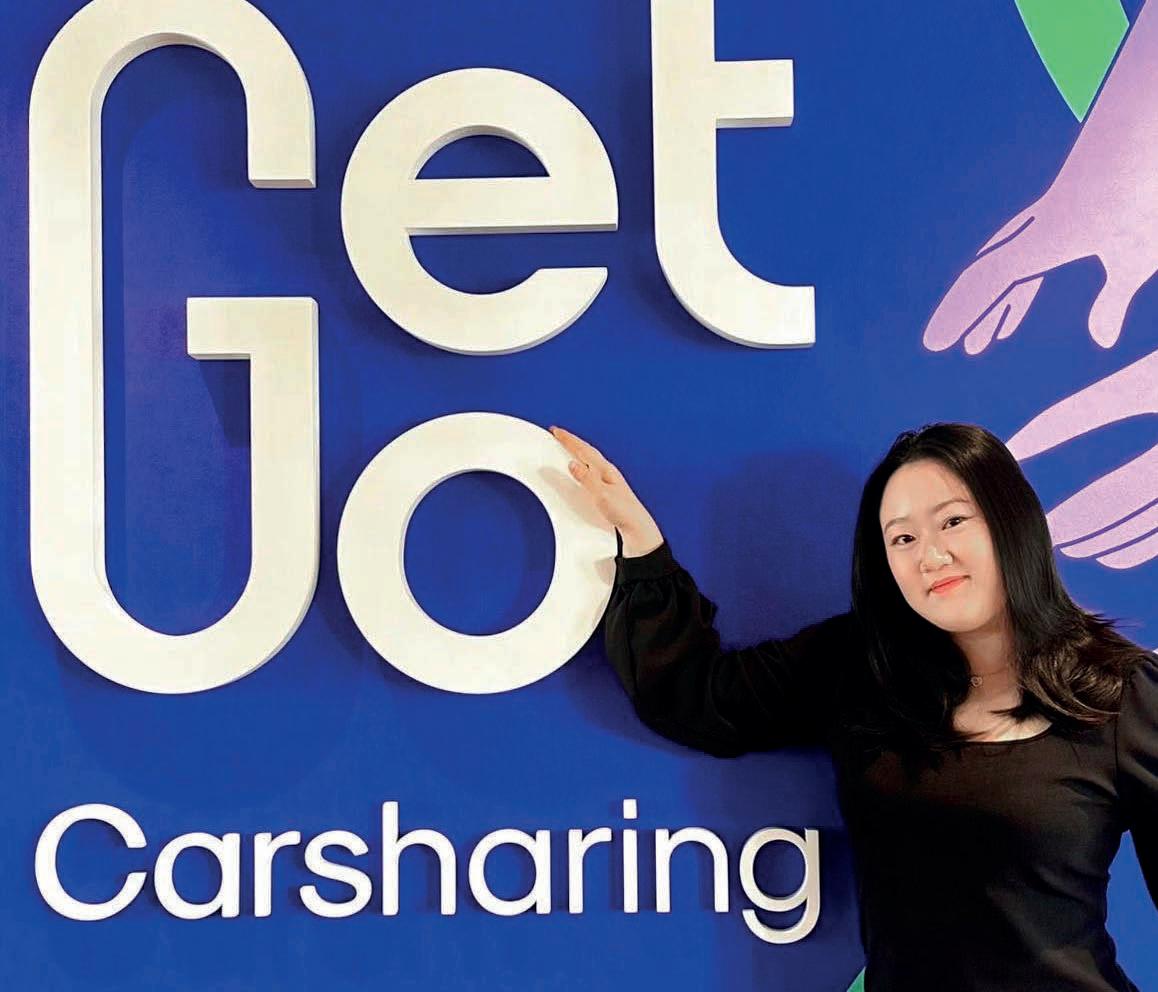
As a Junior Partnerships Associate at GetGo, I actively shape the future of carsharing by cultivating meaningful partnerships and driving impactful collaborations. I currently spearhead the enhancement of our rewards programme, GetDeals. I obtain data through platforms such as Google Analytics and Power BI to extract datadriven insights that support and optimise strategic decision-making, ensuring our initiatives are both effective and impactful. I’ve also played a pivotal role in key projects, including vendor acquisition for Singapore’s Largest CarBoot Market. Every day, I’m grateful for the opportunity to contribute to GetGo’s growth and create lasting value. The advancement from an intern to this role motivates me to give my best and drive forward!
How has my internship experience helped me in the transition to my current role?
Extending my internship to six months instead of the typical three has been instrumental in a seamless transition to my full-time role. It gave me the extra time to take on more responsibilities, refine my skills and consistently demonstrate the value I bring to the team. This extended period allowed me to grow both personally and professionally. Additionally, my previous internships at Omnicom Public Relations Group and Signify (formerly Philips Lighting) provided invaluable experience working with diverse teams, enhancing my adaptability and deepening my understanding of various work dynamics. My internship experiences have empowered me to confidently step into my current role.
How did you manage to secure this conversion?
First, focus on mastering the core responsibilities for which you were hired. As an intern, it’s tempting to chase exciting tasks, but prioritising your fundamental duties is essential. By consistently performing assigned tasks well, I built trust with my supervisors, which paved
Nastasia
• Bachelor of Science in International Relations
• SIM – University of London
• GetGo Carsharing
Previous Role:
Partnerships Intern
Current Role:
Junior Partnerships Associate
the way to more stimulating tasks like brainstorming innovative ideas and working with strategic partners. Second, build strong and effective relationships through accountability. Acknowledge mistakes and learn from them. While working remotely, keep your supervisors updated on your progress, even if they don’t ask. This transparency builds trust, a vital asset for securing conversions and achieving long-term success in a professional setting.
What impact do you think your non-academic involvement in SIM contributes to this conversion?
In my first year, I became the Director of SIM-MUN, immersing myself into leadership and extracurricular activities with enthusiasm. This role taught me to handle pressure constructively, preparing me for professional challenges. I learned that growth comes from embracing leadership roles and diverse responsibilities. Representing SIM at the Harvard National Model United Nations in Boston further developed my communication skills and broadened my cultural understanding. These experiences sharpened my interpersonal skills and played a crucial role in my journey from intern to Junior Partnerships Associate. My student life at SIM has significantly catalysed my personal growth and career progression.
Most advice for being an intern is to focus on being proactive, speaking up, and staying diligent. While these are important, I believe we often overlook a crucial element: the human aspect of work. People value kindness and approachability. It’s not simply about ticking off tasks; it’s about being a team player and a genuine person. Being trustworthy, positive, and easy to work with will create a lasting impact and open doors to many new opportunities.

As a Manager in the Human Capital Attraction team, I focus on recruitment and employer branding initiatives. I oversee the recruitment portfolio and regularly collaborate with internal divisions, assisting in screening, interviewing, and assessing candidates, as well as onboarding new recruits. Serving as the touchpoint for candidates and potential prospects, I am also responsible for promoting the company’s reputation and building influential relationships as part of our branding efforts. For example, I plan and manage events and initiatives to enhance our employer presence in the market. Additionally, I work with my team to brainstorm solutions and seek ways aimed at improving processes and workflows to boost productivity.
How has my internship experience helped me in the transition to my current role?
I began my journey at IRAS as a Temporary Clerical Officer in Human Resources and Capabilities branch, where I assisted in managing a portfolio of temporary officers across various branches. This role involved being a key point of contact for recruitment matters, benefits, and inquiries relating to temporary officers. I gained valuable insights into processes and learned how to engage with different stakeholders to ensure objectives were met. It was also an opportunity to understand the company culture and the team, which significantly influenced my decision to return as a full-time employee. These experiences familiarized me with the people and workflows within the government sector, making my transition smoother and enabling me to deliver work efficiently.
How did you manage to secure this conversion?
I took up the temporary position during a short semester break before my final academic semester to gain handson experience and make the most of my time off. The magic factor in securing the full-time role was my genuine interest in joining the government sector and furthering my knowledge in human resources, a field I’ve been passionate about since my polytechnic days. My direct supervisor provided me with positive feedback,
Khor Shin Zoe
• Bachelor of Business (International Business)
• SIM – RMIT University
• Inland Revenue Authority of Singapore (IRAS)
Previous Role:
Temporary Clerical Officer, Human Resources & Capabilities
Current Role: Manager, Human Capital Attraction
noting my proactivity, eagerness to learn, and ability to work independently. Before leaving my temporary role, I expressed my interest in the full-time position to my reporting supervisor, which led to an interview opportunity and ultimately, a job offer months before my graduation.
What impact do you think your non-academic involvement in SIM contributes to this conversion?
During my in-house internship in the Talent Development Programme (TDP) under Career Connect, I worked on initiatives to engage students at SIM. I gained hands-on experience in creating marketing materials and event planning while interacting with various stakeholders. The skills have been invaluable in my current role, particularly in employer branding, where I assist my teammate with marketing design and event planning.
Additionally, TDP helped me develop essential soft skills such as communication, time management, and teamwork—skills that are crucial in a dynamic work environment. Overall, my experience in TDP significantly contributed to my personal growth, motivating me to embrace new challenges to further enhance my skills and knowledge.
My advice
Maintain an open mindset, be curious, and stay humble! Embrace every learning opportunity during your internship and always seek clarification when you have doubts. Remember, everyone encounters tasks for the first time; be resilient and take the time to understand your responsibilities. Don’t hesitate to share your thoughts with the team and show your enthusiasm.
Actively seek feedback and reflect on your experiences. An internship is a great opportunity to learn about your strengths and weaknesses, discover your interests, and gain insights into company culture and growth opportunities. Discuss your performance with your supervisor and explore how you can improve. Think ahead about your career goals and consider the steps needed to achieve them.
A change of pace through an overseas internship might be the right choice, especially if you are looking for a different work environment.
Internships are the next big step in a soon-to-be graduate’s life. While some might stick close to home, others may opt for a change of pace or even a change of environment. An internship abroad allows you to gain practical work experience, expand your knowledge in a field you are passionate about, and build your independence and confidence.
A global internship provides you with an opportunity to work alongside professionals in an industry you are interested in while allowing you to learn more about different work cultures and expectations. In addition to on-the-job training, you gain insight into how the different regions and countries operate and differ from your home market. These factors are extremely valuable to future employers.
2. Expanding Your Global Network
As a fresh graduate, you are eager to learn and connect with like-minded individuals. Doing an internship abroad allows you to meet professionals from around the world. This global network will help you with future job placements or professional advice you may need.
Instead of returning home to familiarity, those who opt for overseas internships will be living in a completely unfamiliar environment. However, this is an opportunity to dive headfirst into the professional world, rub shoulders with different people from diverse backgrounds, and listen to their stories. By absorbing and exposing yourself to different environments, you will find yourself learning how to adapt and problemsolve much quicker. This in turn builds your confidence and independence, which are desirable qualities for employers.
Aside from providing character growth, an overseas internship adds value to your resume. It is a rare opportunity for graduates to experience such a transformative experience. Not only have you learnt about a foreign job market, you have set yourself apart from most interns in the local market due to your heightened cultural immersion and the global skill sets you have gained.
• Communication
- Understanding different communication styles to communicate effectively
• Be Proactive
- Asking questions and taking initiative to go above and beyond in your role will allow you to leave a positive and lasting impression on your supervisors
• Be Adaptable and Open-Minded
- Adapting to other working methods and personalities
- Avoid negative comparisons between your home and host country
For graduates looking for an overseas experience, however, there are circumstances preventing you from moving to a different country, consider remote internships. Remote internship programmes offer graduates an opportunity to explore a diverse range of roles available in the global market.
Interns can log in to online servers or apps from anywhere in the world, rather than commuting to a physical location. This means you are able to work for companies across states, countries, and even continents.
Similar to overseas internships, graduates have access to remote career paths that enhance their job progress. Additionally, you will be able to target and hone a certain set of skills which will be useful when you pursue a career in in-person work situations. Some of these skills include time management, consistent communication, independence, and trust-building with superiors and colleagues.
A flexible schedule is at the top of a remote internship list of benefits. It helps you balance your social, personal, and academic commitments with your work duties. You could opt to do an internship during a semester break or even skilfully juggle your remote internship alongside your studies and social life. Some graduates even opt to juggle two to three remote internships.
Seeing as you are not constrained to a specific location, you can end up interning for a company in an unfamiliar country. Thus, you could be exposed to a new business culture and etiquette, how they run meetings, how differently their emails are written, and how different cultures view work-life balance. Having a global business etiquette is especially useful if your industry requires you to work with international clients and colleagues.
• Create a comfortable and suitable home office
- Separate your work and home space
- Invest in the right equipment to improve productivity
• Time management is key
- Allow yourself short breaks in between meetings
- Stretch your legs and clear your mind to avoid work burnout
• Set boundaries and communicate them clearly
- Set clear boundaries about your “office hours”
• Find ways to socialise
- Organise virtual coffee breaks and online team-building sessions
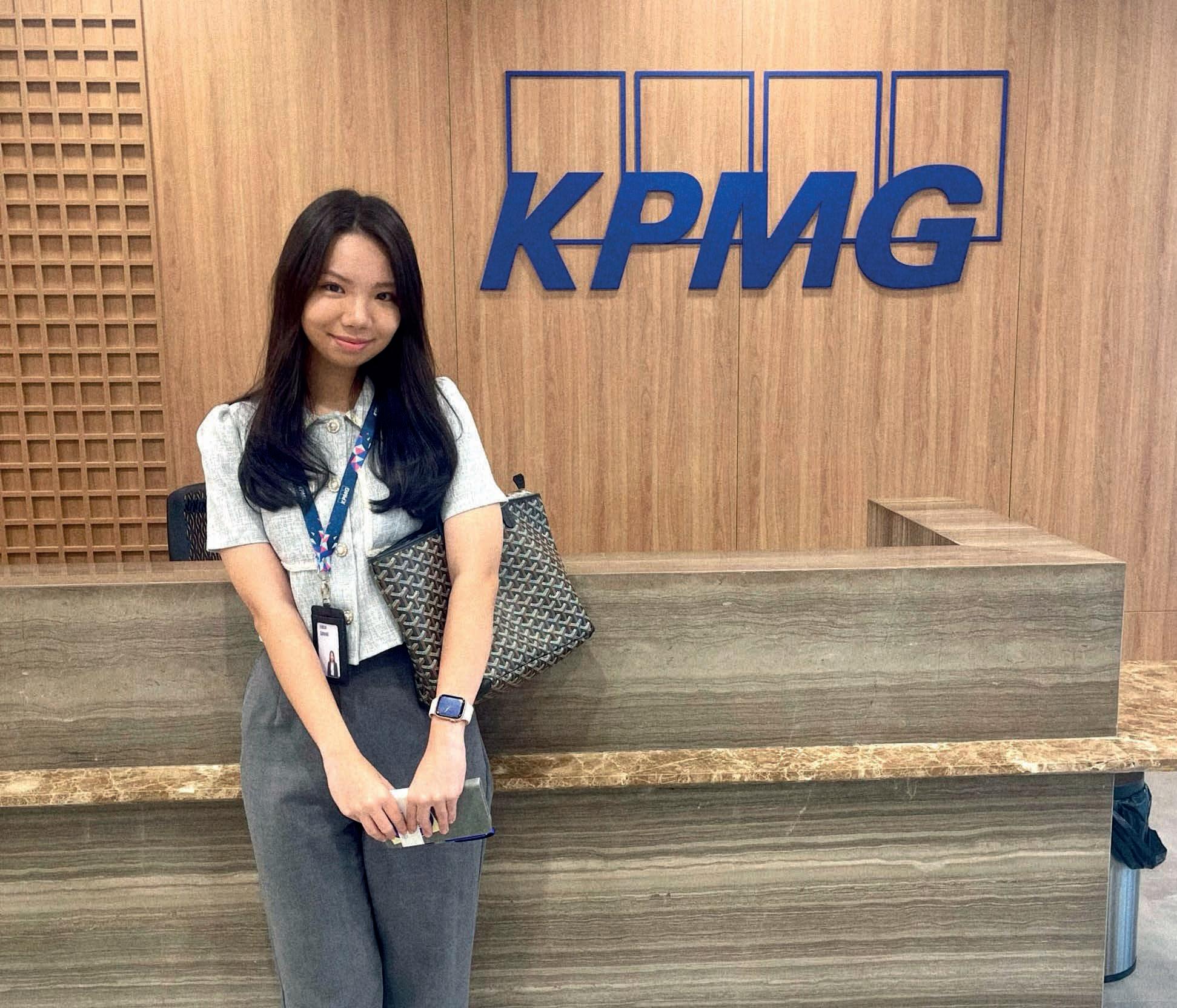
My role
During my internship, I researched and analysed the impact of rising interest rates on the banking sector for a research publication. I also participated in a valuation project on credit risk analysis through CVA and MtM calculations in spreadsheets. Additionally, I contributed to the development of a banking project proposal and the preparation of presentation slides for a KPMG event. This internship allowed me to deepen my understanding of Climate Risk Stress Test and gained hands-on experience with regression analysis in Python which includes knowledge and skills that extend beyond my current coursework.
What motivated you to take up an overseas internship?
Growing up, I’ve always been driven by a strong desire and passion for personal growth and learning. My willingness to learn, desire to stay productive during the semester break and eagerness to gain new experience motivated me to pursue this overseas internship. While some close ones would question whether it was too early to pursue an internship at this age, I’ve always believed that with the right mindset and willingness, it’s never too early or too late to learn.
My takeaways
This overseas internship provided invaluable experiences, including contributing to a banking proposal – an advancement from my previous university event proposals. A highlight experience was attending a KPMG event, where I gained insights from speakers on the Recovery Plan in the banking industry. The most memorable was learning from inspiring and supportive seniors whose guidance motivated me to improve. The internship also taught me the importance of professionalism, consistency, adaptability, and time management. Balancing this with my responsibilities as a CCA chairperson was challenging, but it refined my multitasking and time management skills.
Felicia Benedicta Cahyadi
• Bachelor of Business (Accountancy)
• SIM – RMIT University
• Financial Risk Management Intern
• KPMG Indonesia
How has this remote internship with a global firm better prepare you for the working world?
The practical skills and values gained throughout this internship have laid a solid foundation for my future career development. Moving forward, as I reflect on the insights and feedback received during this journey, I plan to delve deeper into this industry which is beyond my university coursework and prepare myself to grow as a seasoned individual with more confidence before entering the working industry.
My advice
“Don’t limit yourself” is a statement my lecturer emphasised when I expressed my hesitation about pursuing an internship in my early semester. This advice inspired me to undertake this new journey and served as a guiding principle throughout my internship. It is essential to believe in your potential and not impose limits on yourself. Furthermore, throughout your internship, it is crucial to take initiative and be proactive. Actively seek out opportunities instead of waiting for instructions. Develop a mindset of eagerness to learn, contribute, and gain experience, and strive to be someone who pursues opportunities.

Our roles
As Data Analyst Interns at Exposys Data Labs, we had the opportunity to work on an impactful project for a medical research company. Our primary role involved analysing data to assess the effectiveness of new medical equipment. This required us to handle data cleaning, visualisation, and generating actionable insights that could support the research team’s strategic decisions. Working together, we were able to combine our skills and insights, learning from each other’s approaches. This project deepened our understanding of the significance of data in healthcare and honed our analytical skills in a collaborative setting.
What motivated you to take up an overseas internship?
As international students, our internship options were limited to remote opportunities. We were drawn to Exposys Data Labs as it allowed us to work with a team based in our home country while gaining valuable international experience. The project’s focus on data analysis for medical research resonated with us, as we wanted to contribute to meaningful healthcare advancements even from a distance. The project’s impact on medical research was inspiring, and we were excited to work together, combining our expertise and pushing each other to excel in a field we’re both passionate about. Taking on this internship together also meant we could support each other in navigating this global experience, making it both a professional and personal growth opportunity.
Our takeaways
Balancing academic responsibilities with the internship was challenging, especially with time zone differences and increased workload. However, this experience taught us both resilience and effective time management. The collaboration strengthened our teamwork skills, and working on a project with real-world impact was deeply fulfilling. We were able to see how data analysis contributes to healthcare innovation, which gave us a sense of purpose in our work. Overcoming these challenges together made the experience memorable and instilled resilience, adaptability, and a deeper appreciation for the impact of our efforts.
Sundarrajan Prethika (left) & Sundarrajan Yuthika (right)
• Bachelor of Computer Science (Big Data)
• SIM – University of Wollongong
• Data Analyst Intern
• Exposys Data Labs (India)
How has this remote internship with a global firm better prepare you for the working world?
This internship has prepared us to navigate the complexities of a global working environment. Adapting to time differences, virtual communication, and tight project deadlines has equipped us with valuable skills to thrive in diverse work cultures. Collaborating across distances taught us the importance of clear communication and flexibility, essential in today’s interconnected workforce. Working with international teams has also made us more adaptable and open-minded, preparing us to contribute effectively in cross-functional and global settings. These experiences will be instrumental as we embark on our professional journeys.
advice
We encourage students to embrace overseas internships, as they offer an incredible opportunity for growth. Be prepared to manage time zones, workloads, and adapt to remote work dynamics. Working abroad, even remotely, gives you exposure to diverse perspectives and practices, which are invaluable. Do not be discouraged by logistical challenges—approach the internship with an open mind, embrace the opportunity to grow, and make the most of the global connections you build.

My role
I joined Hilton Dubai Palm Jumeirah as a finance intern in a department comprising eight sections - Receiving, Cost Control, Accounts Payable, Day Audit, Income Audit, General Cashier, Accounts Receivables & General Ledger. Over my three-month internship, I rotated through these sections, spending one to two weeks in each for training. Alongside with two other interns, we worked on a project to review and analyse the relevance of SOP, ensuring all points were followed and identifying any necessary updates.
What motivated you to pursue an overseas internship instead of a local one in Singapore?
My motivation for pursuing this internship was mainly because I always have a fascination with Dubai. Being able to work and live in the city for a few months provided a unique opportunity to immerse myself in its culture and environment, helping me to determine if this is the city I might consider settling down in the future.
My takeaways
My key takeaways from this internship was the complexity of hospitality finance, which involves more work than it seems. Employees often stay overnight during monthend and year-end, depending on the season and hotel popularity. The three month-ends I experienced were particularly challenging, with everyone on their toes and working long hours. Despite this, the staffs were extremely friendly and approachable, making my training enjoyable and memorable. Additionally, I found that Dubai is similar to Singapore as an international city, hence I did not struggle much with lifestyle adjustments during my time there.
Nuzhat Labiba
• Bachelor of Science in Accounting and Finance
• SIM – University of Birmingham
• Finance Intern
• Hilton Dubai Palm Jumeirah (Dubai)
How has this global experience better prepared you for the working world?
Living abroad taught me to step outside my comfort zone, especially working in a new environment with new people. It pushed me to be more vocal about my needs and opinions, boosting my confident in my work and to constantly seeking new knowledge. This three-month internship definitely boosted my confidence, showing me that if I set my mind to it, I can achieve my goals; all I need is to be willing to work hard and trust in my abilities and ideas.
My advice to students who are interested in exploring overseas internships
For anyone seeking an overseas internships, I encourage you to take a leap of faith and apply for that placement; you never know what awaits you on the other side of the world. Embrace every opportunity you receive, as you will want to look back at your university life and know you have given your best effort in every opportunity you got. Ultimately, that is what truly matters.
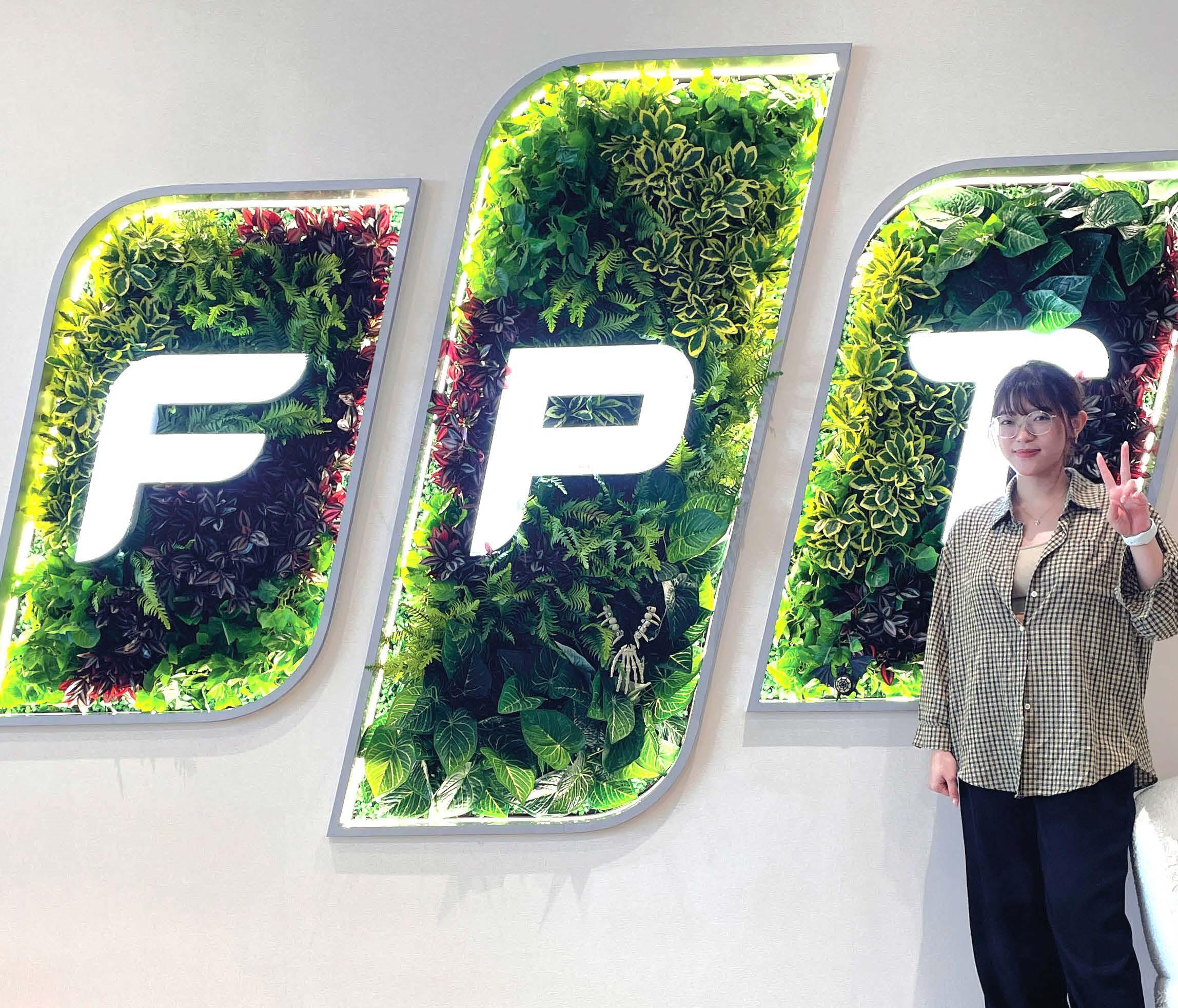
My role
I was a software engineering intern focusing on the front-end development for a live-streaming platform. My responsibilities involved transforming client requirements into functional, user-friendly features, and collaborating closely with project managers and designers to ensure these features aligned with the overall product vision.
What motivated you to pursue an overseas internship instead of a local one in Singapore?
It provided me a valuable opportunity to immerse myself in a different culture, both in terms of lifestyle and work environment. Experiencing how teams collaborate in a global setting allowed me to develop a broader perspective on problem-solving and communication, which I would not have gained through a local internship. Additionally, building a global network of professionals and peers was a major factor for me, as it opens up opportunities for future international collaborations and career growth. The chance to adapt to new environments, learn from diverse viewpoints, and broaden my professional horizons was something I couldn’t pass up.
My takeaways
One of the main challenges I faced during my overseas internship was homesickness. It was my first time being away from Singapore for more than a week, living abroad for several months pushed me out of my comfort zone. Fortunately, with the support of new friends, my internship buddy, coordinators, and mentor, who provided companionship and encouragement, easing my feelings of homesickness. This experience taught me the value of building a support network and embracing challenges as opportunities for growth, ultimately enriching my internship and making me more resilient.
Chen Leyi
• Bachelor of Science in Computer Science
• SIM – University of London
• Software Engineer Intern
• FPT Software (Indonesia)
How has this remote internship with a global firm better prepare you for the working world?
This global experience has made me more open-minded and empathetic in working with diverse teams, enhancing my communication skills across cultural barriers. I’ve also become agile and adaptable, quickly adjusting to new environments and challenges. These experiences have strengthened my problem-solving abilities and resilience, ultimately preparing me to thrive in dynamic workplaces and contribute effectively to any team.
My advice to students who are interested in exploring overseas internships
Do thorough research on the internship and the company, be open-minded, and get ready to have an extraordinary overseas internship experience!
Entrepreneurship is both a challenging endeavour and a rewarding experience at the same time. It can offer insights on what the professional world is like, open doors to new opportunities, and shape perspectives for future graduates.
Be ing an entrepreneur is becoming more prevalent, especially among Gen Zs, who are often looking for ways to pursue their passion and lead meaningful careers.
While no one can pinpoint the most ideal time to start a business, doing so as a full-time student presents some unique benefits and possibilities that may not be present for graduates or working professionals.
One such benefit is the fresh perspectives that students carry that allows them to approach problems innovatively and think out of the box when it comes to their business. Compared to employees who have been working in the corporate world for a few years, their mindsets and outlooks are not shaped by the written and unspoken rules that govern the professional world.
Although some may call this naivety, it can also be recognised as unbridled creativity and ambition, both of which are key ingredients in making a successful business. On top of that, students get a chance to apply the theories they have learned in class in the real world, gain hands-on experience, and develop a whole host of transferable skills like problemsolving, time management, and resilience.

The best part of being an entrepreneur as a student is the flexibility to experiment with ideas and take risks while enjoying the safety net of being a student. Universities often have a wide range of resources like mentorship programmes, student clubs, and an extensive network of professors, friends, and experts that aspiring business owners can tap into and leverage to help foster new ideas and set the foundation for longterm success.
This endeavour however, is not without its challenges, and there are quite a number of them. The potential for financial risk is something that all entrepreneurs have to face, but it is much more evident for students as they have yet to build a stable fiscal foundation for them to fall back on should the business fail.
Time management would be another major issue that needs to be addressed. Splitting time between school and their business means that neither side gets the luxury of their full focus and attention, which can lead to poor efforts in school and/or errors at work. There is also a concern regarding the potential for burnout and increased stress levels when things get hectic, so remember to take these challenges into account before diving headfirst into starting a business.

Krithik Vijayakumar
• Bachelor of Science in Computer Science SIM – University of London
• Founder, Futura Robotics
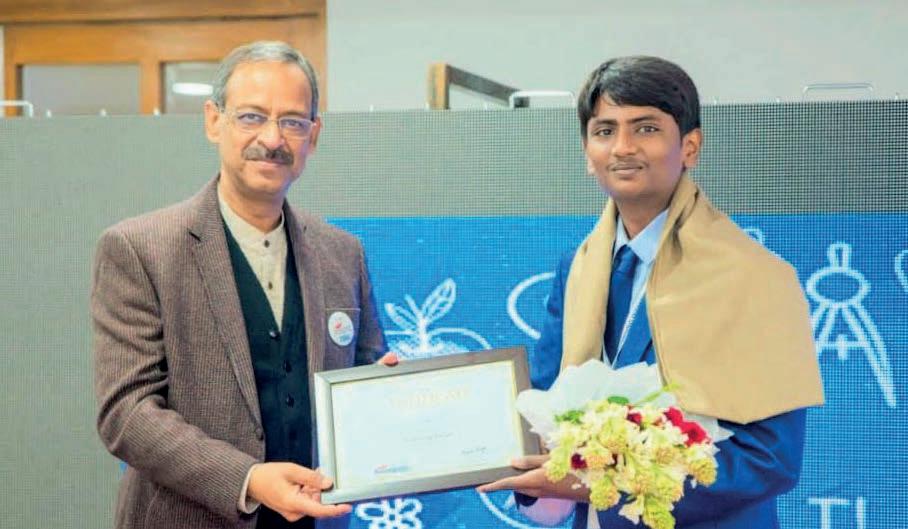
What is your motivation to start your own business?
My motivation to start Futura Robotics was driven by a deep fascination with technology and its potential to create significant societal impact. From a young age, I was captivated by robotics, AI, and blockchain technology. Founding my own business allowed me to turn innovative ideas into practical solutions, such as humanoid robots and electric vehicles, that address real-world challenges. Additionally, I wanted to provide accessible training in these advanced technologies to inspire and nurture future innovators. My goal is to push the boundaries of technology and empower others to join in this journey of discovery and innovation.
What are the challenges as an entrepreneur in managing your own business while juggling with your studies?
Balancing entrepreneurship with academic responsibilities presents numerous challenges, such as time management, prioritisation, and maintaining focus on both fronts. The demands of running a business in robotics, AI, and blockchain technology require constant attention and innovation, while academic commitments are equally demanding. I often find myself working late hours and making personal sacrifices to meet deadlines. This juggling act requires resilience, adaptability, and strong organisational skills. Despite the difficulties, these challenges have taught me valuable lessons in perseverance and multitasking, which are essential for any entrepreneur aiming to succeed in a competitive landscape.
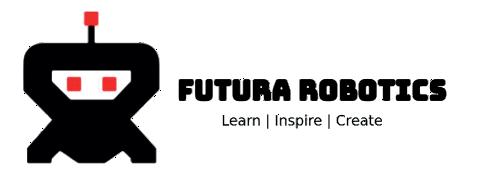
Futura Robotics is dedicated to making technology accessible and impactful through innovative solutions in robotics, AI, electric vehicles, and blockchain. Our mission is to address societal challenges with cuttingedge technologies, such as humanoid robots and AIdriven applications. As a training institute, we offer hands-on education to nurture the next generation of tech innovators. Founded with a vision to create real-world solutions, Futura Robotics is committed to excellence and making a positive impact on society through technological advancement and education.
What unique skills or insights have you learned from balancing both your academic and entrepreneurial responsibilities?
Managing both academics and entrepreneurship have strengthened my time management and strategic planning skills. I have learnt to prioritise effectively, delegate tasks when necessary, and quickly adapt to changing circumstances. This dual responsibility has enhanced my problem-solving abilities and resilience, allowing me to navigate complex challenges in both domains. Additionally, I have gained insights into the importance of maintaining a work-life balance, understanding the value of networking, and continuously seeking knowledge to stay ahead in both academic and business environments. These skills are instrumental in driving success and fostering innovation in any entrepreneurial venture.
What tips would you give to students who want to be future entrepreneurs?
For aspiring student entrepreneurs, my advice is to start small and stay curious. Embrace failure as a learning opportunity and seek mentorship from experienced professionals. Prioritise your tasks and manage your time effectively to balance academic and entrepreneurial responsibilities. Stay adaptable and resilient, as challenges are inevitable. Network extensively to build valuable connections and continuously seek knowledge to stay ahead in your field. Most importantly, pursue your passion relentlessly and innovate constantly. Your dedication and perseverance will pave the way for success, enabling you to create a lasting impact on society through your entrepreneurial endeavours.

Michael Christian Tangguh
• Bachelor of Science in Finance
SIM – University of London
• Chief Financial Officer, Coffee & Talk
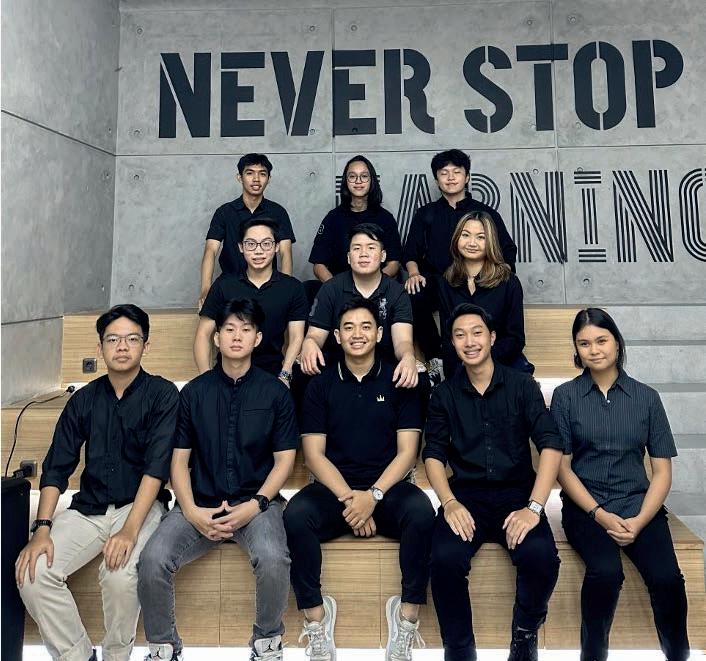
What is your motivation to start your own business?
It was the summer break of 2023, and I had a few months before university started. As someone who always wants to make the best out of everything, I naturally wanted these few months to be put to good use. My friend from Jakarta and I noticed a significant gap in financial literacy among youth in Jakarta and Surabaya (my hometown). Determined to make a difference, we launched Coffee & Talk to bridge the gap. This project became my primary focus, fueled by clear mission to address financial literacy issued for young people in our communities, driving us to create meaningful change for our generation.
What are the challenges as an entrepreneur in managing your own business while juggling with your studies?
Our biggest challenge is managing time. All our founders are studying abroad, spread across different time zones, making strategic decision-making and balancing responsibilities with our team in Indonesia difficult. To keep Coffee & Talk progressing, we dedicate hours each week to meet and stay aligned. Another challenge is the physical nature of our business model, with limited team members on the ground in Indonesia, maintaining clear communication and setting consistent expectations with them is essential to ensure smooth operations.
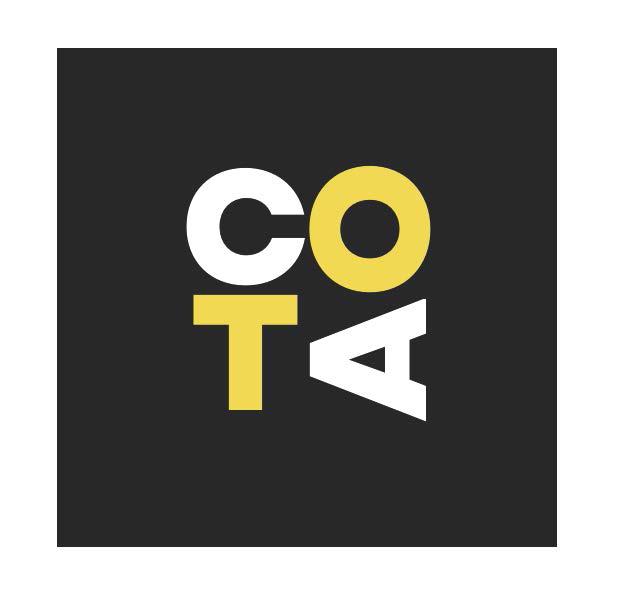
Coffee & Talk is a Surabaya-based firm offering personal finance and business development services to high school and college students. We provide workshops, internships, mentoring, and networking. Our unique approach combines financial skills, practical experience, and community building to empower Surabaya’s youth for future success.
What unique skills or insights have you learned from balancing both your academic and entrepreneurial responsibilities?
Things that look insignificant at first could mean something big in the future – that’s my unique take. Often, we overlook opportunities to prioritise on our studies. While it’s true that we cannot pick everything in life, those smaller ‘doors’ could open pathways to something bigger that benefit us in other ways. Imagine joining a club might lead you to know someone who offers you a great opportunity – just one of the examples. The conclusion is: taking chances is key to opening doors, but we must not forget our basic responsibilities, like keeping up with our classes and grades.
What tips would you give to students who want to be future entrepreneurs?
Always actively seek new opportunities and set clear goals. The former allows us to achieve what we want; you will naturally find what fits when you look for it, which might involve expanding your network or connecting the dots around you in unexpected ways. The latter is often overlooked, it is to have a clear goal. Many people build themselves to perfection but lack a clear direction, like a golden ship without a map. While in fact, a welldefined goal will become your main guiding force, driving you forward. Remember, the sky is the limit when it comes to setting your aspirations!
Before applying for that graduate internship, take some time to reflect on these pros and cons.
At long last, you are done with school –congratulations! With your resume, cover letter, and portfolio ready, it is the perfect time to dive straight into the professional world…or is it?
If you do not have any work experience under your belt, this jump might not be the best decision as employers may be hesitant to bring in an applicant without prior experience in the working world. It may not be the best idea for you either to enter the workforce without having any exposure to the industry or the job you are applying for. For example, what if the job is not actually what you imagined it to be?
One way to navigate this is by starting with a graduate internship—a way to test the waters. But before deciding, consider both the benefits and drawbacks.
The pros: Why you should do it
Regardless of whether you do an internship before or after you graduate, you can get your foot in the door at the company and/or industry you want to work in. Think of this as a long-term strategy –apply as a graduate intern, and give the internship your all to make an exceptional impression on your employers. If your manager likes you, you may just get a full-time job offer at the end of your internship!
It is not uncommon for graduate interns to be converted into full-time hires if they perform well. In fact, many employers find former interns a “safer bet” compared to external
candidates. After all, those with prior experience with the company already have an understanding of the office culture and have demonstrated their capabilities.
Even if you do not land a fulltime position when your internship wraps up, the experience will still look great on your resume, and you can use the experience as a stepping stone to explore opportunities with other firms in the same industry. You will also walk away at the end of your internship with the relevant experience and skills, not to mention positive testimonials and/or recommendations from your co-workers or manager. But you will need to perform well in the first place!
2. You can expand your professional network
An internship is a golden opportunity to grow your professional network as you will get to work alongside professionals in the industry you are interested in. Not only will you get to learn about what they do, you may even get the opportunity to get to know them personally. This can later be helpful for your future job search.
To maximise your internship experience, participate in as many physical or virtual networking events as you can – such as company or office events – and make a good impression by putting the best version of yourself forward. For all you know, someone who you introduced yourself to at one of these events may be looking for someone to fill a fulltime position in their department! Put yourself out there, and be on the radar.
Making a positive impression is a good start, but making a lasting impression is something you should aim to do as well. Keep yourself in their minds by adding the people you networked with on LinkedIn, but do not forget to ask them if it is
alright to do so beforehand. Drop them a personalised message to thank them for their time and for sharing their insights with you.
Doing an internship will help you discover the kind of roles in the industry that align with your personality, skill set and even longterm career goals. It is a great way to learn about how the industry works, and what is expected of the different roles within the industry – especially if you are shadowing a senior coworker or manager who has rich experiences to share with you.
However, the onus is on you to be proactive and make use of the resources available. You may not always be assigned to a mentor explicitly, but you can always ask someone friendly in the office to share their work-life stories with you, or to answer any burning questions you have about the industry and workplace.
However, avoid grilling a coworker or manager when they are busy. You do not want to annoy them! Office lunches, gatherings and networking events are typically good opportunities for you to ask questions.
If you did not spend enough time on CCAs or gaining other work experience that can help build your resume with relevant points for the industry you want to work in while you are still in school, it is not too late to start after you graduate.
An internship is the perfect way to develop the required skills and gain the necessary experience to make your resume attractive to recruiters. As the saying goes, better late than never!
Get a notebook and jot down your objectives as an intern at the beginning of your internship, as well as your achievements over its course. This will make it easier for you when you update your resume and cover letter. You can also earn some brownie points by mentioning them during your job interviews as well!
The cons: What you should consider
It is no secret that as an intern, you will be paid significantly less than your peers who hold permanent jobs. If you are living independently and supporting your own expenses, it may not be a good idea to pursue an internship.
You also have to think about any commitments you may have. Did you take up a student loan that requires immediate repayment upon graduation? Or do you have a family that requires your financial support? These are questions you need to ask yourself if you are considering an internship upon graduation.
Your internship role will likely not be as focused and specific as that of a graduate recruit on a training scheme. Instead, you will be given a variety of tasks that may seem insignificant, and you may find it difficult to develop key industry skills.
If you feel that you are not gaining the exposure you were promised, you could ask your manager or co-worker to assign you tasks that are more relevant to your ideal job. Showing initiative and requesting more responsibilities will not only help you grow professionally; it may also impress your manager and improve your chances of being offered a permanent role at your company.
You should also make sure that you are not simply treated as cheap labour. Interns are protected under the Employment Act just like other employees under a company’s contract, and should not be made to work more than 44 hours a week, or more than 88 hours for two continuous weeks. While it is
good to demonstrate that you value the opportunities given, it is also important to stand your ground if you are being mistreated. The trick is to strike a balance between knowing your rights and doing your job as an intern!
That said, best of luck on your internship journey and maximise the experience as much as you can!

As a Trade Marketing Intern, I supported property developers in Singapore by designing campaigns to increase project awareness and attract new customers for property developers. The goal was to generate more collaboration opportunities with PropertyGuru, the leading property platform in Singapore. On a daily basis, I worked on sales decks, attended meetings with the Sales team and worked closely with the Consumer Marketing team. Additionally, I led an Intern Project focus on researching the younger demographic’s buying patterns in the real estate industry. I brainstormed campaign ideas and constructed marketing collaterals for this project.
Why have you decided to do an internship, rather than a full-time/contract job or traineeship?
Entering University, I knew I wanted to gain internship experience. My past internships had been positive, and I saw the value they brought. Although unconventional, I leapt to pursue one after completing my final semester as I wanted to focus on finishing my studies first. After 2.5 years in school, I felt ready to enter the workforce, and an internship seemed like the perfect next step. I view it as a stepping stone and a progression into a full-time job. No regrets thus far! It has given me time and opportunities to discover myself and clarify my career goals. I did not have much difficulty in deciding on this, but there were moments when I started comparing myself to peers in full-time roles. I remind myself that it’s about purpose and embracing the process.
Beatrice Neo
• Bachelor of Arts in Communication
• SIM – University at Buffalo
• Trade Marketing Intern
• PropertyGuru Singapore
A good company culture is everything! At PropertyGuru, I had the opportunity to be part of a unique Internship programme that emphasised professional development. This meant a lot to me as a recent graduate seeking guidance beyond my role. Effective leadership is not just about what you say but also what you do! I had the privilege of working under exceptional leaders who provided clear direction and demonstrated strong work ethics. It is important to find mentors who are willing and patient to guide you – they can help with goal-setting and provide expert advice. Most of all, I learnt to leverage my strengths and to prioritise learning new skills, rather than simply focusing on the “doing”.
In addition to my daily tasks, staying informed about market conditions was a key aspect of the job and also a challenge. I overcame this by engaging in discussions about the property landscape with my peers and seniors. As a marketer, it is important to stay updated with the goal of understanding how consumer behaviour evolves with the market changes, allowing for the creation of campaigns that align with these shifts.
Good things take time. Don’t rush into things just because your peers are. You will never be an intern again, so make the most of it while you can! As a graduate, try not to perfect everything or pretend that you know all the answers, because nobody gets it right on their first try. Find a support system who you can celebrate your successes with, and stay open minded when things don’t go as planned.
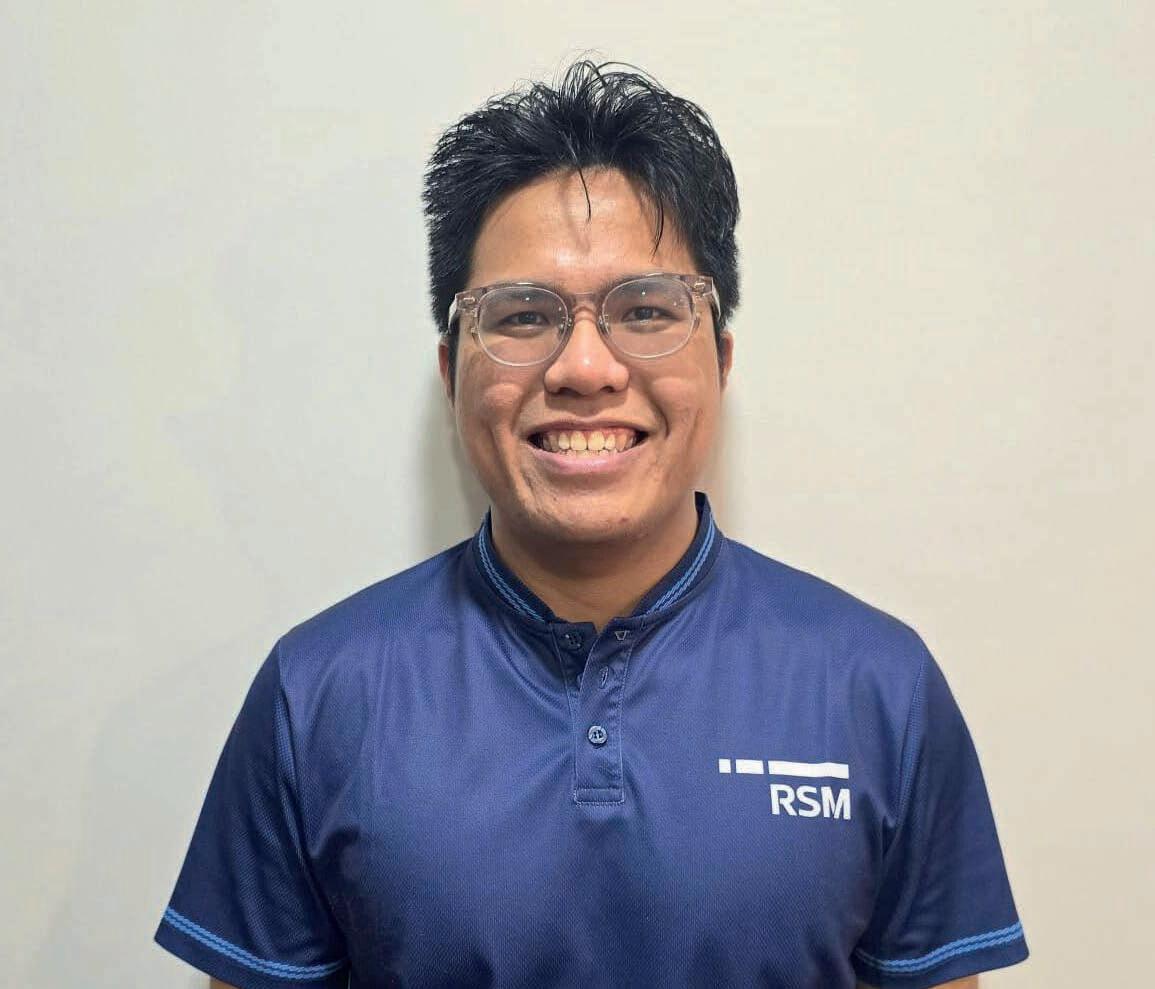
As a Valuation Intern, I supported valuation engagements by gathering and analysing financial data, building financial models and drafting reports for companies across various industries. Working closely with my team, I assessed company performance and contributed to valuation analysis for clients. This role has allowed me to develop technical skills in financial analysis and hands-on experience with valuation methods.
Why have you decided to do an internship, rather than a full-time/contract job or traineeship?
I pursued an internship to gain specialised, hands-on experience in valuations, which I consider it as a key foundational skill for my career in finance. Unlike a full-time role or traineeship, an internship provided the flexibility to explore the field and develop practical expertise without a long-term commitment. This allowed me to focus on building a strong portfolio and industry connections before fully committing to a specific path. Following this internship, I hope to secure a full-time role in this position, as I believe there is still much for me to learn and grow in this area.
My greatest takeaway is understanding that there is always a story behind the numbers. Whenever I began a new project, my first step was always to understand the company and its business model before building any financial model. No two companies are identical; each presents its own unique challenges and insights. This internship has emphasised the importance of recognising industry nuances and individual company dynamics, and how these factors should be factored into our model inputs and assumptions to produce more accurate and insightful analysis.
• Bachelor of Business (Economics and Finance)
• SIM – RMIT University
• Valuation Intern
• RSM Global
Any challenges faced?
Learning new valuation methods while managing multiple deadlines was challenging. To tackle this, I dedicated extra time to practise financial modelling on my own. However, what I found most effective approach was actively seeking feedback from my mentors. Their insights, drawn from years of experience, provided perspectives that I couldn’t find in online resources. I also compared my work to theirs, identifying differences to better understand their approach. This process helped me refine my techniques, apply best practices, and ultimately enhance the quality of my analyses.
My advice
While it may be tempting to jump straight into a full-time role, consider the benefits of internships for developing foundational skills and industry connections. An internship offer the opportunity to explore fields of interest, take on challenges, and receive guidance from experienced mentors. Embrace the chance to learn and ask questions—it’s a low-risk way to refine your career goals and gain practical experience that will make you a stronger candidate for future roles. Good luck!

As a research intern, I focused on developing a machine learning model from scratch to predict aircraft engine breakdowns and maintenance needs. This project was especially exciting because the model was being built for an actual aircraft engine manufacturing company that had outsourced the work to us. My responsibilities involved extensive literature review to analyse research papers and adapt machine learning techniques from similar projects. I regularly met with my supervisor to discuss progress, gain feedback, and brainstorm new ideas. When my ideas led to significant improvements, I presented my findings to a cross-disciplinary team of scientists and engineers for further evaluation.
Why have you decided to do an internship, rather than a full-time/contract job or traineeship?
There are several reasons I chose to pursue a research internship. After graduating, I wanted to focus on AI/ Machine Learning, and I felt that research would be the most effective way to gain a comprehensive understanding of the field. Additionally, I aspire to pursue a Master’s degree at a distinguished institution abroad, and hands-on research experience will strengthen my application. Lastly, I wanted to learn from some of the brightest minds in AI/Machine Learning, which led me to apply for the internship position at A*STAR.
My takeaways
I feel fortunate to have landed an internship at A*STAR, with a supportive supervisor who played a key role in guiding me through the process and consistently encouraged me to try different approaches to achieve our shared goals—a vital support for a fresh graduate. Additionally,
• Bachelor of Science in Computer Science
• SIM – University of London
• Research Intern
• Institute for Infocomm Research, A*STAR
I am currently working on publishing a paper based on my findings. I also had the chance to connect with other graduates at various educational levels in my workplace, gaining valuable insights for my project and advice for succeeding in this field. Through this experience, I believe I have matured both as a person and in my understanding of the field I’ve chosen to pursue.
There were major challenges I faced when deciding to pursue an internship instead of a full-time job after graduation. The first was financial; the internship pay was minimal, I had to manage on a tight budget, especially considering Singapore’s high cost of living. However, I believed the long-term benefits of the internship would outweigh these costs. The second challenge was the sense of falling behind, as I saw classmates securing fulltime jobs or pursuing master’s programmes. Now that my internship has ended, I am actively seeking full-time roles, confident that my research experience will give me an edge, even in today’s challenging job market.
My advice
Go for it! Graduate internships, especially in my field offer valuable opportunities to work on real-world problems, as you already have the foundational knowledge. It’s essentially like a full-time job with lower pay, but the benefits go beyond your skills development—they can also serve as a pathway to a full-time roles, either within the same company or in a similar positions elsewhere. Keep in mind that many companies today are looking for fresh graduates with some work experience or notable projects on their resumes. So, it’s important to have a clear plan and work towards it, step by step.
This is not a foolish undertaking, as it can boost your career opportunities and enhance your self-development.
As you went through university, the idea of picking up an internship, or role, unrelated to your field of study might have sounded entirely impossible, or at least something you might be better off not dabbling in…right?
Although there is some truth in that, the flip side is that while you may not be building specific knowledge, you will have the chance to pick up other skills and valuable experience you may not have the chance to otherwise.
The thing is, internships and jobs take you out of academia and bring you into corporate life, where you learn to network, gain working experience and pick up numerous professional opportunities to broaden your experiences.
These are just a few of the benefits of doing an internship, or getting a role, outside your field of study, so read on to get to know more of them!
If you are having second thoughts about whether you want to continue in a field related to your studies post-graduation, internships and part-time roles can act as an ideal safety net to test the waters. There is nothing wrong with using the time spent as an intern or part-time employee as a platform to explore other options open to you!
For example, if you are studying graphic design but maintain a blog on the side, you can consider internship or temporary roles in publishing houses that entail editing, copyediting, or content creation.
Alternatively, if you enjoy a broad range of music, you can ponder the option to join radio stations where your knowledge of artists and songs can come in handy.
Ultimately, take the chance to pursue your interests and passion –unrelated to your studies or not – and see if they can work out as a viable area of work for you as a full-fledged employee in the future.
When you take on an internship or job unrelated to what you studied, you are going to pick up a completely new set of skills unique to the area you are in. Although some skills may be more niche and specific, you will pick up transferable skills.
For instance, as you will have to learn on the job or take cues from colleagues on how to recognise and resolve problems, practically, you will build problem-solving, teamwork and communication skills. Moreover, just moving into a completely unknown field is already a study in adaptability.
Add these new skills to the skill set you already have courtesy of your field of study, and you will have an edge over other candidates in the future!








Even if you are not thinking of pursuing a multifaceted career in the future, a range of core skills listed on your resume will not hurt your chances of successfully landing a role. Employers are always on the lookout for candidates who show potential to be all-rounders, so your resume will help you stand out from your peers with your variety of skills and experiences!
The jobseeking landscape has become incredibly competitive over the past few years, and the uncertainty brought about by the present pandemic and possible upcoming recession has had a hand in heightening it, as well. Instead of competing for a single area of work, you can create more options for yourself by choosing an internship or role not necessarily related to your field of study.
On top of that, in a time when many internships and roles are being introduced or newly defined, you will find that your experience in different areas and a wide variety of skills will come in handy!
Employers prefer candidates who have broader perspectives and can focus more on building their capabilities, as they do not need to spend the time and resources training them.
Creating and maintaining a mutually beneficial network is crucial in any industry, and it is impossible to stress the importance of building connections. The broader your professional network is, the more valuable tips and opinions you can get to improve yourself in the future.
Moreover, you will be able to leverage your contacts to keep abreast of market trends and industry developments.
You can even ask around for different perspectives and insights into various areas of work. Your network may even help you land opportunities you may have no access to otherwise!
Although the decision to pursue an internship or job outside your field of study may be a smart one, it requires you to be brave enough to venture out of your comfort zone. Chances are, if you are willing to grab the bull by its horns and charge ahead while giving your all, you will benefit from the experience and boost your self-development after graduation!

As a DevOps Engineer Intern, I support our team in the development and management of cloud infrastructure, GitLab CI/CD pipelines, automation solutions while addressing daily operational issues. My role involves maintaining and enhancing GitLab CI/CD pipelines, setting up monitoring and alert systems to ensure site reliability, and managing permissions for security and compliance. I have contributed to projects that involve in deploying new infrastructure, refactoring existing systems, and automating dependency updates. Additionally, I focus on implementing processes to minimise security risks and improve overall system efficiency.
As a Management & Digital Innovation major, why have you decided to venture into an IT related internship role?
Interesting story, I was unsure whether to pursue IT or Business, so I chose a course that combined both. During my Automation Internship at Bollore Logistics, I had a business idea to automate a newsletter feed. My friend and I discussed the feasibility of the project, and I then designed and created the product using AWS, Python, Telegram and OpenAI. Although it worked, we discontinued it due to the other commitment and capacity. The experience however sparked a genuine interest in me, leading me to pursue a path as a software engineer.
Any challenges faced venturing into a different field and how you overcome them?
As a business major, I was initially worried about competing with peers who had stronger coding skills with experience. I even considered becoming a product manager as a backup. However, I recognised that my background could complement my role as a software engineer. My strengths
• Bachelor of Science in Management and Digital Innovation
• SIM – University of London
• DevOps Engineer Intern
• GovTech
in understanding business context, value propositions, teamwork, and communication set me apart. I bridged the gap by enhancing my technical skills and leveraging my business knowledge to identify valuable projects. Success comes from capitalising on your strengths, addressing your weaknesses, and staying adaptable to industry needs.
What have you done outside your academic that has prepared you in this switch of field?
In 2023, I embraced every opportunity by joining four CCAs, taking on multiple leadership roles, networked profusely with experts in my fields of interest, and participating in hackathons and business projects. These experiences developed my skills, awareness, competencies and character, ultimately leading to my current internship. As Steve Jobs said, “You can’t connect the dots looking forward; you can only connect them looking backwards.” Trusting that the dots will connect, I’ve given my best in every role, which has led me to where I am today.
Your advice to students who are considering an internship/job outside their field of study?
Cultivate a mindset of tenacious courageous pursuit, balanced by realistic societal expectations. Engage with as many industry experts as possible to gain insight and formulate your plans. Quantify the plan into yearly, monthly, and daily action steps. Dreams remain dreams without goals; goals remain goals without actions. Consistency is key – without it, you’ll never reach the finish line. Nothing is unachievable with enough consistency and intensity. Ultimately, the only barrier to achieving your goals is yourself. So just got for it! If you want it deeply and give it your all, I truly believe can achieve what you desire.
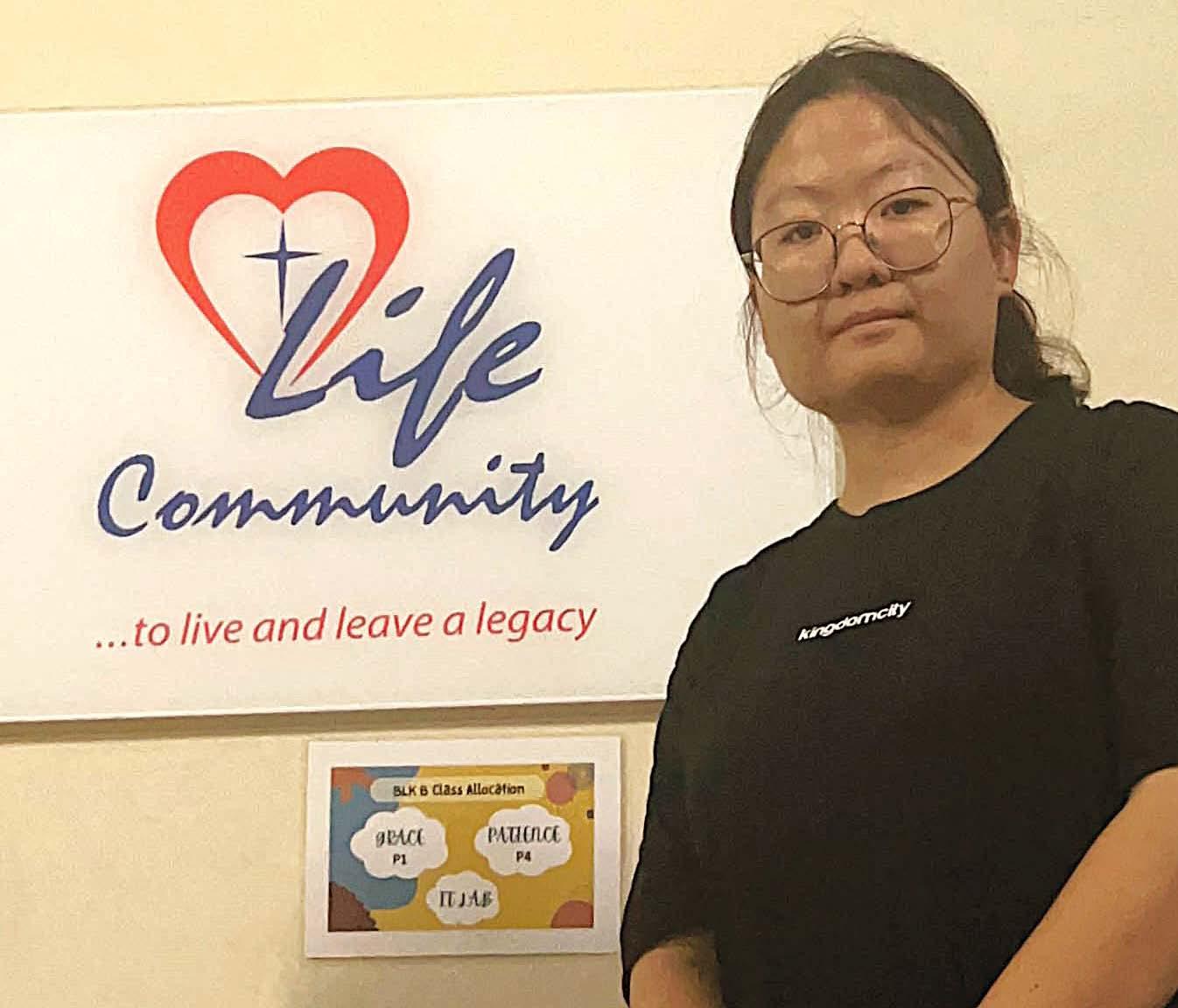
As a student care teacher, I foster a safe and supportive learning environment for primary school students, identifying and addressing their individual needs for holistic development. I supervise and guide students with homework to strengthen their academic skills. Besides planning and delivering programmes focused on character development, I also curate creative activities to promote innovation, critical thinking, and problem-solving. In addition, I maintain strong and open communication with parents, caregivers, and community resources to ensure the well-being of each child.
As an Economics & Management major, why have you decided to venture into early childhood?
I have always desired to make a positive impact in a personal, developmental setting, and the early childhood education stood out to me as an ideal path. While my studies in Economics and Management differ from this field, it equips me with valuable skills in strategic planning and efficiency. These skills allow me to create a wellstructured and engaging learning environments that support children’s growth and development.
Any challenges faced venturing into a different field and how you overcome them?
Transitioning from Economics and Management to early childhood education has been challenging. I encountered a steep learning curve in understanding child development theories and effective teaching practices. Initially, shifting from an analytical mindset to one focused on nurturing young children was difficult. To address these challenges, I connected with experienced educators on LinkedIn, who offered valuable advice and insights. Their guidance helped me deepened my understanding of the early childhood sector.
• Bachelor of Science in Economics and Management
• SIM – University of London
• Student Care Teacher
• Life Community Services Society
What have you done outside your academic that has prepared you in this switch of field?
Outside of my academic studies, I have participated in several activities that have prepared me for the switch to early childhood education. I worked closely with children of various ages through volunteering programme, and this hands-on experience allowed me to develop skills in managing group dynamics, facilitating activities, and fostering a supportive learning environment. Additionally, I actively networked with early childhood educators on LinkedIn, gaining valuable insights and advice that helped me navigate my career transition.
Your advice to students who are considering an internship/job outside their field of study?
My advice is to embrace the opportunity as a chance to gain valuable skills and experiences. Start by identifying transferable skills from your studies that can be applied in the new role, such as communication, problem-solving, and teamwork. Stay open-minded and be willing to learn, and actively network with professionals in the field to gain insights and advice. Approach each opportunity with a positive attitude, understanding that every experience can contribute to your personal and professional growth, even if not directly related with your degree.
Taking part in a Management Associate (MA) Programme is a good way to fast-track your career development after graduation.
Today’s job market is becoming increasingly competitive, making it harder for fresh graduates to compete with peers who may have spent time acquiring both industry experience while maintaining their grades at the same time. This is where MA Programmes can play a big part in helping to accelerate young professionals and put them in positions to grow into leadership roles.
One key advantage that such programmes offer is their structured and comprehensive approach to preparing participants for the workforce. This includes hands-on experience across sectors, job rotations, formal training, and mentorships, all of which is designed to provide a holistic and conducive environment for candidates to reach their potential and fill leadership roles in their respective companies.
For example, job rotations not only allow future managers to gain cross-functional experience in the different departments they may be managing, but they also gives them a chance to immerse themselves into the jobs. In doing so, they can pick up insights that can only be acquired by being involved in everyday tasks, and this allow them to better understand the perspectives of other staff members.
Despite the many perks of an MA Programme, it is not without its challenges, such as the high pressure and fast pace nature of the initiative. Participants will be required to meet certain standards and will be evaluated closely and frequently, which means they will need to put their best foot forward for every task and situation.
On top of that, the regular job rotation might lead to issues like role misfit. For instance, if a candidate’s interest is in marketing, they may not enjoy the work in other areas, which can result in dissatisfaction. Another factor to consider is specialisation, which requires individuals to put in the time in a certain department to learn specific skills and insights. With job rotations happening so routinely, those who are keen on specialisation may not get the chance to do so, essentially becoming the jack of all trades instead.
• Bachelor of Business (Marketing)
• SIM – RMIT University

Shiv Prasad Pathak
• Media Executive, Graduate Talent Programme
• Publicis Groupe
My role
I am currently a Media Executive at Publicis Groupe, where I work on the Walt Disney account. This programme is an excellent launchpad for anyone looking to break into the media industry. It offers comprehensive training in essential areas such as Google Analytics, campaign management, and media planning, alongside realworld experience in client interactions and relationship management.
During my time here, I’ve had the opportunity to contribute to a variety of projects. These range from promoting Korean titles on Disney+ to planning campaigns for blockbuster releases like Deadpool, Wolverine, and Inside Out 2. Each project has deepened my understanding of media strategies, campaign execution, and the creative planning needed for highimpact releases.
Why did you opt to apply for MA Programme over other roles?
I chose this programme because it offered comprehensive training within a globally recognised agency, along with mentorship to guide my career development. This early support allows me to build a strong foundation in media while exploring my strengths and interests. As I’m in the early stage of my career, I see this as the perfect time to experiment and identify the areas I want to focus on to grow in the industry.
How was the selection process like and tips to ace it?
The selection process is challenging but very rewarding. There are four stages:
1. An initial screening call with HR
2. An interview with two directors, focusing on past experiences and motivations to join Publicis Groupe
3. A presentation on a provided topic
4. A team interview to check compatibility
For the presentation stage, my advice is to go above and beyond—download the company’s logos, fonts, and assets to reflect its branding in your work. It’s a simple yet impactful touch to show your dedication and attention to detail. Most importantly, be confident, stay curious, and let your enthusiasm show through.
Competition may be tough to enter the programme. What do you think made you stand out from the rest of the applicants?
I believe my thorough research and preparation set me apart. I made sure to reference past campaigns and recent events at Publicis, which demonstrated my genuine interest and alignment with the company’s work. For my presentation, I followed closely to brand guidelines, including logos and fonts, showing that I was ready to hit the ground running. My advice? Be confident in your skills, stay open to learning, and engage with warmth and excitement.
What are some challenges you face in your current role and how you overcome them?
Agency work can be fast-paced with tight deadlines, and I initially struggled with time management. To address this, I started using Notion to track my tasks and set clear priorities. By following a structured daily routine, I’ve been able to keep up with demands and deliver quality results on time.
Your advice for your peers and juniors
If you are starting out and considering different career paths, a MA programme can be a game-changer. It provides you with structured training and hands-on experience that most entry-level roles might not offer. If you’re interested in applying, focus on building relevant skills early on—join activities, take part in projects, or get an internship that gives you some grounding in the industry. For me, multiple internships during university helped me explore different facets of marketing and media, ultimately making me more prepared and confident to step into this role.

• Bachelor of Science in International Business
• SIM – University of Birmingham
The 2-year Marsh Early Career and Graduate (MEG) Programme allows for exposure to 2 11-month rotations within specific business segment and I am also required to complete a collaborative business case project and three mandatory insurance certifications. Currently, I am part of the claims management team in the advisory department, assisting companies in navigating insurance claims and coordinating with relevant insurers and reinsurers.
Why did you opt to apply for MA Programme over other roles?
MA Programmes are great career starters, offering valuable support especially for students with limited corporate or internship experience. These programmes provide structured training and mentorship, easing the transition into full-time roles and allowing room for growth and learning. At Marsh, for instance, graduates are paired with pre-selected managers as mentors, and a buddy to assist with company procedures. I believe for SIM students, who may have fewer internship opportunities, graduate programmes are particularly beneficial, offering nurture environments to cultivate internal talent, with less demanding requirements, making them an attractive option in a competitive job market.
How was the selection process like and tips to ace it?
There were three rounds which began with a video interview via Hirevue, where applicants answered standard questions. Next, candidates completed an online psychometric and cognitive test assessing numerical and language reasoning. The final round involved an online assessment center and interview for shortlisted applicants.
My advice is to highlight your leadership skills, technical expertise, other qualities valued by the company, and align your examples with must expectations. For the assessment centre, focus on collaboration and don’t hesitate to voice disagreements, but remember to always back up your stance with strong, effective arguments.
• Marsh Early Career and Graduate (MEG) Programme
• Marsh McLennan
Competition may be tough to enter the programme. What do you think made you stand out from the rest of the applicants?
Interviewers often seek more than just direct answers–they want to understand your motivation and character. Sharing personal stories helps them see you more as a person, not just an “applicant.” For instance, when asked what superpower I would want, I chose flight. I also shared a story about my father’s fear of flying, and with this superpower, I could bring my parents around the world. This approach allowed me to connect on a deeper level with the interviewers.
What are some challenges you face in your current role and how you overcome them?
A common challenge in the workforce is navigating boundaries and office politics. It is important to practise restraint and prudence in your conversations with managers, supervisors, and colleagues. Similarly, learning to set boundaries with your superiors – especially difficult or overly demanding ones who intrude on your personal time and space – is crucial for maintaining a healthy worklife balance.
Your advice for your peers and juniors
Be proactive and make the most of your time in school! It’s essential to acknowledge that graduates from SIM may sometimes face certain bias against graduates from other autonomous universities, who gain experience through internships or work as part of their curriculum. Hence, SIM students have to actively seek out internship opportunities. It is also important to develop relevant skills and build professional connections to remain competitive.

Ellycia Chen
• Bachelor of Business (Economics & Finance)
• SIM – RMIT University
My role
As an Assistant Store Manager, I support daily operations to enhance customer experiences. Previously, I was a candidate for Uniqlo management, completed a sixmonth training programme focused on store operations. This training honed my skills in staff development, including effective coaching techniques, and inventory management to optimise stock levels and minimise waste. I also engaged in projects on implementing visual merchandising strategies and developing staff training workshops. These experiences strengthened my leadership skills and deepened my understanding of the retail industry, preparing me for future managerial roles.
Why did you opt to apply for MA Programme over other roles?
I chose to apply for an MA programme as it offers a structured environment for growth that aligns with my career goals. As a recent graduate, I appreciate the organised curriculum and access to experienced faculty, which will deepen my theoretical knowledge and practical skills. The collaborative atmosphere also allows me to connect with peers who share similar interests, creating valuable professional networks. Ultimately, pursuing an MA is a strategic step to enhance my qualifications and develop critical thinking abilities, ensuring I am wellprepared for future career opportunities.
How was the selection process like and tips to ace it?
The process consists of five stages: it begins with an assessment to test problem-solving and technical skills, followed by interviews to gauge job fit and leadership potential. Candidates may complete internships or projects to showcase their abilities and concluding with a final presentation. To succeed, tailor your resume for the role, present confidently, and demonstrate leadership skills at each step. Stay authentic, well-prepared, and show both your skill and enthusiasm.
• UNIQLO Management Programme
• UNIQLO Singapore
Competition may be tough to enter the programme. What do you think made you stand out from the rest of the applicants?
To stand out in a competitive programme, I focused on being proactive and showing leadership. I didn’t just complete tasks but seeking additional ways to contribute, demonstrating my strong interest in the role. During interviews and presentations, I took the initiative to share my ideas and confidently explained my approach. This proactive attitude, along with a willingness to exceed beyond basic requirements, helped me to leave a strong impression. Taking ownership of my work and showing that I was invested in the role were key factors that likely set me apart from other candidates.
What are some challenges you face in your current role and how you overcome them?
Taking on a role outside my major was both exciting and challenging. I expected new responsibilities, but some challenges surprised me—especially people management. Leading others can be tough because there isn’t one “right” way to approach every situation. Each person is different, so managing effectively means adapting and trying different strategies. I’ve learned that trial and error is part of the process; testing what works and learning from what doesn’t. This experience has taught me to be flexible and open to change, as well as patient in finding the best ways to support and motivate my team.
Your advice for your peers and juniors
I advise peers to consider MA programmes to focus on developing essential skills and experiences. Start by refining your resume to identify gaps in your qualifications. My involvement in CCAs at SIM, especially as president of JCGS and director of talent curation, was crucial for building my leadership skills. These roles helped me develop a proactive mindset and confidence, which are vital for success in any MA programme. Engaging in leadership activities and taking on responsibilities allowed me to gain practical experience that are directly benefited my career. I encourage others to participate in similar activities to strengthen their skills and prepare for future opportunities.
Here are some tips to nail your ideal job before you wrap up your degree
Your time in university is not just about studying and acing examinations. There are plenty of other avenues you can make use of in order to boost your resume and skill sets so you can elevate your capabilities as a future employee while increasing your chances of standing out from the crowd and getting your dream job.
Join interest groups 1
Interest groups or student clubs are some of the best places to be if you have a passion or are enthusiastic about something. They are not just a gathering of like-minded individuals, but it is also a source of information where people can come together and share knowledge about topics they love.
Be it social causes, the arts, sports, or music, being a part of a group can help make you feel welcomed and included while offering you a space where you can learn new skills and collaborate with others - things that employers look for in potential hires.
A great way to give back to the community without financial obligations is through volunteering, which makes it an easy way to develop skills and gain experience in new and specific areas. It also allows you to experience opportunities and challenges that are different from what you may go through in a corporate setting, which is something that employers are looking for.
Volunteering is also a good way to build your network, where you might meet people who can help open new doors for you and connect you to potential job openings.
Company visits can be an indispensable resource when it comes to learning about an organisation. It provides first hand experience of how a business operates by essentially peeling back the curtain of what it is like to work for them, fostering a deeper understanding of the industry’s inner workings, and the skills needed to succeed in the sector.
You also get to see the company’s workplace culture, values, and environment in person, which plays a critical role in whether it aligns with your interests and goals, and ultimately affects if you would apply for a job there or elsewhere.
Participate in career talks
The power of connections cannot be understated, particularly in this day and age where technology links people together. This is particularly true when it comes to employment, where recruiters are going online to find, assess, and hire new employees through professional networking sites like LinkedIn; something that should be used actively by students before they graduate to establish a presence and their visibility on the platform.
Aside from online networking, inperson events like mixers, seminars, and conferences are also a good place to meet with new people. An advantage of connecting in real life is that it offers employers a more comprehensive idea of who you are and helps build a more genuine connection, which may be difficult to achieve over a screen, so do not miss out on such opportunities.
Upskilling is one of the best ways to increase your visibility to employers. With the adoption of artificial intelligence and the rapid changes of many industries due to such disruptions, an employee that constantly upgrades their skills is a valuable asset to any organisation.
The best part is that with the Internet at our fingertips, there are limitless resources for you to make use of. This can range from Youtube videos and free training sites for self-directed learning, to online universities and courses that you can attend at your own pace. There are also webinars and programs held in real-time over online platforms so you can participate actively but from the comfort of your own home, making it extremely easy to learn new skills.
Being able to sit in for career talks will not only lend you perspectives on various industries, their job roles, and career paths, but also help you to better understand what employers are seeking and what skills are in demand right now. With this information, you can then take time to develop your resume and technical portfolio accordingly, which offers a competitive edge over other candidates.
It is also a good place to gain exposure to different sectors that you are not familiar with, or know much about, which can help uncover new areas of interest, further refine your career goals, and give you a clearer direction during job searches.

• Bachelor of Business (International Business)
• SIM – RMIT University
As a Recruitment Consultant, I manage the entire recruitment cycle, from sourcing candidates to placing them in roles that align with their skills and aspirations. I work closely with clients to understand their specific needs and identify the right talent. In addition, I engage in business development, building long-term partnerships while ensuring job marches between candidates and client requirements. My daily responsibilities include both candidate sourcing and client support, securing qualified candidates for open positions and ensuring the recruitment process runs smoothly.
Being able to secure a job before graduation, what do you think makes you stand out from the rest of the applicants?
What set me apart was my proactive approach. I applied insights from my career coach to position myself as the ideal “puzzle piece” that fit for the company. By understanding how my unique skills, experiences, and personality could fill gaps and meet their needs, I demonstrated how I could seamlessly integrate into their team and contribute to their goals. Besides highlighting my qualifications, I showcased how I could be the ‘perfect fit’ within their existing framework. This tailored approach, along with networking and follow-ups, helped me secure the role before graduation.
• Recruitment Consultant
• Recruit Express
How has your time in SIM (e.g., your involvement in CCAs) helped you secure a job before graduation?
My time at SIM was invaluable in shaping my skills. Leading group projects and participating in CCAs honed my leadership and teamwork skills, which are essential in recruitment industry. These experiences enhanced my ability to work effectively with diverse team and individuals. Balancing academics, extracurriculars, and adapting to life as an international student built my resilience and adaptability, which have been critical to my success in a dynamic, fast-paced environment. These skills have helped me thrive and effectively navigate challenges in the people-oriented industry I am in today.
Starting to shape your career journey is important. While things may not always go as planned, having a clear vision of your goals will inspire you to take initiatives. Start early and stay curious—each experience is a stepping stone. Whether internships, part-time jobs, or networking events, make the most of every opportunity. Don’t hesitate to take on challenges, even if they seem out of your comfort zone, seek clarity and guidance from a career coach. The more you stretch yourself, the better prepared you’ll be to seize the right opportunity when it arises, bringing you closer to your dream job.
Exploring different options is vital to eventually finding the perfect role for yourself, so do not be afraid to pluck up the courage to play the field when it comes to your career.
Have you ever wondered if there are other career options you can explore? Although overseas exposure is becoming increasingly viable with reopening borders, keep in mind that some countries may still request that you commit to a certain period of time in quarantine.
So, how about being your own boss? If that appeals to you, you have the opportunity to plan your own work schedule and pick only the work you want to do.
Transitioning to the working world can be stressful, but even as you navigate your way, remember that it is all right to break the mould and explore other options that may better fit you and your aspirations.
Here are some alternative pathways you can keep in mind.
If you cannot find anything that suits you in the local job market, there is no harm in turning your sights to opportunities abroad. On top of that, graduates with a good command of English are highly sought-after on the international market.
Although travelling can be rather inconvenient with vaccination requirements and the occasional quarantine order, there are plenty of English-speaking countries and international companies in non-Englishspeaking nations to choose from. Your options are unlimited!
You can pick up and hone skills that are useful and increasingly valued in today’s globalised world, such as an international outlook and adaptability
You will have the opportunity to meet and work with people from diverse backgrounds and develop an international professional network, something which will come in handy the further you progress in your career
Location:
It is vital that you consider the country you will be moving to. Are they accepting foreign travel at the moment? What are their vaccination requirements? What are their procedures when you land? Think about the distance from home, too. While this may break the deal for some – especially if you plan to shuttle home often over the duration of your employment – others may actually want the distance.
Another aspect you should reflect on is the country’s culture. No matter where you decide to go, there will be different cultures and business practices. The good thing, however, is that this can help you develop open-mindedness and the ability to adapt to diverse environments – traits you can bring up and talk about with your future employers in job interviews.
Visa/work permits:
Make sure to ask prospective employers if they provide the necessary visas or permits you need to legally work in the country they are located in. As a prospective expatriate, you will find immigration procedures to be a taxing and complex process, so it is important to find out if employers are at least able to give you the support and guidance you will need to get through.
Cost of living:
Living costs vary from country to country, so it is important that you conduct thorough research on day-to-day expenses such as food, transport, accommodation and utilities.
But keep in mind that exchange rates also fluctuate, particularly if you will be transferring money regularly across countries. Consider these factors and assess if your pay would be able to sustain such costs.

Although it is common for graduates to work in an industry for a few years before striking out on their own, you can think about starting your own company while you are still in school if you have something workable.
If you need advice and funding, SPRING Singapore’s entrepreneurship page is a good place to begin. There are also other useful links to organisations like the Acton Community for Entrepreneurship (ACE).
You will have the freedom and flexibility to work at your own pace
• You will be able to pick up and hone essential business skills, such as bookkeeping, collecting debts, marketing and filing tax returns
Risks:
All entrepreneurs face the same risks with uncertain market conditions and financial struggles, especially when working within tight budgets. As a result, a lack of funds and market volatility can make it difficult for a business to run smoothly and effectively.
This drives home the importance of having a good and effective business plan, and conducting thorough research before taking the plunge to becoming an entrepreneur.
Attitude:
Resilience and determination are two of the most important qualities you will need in the face of building your business.
If you do not have the attitude to remain upbeat and positive throughout, this may not be the path for you.
Network:
Before you choose to walk down this career path, it is a good idea to understand the level of commitment needed.
One way to gauge this is to get in touch with other entrepreneurs, whether they have succeeded or failed. Their experience and advice will give you valuable insights and context into your endeavour to become a successful business owner.

Brent Tan
• Bachelor of Arts in Events Management
• SIM – University of Stirling, Class of 2024
• Founder, Brand Builder Talents
What is your motivation behind starting your own business?
The motivation for starting Brand Builder Talents was to help professionals, and students increase their branding visibility and guide mid-career individuals in building and enhancing their personal brands, this was my initial business model. With invaluable advice and guidance from my mentors, today in addition to personal branding, I also assist companies in building employer brands as a brand ambassador. I recognise the need for a platform where individuals could elevate their career profiles and unlock new opportunities through networking and personal branding. My goal is to empower professionals to showcase their strengths and align them with their career aspirations through social media.
How has your time in SIM prepared you for this journey?
My nine-month internship at Career Connect and attending various workshops at SIM, played a pivotal role in shaping my entrepreneurial journey. Through handson experience and learning about industry trends, I was able to develop crucial skills in career development, networking, and personal branding. These experiences laid a strong foundation for launching Brand Builder Talents and equipped me with the knowledge to guide others.
Attending workshops by industry leaders such as Ms Ratna and Mr Lionel Lim, who specialise in storytelling and personal branding respectively, inspired me to create my style of professional that brought me to this industry as a trainer. Additionally, learning from Ms Christina Tan’s pitching techniques, I managed to enhance my communication skills and enable me to close most of my sales effectively.

Brand Builder Talents is a platform focused on helping professionals increase their visibility and grow their personal brands. We specialise in guiding mid-career professionals and students of all ages in career development, personal branding, and networking strategies to help them stand out in a competitive job market. Our mission is to empower individuals to reach their full potential through meaningful connections and tailored brand-building techniques.
What are the benefits and challenges of managing your own business?
Managing my business independently can be both rewarding and challenging. One of the key challenges is juggling multiple responsibilities, from reaching out to potential clients to closing deals. It can be overwhelming, but it trains you to become more resilient, resourceful, and independent. On the positive side, running my own business allows me to create meaningful impact, meet amazing people, and build something I truly believe in.
What are some tips for students who want to become future entrepreneurs?
Start by clearly defining your purpose and what you want to achieve. Understand your values and how your product or service can provide value to others. Planning is essential, so please make sure you map out your goals and the steps to reach them. Additionally, focus on building relationships, leveraging your network, and always staying adaptable as you grow.
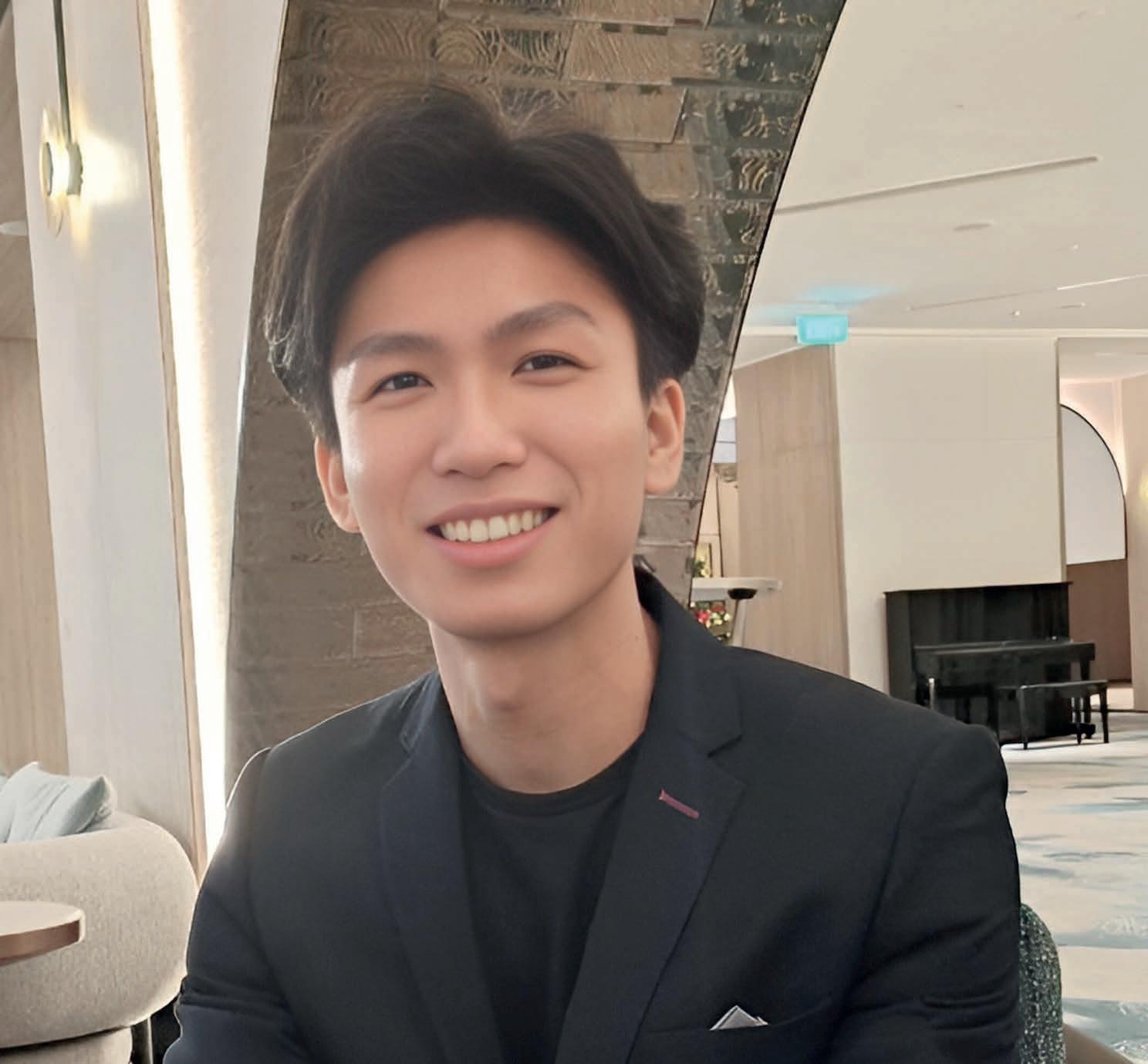
Alcalvie Ian Leong
• Bachelor of Business (Marketing)
• SIM – RMIT University, Class of 2023
• Founder, Pencil Labs
What is your motivation behind starting your own business?
Inspired by the power of ChatGPT and having been exposed to automation during my internship, I saw an opportunity to help businesses become more efficient without expanding headcount. I helped them automate tasks like answering FAQs, broadcasting marketing offers and process documents. My learnings from the data analytics club gave me the technical foundation to develop AI-powered solutions. Eventually I put two and two together and decided to take the leap of faith, diving in to start an AI automation consultancy that helps businesses streamline their processes. The vision was simple: leverage AI to help businesses focus on growth rather than repetitive tasks.
How has your time in SIM prepared you for this journey?
My involvement in AIESEC was transformative, teaching me to work effectively with stakeholders across different organisational levels. It provided a safe environment to develop business acumen and decision-making skills. Meanwhile, the Data Analytics Club offered handson experience with practical projects, helping me get familiar with Python and various technical frameworks. These experiences were invaluable in assisting me to develop AI solutions today. The combination of technical skills and business exposure from my CCA involvement created the perfect foundation for my entrepreneurial journey.
What are the benefits and challenges of managing your own business?
The most rewarding aspect is transforming client problems into effective solutions. There’s an unmatched sense of achievement when overcoming technical challenges and seeing clients satisfied with the results. However, managing cash flow remains our biggest challenge, as enterprise approval processes can create gaps between project completion and payment. This can affect our scaling capabilities, especially while maintaining ongoing operations and development.
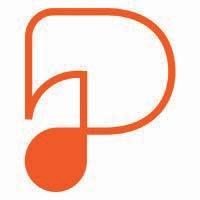
Founded in mid-2023, Pencil Labs specialises in AI chatbots and process automation, helping businesses grow efficiently through digital transformation. Our flagship WhatsApp Business platform (Chatrena) revolutionises operations with 24/7 autonomous chat agents, while other solutions span from intelligent document processing to custom AI applications. We’ve delivered impactful results across industries - helping Starhub push the boundaries of AI Avatars for front-desk operations, enabling ValueMax to save significant man hours in document processing, and developing an AI-driven food recommendation platform for Burpple. Our solutions consistently reduce operational costs while increasing productivity and revenue through AIdriven innovations.
These challenges taught me a valuable lesson: while ideas are abundant, successful entrepreneurship is about swift execution and continuous process improvement.
What are some tips for students who want to become future entrepreneurs?
Don’t wait until you feel fully prepared – perfection can be paralysing. The most valuable learning comes from actual experience and overcoming real challenges. Focus on developing key skills like client negotiation, solution architecting, and staying adaptable to market needs. Leverage AI tools for research and development and stay current with industry trends. Build your knowledge through various channels – YouTube for visual learning, industry forums like Reddit, and following key thought leaders on LinkedIn. Most importantly, maintain a bias for action: think less, do more.
The dilemma between postgraduate studies versus a full-time job often comes down to the goals you set for yourself and the industry you are looking to join in the future.
When it comes to options postgraduate, degree holders typically choose between a full-time job and advancing their studies. The choice they make is often a reflection of their goals, interests and circumstances, and each path comes with their own set of opportunities and challenges that can be advantageous or disadvantageous career wise.
For example, a postgraduate qualification can not only offer you access to a higher paying job, but can also help advance your career prospects in academically inclined fields. On the other hand, securing a full-time job allows you to start building a solid financial base, garner valuable experience, and develop hands-on skills that can only be found in the workplace.
Entering the corporate world after graduation has many perks and benefits such as practical experience in a realworld setting; something that can be difficult to acquire in an academic setting. This experience is often valuable to employers who understand that aside from skills, a proficient employee is more adaptable and versatile which allows them to assimilate into any role quickly.
Early exposure to a professional workplace not only gives graduates a chance to build their network, grow their capabilities, and earn a salary, but also helps them to develop their understanding of the industry they are working for. This ultimately gives them the confidence to explore new areas of work to find the job that best suits them, their goals, and their lifestyle.
Taking on a postgraduate degree meanwhile, is less of a transition to make. Having spent many years in an academic environment, moving to a higher field of study will feel more familiar and comfortable as opposed to joining the workforce, which operates completely differently. This choice would also appeal more to those who are looking to seek future jobs that require candidates to have that higher level of qualifications.
For instance, career progression in sectors like law, medicine and finance is more likely to happen if employees hold a master’s or doctoral degree in the relevant field of study. This is the same for new hires who are looking to transition to a more specialised role in industries like STEM, in which having the knowledge will open up more choices and possibilities for them.
Advancing your studies could be a good idea, but there are some things to take into consideration, especially about your future plans. One such consideration is the fact that postgraduate courses are expensive, and even with scholarship programmes available, the overall cost is something to be accounted for, especially when it comes to students who lack stable financial backing.
The next consideration is time. Some courses take as long as a standard bachelor’s degree, but others may require more time, which can be detrimental for students who may not be able to sustain an extended period of payments. This also means that it will take a longer time for students to enter the workforce, and they may lack the vital experience to go with their qualifications which would grant them access to a higher salary base.
Lastly, students need to consider the value of their certifications that they are chasing. Postgraduate degrees are a good asset to have in your resume, but their ability to help you get hired is entirely based on the industry that you join. Employers in some sectors would prefer to hire employees who have more experience and skills over qualifications, while others prioritise academics due to the nature of their work, so it is important to match the expectations of the industry with the recognised value of the credentials before embarking on any courses.


• Bachelor of Science in Data Economics and Politics
• SIM – University of London, Class of 2022
What motivated you to pursue a master’s degree instead of starting your career immediately?
My motivation for pursuing a master’s in Management at Trinity College Dublin stemmed from a desire to deepen my understanding of business strategy and global management principles. While I could have started my career directly, I believed that this advanced degree would allow me to build a solid foundation in core areas such as leadership and critical analysis. The knowledge and network I am gaining will ultimately enable me to bring greater value to future roles and fast-track my career growth.
How do you think a master’s degree will impact your career opportunities and progression?
Pursuing a master’s degree in Management is helping me develop essential skills beyond technical knowledge, including strategic thinking, team collaboration, and adaptability in diverse environments. These skills are vital for roles that involve global operations and client interactions, like my current role at CMA CGM Asia. With this master’s degree will open doors to senior roles with broader responsibilities, ultimately accelerating my career progression and expanding my impact in the corporate world.
• Pursued in Master’s in Business Management at Trinity College Dublin
What challenges did you consider when deciding to delay entering the corporate world for further study?
A key challenge I faced was the opportunity cost— missing out on immediate work experience and delaying income. Additionally, I also had to consider the demanding nature of a master’s programme, which requires a strong commitment to learning and personal development. I also knew I’d need to quickly adapt to a diverse, competitive environment to maximise my time at Trinity. Ultimately, I recognised the long-term benefits of this investment, both in terms of career advancement and personal growth, outweighed these initial challenges.
What are some tips that you can give to students who are uncertain about whether to pursue further studies or enter the workforce?
For students undecided whether to pursue further studies or enter the workforce, I suggest assessing both short- and long-term goals. Consider how an advanced degree aligns with your desired career aspirations—whether if it can offer essential skills, network opportunities, or industry knowledge that may not be easily gained through work. It’s also helpful to gain some work experience first, even through internships, can also provide clarity on career goals and make graduate studies more relevant and impactful.

• Bachelor of Science in Data Science and Business Analytics
SIM – University of London, Class of 2023
What motivated you to pursue a master’s degree instead of starting your career immediately?
Gaining work experience before pursuing my master’s allowed me to make more informed decisions about my career path. It gave me a clearer sense of my professional interests, strengths, and the specific areas where I want to build expertise. This experience was essential for pinpointing my aspirations and understanding the skills needed to achieve my goals. During this time, I discovered a strong interest in statistics, especially in finance, which led me to pursue a master’s degree to deepen my knowledge and refine my career direction. The year in the workforce provided valuable insights that solidified my decision to specialise and continue my education now.
How do you think a master’s degree will impact your career opportunities and progression?
A master’s degree will provide a pathway for specialised knowledge and skills in my chosen field, helping me gain expertise beyond what’s possible at the undergraduate level. This advanced training not only deepens my theoretical understanding but also equips me with practical skills, positioning me for roles with greater responsibility and complexity. The master’s degree will serve as a stepping stone, opening doors to meaningful career opportunities and growth.
• Currently Pursue in Master’s of Science in Financial Statistics at The London School of Economics and Political Science (LSE)
What challenges did you consider when deciding to delay entering the corporate world for further study?
One major consideration was the opportunity cost in terms of both time and finances. Pursuing a master’s requires a significant time investment, especially when balancing part-time work alongside studies. Managing both is challenging but ultimately rewarding, as I gain the dual benefit of overseas work experience while enhancing my academic qualifications. This decision is also a personal commitment to balancing my professional aspirations with academic growth, and I believe the skills and knowledge I gain from both will be well worth the effort and sacrifices.
What are some tips that you can give to students who are uncertain about whether to pursue further studies or enter the workforce?
My advice is not to pursue further studies simply to obtain a degree or certificate. Instead, choose it because you’re genuinely passionate about the subject and want to deepen your expertise. If you’re uncertain, spending time in the workforce can be very insightful — it provides exposure to different roles and helps you discover what truly interests you. Gaining work experience first allows you to better determine your true interests, which can guide you toward either advancing in your job or pursuing a master’s degree when the time feels right.
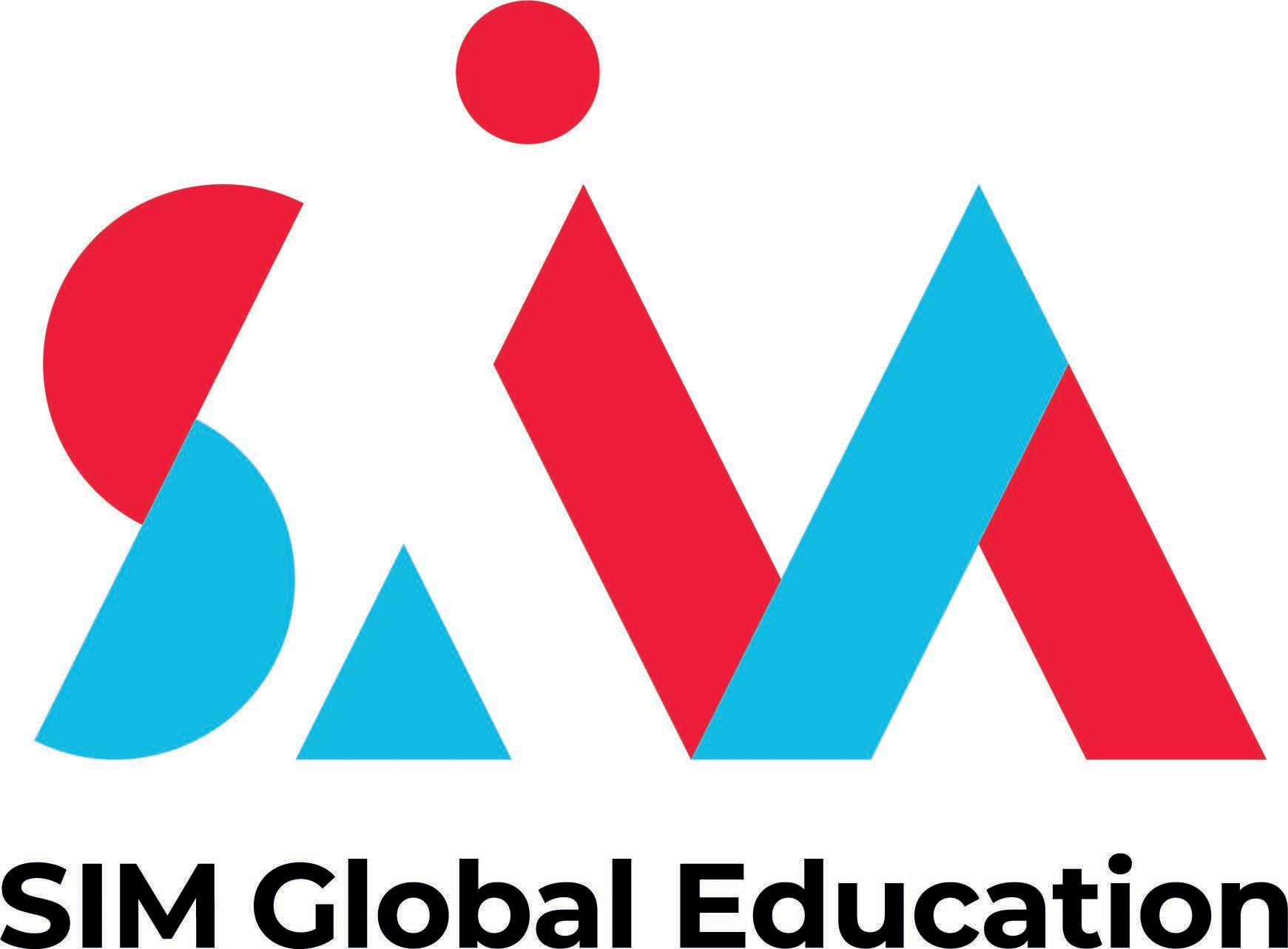
SIM offers a suite of postgraduate programmes as below:
Part-Time
• Graduate Certificate in Business Analytics
• Graduate Certificate in Business Sustainability
• Graduate Certificate in Software Automation
• Graduate Certificate in Industry 4.0
• Graduate Certificate in Business Digitalisation
Full-Time and Part-Time
• Graduate Diploma in Business Analytics
Graduate Diploma in Human Resource Management
Graduate Diploma in Industry 4.0
Graduate Diploma in Business Sustainability
With the Graduate Diploma in Business Analytics / Human Resource Management, you can apply Singapore University of Social Sciences (SUSS): Master of Management, Master of Analytics and Visualisation, Master of Human Capital Management
• Entitled of 10 units of Credit Recognition with CGPA 2.4 and above, and meeting institution’s admission requirements
With the Graduate Diploma in Business Analytics, you can apply to: University of Wollongong (UOW): Master of Computing (Data Analytics)
For more information on the above programmes, visit https://www.sim.edu.sg/?discipline=businessprogrammes&academic_level=postgraduate
“My purpose for upskilling is to close skill gaps in today’s world by accelerating my learning curve and developing business insights through a data-driven approach.
The GDBA programme provides a framework for students to comprehend, formulate, and apply relevant data science modelling techniques and tools for business analytics problems. This was a good fit for my learning needs. With my newfound knowledge and hands-on experience, I can now handle, visualise, and predict data more efficiently, as well as present analysis in a more professional manner.
If you are looking to learn how to handle big data and investigate business operational data, the GDBA programme is a great place to start.”
Gayathriy Rajoo Muthukrishnan Graduate Diploma in Business Analytics, Class of 2022 Manager, Operational AI Singapore

The University of Birmingham was founded in 1900 and is now one of the largest in the UK, offering degrees across a wide range of disciplines. It is a major centre of research and academic study with an established international reputation for excellence.
• Ranked 80th in the world (QS World University Rankings 2025)
Top 13 universities in UK (The Complete University Guide 2025)
• Most frequently targeted university for graduate employment among UK’s top employers (The Graduate Market in 2021, High Fliers Research)
• Gold rating for consistently outstanding teaching and learning in the UK (Teaching Excellence Framework 2017 – 2020)
• A member of the prestigious Russell Group of 24 UK research-led universities. Ranked equal 10th amongst Russell Group universities and equal 13th in the UK for research excellence by Times Higher Education (Research Excellence Framework REF 2021)
A range of full-time postgraduate programmes are available at SIM. These are developed, fully taught and awarded by the Birmingham Business School.
Master of Science
• Financial Management
• International Business
For more information on the above programmes, visit https://www.sim.edu.sg/?finder_university=universityof-birmingham
“Under the guidance and support of my mentors and classmates, I have not only gained knowledge but have also become stronger, braver, and more confident, equipping myself with the skills needed to excel in future endeavors.”
Zheng Xiaodan Master of Science Financial Management Financial Management
Graduate from China
“The MSc International Business programme provided us with practical knowledge about various organisational structures, operations and industry dynamics through classroom learning and industry visits. I am grateful that the programme broadened our perspectives and enhanced our skills.”
Ye
Yuanlu Master of Science International Business
“John Samuels Student Prize” awarded by UoB

The University of London (UOL), established in 1836, stands as one of the oldest and largest universities in the UK. As a federation of 17 prestigious members, including UCL, LSE, and Goldsmiths, UOL has a rich academic heritage.
University College London (UCL), founded in 1826, is a leading multidisciplinary institution, securing the 9th position in the 2025 QS World University Rankings. UCL oversees the academic direction for SIM’s Master of Science in Professional Accountancy and in Accounting and Financial Management programmes. The former caters to chartered accountants, while the latter is tailored for non-accounting graduates.
The London School of Economics and Political Science (LSE) holds the 50th position in the 2025 QS World University Rankings. LSE excels in offering a diverse array of undergraduate and Graduate Diploma programmes in Economics, Management, Finance, and the Social Sciences. Individuals with a degree can enroll in a one-year Graduate Diploma in Business Analytics, Data Science, Economics, Finance, or Management. This programme can serve as a precursor to advanced studies at the master’s level or act as a bridge for those transitioning into a new and related field.
Goldsmiths, renowned for its pioneering work in creative applications for computing technology, is ranked 60th in the UK according to The Complete University Guide 2025. Goldsmiths leads a suite of one-year Graduate Diploma and six-month Graduate Certificate programmes in hot areas such as Machine Learning and Artificial Intelligence, Mobile Development, Internet of Things and User Experience. Virtual Reality is available exclusively as a Graduate Diploma. These specialised programmes are designed for IT graduates seeking to enhance their skills and earn an additional qualification from University of London.
*New Programmes
Graduate Diploma/ Certificate in Physical Computing and the Internet of Things
• Graduate Diploma in Virtual Reality
“I was drawn to the field of data science because I appreciate data-driven thinking. Although my undergraduate degree included statistics, data science has evolved into an exciting field using AI tools and techniques. This development intrigued me, prompting me to upskill and delve deeper into these new technologies.”
Kathleen
Koh
Graduate Diploma in Data Science, Class of 2023
Data Science Specialist, RealVantage
“The UOL MSc in Professional Accountancy programme integrates financial knowledge with advanced financial and business analysis skills. It is ideal for finance professionals like myself seeking to enhance expertise and broaden perspectives. The programme’s flexibility and strong recognition add to its appeal. The research proposal and business plan enabled me to gain insights into global economic trends and company performance analysis. It imparted theoretical knowledge and emphasised practical application. The problemsolving methods I developed for real-world scenarios have been invaluable to my growth.”
Wang Yun Tai
Master of Science in Professional Accountancy, Class of 2023
Senior Financial Analyst, AJ Resources Pte Ltd

The University of Stirling is an international university with pioneering spirit and a global reputation for highquality teaching and research. They are passionate about creating impact in everything they do. The University of Stirling has been awarded 5 starts in the areas of Teaching, Employability, Internationalisation, Research, Facilities, Programme Strength and Environmental Impact by QS Stars University Rankings 2024.
• Top 5 in Scotland and Top 20 in the UK for Social Policy (The Complete University Guide 2025)
Top 5 in Scotland for Sociology (The Complete University Guide 2025) 4th in Scotland and 43rd in the UK for research impact (Research Excellence Framework 2021)
• Top 20 in the UK for postgraduate teaching Postgraduate Taught Experience Survey 2022
The University of Stirling is home to the Dementia Services Development Centre, an international Centre of knowledge and expertise dedicated to improving dementia care by advising for governments, academic institutions across the UK, Europe, China, and Australia and providing training and consultancy for private sector.
• Gerontology and Global Aging
Exploring your VIPS — values, interests, personality, and skills — can help you determine what is important in your search for the ideal career.
Your career goals may change over the course of your time in the workforce, and it might take you a long time to find yourself in your desired role within an industry. However, your first step as a graduate who is embarking on your career should be to determine what you can and want to bring to the table.
By looking at potential jobs and career paths from a passion point of view, you could see it as something you need to do, rather than solely as a means to make a living. If the idea of waking up in the morning to go to work does not motivate you, and you cannot see yourself persevering through difficult times, it will be challenging to succeed in that particular role or industry.
Finding your VIPS — values, interests, personality, and skills — can help you realise what you love doing and are good at. By understanding and acknowledging your passions, you will be driven to pursue a job that you love and are good at. Chances are, you will find contentment in growing your talent and developing your skills.
What are some factors you need to look at to understand what fulfils you? Here are a few questions you can ask yourself to help guide you as you cross over into the working world.
1. Values: What do you care about? Getting To Know Your VIPS
Values or motivators are something you really care about and which gives you a sense of purpose. This may not only be limited to your personal life, but also in a work situation. Your values are influenced by a number of things: upbringing, family, home life, culture, and education.
Work values specifically relate to the amount of career satisfaction. You need to consider your values as part of the career decision-making process, so that you can get a clearer picture of what type of career will bring you satisfaction and fulfilment.
Your values will also determine whether you will actually do a job, as opposed to whether you are capable of doing the job.
2. Interests: What are you passionate about?
Career interests revolve around activities that spark your enthusiasm. Your career plays a huge part in your life, thus, it makes sense to choose a career which plays to your interests and strengths. The more you learn about your passions, the more you will be able to place your choice of employment in the context of the type of life you would like to lead.
Interest inventories will help you to identify your interests and prioritise them. The premise of this is to help you create a list of activities you enjoy, and match them to prospective careers.
3. Personality: What are your strengths and weaknesses?
Identifying your strengths and weaknesses will influence how you select a career, as well as how you fare in it. You could either choose to improve on your weaknesses by accepting a challenging career path within your industry, or hone your strengths and eventually succeed.
Your strengths and weaknesses can be found across various areas – how you manage and plan your work, the ability to problem solve, as well as how you interact with others. Ultimately, by understanding what characteristics define you as an individual will determine whether you are suited for a job.
4. Skills: What are you good at?
Regardless of the type of degree you have attained, it played a part in raising a specific level of competency in you that is relevant to industry needs. Additionally, take note of your additional skill sets and experiences that will set you apart within the industry.
To succeed in most industries, you will need a combination of strong technical skills as well as soft skills. Utilising what you have learned in school — through academics and participation in extracurricular activities — is key to successfully applying your technical skills in the workplace. You should also be aware of soft skills such as leadership, adaptability, and interpersonal skills that when combined with technical ability, will enhance your employability.
Most employers are looking for “work-ready” candidates who possess clear evidence of job specific skills and a good attitude. Continue to develop your employability by being involved throughout your time at school, and embrace the continuous learning and development opportunities presented to you.
As you begin spending almost 50 hours a week at work, it makes sense to examine each job offer carefully by factoring in your VIPS, instead of chasing after a singular ideal role. Here are some questions to ponder over when considering job offers.
How do you want to work?
Before accepting a job offer, think about the office culture and environment. For example, more companies are moving towards hot-desking in the office, as well as hybrid work. Ask yourself which type of environment will help you thrive.
Where would you take on challenges?
Moving from a school setting into the workforce can overwhelm a fresh graduate. Challenges in school do not seem as large as they do in a work setting, and it will take some time for you tofind develop a problem-solving routine that works. For example, an introvert can carve out a successful career in marketing or sales with good self-awareness skills and a willingness to work in a team. However, they may likely need to take some time off to recharge once in a while.
How can you contribute?
If you are lucky enough to be in your element in a workplace, it is highly likely you will thrive and grow. For example, if you identify yourself as an extrovert or a people person, you can think about pursuing careers in client relations. On the contrary, those who prefer working alone may find themselves gravitating towards a career in engineering or IT, where some roles involve working solo.
Knowing how to brand yourself is essential to crafting a successful career path and during networking
Having a personal brand is very beneficial in a professional setting, especially for fresh graduates who are in the early stages of building their careers. A brand is more than what people think about you, it is a holistic representation of who you are as not just an employee, but as an individual, and is carefully curated based on the context in which your brand is used.
While the contents that encompass a brand may differ from person to person, it usually includes depictions of your unique values, skills and experience that allows others to relate and understand easily. Think of it like an extensive and carefully tailored name card with all your information about it, designed to help employers cultivate a specific idea of who you are.

Building a brand can be a daunting challenge, particularly if you do not know where to start from, but there are several key elements to structuring a brand and they revolve around identifying and setting goals for yourself.
The first thing to do is to figure out the purpose of the brand. Is it meant for job applications, where it will be shown to employers, or is it geared towards your entrepreneurial efforts and helping your business grow? There might be similarities when it comes to the contents you select and display, but the differences, such as the formatting and design, will reflect the objective of the brand.
What jobs or professions would bring fulfilment?
• Is fulfilment of personal values and interests more important than fiscal gains in a job?
• What are my best attributes?
• What are the most popular subjects or domains?
• Do I envision myself as an entrepreneur?
Once you have identified the purpose of the brand, you have a clear direction of where this project needs to be, and you can take actionable steps to get there.
Building a brand is all about curating your image, and this starts with selecting the best parts about you and your talents. Everyone has something unique to bring to the table, and your aim here is to showcase that to others in a way that makes you stand out from the crowd.
This should be the focal point of your brand, and all your other efforts should be centred around accentuating your strengths, which is a crucial aspect. Since employers, consumers, and partners are constantly comparing your brand with others to find the best fit for their needs, it is important to constantly remind them that you are the best option out of the other candidates.
Every brand has at least several avenues where employers, consumers, and partners can find more information about you and peruse your collection of works. This typically includes a website, social media platforms, and physical portfolio. Some even go as far as to create an app which others can download onto their devices, but this is not a necessary step if you do not have the time or expertise.
• Select your best works to display Choose a simple format that is easy to use
• Pick the right colours, design and tone for your content
Link your various accounts together
When it comes to the format or layout of your portfolio, this is heavily dependent on the norms that have been set in the industry you wish to join. For example, creatives in the media sector have taken to creating instagram accounts to showcase their work, and this is something that you can do by researching what others have done or seeking advice from your peers on how they went about doing their portfolios.
Now that your brand and materials are ready, it is time to share them with recruiters and potential collaborators online. Notably, LinkedIn is the most popular choice of platform globally, making it the perfect place to start. Functions like forums and groups are great for linking up with like-minded individuals, fostering relationships, exchanging ideas, seeking advice, and learning new skills.
• Pick a professional profile picture Include relevant information
• Remain active on the platform
• Personalise your summary section
Use the professional headline function
On top of that, sharing your profile’s URL, making use of SEO keywords, and exchanging mutual endorsements on the platform increases your visibility, allowing you to connect with more people. By learning how the site works, you can leverage these key tips to drive engagement on your platform up which also puts more eyes on your portfolio as well.
It is important as a fresh graduate to be informed on the various methods of job applications out there.
Aside from scouring the internet for your prospective job, there are a variety of other options available that you can make use of. By exploring the range of routes available, you expand your chances of finding what you are looking for.
Go online
There are a multitude of career portals for you to browse through. However, you should ensure that the ones you join and subscribe to are the ones that suit you best. For instance, gradsingapore.com curates both jobs and internships, and is considered a one-stop resource for fresh graduates and those who are in the early stages of their career.
Company websites and social media pages are alternative options. On top of showcasing available vacancies first hand, they often offer a peek into their work culture. Some platforms also give out insider information about a company’s culture and recruitment process.
Job search portals
Career exploration platforms
Sector-specific portals
Company websites and social media pages
Professional networking platforms
Go old school
Although we are knee-deep in the digital age, traditional methods can still be a source for job prospects. Employers occasionally place advertisements in printed publications and announce it through traditional media outlets such as radio.
Newspapers, magazines
Industry publications
It is normal to be curious about your future, and where that degree may take you. Whilst still in school, pay a visit to Career Services. They may be able to offer you resources and contacts that are specific and targeted to your course of study.
Remember to be transparent when speaking to your career counsellor so that they have a better idea of how to help you. If you ever face challenges in your job-hunt, Career Services may be your best guide.
Leveraging on the wide range of contacts and resources
Defining your career aspirations and goals clearly to your career counsellor
Attending mentoring and networking sessions organised by Career Services
Drop by the Career Connect office at SIM HQ, Block B Level 1 (Opposite Foodfest) on weekdays, from 9AM to 5PM
4. Career fairs
Whether you choose to attend career fairs on campus or in public, go in with a strategy in mind.
Have your resume at the ready, and keep name cards on standby if you have any. After the event, be sure to establish your connection with your new contacts through email. In the note, include any interesting points of conversation you may have had to help the recruiter remember you out of the many faces they may have met at the event.
Send your resume one more time over email and add in links to your online portfolio or LinkedIn profile.
Find out which employees will be at the fair, and prepare some questions you would like to ask them
Bring copies of your resume to hand out to prospective employers
Email your new contacts after the event
Check out SIM’s annual career fairs; DREAMS (in February) and IGNITE (in October)
Another way you can expedite your job search is by engaging a recruitment consultant service. Although you will have to pay a certain sum, you will be able to meet up with them for consultations to discuss your professional goals and use their connections to potential employers.
They can offer you information on how to prepare for assessments and interviews Consider
Although you have to pay an initial sum, recruitment services are a valuable resource
Many young jobseekers and graduates profit from networks, both personally and professionally when looking for their first job. It is not just about what you know, but who you know.
Consider
Keep in touch with old contacts and make new contacts
Never turn down a chance to network, whether personal or professional
Work placements and internships can lead to full-time positions, especially if you have proven yourself to be a good fit for the company and get along well with your co-workers.
Consider
Write in to prospective employers even if they are not advertising vacancies
Show your interest in the company
Indicate that you have a strong understanding of their field
Demonstrate how you can add value to the company
Recruitment processes are long and tedious. There are some things you should keep in mind throughout your job search.
Enquiring with a company about an available job position, or applying speculatively, has the potential to show that you have a strong interest in the company. However, you would still need to indicate your understanding of the field, as well as demonstrate that you are a good candidate for the position.
Some fresh graduates choose to earn a little more while simultaneously gaining work experience. Consider applying for temporary or part-time positions at companies you are hoping to join. Alternatively, you can also apply for relevant jobs in the market that could provide you with some insight into your profession of choice.
Remember not to worry if your part-time gig has little to no links to your chosen field of study. You will still be able to elaborate on all the invaluable transferable skills you have gained in future interviews.
Make a mental note of all your skills and then look for opportunities wherever they may be; even outside your chosen industry. While this may not be ideal in the longrun, it is an alternative, especially when the job market is going through a rough patch. This way is simply a method of gaining experience and developing your resilience; two notable skill sets that your prospective employer will be impressed with. By keeping your mind open to opportunities, it may even lead to greater job satisfaction.
Additionally, do take into consideration graduate internship opportunities. There is still a possibility of conversion to a full-time position if you work hard. You could also turn your hobby into a short-term business. For example, selling baked goods or commissioned artwork.
By doing the necessary groundwork, you boost your chances of standing out in the job-hunt.
The easiest part of the job -hunt process is scouring the internet and job portals. Attracting recruiters and successfully getting hired is a different ball game altogether. In addition to having an impressive set of qualifications, you need thorough preparation and planning before applying for any job to ensure you have increased your chances of landing that first job.
Networking is one of the most efficient ways to learn about a particular industry and scout around for job opportunities that may not be openly advertised. It is also an excellent way to meet like-minded individuals sharing the same passion, professional interests, and career goals.
Landing a job does not happen overnight. Simply churning out applications to prospective employers will not effectively capture their attention. Job-hunt preparation should ideally begin while you are still in school since it is a time-consuming process. Not only do you have to gain industry knowledge, you also have to build the right connections. These two factors are crucial in helping you get hired.
Start your research long before the application process is underway. By starting early, you can maximise as many sources as possible. For instance, you can talk to seniors who are already in the workforce to gain some insight into their experiences
• Understand the job market and manage your expectations across different roles. This will help you plan your education and career, especially when applying for internships or even when picking your majors
• Be knowledgeable about local and international current affairs as well as industry-specific news. This awareness will demonstrate your genuine enthusiasm for the job during the recruitment process
Families and friends are the easiest way to start growing your network. Discuss your career plans with them, and who knows, they might connect you with someone who could assist with your application Stay connected with contacts from past work experiences or internships via LinkedIn or even through email
Attend networking sessions, be a part of student clubs or societies, organise, and peruse event platforms that promote sessions based on collective interests


Avoid limiting yourself to specific employers or roles. Instead, be open to different job opportunities and stay optimistic throughout your job-hunt. Keep in mind that your choice should still align with your overall career goals.
• Do not put all your eggs in one basket. Consider applying to both big and small companies. As a fresh graduate, aim to accumulate as much experience and skills as you can. This can be acquired no matter the size of the company
Consider different roles with a similar job scope or those that may help you develop skills you are keen on picking up. List them down for reference as you browse through job sites while doing your research Not all job vacancies are advertised, so explore beyond job portals and look for leads on employers’ websites. You can also submit speculative applications to showcase your interest in working for a specific company
Job opportunities will not be handed to you on a silver platter. Be proactive and put yourself out there to be noticed. Work hard, and do not let opportunities slip away from you.
Regardless of the economic climate, you should remain positive about your job-hunt. Be patient and keep a positive mindset
• Remain positive about your job-hunt, even if it is a time-consuming process
Follow up with emails after a meeting or networking session with a potential employer. This can influence a recruiter’s decision to shortlist you as a potential candidate
Reply to prospective employers promptly as some may be rushing to fill the position
Transferable skills are like the multi-tools of the professional world - adaptable to any work environment, useful in many situations, and crucial for long term employability.
Having transferable skills is just as essential as technical ones. These days, employers are looking for new hires who are not just proficient in their jobs, but are able to tackle challenges that go beyond their job scopes; something that fresh graduates will need to prepare for if they are to remain competitive in the job market.
Being able to fall back on a strong foundation that does not solely rely on hard skills also allows employees to remain versatile and adapt to various roles within the industry and even across sectors. This means that not only are they able to take on almost any job, but they can bounce back from failure, harness their skills for new growth, and collaborate with various stakeholders to succeed in any corporate setting.

1.
Working in teams is something that happens on a daily basis, which is why it is vital to have good teamwork and collaborative skills. The ability to work effectively with others is something that everyone must learn to master, especially since no one works in isolation, and will need to seek the help of others to get work done.
Graduates who are also able to lead projects, manage teams, and take initiative are an asset to any organisation. It highlights their emotional intelligence, stress management skills, and an “It” factor that helps them thrive in high pressure situations while working with diverse groups of people.
2.
Communication and active listening are skills that go handin-hand with each other. To be an effective communicator is to be able to listen, accurately interpret the message, and express responses in a clear manner. This helps to build relationships between both colleagues and consumers, contribute effectively to the workplace, and navigate negotiations with tact and proficiency.

4. 5.
Complications and setbacks are common things that employees often face in the workplace, which is why it is important to foster critical thinking and problem solving skills. Being able to logically yet creatively approach challenges is a skill that is particularly valuable in dynamic environments, where quick thinking and adaptability are necessary to resolving issues in a timely manner and getting the task done.
Having a broad understanding of industry trends and business context is key for fresh graduates. This is especially true in sectors like finance, business, accountancy, and fast moving consumer goods (FMCG), where employees are required to develop comprehensive insight regarding the state of the market, target audience sentiments, and how their organisation is reacting to external elements. In doing so, graduates are better equipped to contribute to organisational goals and put forth strategies that complement existing efforts.
Last but not least, the ability to adapt to new environments is invaluable, particularly when it comes to the job market that is ever-changing and vulnerable to many different external influences. By remaining flexible and open to change, new hires can thrive in fastpaced industries, stay relevant, and continuously foster new skills to advance their careers.
Most industries have embraced some form of digitalisation at work. Learn to be comfortable with technology at work, even if it is not the focal point of your sector.
Despite the continued emphasis on transferable skills, graduates should prioritise technical skills as well. Regardless of your sector, you should consider picking up some basic technical skills, seeing as technology plays such a pivotal role in almost every industry.
Today, coding is nearly as important as literacy, and knowledge of programming languages from HTML to Java can go a long way in helping your application. While you do not need to be able to code – understanding the principles behind it is enough – employers have shown a marked preference for graduates who have an awareness of what goes on “behind the scenes” in applications and websites.
How useful is it for you: If you are in the content creation sector, chances are you will need to publish your work online. Knowing how to code just makes your job easier and lets your content look exactly the way you want it to on a website.
Computational thinking
Computational thinking –or programmatic thinking – is not a new concept, and if you have encountered big data, you have likely engaged in it.
While it is often thought to have robust links to the IT sector, this methodical and logical way of thinking has become increasingly common in the marketing and advertising industries, among others. Someone familiar with computational thinking will have the habit of analysing and organising data when reacting to a problem.
This method of thinking relies on data analysis and reason to resolve problems. For example, you jot down your concerns, categorically separate them, and then think of ways to solve them efficiently. Once the issue is resolved, you then gather the data using the most effective method that will help you realise your goal.
How useful is it for you: Being able to rationally think through a problem using logic and then coming up with a probable solution is a critical skill set needed to succeed in the workplace. It paves the way for a potential leadership role in the future.
The term “big data” refers to the colossal amount of data companies generate from their hardware, apps and websites to interpret and use. Data management skills will be incredibly useful in this area, and can give you an edge over the competition, as you will be able to assist companies in turning their big data into usable information. If you are more proficient in managing big data, you will also be able to help businesses predict future trends.
How useful is it for you: If you are in the digital marketing sector, knowing how to manage data will help you decipher your target audience better. It can also be a way for you to quantify the results of your work.
A branch of visual communication, data visualisation helps others understand data with the use of visuals. It requires a solid understanding of several elements, from the details of the data you are trying to pass on, to how the target audience would consume this information, as well as determining which visual would best serve its purpose.
Though it sounds much like plugging numbers into graphs and charts, data visualisation is more than that, and people with skills and knowledge in this arena can often be found exploring new ways to simplify and convey complicated results and trends – derived from big data –to decision-makers and managers.
How useful is it for you: It is an alternative method to crafting presentations, potentially giving you an edge over other applicants.
User experience, or UX, is far more than making sure a product is palatable to the eye. It is about perceiving how design plays a part in customer interaction, as well as improvement. It also denotes an understanding of how customers use and value a product or service, along with their limitations and abilities. A strong grasp of a company’s brand, aesthetics and usability is also needed, as is an awareness of current concepts and trends.
How useful is it for you: Products that provide good user experiences tend to achieve better success. Only when customers are happy with using your products will your business succeed.
If these skills are not of crucial importance to your role at work, there is no need to spend too much time or money on it. Instead, you can start with the many free courses and readings available online, and set aside some time everyday to build these skills.
Check out https://cmc.sim.edu.sg/ to sign up for the relevant Micro Credential Courses!
Supplement your degree with the relevant skills to impress your prospective employer.
The global job market is expected to continue evolving with growing competition and advancing technologies. With another layer of complexity added, firms are quickly switching up their hiring strategies to meet these challenges.
Having a varied skill set will serve you well in your career. You should also focus on constant upskilling as part of your professional development. As the business landscape continues to change, these are some of the skills and qualities employers look for in candidates.
Artificial intelligence (AI) (e.g. machine learning, neural networks, natural language processing)
Internet of Things (IoT) and connected devices
• Text, image, and voice processing
• Big data analysis
• E-commerce and digital trade
• Distributed ledger technology (e.g. blockchain)
Augmented and virtual reality (VR)
Robots, non-humanoid (industrial automation, drones)
• Power storage and generation
• Accelerated digital transformation (e.g. AI, IoT, VR/AR. Cloud computing, blockchain, and super-fast network protocols like 5G)
Preparation for inflation and supply chain security
• An emphasis on sustainability, prioritising ecological impact and ensuring their environmental, social, and governance (ESG) processes are the focal point
• Building an immersive customer experience by streamlining processes
Providing attractive and flexible careers for employees with fulfilling work, all in a diverse, value-oriented workplace
• Continued upskilling and reskilling of existing employees to fill skill gaps and create a data and tech-savvy workforce for the future

Navigate the ATS skilfully to avoid your well-written applications from slipping under the radar.
Despite putting in the effort to craft your applications and send them to various companies, it can seem as if you never hear anything back. Before you start questioning whether you are good enough, remember that it might be the Application Tracking System (ATS) working against you. If your application has yet to be automatically rejected, chances are that it is confined to the bottom of a pile, with recruiters unaware of its existence.
The ATS plays a crucial role for most employers, especially seeing as sending an application nowadays is as simple as a click away. Without it, employers could be left swamped with the extent of applications, having no way to deal with it. Thus, large companies employ ATS to help streamline their recruitment process, with smaller firms slowly following suit as well.
ATS tracks applications and resumes, whilst also acting as a filter. The system scores and ranks applications according to relevance before passing them to a hiring manager or recruiter.
Although the system streamlines the process for recruiters, it has drawbacks.
• ATS may struggle with accurate synonym processing, especially on older systems.
• It only recognises exact matches, potentially placing well-written resumes without specific keywords at a disadvantage.
Despite its shortcomings, bypassing the ATS is possible if you understand its requirements
Using a fancy resume template may hinder rather than help. Here are some factors that should give you a one-up over the ATS system.
Optimising your resume for ATS keywords increases your chances of your resume being noticed by the recruiter.
• A resume design that is easy to read and utilises specific keywords.
• Use simpler font types such as Arial, as the ATS might have trouble processing fanciful fonts and images.
• Stick to the standard resume template and use common headings and keywords such as ‘Professional Experience’ and ‘Skills’.
While most ATS systems can process PDF files, Microsoft Word documents are often processed more accurately.
Before submitting an application, thoroughly read the job description and responsibilities. This will help you select relevant keywords and phrases to use in your resume, which will allow the ATS system to seamlessly process it.
Optimising your resume for ATS keywords increases your chances of your resume being noticed by the recruiter.
• Include role-specific keywords
Examples: Education, certifications, or licences relevant to the role you are applying to, as well as hard skills
• Include industry keywords
Tip: Perform a Google search for “[industry] resume keywords” to find keywords specific to the industry
• Check the placement of resume keywords
Example: In important sections such as education, experience, and skills
• Use correct spelling, numbers, and abbreviations
Although including keywords is important to ensure the system effectively ranks your resume, it is equally important to be honest when describing your past experiences and skills. The goal is to make the resume both ATS-friendly and readable to recruiters. If you encounter trouble drafting your resume and need assistance, you can always reach out to your Career Coaches.
Alternatively, you can contact a recruiter or hiring manager directly if they are contacts within your network. This can potentially help you bypass the entire process and reduce the concern of dealing with the ATS.
Here is a guide to writing effective resumes and putting together applications that work.
Resumes can come in a variety of formats, such as the chronological, skills-based, combination and alternative resumes. The most commonly used format is the chronological resume as it is reader-friendly and easily customisable. Each format has its pros and cons, so do your research and find out which one best serves your needs before deciding on one.
Regardless of which type of resume you choose to use, the idea behind its presentation remains the same. What is more important is to adapt the various elements of the format and tailor its contents to highlight your skills and distinguish yourself from other applicants.
EDUCATION
SIM Global Education – University of London BSc in Business and Management
• Recipient of Commendation Award for excellent academic achievements in 2020 Singapore Polytechnic Diploma in Business Analytics
Aug 2020 – May 2023 (expected graduation) 2016 – 2019
FeynM Company
Customer Service Officer
• Provide support in several investment projects
• Liaise directly with customers in order to assist in better understanding their needs
• Assist customers with relevant queries on products
• Conduct market research on client portfolios
Prepare service and product recommendations reports for clients MNF Company
Intern
• Assisted on customising investment analytics suites for clients Coded programmes to filter and analyse gathered data
• Communicated directly with senior management during the customisation process
David used a different font size for his name, and enlarged and bolded it. This ensures that it is the first thing a recruiter sees when they pick up his resume. Putting it in uppercase was a good move too, as it will make his resume easy to find amidst a stack of other documents.
Verbs are your best friends
David used action verbs that focused on his role and the results he achieved. 1 2 +65
Singapore Institute of Management Team Captain, Soccer
Feb 2021 – Current
• Represent SIM in the first division and lead the team to win the inter-university Lion Cup in 2021
• Lead and conduct bi-weekly training sessions for 30 members, motivating team members and ensuring their welfare
• Liaise with team captains at other universities to coordinate practise and friendly matches
• Oversee the recruitment and selection process of new members
Singapore Institute of Management Secretary, Economics Society
Aug 2021 – Mar 2022
• Led a group of 8 committee members to publicise events, which successfully increased club membership by 20%
LEADERSHIP EXPERIENCE 3
3
• Encouraged club members to actively participate and help out in club events Managed the club’s budget and resources
VOLUNTEER EXPERIENCE 4
Youth Corps Singapore Youth Leader
• Mentor and provide guidance for new batches of youth leaders
May 2020 – Current
• Initiate, propose and execute workshops and events to increase awareness of mental health amongst youths
SKILLS/CERTIFICATIONS
• Proficient in Microsoft Office
• Proficient in Excel VBA and pivot tables
• Knowledge in programming languages such as C++, Python, SQL, R Programming, Java
• Basic knowledge in Tableau
• Certified in Basic First Aid + AED
• Fluent in written and spoken English and Chinese
• Currently self-learning Korean
Results speak for themselves
David’s resume is effective in that it lets his results speak for themselves in solid terms (i.e. numbers and percentages). 3
Be more than a worker
David also used his resume to reveal the breadth and depth of his skills, interests and hobbies that frame him positively. He also did not let his resume exceed two pages. 4
+65 9876 5432 | david.sum11@gmail.com | www.linkedin.com/in/davidsum11 | davidsum.wixsite.com
EDUCATION
SIM Global Education – University of London BSc in Business and Management
• Recipient of Commendation Award for excellent academic achievements in 2020 Singapore Polytechnic Diploma in Business Analytics
Aug 2020 – May 2023 (expected graduation) 2016 – 2019
FeynM Company
Customer Service Officer
• Provide support in several investment projects
• Liaise directly with customers in order to assist in better understanding their needs
• Assist customers with relevant queries on products
• Conduct market research on client portfolios
Prepare service and product recommendations reports for clients
MNF Company
Intern
• Assisted on customising investment analytics suites for clients
• Coded programmes that helped in filtering data
• Communicated directly with senior management during the customisation process
Singapore Institute of Management Team Captain, Soccer
• Represent SIM in the first division and lead the team to win the inter-university Lion Cup in 2021
• Lead and conduct bi-weekly training sessions for 30 members, motivating team members and ensuring their welfare
Liaise with team captains at other universities to coordinate practise and friendly matches
• Oversee the recruitment and selection process of new members
Singapore Institute of Management
Secretary, Economics Society
I worked closely with some society members to successfully increase club membership
• Encouraged club members to actively participate and help out in club events
• Managed the club’s budget and resources
• Proficient in Microsoft Office
• Knowledge in programming languages such as C++, Python, SQL, R Programming, Java
• Basic knowledge in Tableau
• Fluent in written and spoken English and Chinese
• Enjoys outdoor sports, particularly soccer and Ultimate Frisbee. Actively participates in marathons
• Enjoys volunteer work
Name fails to stand out
David’s name does not stand out on his resume, so there is a chance employers will either overlook it or miss it altogether, especially if it is in a stack of other documents.
Lack of powerful verbs
David displays some uncertainty, and shows a lack of action and achievement. 1 2 Results are unclear
This is just blatant self-promotion on David’s part. There is also no solid indication of results. 3
David presents only one part of himself Missed opportunity to showcase his passion
David should elaborate on his volunteer work experiences to show his dedication and involvement in activities he cares about. 4
David is more than just a potential employee. In this case, he could have used his resume to reveal the true breadth and depth of his skills, interests and hobbies, and use it to frame himself positively.
While you may think a unique font will make you stand out, it may put off employers instead, unless you are going for an alternative resume. Here are some examples of fonts that you should use and some that you avoid.
Arial: The standard sans-serif font. Arial’s clean, easyto-read feel makes it ideal for a resume. The font sizes 10 to 11 work just fine. Tahoma and Calibri are decent substitutes too.
Times New Roman: The standard serif font, Times New Roman is another safe bet that looks slightly more elegant than Arial. Some of the more “easygoing” industries, like IT and media, might find Times New Roman to be too formal, however.
Verdana: Another common sans-serif font. If done correctly, Verdana can be used for a very classy effect even if you plan to create an alternative resume.
You need to catch a recruiter’s attention from the very beginning of your resume and reel them in. So, be sincere and genuine in each tailored document sent out instead of sending the same version out over and over again. Understand what each company is looking for and think about what you have that would meet their needs and make you the best candidate.
One of the best ways to customise your resume is to ensure your career objectives and summary of skill sets are set according to what the company needs so that it is more relevant and targeted.
Job descriptions for roles tend to contain keywords that encompasses desired qualities and skill sets. So your resume would need to show that you have the necessary academic qualifications, personality traits and professional experiences – whether from part-time jobs or internships – to fit the role.
Highlighting your skill sets and expertise
Hiring managers do not have the time to look through what you did in your previous positon in detail, but they do shortlist resumes based on specific skill sets. So if you do not have the summary of your skill sets at the top of your resume, be sure to write a few lines at the start of each work experience to summarise the core skill sets in each positon. Recruiters and hiring managers have a marked preference for candidates with training and experiences relevant to the positon they have posted. There is no need to be afraid of showing of your skills and experience in your resume; it will not come across as bragging if you are merely stating your skills and experience. Include all noteworthy achievements, skills and experiences so that you can get a chance to talk about them during the interview.
Comic Sans MS: The red-headed stepchild of modern fonts, the quirky but dreadfully overused Comic Sans has no place on a resume.
Monotype Corsiva: Unless you are applying for a job as a dramatic actor, Monotype Corsiva’s fancy flourishes are difficult to read and are more likely to annoy than impress a recruiter.
Graduates are often in doubt about personal statements (also known as career aim, profile, or mission statements). What purpose does it serve and should it be included in their resume?
Our answer: a graduate’s resume typically does not need a personal statement because an effective one requires details that fresh graduates cannot provide.
Typically limited to only two to three sentences, good personal statements summarise your career goals as well as unique experiences, achievements and knowledge or skills that you can offer to your prospective employer. These are details that you can only provide after having been in the workforce for some time.
With job search processes and recruiters increasingly moving online, it is a wise move to link your offline resume to your online profile – especially your LinkedIn profile or sites containing your work or portfolio. It allows you to start interacting with potential employers even before the job interview, giving them an early overview of your past achievements.
When including the link of your LinkedIn profile to your resume, make sure to use the public profile’s URL address instead of the link in your browser’s usual URL box when you are logged into your account.
You can also customise your LinkedIn profile’s URL address to build your personal brand and make it more memorable to recruiters and networking contacts. You can do this through the “Privacy & Settings” section of your LinkedIn homepage.
Last but not least, remember that time is precious. Try not to wait till the last minute to submit your job application! Not only will you need time to proofread your resume, but some companies may choose to bring forward submission deadlines due to overwhelming responses.
If an employer requests a resume, they usually want a cover letter, too. Do not let go of this opportunity to showcase your skills and enthusiasm — it can make a big difference to the success of your job application!
Aconvincing cover letter should always accompany your resume when you apply for a graduate job. It is an extra opportunity to highlight your most relevant skills to recruiters and demonstrate your motivation and enthusiasm for the job. Here is our four-step guide to effectively sell your skills through your cover letter!
STEP #1:
Get your opening right
After your salutations, inform the recruiter which job, internship or scheme you are applying for, where you saw it advertised and why you are applying. If the position has a reference number, it is always good to include that for their easy reference.
Always address your cover letter to a named contact. Give the organisation a call to find out who you should address your job application to if a name is not given on the job advertisement or their website. Ensure you correctly address the person’s title, e.g. Mr, Miss, or even Dr. Some recruiters may feel quite strongly about how they are addressed.
STEP #2:
Answer the question “Why you?”
The first paragraph or two should be about you. Convince the employer why you are well-suited to the role by referring directly to the job description and concentrating on how you have the skills, abilities and/or knowledge to excel in the role you are gunning for.
Mix evidence of specific skills and knowledge related to the job with anecdotes from your personal experience. At the graduate level, it is still fine to refer to work experience that is not directly related to the profession you are applying to, as long as you can show how that experience or skill can be transferred to the prospective job.
Use examples from your experiences doing part-time jobs, CCAs and academic work to demonstrate how you developed and practised skills such as communication, teamwork, time management and commercial awareness.
Avoid copying statements word-for-word from your resume. Think about how you can rephrase the information or expand on specific skills and achievements that match the needs of the role.
STEP #3:
Then, answer the question “Why them?”
The next paragraph or so should explain why you are interested in both the job and the organisation. What is it about the employer and/or the job that made you apply? This is your opportunity to customise your cover letter to show the recruiter your interest in the position, instead of blasting out cookie-cutter resumes and cover letters to a dozen different companies.
Re-read the job description and make sure you have done some background research into the organisation. This will help you tell the recruiter why you want to work for their company and why you are interested in this particular role.
If you prefer, you could even switch steps #3 with #2 around and write about why you are applying to the employer first. As long as you answer both the questions of “Why you?” and “Why them?” in your cover letter, the exact order does not matter.
Provide specific reasons when discussing your motivations for applying, such as the training they provide. Avoid vague statements that could be said about pretty much any employer, such as “because you are a prestigious company”.
Have a clear ending STEP #4:
Your closing paragraph should be strong, clear and short. Reaffirm your suitability for the role and your enthusiasm about working for the employer. State that you look forward to hearing from them and will be happy to provide any further information they need. Do not forget to sign your letter as if you are sending it through the mail or delivering it in person! Likewise, remember to type out your name if you are sending your cover letter by email. A cover letter should not be longer than one page.
Brush up on modern trends when it comes to writing business letters. For letters addressed to a named contact, finish with “Yours sincerely”. If you are addressing an unnamed contact, end with “Yours faithfully”.
David Sum
17 Brooke Road Singapore 421564
Jonathan Han Recruitment Manager
HR Department
AX Bank
38 Marina Boulevard Singapore 018598 17 March 2023
Dear Mr Han
I am applying for a position in your graduate management programme, as advertised on AX Bank’s website. I will graduate in April 2023 with a Bachelor of Science in Business Analytics (Hons) from SIM-University of London and a projected CGPA of 3.5. I was encouraged to apply after speaking to Ms Tan, your Recruitment Executive, at a talk given at my university.
My interest in business analytics was greatly increased during my second-year internship with MNF Company, a local SME that specialises in bespoke analytics. The stint was an eye-opener that exposed me to the variants of analytics theories and models used in the industry, such as investment analytics and enterprise optimisation. I further developed my expertise by attending various lecture series and panel talks organised by the university, such as those given by Bruce Bueno de Mesquita and Doug Laney in the “Big Data, Game Theory, and Business Analytics Today” lecture series.
My part-time role as a customer service officer at FeynM Co. has also equipped me with good PR, communication and negotiation skills. As a project support in several investment projects, I was given the opportunity to liaise directly with customers and to assist in understanding their needs. Most memorable was my involvement in preparing a service and product recommendation report for a notable client after researching their portfolio. The skills I picked up and refined over the course of my part-time job will certainly lend themselves to the position in question.
I am also deeply involved in the Economics Society, where I work closely with a team of eight people to organise and execute promotional campaigns for our society’s events. My position as treasurer in the society also allowed me to develop and showcase my numerical abilities and understanding of business, especially in terms of financial planning and resource management.
I am sincerely excited to work for AX Bank because of your commitment to socially responsible investments, which I myself strongly believe in. I believe I will also benefit greatly from the rotational approach of your graduate management trainee programme as well as the overseas placements it offers.
Attached is my resume for your consideration. I am sure that you will find me to be an asset to your company. I look forward to hearing from you in due course.
Thank you.
Yours sincerely David Sum
Make some calls to find out who you can direct your letter to. If you are unable to find a name, then use a specific job title instead (e.g. “To the Recruitment Manager”).
Introduce yourself clearly in the first paragraph. Be sure to state the exact position that you are applying for.
It is alright to name-drop if you have had prior contact with the company’s representatives as this shows continuous interest. But be sure to get their business card!
Always mention specifics when promoting your skills and experiences. In this case, David gave some examples of analytics theories to show that she knows her stuff.
Use jargon and names of industrial figures sparingly, unless they are extremely well-known.
David is selectively vague here since she may have to protect the confidentiality of these projects, but he boosts her credibility with details about his role. It would, however, be more effective if she could link it to the skills that he had listed before.
David Sum 17 Brooke Road
Singapore 421564
Jonathan Han Recruitment Manager
HR Department
AX Bank 38 Marina Boulevard
Singapore 018598 17 March 2023
To Whom It May Concern
I am applying for a position in your graduate management programme, as advertised on AX Bank’s website. I will graduate in April 2023 with a Bachelor of Science in Business Analytics (Hons) from SIM-University of London and a projected CGPA of 3.5. I was encouraged to apply after speaking to one of your representatives at a talk given at my university.
My interest in business analytics was greatly increased during my second-year internship with MNF Company, a local SME that specialises in bespoke analytics. The stint was an eye-opener that exposed me to the variants of analytics theories and models used in the industry. I further developed my expertise by attending various lecture series and panel talks organised by the university, such as those given by Bruce Bueno de Mesquita and Doug Laney in the “Big Data, Game Theory, and Business Analytics Today” lecture series.
My part-time role as a customer service officer at FeynM Co. has also equipped me with good PR, communication, and negotiation skills. As a project support in several investment projects, I was given the opportunity to liaise directly with customers and to assist in understanding their needs. Most memorable was my involvement in preparing a report for MC Company after researching their portfolio.
I am also deeply involved in the Economics Society, where I work closely with a team of eight people to organise and execute promotional campaigns for our society’s events. My position as treasurer in the society also allowed me to develop and showcase my numerical abilities and understanding of business, especially in terms of financial planning and resource management.
I am sincerely excited to work for AX Bank because of your commitment to socially responsible investments, which I myself strongly believe in. I believe I will also benefit greatly from the rotational approach of your graduate management trainee programme as well as the overseas placements it offers.
Attached is my resume for your consideration. I’m sure that you’ll find me to be a committed, driven individual who can become an asset to your company. I look forward to hearing from you in due course.
Thank you.
Yours sincerely David Sum
If you are unable to find out who you can direct your letter to, use “To the Recruitment Manager”. “To Whom It May Concern” is rather awkward and does not state your purpose clearly.
It is better to name-drop if you have had prior contact with the company’s representatives as this shows continuous interest.
Always mention specifics when promoting your skills and experiences. David could have given some examples of analytics theories here to show that he knows his stuff.
Protect the confidentiality of past clients and projects by not mentioning their names. Instead, David should have focused more on his credibility in the role he played in the project by offering details. It will also be more effective if he could link it to the skills that he had listed before.
Cover letters should be treated as a formal business correspondence. Avoid contractions at all times, and get someone to proofread your letter for errors. Also, try to omit clichés such as “committed, driven individual”.
• Using your cover letter to flatter recruiters and hardsell yourself
• Writing only one generic cover letter for multipurpose use. Each job posting has its own unique requirements, and you have to show that you have the relevant skills and experience Including cliché or umbrella statements
Not mentioning your motivations or reasons behind pursuing the position you are applying for Leaving out past quantifiable results you have from past projects or internships
• Talking about what the company can do for you, and not how you can value-add and contribute to the company
When contacting recruiters, you should always use effective, simple and natural language to come off as mature and graceful. Follow this guide to use the email medium with elegance.

1. Use an appropriate
email address
If you do not have a professional-sounding email address hosted on a credible domain, it is time to create a new account. The new email address will need to contain your initials, either your surname or full name, and be free from references to your favourite puns, cartoons, or games.

2. Write a clear
A good subject line states the purpose of the email with the recipient in mind. An ideal subject line will be “Application for (Role) – (Your Name)”. Make sure you do not have typos in the subject line as that will make a very bad first impression!

3. Address your email
Before sending out your email, you can either call the company or find out online who you should address the email to, instead of just stating “Dear Sir/ Madam” or “To Whom It May Concern”. Most of the time, though, the name of the hiring manager is often on the job description and hiring notice.

4. Keep your message

5. Check for errors
Do not just rely on autocorrect to spot your typos! Always re-read your email draft for grammatical mistakes. Also, read it out loud while putting yourself in the recipient’s shoes.

6. Manage your email
8. Craft an effective signature attachments effectively brief and professional to the right person subject line
Your email should be succinct. Avoid smileys, emojis and exclamation marks in your emails to recruiters and prospective managers, even though you may be excited about applying for your dream job. Keep the note brief, respectful and professional. Be sure to avoid using acronyms like “btw” and “FYI”, as well.
Remember to enclose your attachments, whether they are your cover letter, resume, or other documents requested for! When it comes to sending out a few large attachments, you can place them in a zip folder, or create links for downloads.

7. Follow up promptly
Besides replying to emails from prospective employers swiftly, you should send them a follow-up note if you have not heard from them within the stated period in which you are expecting a reply. Similarly, you do not want to miss out on an interview opportunity or potential job offer just because you forgot to check your inbox!
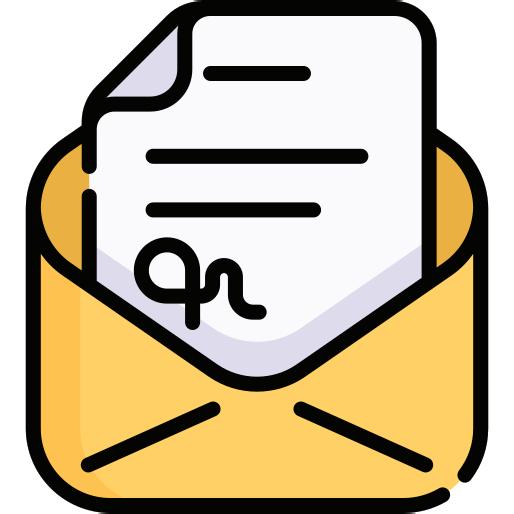
Lastly, your email signature should contain a link to your LinkedIn profile or online portfolio as well as your mobile number, especially for the first email to any professional contact.
To: jhan@axbank.com
From: david.sum11@gmail.com
Subject: Application for the graduate management programme – David Sum
Dear Mr Han,
I am interested in the graduate management programme at AX Bank, as advertised on LinkedIn. I have a 6-month internship experience at MNF Company, and related experience at FeynM Company. My attached resume and cover letter outline my qualifications for the role. Thank you very much for your consideration. I hope to hear from you soon.
Yours sincerely, David +65 9876 5432
LinkedIn: @david_sum
David’s email is concise and to the point, yet professional and mature David also points out why he is a good match for the role
The subject line is clear, and lets the recruiter know that he is applying for the position in a decisive manner David’s signature is effective in letting the recruiter know alternative contact details, and where he can be found on social media
To: jhan@axbank.com
From: david.sum11@gmail.com
Subject: Applying for the graduate management programme
Dear Mr Han,
I want to apply for the graduate management programme at AX Bank, as advertised on LinkedIn. I think I am one of the best candidates for this position, as I have internship and other related experiences. My resume and cover letter are attached and show that I am qualified. Thank you, and I hope to hear from you sometime.
Yours sincerely, David
Although David’s email is short and does not ramble, it is too casual and unprofessional David states that he is a good match for the role, but does not discuss why While the subject line lets the recruiter know that he is applying for the role, his manner of doing so is indecisive. The email also may not catch the recruiter’s eye, as David did not add his name to help it stand out David’s signature does not include alternative contact details, or whether he has a LinkedIn account or not. The recruiter may not want to go through the trouble of trying to find him on a social media platform
Wearing the right attire for different scenarios will help you feel more prepared and boost your confidence, especially during interviews or on your first day at your new job.
No doubt both your resume and skill sets are important, however, bear in mind that first impressions carry just as much. From your posture to your handshake, the initial moments upon meeting someone could make or break your chance to an interviewer or recruiter. These first impressions often stick and can be formed through various ways: from attire to appearance, and even the way you approach others. Recruiters often assess your suitability for the job right from the start. Here are some grooming and style tips to portray you as a put-together individual who is driven and ready to take on the workforce.
• Hair should be as natural as possible, and you should avoid eye-catching colours
• Brush out your hair or retain it in a neat updo
• Ensure your fringe is not falling into your eyes by styling or pinning it back
• Keep makeup natural
• Dresses are suitable for office wear, but if you would rather play it safe, choose dark pant suits or skirt suits
• Bring a blazer or jacket to complete your outfit
• Ensure you can sit comfortably and that your overall outfit is not too tight
• Blouses and shirts should be of a neutral palette, and you should avoid wearing spaghetti or strapless tops
Make sure the hemline of your dress is slightly above your knee, with a respectable length remaining when you sit or bend down
Ensure your fabrics are not too sheer or bright in colour. Look out for low necklines or gaps in between buttons
Hair should be well-groomed, short and tidy, with the fringe out of your eyes. Refrain from dyeing it in bright colours or putting it up in outrageous styles
• Nails should be clean and trimmed
• Keep facial hair neatly trimmed or clean-shaven
• Keep it sophisticated with a fitted cotton shirt, suit, and a tie. Match your ensemble with plain dark socks and shoes
• Make sure the jacket of your two-piece suit fits your shoulders and waist snugly Classic black-and-white colour combinations work, but you can opt for navy blue or grey as well
• When seated, your pants should cover your ankles
Simple studs as earrings will suffice Depending on whether you are standing or walking a lot, favour comfortable footwear options such as flats or two-to three-inch heels in plain colours
Nails should be neatly trimmed. If you are planning to paint your nails, stick to a colour that matches your lipstick
• Avoid backpacks and clutches and opt for messenger, satchel, or tote bags instead
Ensure the colour of your shoes match your belt, and that your belt buckle is of a simple design
• Wear dark- or neutral-coloured ties that do not fall past your belt when worn
Do not wear more than one ring, and stay away from earrings or studs completely
When an occasion does not call for formal attire but requires you to look presentable, follow this dress code. It is common in the engineering and IT industries, most startups, as well as R&D roles.
Him Her
• Dress (can be in fun colours or prints)
• Button-down shirt or blouse
• Skirt or jeans
• Wedges, flats, or low-to-medium heels, loafers, sneakers
• Polo tee or shirt
• Pants, jeans, chinos
• Dress shoes or loafers
This dress code caters to people from the public sector, media, and FMCG industries, among others. Those with client-facing roles typically wear this attire.
Him Her
• Dress (neutral colours)
• Blouse or shirt with three-quarter or long sleeves
• A-line or pencil skirt
• Dress pants
• Wedges, flats, or low-to-medium heels
• Long-sleeved shirt
• Pants
• Dress shoes
• Cufflinks, tie, and jacket if desired
Usually found in industries such as the banking and finance sector. Follow this style of dress for networking sessions and job interviews with potential employers, as well.
Him Her
Work dresses
Tops or shirts with long- or three-quarter-sleeves
Pencil skirts
Dress pants
Flats or low-to-medium heels
Business suits or blazers
Long-sleeved shirts
Pants
Dress shoes
Cufflinks
Plain ties
Dark-coloured suits
Interviews can be intimidating, but with the right preparation and a good amount of practice, you can definitely make a strong first impression and ace it.
Th e interview is one of the most critical parts of the job application process. It is a valuable opportunity to put your name in consideration for a job that requires you to work hard to secure, making it a pivotal moment for any applicant. This is why preparation beforehand is key, which not only allows you to establish a positive first impression, but also display your value to employers and convince them that you are the best fit for a role.
There are many different kinds of interviews, and while most companies opt for more common choices like an in-person interview or a Zoom call, it is best to familiarise yourself with all of them since each platform presents its own dynamics and challenges.
An interview may be daunting, but there are several key steps to the preparatory phase that you can implement. The overall idea is to make sure that nothing takes you by surprise, so everything from the pre-interview routine, to the questions recruiters might ask, and the wrap up needs to be thoroughly thought through to ensure that the process is as seamless as possible.
• Conduct thorough research
Familiarise yourself with the job requirements
• Know the interview format
• Anticipate possible questions
• Practise in advance
Being able to understand and effectively navigate these differences is an important part of the preparation process, and allows you to take advantage of each platform’s strengths and use it to your benefit. For example, a face-to-face interview is preferred by employers and still the most popular choice as it allows them to evaluate an applicant in person, engage them without a medium, and get a sense of who they are in a clear manner.
On the other hand, Zoom and/or video interviews are still widely used due to its convenience, the fact that it helps organisations save cost, and efficiency. Recruiters can now sieve through multiple applicants in succession over a short period of time, which helps firms find their ideal candidate in a much quicker manner. This also allows the company to employ various virtual tools during the meeting to aid in the assessment process and help them come to a more decisive conclusion soon.
In-person interview preparation tips:
Do some research on your interviewer and their background beforehand to help you adjust your answers and questions accordingly.
Check if the interview is set to be one-on-one or with a panel. This will help you prepare yourself mentally to face a group of people who will be assessing you at the same time.
Take note of the interviewer’s non-verbal cues. Things like posture, body language, tone, and facial expressions can give you an idea of how the session is going and how to respond effectively during the session.
Do schedule a mock interview with your school’s Career Coaches to practise your interview skills if needed.
Zoom/Video interview preparation tips:
Ensure that all your equipment and devices are working well, including your camera, microphone, and speakers. Do also check that your Internet connection is stable.
Find a good spot to settle in that is quiet, well-lit, is free from distractions, and has an appropriate background for the call. Alternative, you may use a professional virtual background, and a set of noise cancelling headphones to compensate for a less than ideal environment.
Keep your charger nearby for your devices. Make sure that all your documents are within reach, or have them open on your computer just in case you need them.
Even though this is a virtual meeting, do still adhere to a proper dress code that is befitting of a job interview. First impressions matter and it is crucial to show interviewers that you are serious about wanting this job.
A challenge with virtual interviews is the potential for miscommunication, so do remember to maintain good posture, eye contact, and speak clearly. Setting a positive tone from the get go is crucial, so put in extra effort to make sure you are seen and heard clearly.
The next step is to prepare for the type of questions that will be asked during an interview. Apart from the general questions that most recruiters will ask, some will include more specific and skills-based questions based on the industry you are applying to.
Companies are not just looking for technical proficient individuals or candidates with good transferable skills, but rather a holistic employee who can do it all, which is why it is important to anticipate the types of questions that will be asked before so that you can better prepare yourself. Such questions are broadly categorised into three groups: competency, situational, and technical.
This group of questions are designed to evaluate your personality and traits by using open-ended prompts, since recruiters are looking to see if your views on industry-specific or role-specific topics align with the values and outlook of the organisation. In order to prepare for this, research standard competency-based questions, link your opinions and thoughts to the case studies, and update yourself on the current trends in your sector.
Example of competency questions:
• Tell me about a time when you demonstrated leadership. What did you take away from that experience?
• Share with me about a time when you had to navigate a difficult or challenging issue with an employee.
• Give me an example of when your leadership abilities had a significant impact.
These questions are meant to present hypothetical scenarios to assess how you would manage challenging situations, instead of focusing on a “right” answer. Just remember that when presented with a situational question, the aim is to give the interviewer insight into how you approach problem-solving, so do not be afraid to go in-depth with your answers.
Example of situational questions:
• What would you do if you had to take on a project with a short timeframe?
• What would be your course of action if you had to handle a difficult client?
• How would you tackle challenges if you had limited resources available to you?
Such questions are most prevalent in industries that require strong technical skills as a candidate’s expertise is highly valued. On top of that, you may be asked to complete an assignment within a timeframe, designed to assess your application of skills and problem-solving capabilities.
The STAR method
• Situation: Summarise the situation
• Task: Outline your task
• Action: Explain your action
• Results: Present the results
To better prepare for your interview, learn the type of questions that are typically asked depending on the type of interview conducted

Also known as face-to-face interviews, this type of interview involves being asked a series of questions to evaluate your suitability for the job. Some companies prefer using several rounds of one-on-one interviews for different department heads to meet with the potential candidate before making their decision.

While video or virtual interviews can be seen as straightforward as signing in, turning on your webcam, and talking to your interviewer, they can be intimidating as there are potential technical pitfalls to navigate. One factor is that each employer has a preferred platform. “Live” interviews generally make use of platforms such as Google Meet or Zoom, where you speak with your interviewer in real-time. In contrast, prerecorded interviews require applicants to submit a video recording of themselves answering a predetermined set of questions.
Ask relevant questions to show your interest. Some examples include questions about the role and its day-today tasks, the work culture, or the career path
Describe how the role aligns with your aspirations, career plans, and relevant interests
Demonstrate specific examples of skills required for the role you are applying for, and discuss relevant transferable skills you obtained from school or work experience
Body language is just as important as verbal communication. Maintain a decent level of eye contact throughout the interview, sit upright to exude confidence, and remember to smile
Practice makes perfect. Start getting used to appearing on-screen by switching on your computer’s webcam and recording yourself as though you are running through a practice interview
• When recording for a pre-recorded interview, ensure you do not come off as too rehearsed. Instead, try to “interact” with the recruiter who will be watching your video
• Set the scene by being appropriately dressed, and making sure that the area around you looks like a professional workplace
Ensure your Wi-Fi connection has good signal strength so that the video conference does not drop midway through your interview. You can check this by streaming a video on YouTube
• Remember to look at the camera and make it seem as if you are making eye contact
• If you are taking the call on a laptop, remember to plug it in to a power source –you may be online longer than you think

Such interviews usually involve anywhere from three to eight interviewers – usually three for graduate interviews. They will likely consist of a mix of HR personnel, business managers, and some departmental specialists.
Do not be lulled into a false sense of security if such panel interviews are conducted virtually. They tend to be more rigorous and meticulous than individual interviews, and you will be juggling questions from multiple sources. Although this may sound overwhelming, the interviewers are there to find out the same information as at any other interview: whether you are a good fit for the company.
• Maintain direct eye contact with the interviewers. If the interview is in-person, answer each question by making eye contact with the respective interviewer. If it is held virtually, speak to the camera instead of the video feed on-screen
Address the interviewers by name when speaking to them. Try to get their name cards at the beginning of a face-to-face session, and then arrange them in front of you according to the interviewers’ seating arrangement
Stay calm if one of the interviewers looks bored. Given their different backgrounds, not every member on the panel may be interested in your response to a question asked
If you happen to be asked the same question twice by mistake, do not secondguess yourself. Instead, keep to the same version of your story

These are mainly screening exercises, where employers check some basic information prior to scheduling a face-to-face or virtual interview. It is also to sift through suitable candidates early on in the recruitment process. The relative anonymity of a phone interview may allow you to speak to your interviewer without the stress of travelling to an unfamiliar place in professional attire. Nonetheless, do not let your guard down.
• Much of the impact you make comes through your voice, so sounding attentive and enthusiastic is important
For reference, take note of the keywords in the questions as they are asked
• Do not be distracted by your surroundings or lose track of the conversation. As best as you can, avoid filler words such as “umm” and “uh-huh” or constant requests to repeat the questions
• Have your resume and completed application form next to you in case you need to refer to them during the phone interview
• Choose a conducive, quiet environment for the phone appointment to prevent background noise from ruining your session
Mainly used to assess your ability to analyse information. There is usually no right answer, and questions are aimed to test logic, critical thinking skills and creativity.
Personal views are what interviewers are looking for when they ask such questions. These questions also tend to be important to assess if your values align with that of an organisation. There is also no right answer.
Questions of this sort look to evaluate your motivations, personality, and even the actions that result from that, and how it will affect the company. Be prepared to speak about past experiences, highlighting your resilience and adaptability. You can also demonstrate instances in which you worked well with others under challenging circumstances, such as tight deadlines, and kept them motivated.
These questions evaluate your individual behaviour, and give interviewers a glimpse into how you will perform in a role. Try using real-life examples of how you handled specific situations as it helps provide a better idea of how you will perform at work. You might want to use the STAR method when answering these questions as well.
The STAR method:
• Describe the Situation
• Explain your Tasks
Describe the Actions you took
• Talk about the Results
Examples:
• How many White Rabbit sweets will I need to fill up the Shoppes at Marina Bay Sands? How will you describe a sandwich to someone who has never eaten one before?
Examples:
• What is your proudest achievement to date? What is your favourite management style?
Examples:
• Tell us about the time you failed
• Tell us about the time you assumed leadership of a team
Examples:
• Describe a time you made a mistake and corrected it
• How do you handle multiple tasks and tight deadlines?
Examples of tricky (and timely) interview questions
Which of your achievements or experiences best demonstrate your key strengths?
• How do you see your career developing over the next few years ?
• You mentioned this role requires me to perform a particular task. Could you describe what this task entails?
• How do new employees joining your team generally progress? What would be a typical timescale?
• What sort of training does your organisation provide for its employees?
• Your competitors seem to be doing Y. Is it important for your company to be doing Z? How does this set you apart from them?
• What are some benefits I can get if I get hired? What does your company do?
• Can I apply for other positions in this company if I get hired?
• Do you monitor my emails and social media accounts? It was not stated in the job description, but can I work from home?
There is always a reason behind every question asked during job interviews.
While job interviews can be nerveracking for you, the truth is that there is often also tremendous pressure on interviewers to get the right candidate for the job.
If you are worried that they are analysing your every word, remember that they are also worried that they cannot read you well enough. The secret is to know the unspoken intentions behind seemingly typical interview questions, and how to answer them accordingly.
1
“Does the candidate have the basic skills to get the job done?”
Recruiting and training new staff members can be expensive and time-consuming. As such, the greater your pool of skills, the greater the chance that you can hit the ground running as soon as you can.
Having the relevant skills for the job is no doubt much more appealing to recruiters than the prospect of grooming you from scratch.
What your interviewer may ask you
• Could you tell me about yourself?
• Tell us about your greatest
• strengths and weaknesses
How do I answer this?
When asked to describe yourself, skip the biographical information. Instead, focus on your skill sets, recent work-related experiences and your most important achievements – and use them to explain why these make you the best candidate for the position.
When describing your strengths, relate them to the company or position you are applying for. Be sure to promote yourself through specific examples and portfolios.
As for your weaknesses, you should show that you have taken steps to counter them. Alternatively, you can express willingness to take opportunities to learn and improve yourself.
2
“Is the candidate really interested in this job?”
The last thing employers want is to hire someone who is unenthusiastic about the job and who may leave a few months after starting – or worse, pull out of the work arrangement right before starting work.
They also do not want to employ someone who will be unhappy in their role, so they will be looking out for genuine interest in the job during the interview.
What your interviewer may ask you
Why do you want this job?
• Where do you see yourself in five years’ time?
How do I answer this?
Share your motivations for pursuing your chosen career path and how you were inspired by the industry and/or the organisation. Storytelling adds a human element to your response, making it persuasive and believable.
Questions on your expectations in career progression are typically asked to find out how committed you are to the job.
As such, it is important to research the kind of progression you could realistically expect within the industry and company.
Alternatively, you can also speak about the skills you would like to build upon if you get the job.
“Does the candidate have other interviews or job offers lined up?”
Recruiters are not just trying to meet their bosses’ expectations; they are competing with other companies for talent as well.
As a result, interviewers will want to know whether you are being courted by any other organisations so that they can decide how long they can take to evaluate their pool of potential candidates and possibly extend a job offer to you before someone else does.
What your interviewer may ask you
• Which other companies have you applied to?
• Which other positions are you currently interviewing for?
“How well will this candidate get along with colleagues and clients?”
Recruiters want to avoid hiring someone whom they suspect may compromise relationships between colleagues or clients.
As such, interviewees who come across as rude, cynical, difficult or arrogant will most likely be struck out from the list.
On the other hand, those with good interpersonal and communication skills will be favoured for the job.
What your interviewer may ask you
• Have you ever disagreed with a senior whose approach you felt was wrong?
• How would you manage conflicts with colleagues who may not agree with your work methods?
“Does this candidate fit the company culture?”
Company culture varies from organisation to organisation, and how it resonates with your own values, goals and preferences will affect how comfortable you are in your work environment.
Someone who fits with the company’s culture will more likely be happier in the company, thereby producing better results at work. However, choosing the wrong candidate may lead to unwanted conflicts in the workplace.
What your interviewer may ask you
• What do you think about our company’s mission statement and values?
• What do you think are the core values an employee should have? 3 4 5
How do I answer this?
Do not be shy about talking about other roles that you have applied for. If they are similar to the one you are interviewing for, it shows your genuine interest and dedication. After all, recruiters want to see the consistency of your career aims.
However, avoid pitting recruiters against each other just to get a better deal. Instead, admit that you have applied to other places as well, and give real examples that are consistent and relevant to the role on offer.
How do I answer this?
Instead of denying that you have ever been involved in any negative situation, just be as honest and authentic as possible. Conflicts and disagreements are regular workplace occurrences, and what is important is how you go about resolving and managing such situations.
Describe the situation, the reason for the disagreement, and the final outcome as diplomatically as possible. Ideally, you should describe a situation where things ended in a win-win.
However, if things do not end on a good note, it is not the end of the world. Your interviewers are also interested in assessing your ability to maintain your integrity.
Needless to say, for you to respond to such questions, you need to have a good understanding of the values that the organisation stands for, along with its vision and mission. Always do your research beforehand – even before you apply for the role!
This is also a chance for you to ask the interviewer about the company’s work culture beyond what is showcased on their website to determine your fit for the role.
After the interviewer has answered your questions, take the initiative to describe your interests, beliefs and motivation, and explain how they align with the company’s culture.
Make a good first impression in under a minute.
Trying to answer questions such as “What do you do?” and “What is your background?” in under a minute all while portraying a positive first impression sounds almost impossible. This is where your elevator pitch comes in handy. Despite its moniker, elevator pitches can be used anywhere, whether physically at career fairs, networking sessions and interviews, or virtually during an online interview. Elevator pitches are especially effective because they present you as a focused individual who is unafraid of outlining your strengths.
An elevator pitch is designed for you to sell yourself to prospective employers in a short time and usually lasts 60 seconds. However, you should not rush through and cram in as many words as possible at that time. Instead, choose your words carefully before including them in your pitch. Here are some guidelines for a successful elevator pitch.

Summarise yourself
Come up with a rough idea of the kind of topic you would like to talk about. If you are interested in engineering, your pitch theme should revolve around technical and numerical abilities, as well as current trends on Artificial Intelligence (AI), machine learning (ML) or robotics. Focus on the modules you studied in school, or even your internship and work experiences.
Recruiters are invested in learning about your takeaways and hobbies related to the work you do. Three-quarters of your pitch should be dedicated to your academic background and work experience.
Be brief but not boastful. A pitch should be a teaser, and your goal is not to tell them everything in a minute or less. Instead, you are looking to pique their interest in a clear and concise manner.
It is also important to portray an image of a competent jobseeker, so clarify your goals and what you are on the lookout for in a company.
An important factor in helping you master a successful pitch is how much practice you are willing to put into it. It might sound absurd, but practise talking to yourself before bed, or during lunch breaks if you have the time, and hear yourself out. Keep practising until you sound natural, and not rehearsed. Find someone who can help you identify errors and issues with your flow, and even simulate potential situations for you to improvise in case it happens to you in real life.
• Keep your pitch brief, but detailed
• Make it as clear and concise as possible
• Be natural
• Add quick anecdotes
• Rehearse and practise
• Adapt and customise your pitch according to theaudience and occasion
• Create a sentence or two about yourself and your background before elaborating on a few personal or professional experiences
Artificial intelligence (AI) is disrupting industries and redefining norms, but knowing how to harness its powerful capabilities will help you to stand out from your competitors in the jobsearching process.
Th
e use of AI is becoming increasingly prevalent in today’s workforce, as organisations are beginning to, or already have, adopted it on a wide scale. Its ability to transform industries and reshape traditional roles have made it invaluable to many sectors which are now using it to enhance operations and drive innovations.
In response to this trend, you will need to be proactive and forward-thinking by understanding how AI can help set you apart in the job market as a graduate entering the workforce. Developing skills like machine learning, data analytics, and programming is a good start if you have the opportunity. However, if you are unable to do so, staying updated on the current advancements and understanding how they AI technologies is an effective way to distinguish yourself.

While AI serves many different purposes within an organisation, one of its biggest contributions is helping a company expedite and streamline its hiring processes. In the past, recruiters were required to sieve through hundreds of applications and make educated selections based on the information they had. But with AI, this can be done at a much more effective and efficient capacity.
Similarly, you can use AI technologies to succeed in your job-hunt. This includes using AI to make your documents, brand, and personality shine, in order to attract the attention of potential employers. There are numerous resources available online that offer creativity and versatility, making them very beneficial for tasks that can be quite challenging, such as crafting a resume or optimising cover letters.
Do keep in mind that even though AI is a very helpful tool, it is still just a programme that requires effort on the part of the user to manage. The content it creates is not perfect, but makes for a good foundation for you to work off from. Using it wholesale without any edits or modifications will not only be easily identified by recruiters, but can be interpreted as a lack of effort, so remember to make the appropriate adjustments to fit your needs.
Preparing your documents for multiple job applications can sometimes be a monotonous and repetitive task. This is where AI can help, by speeding up actions like the transfer of information to new formats or completing the skills section of a resume. By letting smart systems handle these jobs, this frees up your time for more important activities, like going through your interview practises.
What makes AI different is its ability to create new content or offer fresh ideas. This is truly invaluable, especially when you are experiencing writer’s block, unsure about how to best phrase a statement in a professional way, or simply need some recommendations on what is the most suitable look for your portfolio.
It is not uncommon to see people using AI or GenAI platforms to help with proofreading or enhancement of existing materials. ChatGPT, for instance, is a good example of how a cutting-edge system can be used to increase your likelihood of getting noticed by employers with just a simple tweak in word choice and tone of a cover letter.
There is a wide variety of platforms built to cater to different needs, which means that there is no shortage of resources available to assist you in whatever it is you want to achieve. Be it drafting new documents using BARD or refining your job-hunt through a search engine, finding the right tool for any job is now easy and convenient, making AI a powerful tool jobseekers should leverage on.
Networking might be daunting, but good preparation and practice will ease you into the process.
You have probably heard your fair share of seniors, peers, and even career advisors reiterate how important it is to build the right network. Unfortunately, networking events can be daunting, even to the most eloquent. Aside from needing to obtain information and meeting new acquaintances, you still have to strengthen old ones and maintain a professional image in front of potential employers. With all the multitasking going on, you may find yourself getting anxious and overwhelmed, whilst also questioning your next steps. Here are some tips to help boost your networking skills.
Networking is not something that comes naturally. Instead, it is a learnable skill that requires constant practice. Most of your contacts can be categorised into:
• Casual networks
Met at open networking or mixed industry events
• Knowledge networks
Contacts from professional associations that cater to improvement and regulation of a specific industry
• Strong contact networks
Contacts from groups established exclusively for building professional relationships
• Online networks
Contacts you know from social media platforms
These categories serve as a guideline to help you expand your networks. You do not necessarily need to collect contacts in all four categories to be successful in your job search, but you can diversify the categories according to the needs of your desired job.
For example, a career as a social media strategist should build a stronger online and knowledge-based network. Alternatively, marketing personnel might find casual networks more useful.
The ability to make small talk is also a crucial skill you need. Start practising with friends, people you meet during student club activities, or recruiters at career fairs. Be in tune with current affairs both locally and internationally as they make good conversation starters. When in doubt, ask the other party about themselves.
Your university’s careers services centre may also organise workshops or courses on how to network successfully. These events are almost always free to current students. Start networking early, and find an approach that works best for you. Ultimately, it is all about rehearsing until you are confident enough to carry a conversation during any networking session.
Although the purpose of networking is to open up your doors to new opportunities in collaboration, you need to develop familiarity with your contacts and build trust and confidence between individuals. There are three primary components to this:
• Visibility
Your contacts need to know who you are
• Credibility
Contacts need to be aware of your intentions, character, and capabilities
• Profitability
Contacts need to know they can trust you, so that they would be more willing to help
Recruiters do not expect new graduates to be overachievers, but they want to see your interest in them, their company and your sincerity in applying. Make it a point to show up at multiple company events, approach them and make your interest in the company clear and consistent. If possible, always take the time to catch up with the same individuals who you approached before so that you can develop a rapport with them. They might be the one to put in a good word on your behalf when the time is right. The same basic rules of building relationships still apply: never lie and avoid “overselling” yourself. Not only is it detrimental to your relationship if they discover your falsehood, but it can also damage your professional reputation.
The average person’s attention span while performing a task lasts no more than 10 to 20 seconds. So remember that you only have a limited time span to highlight your selling points before the other party’s focus turns elsewhere.
Come prepared with a 30-second “elevator pitch” so that when recruiters ask you the ubiquitous “What do you do?” question, you will not be floundering around for an answer. Be sure to include the necessary information – who you are, what you are studying and where your interests lie – and keep it concise. Alternatively, prepare two or three introductory points about yourself if you do not feel like giving a 30-second pitch. Just choose something that you are excited to talk about, and you will be able to portray yourself as a knowledgeable and capable person.
Another way to establish your reputation as a great conversationalist is to connect with others on a level beyond business. Recruiters and company representatives are also people with hobbies and interests, and are often happy to meet others who share the same passion. Bond over common interests, such as food, movies, fashion, or sports teams. Put your observation skills to use, too.
Distinctive cufflinks, keychains and jewellery can evoke interesting topics that will leave an impression! Use this opportunity to also show your keen eye for details. If you are nervous, speak to other students, interns or the event organisers first. Find out what are some good small talk topics that you can use. It is also a good idea to stay away from touchy subjects like politics and religion. These are topics reserved for deep discussions over a cup of coffee between close-knit friends, not new acquaintances.
As one of the most important aspects of networking, it is often always forgotten. Make the effort to follow up with any new contacts you have made. If you have promised to give someone a call, send an email, or connect person A to person B, do it as soon as you can. Keeping your promises in a timely manner helps build your reputation as a prompt and responsible character.
Put the business cards you have collected to good use. Write a proper email thanking recruiters for their time and insights, and sign off with a memorable detail from your conversation that may leave an impression on them.
Although it sounds easier than networking in-person – for starters, you do not have to worry about bad breath, something stuck in your teeth, or sweaty palms and handshakes – it does not mean that you can take virtual networking less seriously or strategically.
• Update and refine your social media accounts
Remove any traces of embarrassing posts or photos or set certain personal posts to “private”. Update your LinkedIn profile by making sure you are using relevant keywords and are actively linking up with people you already know, such as friends, lecturers and even family.
Look for and join relevant groups on LinkedIn, whether the groups are related to your future career or simply your hobbies. Take part in the discussions to increase your knowledge and make connections along the way. Once you set up your digital presence, take some time to understand how you should act and communicate with others.
• Adopt proper networking etiquettes
Good manners is key when networking. The difference between networking face-to-face or virtually is slim when it comes to etiquette, but you will still need to behave well in a professional setting. Always put yourself in the other person’s shoes and re-read your messages before clicking “send”. Chances are, if you dare not say something in someone’s face, you should not do it online either.
• Connecting with someone
When you are ready to connect with someone new, it is important to craft the right personalised message. The first thing someone will ask themselves when they receive a connection request is “Do I know this person?” If they do not, you have 300 characters available to explain your intention, and increase your chances of them accepting your request, as well as replying and engaging with you. Always be sincere, transparent, and polite when reaching out to others. Establishing the connection is not the end of the story. Be sure to interact with them, be it congratulating them on a milestone or commenting on their posts.
• Strengthen your network
It is not about the quantity of your connections, it is about the quality. This means bringing the relationship beyond LinkedIn and preferably to video calls, which are practically today’s version of faceto-face meetings anyway. Virtual meetings are also a great way to make the setting more comfortable and less awkward. For example, order your favourite beverage and get on a video conference to discuss your career aspirations and get advice on how to prepare for your future job search.
kickstart a conversation
What are your thoughts abou the latest news in your industry?
• Where do you see this field going in the future?
• What is your biggest challenge at work currently? What training or courses should I take up to help me get into your field?
• How can I help you?




























































































Assessment centres to evaluate potential employees is a common tactic used by most companies to help them evaluate and find the best candidate for them.
The
use of assessment centres is a practice that employers have been using for many years due to its ability to establish the best candidates through a series of practical tests. They are specifically designed to assess applicants beyond the traditional hiring process by putting them through various scenario-based tasks or games, where individuals are either tested on their capabilities alone, or groups together with others.
Such tests typically involve written assignments, in-tray exercises, case studies, and more. Although interviewing a candidate and going through their resume is good, the tests that assessment centres use offer a more in-depth evaluation of the applicant’s technical and transferable skills by observing how they work alone or in groups in real time. This allows employers to gain a clearer understanding of their practical skills, and real-time performance, making it a holistic style of testing.
What to expect at assessment centres
The tasks and activities at an assessment centre range from work-related scenarios, to aptitude tests that are meant to evaluate you both mentally and physically. They can be done individually or as part of a group, with recruiters grading your abilities based on a specific criteria established by employers for potential hires.
Written exercises
Live presentations
Situational/In-tray/E-tray exercises
Case studies
Psychometric tests
Aimed at assessing how effectively you collaborate in a team environment, work with new people, and adapt and overcome differences in work styles to get the job done.
Designed to test your ability to express yourself clearly in writing, focusing on spelling, grammar, information presentation, problem-solving, critical thinking, and use of jargon correctly.
Meant to evaluate your skills in structuring information and delivering it to an audience smoothly and confidently. This is where public speaking skills and the ability to control your nerves is key to success.
These are role-playing tests that require you to tackle an inbox full of assignments within a stipulated time frame, and are intended to assess your ability to organise and prioritise work accordingly.
A scenario and supporting materials like emails, charts, reports, and memos will be given to you. The goal is to analyse the problem, innovate a solution, and propose it to employers based on the information provided.
They evaluate your skills, aptitude, and personality traits, offering insights on your transferable soft skills like resilience and leadership qualities, which are just as critical as technical skills.
The main objective of an assessment centre is to simulate real working conditions that employees will encounter on a daily basis. This includes things like challenges, communications differences, and tight timelines, which many graduates will be exposed to for the first time in a pseudo corporate environment. The tasks are also demanding by design, but they are not impossible to overcome if you keep a few of these strategies in mind.
Maintain the balance between standing out and teamwork
When it comes to a group setting, knowing when to take the initiative and lead or sit back and collaborate with others is vital. Being able to show leadership potential is important but it is also important to ensure that you are not overshadowing others or come across as domineering, which is why you will need to remain mindful of the situation at all times.
professional Do not be afraid to voice your opinions
Being able to effectively communicate is essential in any workplace. Show that you are willing to engage, learn, and work to solve problems with others by speaking up and seeking clarification when necessary.
This might just be a mock setup of a work environment, but treat the experience as if it were a real job nonetheless. Being professional is a cornerstone of the working world, it reflects your readiness for challenges, and leaves a lasting impression on potential employers.
Have faith in your capabilities
After spending years in school and a few months on internships, you would have honed a set of practical and useful skills. Have the confidence to put them on display and apply them to the task at hand, which shows competences and your desire to contribute meaningfully to their organisation. Preparing for assessment centres
Among the different tests used by assessment centres, the psychometric test is one of the most important to grasp and master.
Th e purpose of a psychometric test is to evaluate your cognitive abilities, personality traits, and problem solving skills, all of which employers are looking to gain a deeper insight on on top of your technical abilities. The way potential hires think and perform under pressure is just as important as their skills due to the demanding nature and tight timelines of the corporate world. It is therefore crucial to familiarise yourself with the different types of psychometric tests you might face, like numerical reasoning and verbal reasoning. Understanding the objectives of each test, and practising for them beforehand will not only help you become more comfortable with the format and timing, but also increase your chances of succeeding in them.
Situational judgement test
Game-based assessments
Numerical reasoning test
Evaluates your personality traits, behaviour patterns, and how compatible they are with the organisation’s culture and the position you are applying for
Analyses your ability to read and understand written texts. This test is administered through a read and answer style format to assess verbal comprehension, critical thinking, and reasoning
Examine how you handle challenges and tackle them in a professional environment using hypothetical situations and role-play. A list of options will be provided for you to select from, and your choice will be evaluated against the organisation’s values and expected employee conduct.
As its name suggests, this format of testing is created to be fun, engaging, and interactive. This can range from gamified puzzles, simulations, and unorthodox tasks that are meant to test your inference skills, creativity, and how quickly you learn from your mistakes.
This format requires you to analyse data from charts, tables and other mathematical layouts, with the intent to appraise your ability to interpret numbers and graphics correctly.
• Efficiently filters out unsuitable candidates early
• Pinpoint a candidate’s abilities, personality, motivation, values dispassionately
Discover existing strengths and weaknesses in teams Offer career progression guidance to management for current employees
• Most accurate predictor of job performance
• Helps with candidate’s onboarding, training, and development
• Gives candidates more chances to showcase their personalities, critical thinking, technical abilities etc. Reduce hiring bias and base it off objective data
The best way to approach psychometric tests is to practise and become familiar with the typical formats they come in, and the way questions are asked. It also helps you improve your speed and accuracy, and identifies areas in your ability tests that need improvement. You can find such tests on Google or drop by your school’s career services to see if they have any available.
Psychometric tests are challenging, but they are not impossible to do if you prepare yourself accordingly and take note of a few key tips like time management, and remaining calm. Many of these tests need to be completed within a fixated period, so it is crucial to divide up your time equally, and move through the questions at a steady pace. If you get stuck on a hard question, do not stay there for too long, instead move on and be ready to circle back when you have completed the rest. Being able to stay calm under pressure is also vital. Tests like game-based assessments and situational judgement assessments are deliberately designed to be difficult and tricky, which can get the better of some people, especially when there is a tight timeline. This is why it is important to manage test anxiety, ensure that you come into the assessment well-rested and with a clear mind since such tests are not just about getting the right answers, but also about your ability to think logically and stay composed under pressure.
Check out qrco.de/SIMGRADFIRST to sign up to practise these tests!
To accept or not to accept a particular job offer, that is the question.
Your job-hunt is finally paying off, and you have received some job offers. What if some aspects of the job are not up to your expectations; whether it be a smaller-than-expected remuneration package, or having to work on weekends? Perhaps that means you should wait for a better offer. However, the economic uncertainty is breathing down your neck and in the back of your mind, you feel as if you might have wasted the time and energy you have invested into the job-hunt process. Here are some factors you can consider that might help you come to a decision.
You will get the experience you need Finances are tight
You do not have a clear idea of what your dream job is
On occasion, the job is almost identical to the dream job you had in mind, barring a few aspects that do not appeal to you. The role might not be your dream job in your dream company, but it is a stepping stone that is worth taking.
The harsh truth is that financial needs can sometimes force your hand and cause you to take an offer you are not too enthusiastic about. Taking a job can help keep your finances buoyed and put you in a better place for when you start your job-hunt again in the future. Additionally, you will have better flexibility and stable finances.
It is common to only have a vague idea of what your dream job is. Consider being adventurous and trying out jobs that may not initially pass off as your dream job. Take up the offer that best suits your present likes and dislikes. This exploration will give you a better sense of what your dream job may be, while providing you the time and experience you need to refine your career goals.
You have a solid plan leading to your dream job
You know what aspects of a job will make you miserable
There is no value in the job for you
If you have done thorough preparation and have a comprehensive job search plan with a solid timeline, you can choose not to accept the offer. However, you might need to crunch the numbers and figure out a budget for yourself to see you through the duration of the job search. Aside from ensuring that your resume and cover letter are well-prepared, all that is left is to work towards getting a role in your dream company.
By turning down an offer, you most likely have a clear idea what the right job is and company culture for you. A solid understanding of the factors that are must-haves are paramount in guiding you through your career path.
Jobs should always add value to you in a meaningful and purposeful way. Thus, you should avoid applying and accepting a role that could make you miserable. In certain circumstances, the initial job description might be completely different to what was described in the interview. Weigh the pros and cons, and see if there is still a silver lining to accepting that particular offer.
While stuck in this dilemma, assess your priorities and compare them to your career goals.
Ajob offer is a signal of your success. It means you have lived up to a potential employer’s expectations and are good enough to be offered a job. It also translates to financial security and another step closer to attaining your dreams. With no second thoughts, you may be inclined to say yes. However, there is a lot more to the process than you think. Accepting a job offer leads to another round of formal processes. It might also lead to a realisation that the employer or the role is not suitable for you, or you disagree with the hiring terms and conditions. In such situations, you will need to practise proper etiquette to make sure you do not burn any bridges when you decline the offer.
In most cases, recruiters will make the job offer through an email or a phone call. However, job offers – whether conditional or otherwise – are not considered formalised until they are produced in writing, such as an offer letter. Once an offer letter is signed, it is a binding contract. Make sure to go through the printed details thoroughly and check that everything is as you have discussed with the recruiter.
Pay attention to:
Job title
Salary and benefits (including travelling, phone and entertainment allowances)
Additional incentive compensation
• Employee education
• Probation period
• Notice period (the length of time between resigning and your last day of work)
• Hours of work per day or week
• Holiday, sick pay entitlements and insurance
• Starting date
If a recruiter hands you an offer letter early, do not feel pressured to sign it on the spot. Instead, ask for some time to go through the document before reverting.
It is alright to nitpick the specifics as you go through an offer letter. If there are points you do not understand or are different from the agreement made during an earlier discussion, be sure to clarify with the employer as soon as you can.
If you are applying into a graduate programme or scheme, check if your offer is conditional on gaining a specific degree classification. This means you are temporarily accepted and will only be confirmed upon receiving a particular grade or degree.
If everything goes well and you are keen on the job, go ahead and sign your acceptance. This is sufficient in most cases, but some employers may require you to write a short acceptance letter or email formally accepting their offer to join the company. Turn to your career advisors if you need help with this.
Attribute your success to those who have helped you along the way as well, such as the contact who recommended the opening to you, and your referees. Send them a simple thank-you note over email to show your appreciation. You can also ask for further advice on how to prepare for your first day on the job.
On the off-chance you find you are not suited for the role, be sure to decline politely in the form of a letter expressing your intentions and why you have decided to decline the offer. Responding will help prove your integrity as a responsible job-seeker and employee.
Thank the recruiters and interviewers for their time as well. Be honest and polite, and always keep your tone professional. If handled properly, job declinations can become good networking opportunities.
Sometimes you may even receive an offer before you even begin your job-hunt. This is common for those who have been interning over the years, and impressed your ex-employers.
In such cases, do not drag the offers for too long without getting back to the recruiter.
Multiple job offers indicate your competence, so it is a good problem to have. It also means tactful management of your recruiters.
If all your offers are in, you are left with comparing them and making a decision. Compare the salary, consider training and progression opportunities, health benefits, additional compensation, and the office culture. Choose the offer with the best opportunities that you are most comfortable with.
Tips!
• List down the criteria to prioritise what is important to you and your career goals
Compare them against your job offers
If you have an offer but also have more interviews lined up, it will require you to stall or time before responding to the offer. You can nudge your second recruiter a little as well.
Most employers will not mind giving you the extra time. If the recruiters you have interviews lined up with are unable to give you an earlier interview or verdict, you will have to make a decision on whether you want to accept the first offer or not.
Do not renege your contract. Once you sign and accept a contract, it is unethical to change your mind and/or join the recruitment processes of other companies. Remember to be professional when discussing and negotiating, and do not pit them against each other.
Other no-gos include signing and accepting multiple offers, but not turning up on the first day, as well as delaying your response to multiple job offers for a long time to compare your prospects without informing the recruiters who are waiting for your decision.
So many job o ers!

























































































































































































































































Transitioning to adulthood is one of the most challenging aspects of life after graduation, especially if you are unprepared to take on the difficulties.
Taking your first steps into the corporate world is a significant move into adulthood for many recent graduates, which can be an intimidating experience since it presents a whole range of new hurdles and challenges. Although this entire process can feel overwhelming, there are steps you can take to navigate the transition more smoothly.
The fast-paced nature of the corporate world is both unforgiving and tough to newcomers, so be ready to adjust accordingly when needed. Fostering a flexible mindset is one of the best things you can do, particularly during the early stages of your career so that you can take on new environments, tasks, and expectations successfully.
Being professional is more than just showing up to work on time. It is a holistic set of traits and characteristics every graduate must develop to successfully integrate into the workplace. By establishing good professional practices early in their career, you can build relationships, open doors to new possibilities, and enhance your credibility.
Knowing how to grow your career is a key skill to have, and there is no better time to do so than in the budding years of your professional life. By taking risks, tackling new challenges, and learning new skills, you are setting yourself up for success in the later years of your career.
Work-life balance is critical to ensuring that you do not experience high stress levels, anxiety, and burnouts, particularly in the beginning of your professional journey. Do remember to learn how to manage your work schedule and give yourself some time to rest and destress.
Staying healthy is essential to every part of your life, and this includes your career as well. Remember that trading meals and break times for work is not only detrimental to your immediate health, but can accumulate and lead to long-term issues as well.
Stress is an inevitable part of being a working adult, and learning how to manage this is important for your wellbeing. This can come in the form of support systems, like friends and family, indulging in hobbies during the weekends, or simply finding time to relax when you can. With the right management tactics, you can effectively navigate peak periods or high-stress environments with ease.
Flexible working arrangements
Despite many companies opting for their employees to return to the office full-time, hybrid working models still enjoy some level of popularity, especially among young working adults and fresh graduates who have become accustomed to this mode of working and/or studying.
In fact, its demand has led to the introduction of a new Tripartite Guidelines on Flexible Work Arrangement Requests, which encourages organisations (particularly small and medium-sized enterprises) to consider flexi-time and flexi-load arrangements for their employees.
Create a new routine
Prioritise effective communication
Having a routine that accommodates a flexible working arrangement is key. It can be easy to lose track of time and your progress on tasks when you are not in a structured office or work environment, so building a routine that fosters discipline and organisation will be helpful.
When you are not working side by side with your colleagues, clear and effective communication is vital to avoid misunderstandings which can occur over a screen. Be direct, and concise when communicating with others, and check in regularly to keep your teammates posted on your progress as well.
Flexi-work can be good for your wellbeing, but it can also have a negative impact, especially when work increasingly bleeds into your personal time. This is why it is important to set boundaries and stick to them firmly to help manage your workload and prevent burnout.
Artificial intelligence (AI) is rapidly transforming the professional landscape, impacting every industry with its technological revolution.
The power of AI is reshaping the future of work across various industries in significant ways, with operating systems taking over basic functions that frees up time for employees to work on other tasks that are more meaningful. In a bid to improve operational efficiency, companies are adopting cutting-edge platforms and integrating them into their organisational structure.
The security of their job and how AI affects their roles moving forward. While such platforms are designed to make tasks easier for employees, there will certainly be positions that will be impacted by these innovations. It is for this reason that graduates will need to adapt to this paradigm shift and develop skills in relevant areas in order to remain competitive in an evolving job market.
In spite of its powerful processing and generative capabilities, AI itself is currently a budding technology that is still growing and finding its footing across sectors. These platforms are currently in their infancy, and can only operate as a tool that requires input from employees, which means that it is unlikely that AI will be replacing humans on a whole, but rather changing the nature of the job at its core. As things continue to progress and develop, all employees, including veterans of the professional world, will have to learn how to coexist with AI in the workplace through the development of new skill sets and a fresh perspective on things. Instead of seeing these systems as adversaries, it is critical to see them as aids that can complement existing roles and work processes. It can even open up new avenues for jobs to be created. As more sectors begin adopting them, roles in new fields like data science, cybersecurity, and user interface design, among others, have surged in popularity, offering new career paths for those who are interested in them.
Best ways to upskill without any prior AI-related knowledge:
Individuals are encouraged to invest time in forging new avenues of learning and confronting fresh challenges independently
Acquire expertise in multiple roles to achieve professional versatility and holistic competency
Some tools have walkthroughs and self-help functions embedded within to help guide new users
Trying out different roles within a company can lead to the transfer of specific skills, knowledge and competencies
Having 2 or more colleagues work together to share ideas, expand on topics, refine solutions and develop new skills is invaluable
Attending training sessions led by freelancers or industry experts can be be helpful in gaining new insights and perspectives

Understanding how AI systems work is one thing, but knowing how to navigate the subtleties of using it at a workplace is an entirely different aspect that must be mastered. In spite of the notion that AI will replace the working person in their role, the fact is that no one can truly predict AI’s influence across different sectors in the years to come. However, what is clear is the fact that such platforms have become essential tools that are designed to compliment the skills that employees have honed over the years. These include:
• Mass data processing
• Automation of repetitive tasks Reimaging operations
• Enhance decision-making
• Offer targeted recommendations
While its impact may be obvious in sectors like finance, IT, and logistics, where big data is critical to its success, there are sectors that have been shaped by the powers of AI. Healthcare, for example, have leveraged the more potent predictive and precision powers of AI systems to accurately diagnose medical ailments, like cancer and neurological diseases, through the use of algorithms designed to work with medical imaging datasets. This not only reduces the time it takes to identify the cause of illnesses, but also helps speed up the administration of treatment, thus saving more lives.
With the power to essentially redefine operations roles, AI’s influence on sectors is undeniable, and employees need to ready themselves to adapt to the coming changes in order to ensure that their skills and knowledge are both relevant and complimentary to the new system. Yet, despite this, there are still fields that are less likely to be impacted by the AI revolution, and they predominantly emphasise skill and attributes that are uniquely human; something that advanced platforms are unable to replicate or learn.
• Logistics
• Finance Tech Customer service
• Manufacturing
• Administrative work
• Social work Agriculture Personal services
• Arts and entertainment
• Sports
It is normal to feel overwhelmed during the transition from graduate to working adult. However, prioritising your mental health and well-being is critical in the long run.
Mental health is an integral part of your life, yet it is not freely discussed in the workplace. It is not limited to mental health issues, such as depression or anxiety, but the absence of mental health simply means the absence of positive characteristics. For instance, in a professional setting, a positive characteristic for mental health is a good work-life balance.
Fortunately, there is rising mental health awareness and more graduates are turning to employers who offer a good work-life balance and mental health support. There are multiple ways to manage your mental health at work, whether you are working from home or in the office.
Aside from dealing with being the new boy or girl in the office, you feel the need to get up to speed with your new job. In turn, you might not have as much experience as your peers around you, and you are pushing yourself to complete a list of tasks given by a certain deadline.
Although the offer of help is typically extended to new hires, you will still likely feel as if you are buried under a mountain of work. This overwhelming feeling will likely be accompanied by constant flitting from task to task as you finish one and try to decide what to focus on next.
Instead of succumbing to the emotion, make “to-do” lists. You will be able to get your thoughts in order and feel accomplished everytime you check something off that list.
Keep your “to-do” list simple and specific. Include a time frame for every task and reward yourself every time you meet it. Remember to tick them off when completed.
We cannot deny that gossip does offer an outlet for entertainment. It even provides an opportunity for you to get to know your new coworkers better. However, it can cause conflicts and disrupt team harmony if you are not careful.
If you are facing issues with a colleague at work, speak directly to the person. This will reduce miscommunication – which often results in frustration and poorer mental health – and may lead to a quick resolution with minimal stress. Consider getting your supervisor or manager involved as a mediator if required.
Diplomatically avoid such situations by smoothly changing the subject, and focusing on ‘non-gossip’ bits of the conversation. You can also consider steering away from the topic by revisiting a previous talking point. If that fails, simply walk away and concentrate on your work.
Exploring a new place over the weekend and letting a part of your mind rest is a break. But a five-minute jaunt to the kitchen or pantry for a slice of cheese or chips constitutes a break, as well. A few minutes taken here and there will be enough to let you unwind and destress a little before you jump back to the demands of your “todo” list. To ensure you are getting enough “me time” to keep yourself mentally buoyed and healthy, though, you can schedule 25-minute work blocks, with five-minute breaks in between.
Scrolling through the news feed and reading something unrelated to your work. Alternatively, you can sit still for a few minutes, or take a walk around the office.
Looking at little personal touches at the desk you are assigned in the office can help you destress when working life threatens to overtake you. These little decorations can help you re-centre yourself and recall positive memories that will keep your mental health up. Remember to check with your company on any guidelines they might have.
If decorations are allowed, take note to not clutter your desk with too many pictures or reminders of your hobbies. At the end of the day, you are still a working professional in a corporate space.
Decorating your desk with a pillow for comfort, or a shawl or a jacket for warmth. Other options include framed inspirational quotes to motivate you, or even pictures of your pets and family.
Work can be one of the biggest stressors in your life, especially during peak periods when things start piling up and timelines are tight. This is where having a handful of stress management tips and tactics can be very helpful. They allow you to preserve your mental wellbeing and emotional state to prevent burnouts or feeling overwhelmed, which in turn, also helps to safeguard your physical wellbeing and enable you to push through difficult stages.
Reframing negative thoughts to find the positive aspects of things, while managing your time wisely. Having a positive outlook on things and staying organised are two good ways of clearing your mental headspace, which makes it easier for you to handle the stress of work and take it all in your stride.
At SIM, our Student Care team of the Student Development Division is dedicated to fostering a conducive environment for holistic wellness with programmes that promote a healthy lifestyle, wellness, stress management, and transferable skills workshops. These initiatives are designed to not only help prepare you for life outside of school, but to ensure that you are healthy, well-balanced, and engaged in order to thrive in any situation or setting.
Our team of professional counsellors are available to provide assistance and guidance on any number of matters like the stress of facing new challenges, difficulties in managing your studies, or acclimating to a new routine. For those who feel more comfortable speaking to a peer, our SIM Peer Mentors are ready to offer a listening ear and words of advice in a safe space. The Student Wellness Centre also has a whole host of specially curated activities and events that help you unwind and relax. You can find us at Block B, Level 2, Room B.2.11, with operating hours from Monday to Friday, 1 pm to 5 pm (excluding public holidays).
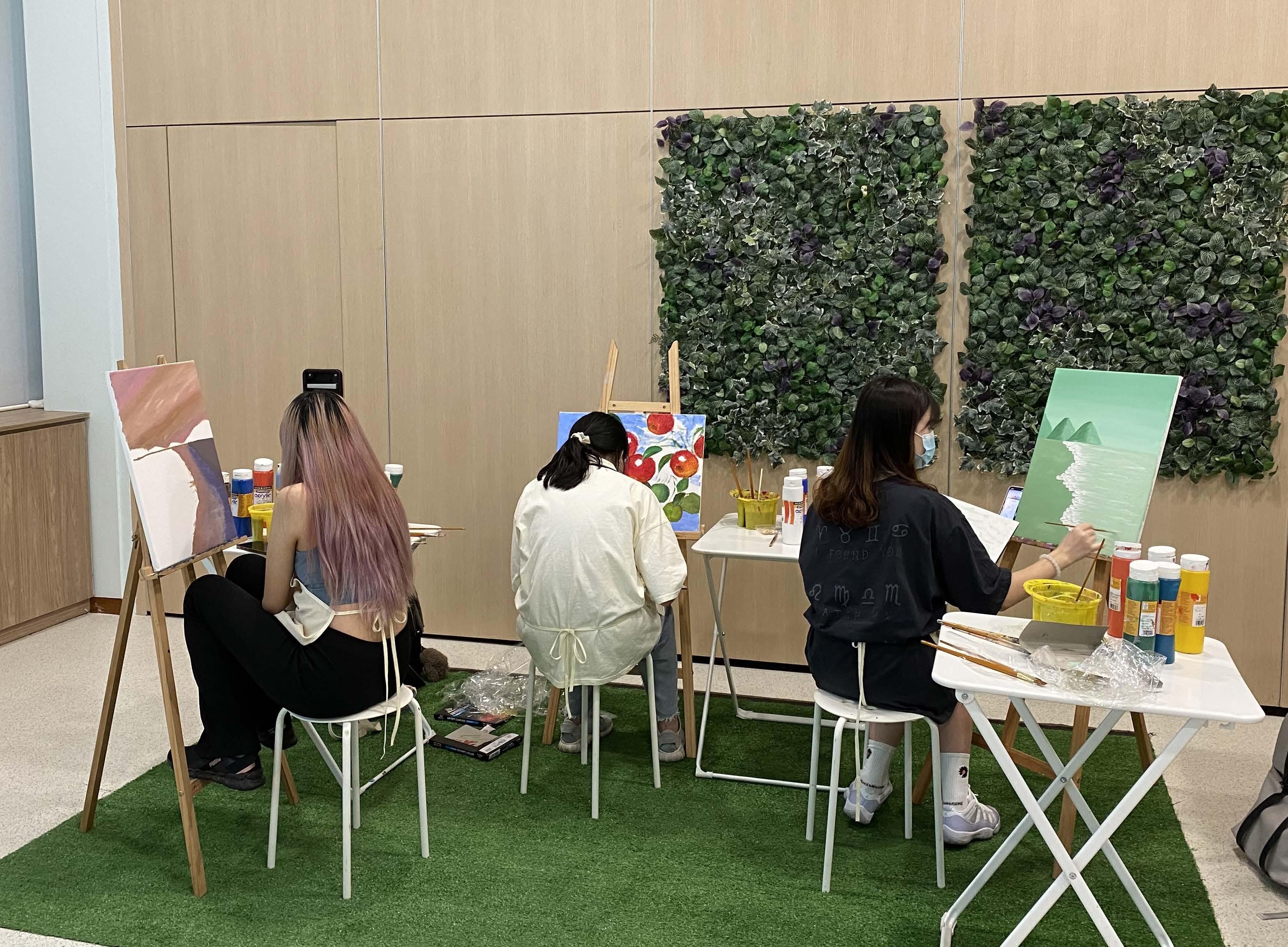
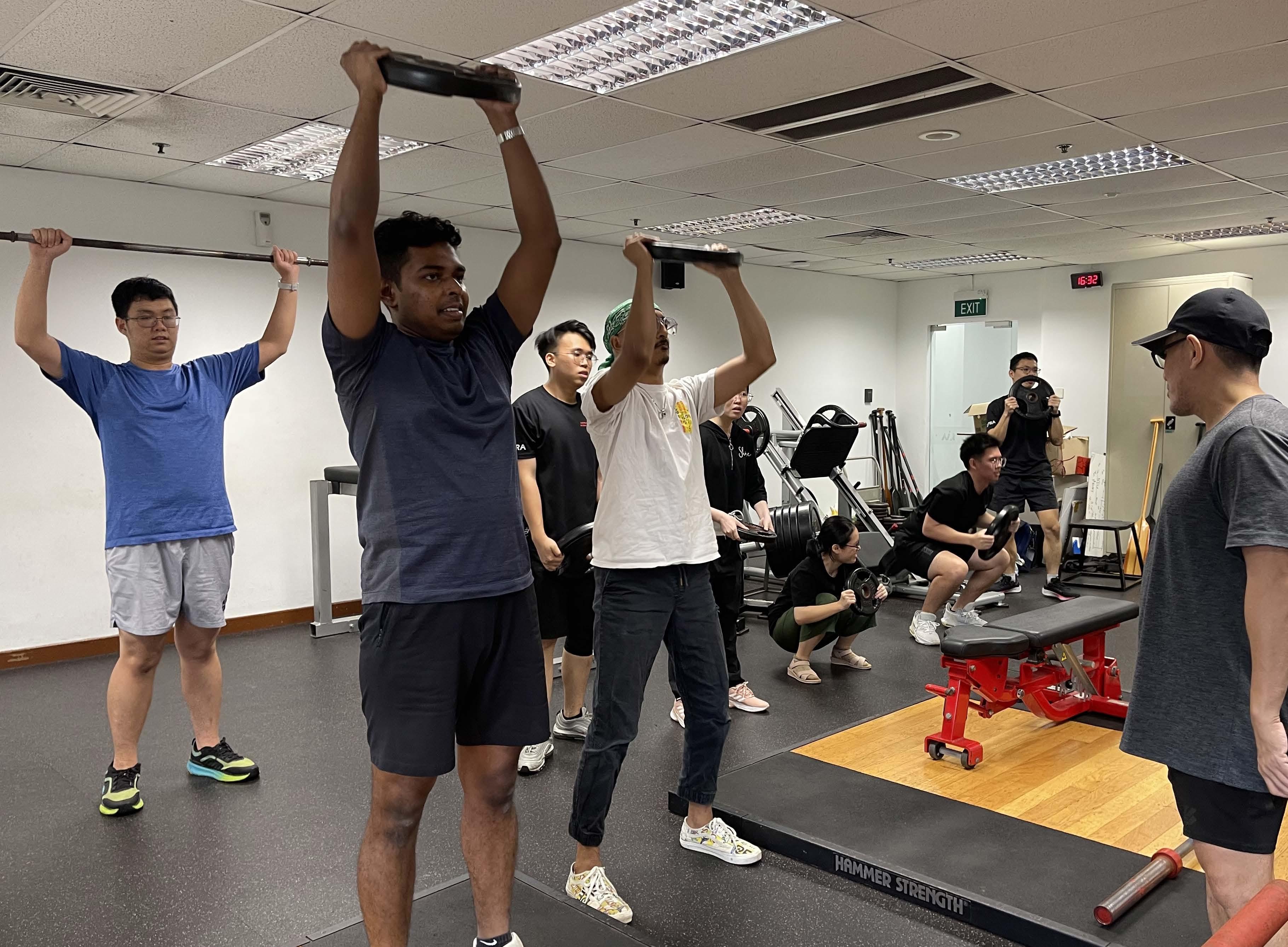
Enhancing wellness through workshop and activities
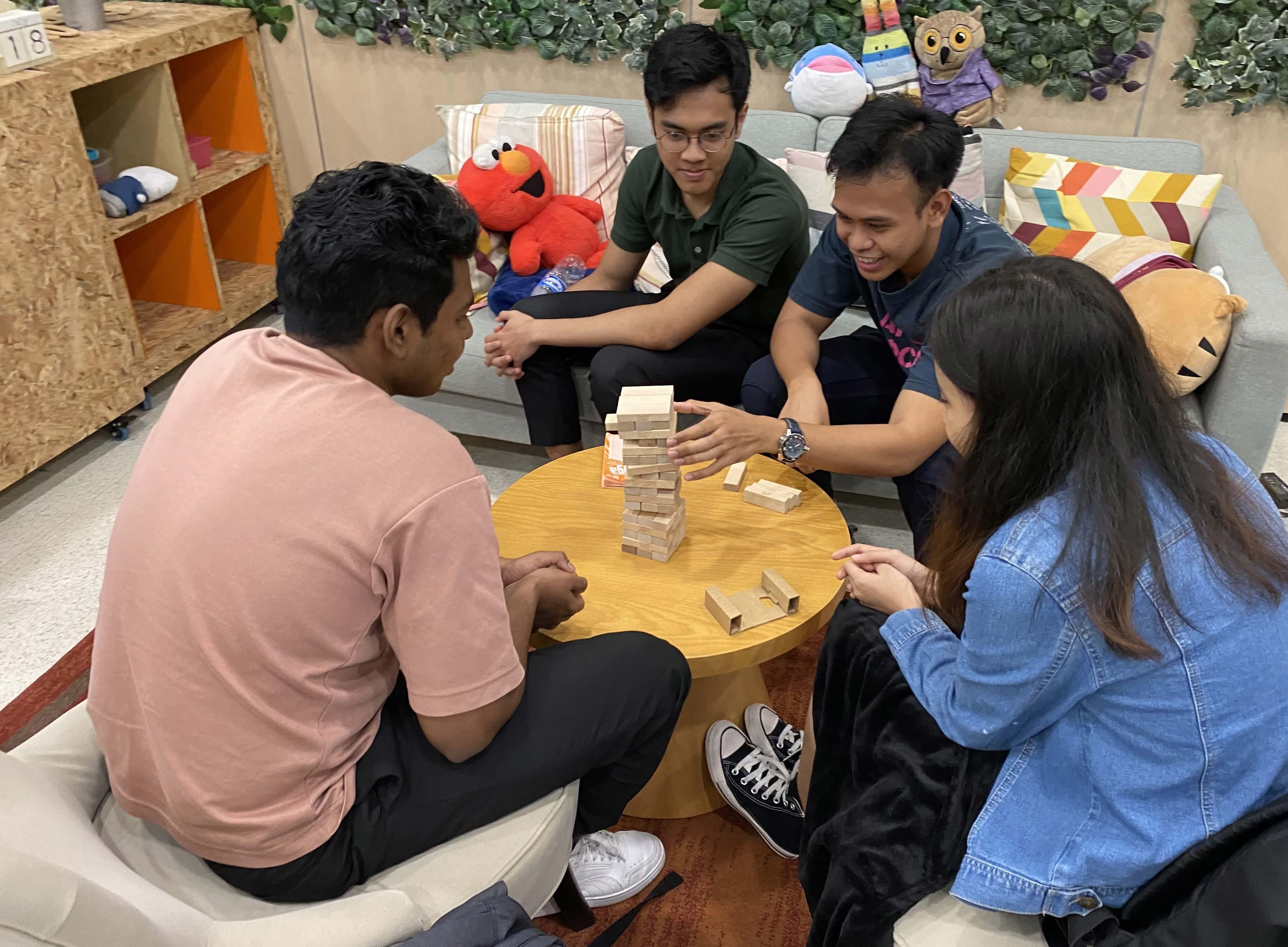

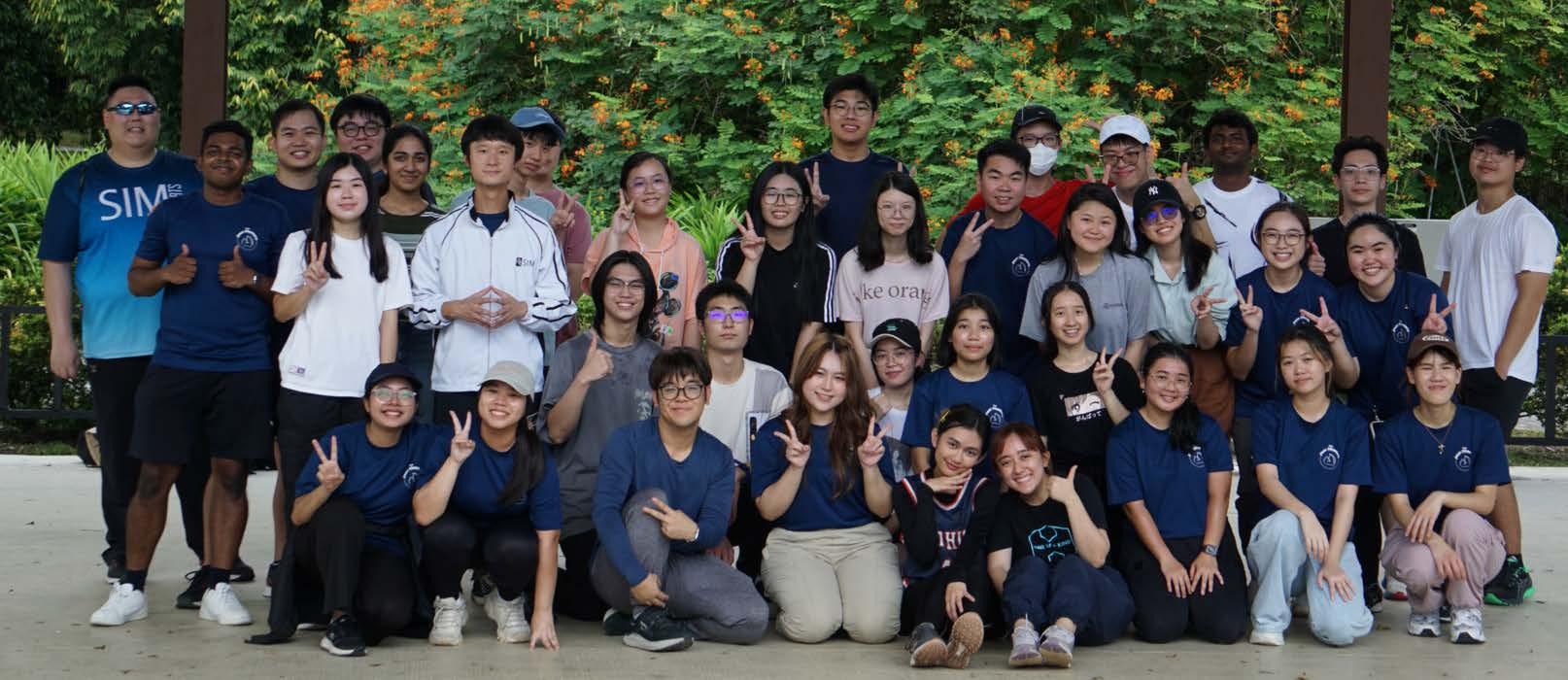

SIM Peer Mentors have a mission to promote a culture of care and support we would like to promote wellness and be a dependent pillar for the Student Body of SIM..
• Be the eyes and ears to students who are in distress/need help and be the bridge between the latter and the counsellor
Befriend and provide support to new students in their transition and to life in SIM
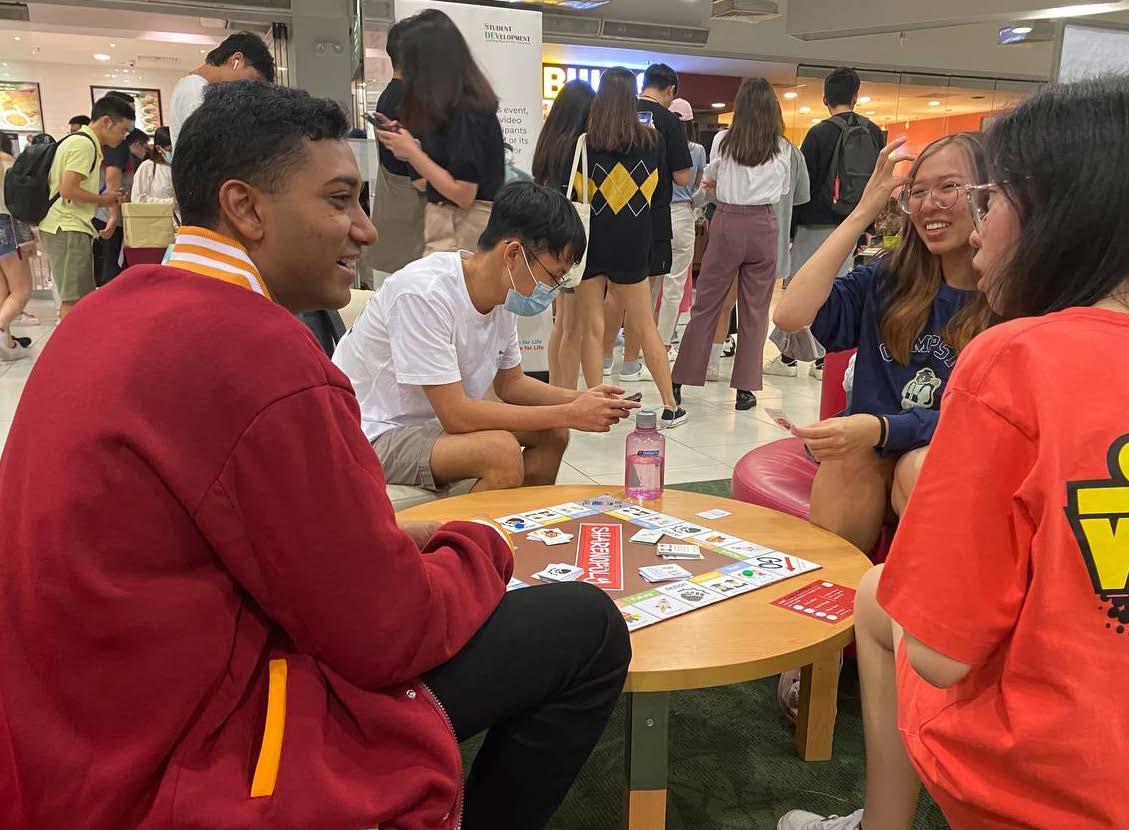
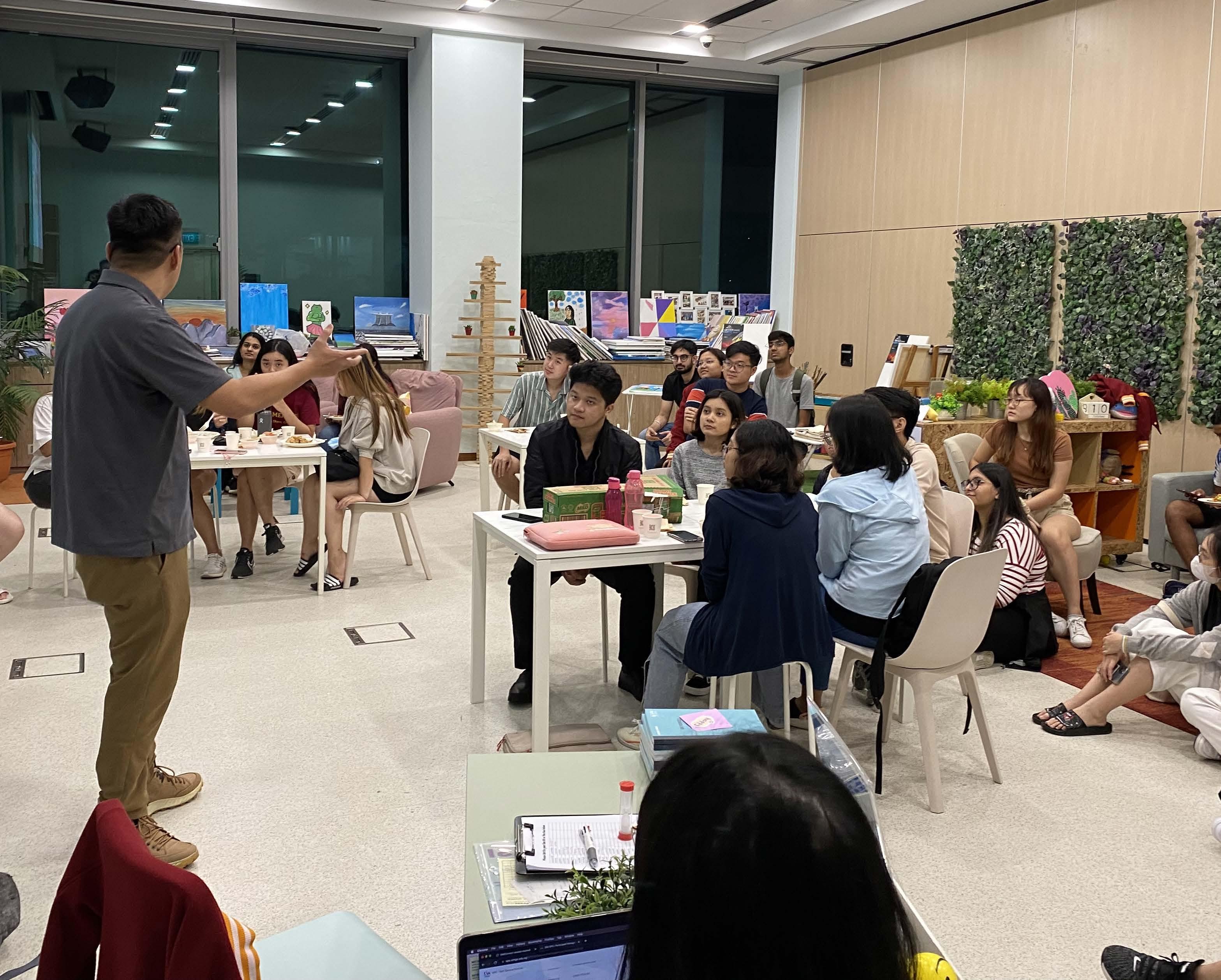
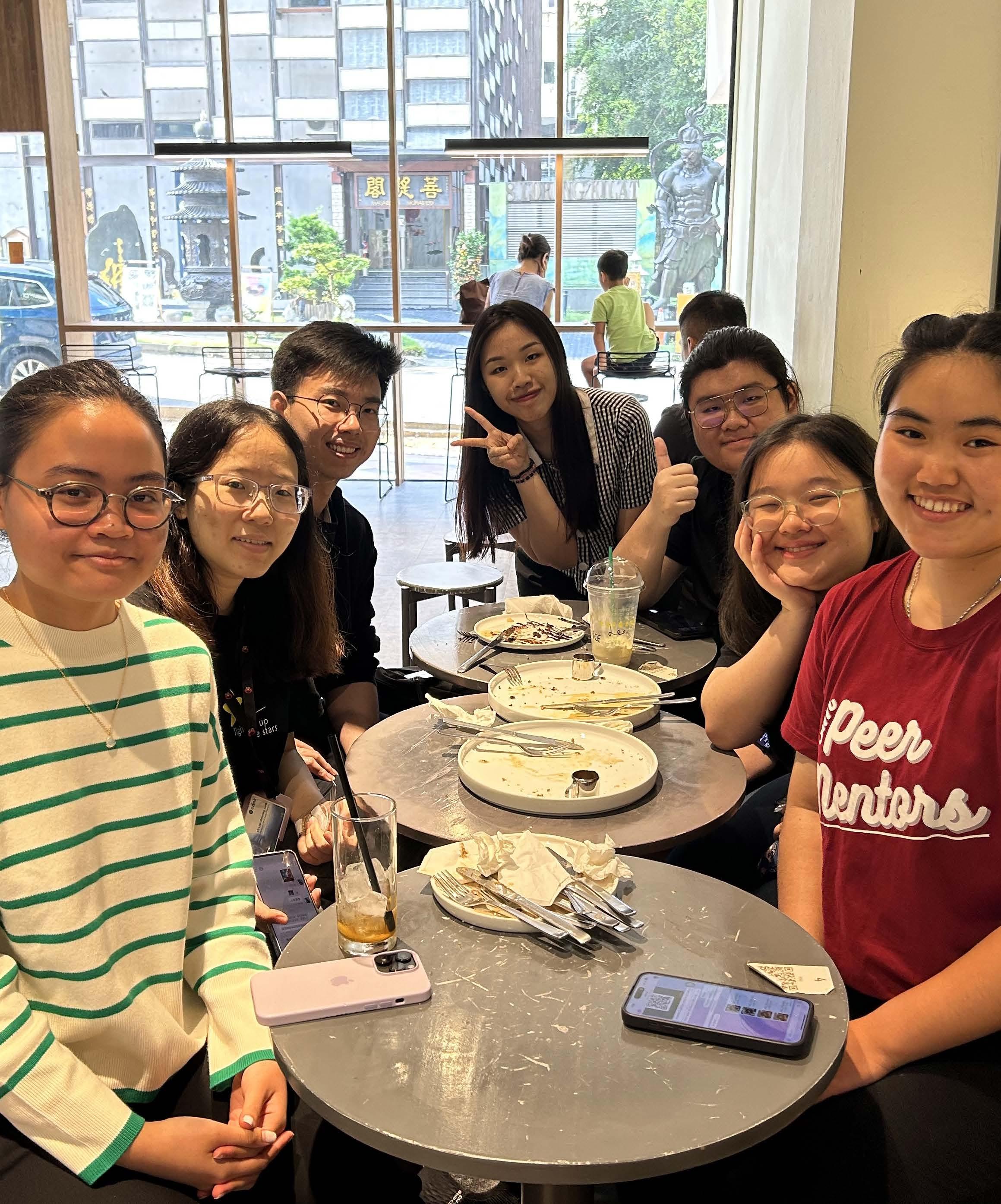
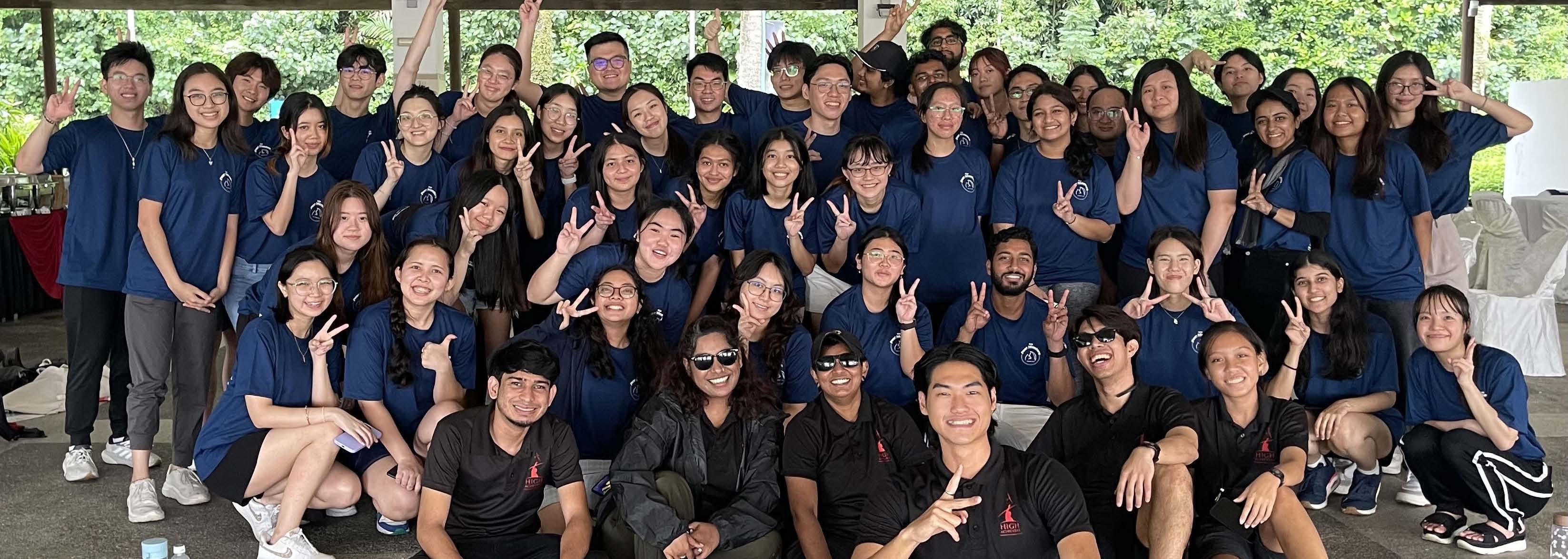
Building Healthy, Nurturing and Supportive Relationships
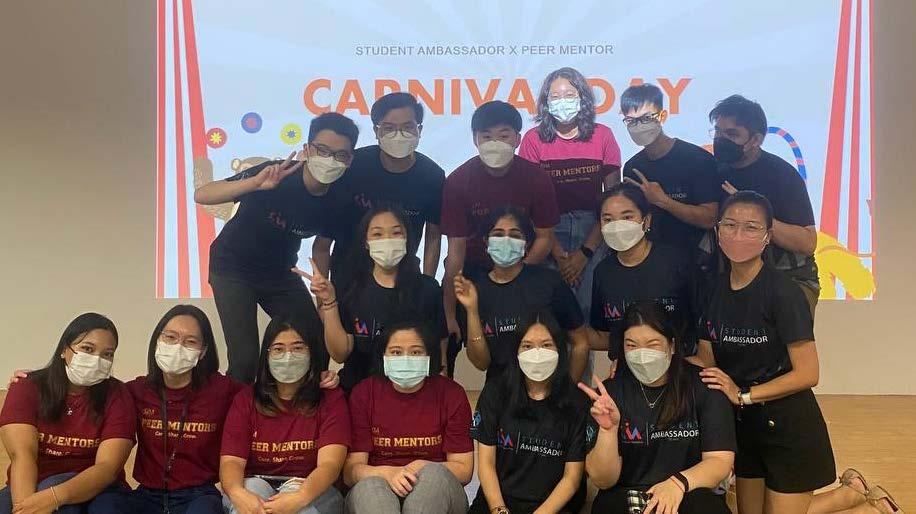

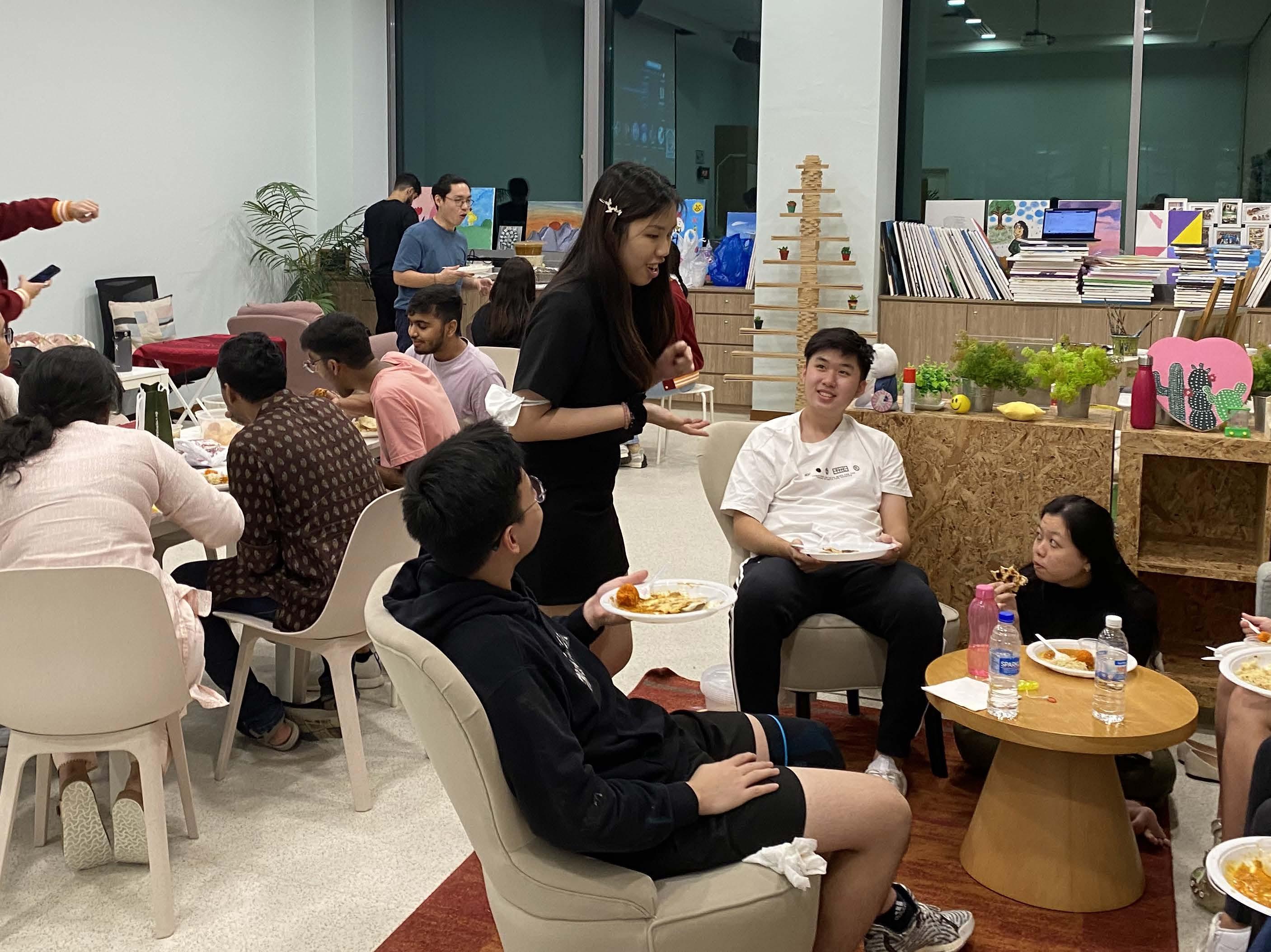

For students who have excelled in academic studies, sports or arts related accomplishments, the SIM Scholarship & Bursaries Admin team offers Scholarship as a recognition of your achievement. The Scholarship not only serve as an encouragement, but it is also a beacon which potential employers gravitate towards and helps facilitate career successes for our students.
We also believe everyone deserves a chance to get the best possible education at SIM. If you are seeking financial assistance, we are offering SIM GE Bursary and SIM GE Crisis Fund to students who are genuinely in need of financial support.
For more information, please visit our websites at:
• Scholarship – https://www.sim.edu.sg/degreesdiplomas/admissions/scholarships
• Bursary - https://www.sim.edu.sg/degreesdiplomas/admissions/bursaries-and-financialaids/sim-global-education-bursary
• Crisis Fund - https://www.sim.edu.sg/degreesdiplomas/admissions/bursaries-and-financialaids/sim-ge-crisis-fund
Let us hear from 2 of our SIM Scholars on their experiences.


Bachelor of Arts (Sociology)
SIM-University at Buffalo
SIM GE Scholar (Academic Excellence and Leadership)
About yourself
I am Sofia, a final-year Sociology major at the University at Buffalo, with a strong passion for singing. This passion led me to become an executive committee member of the SIM Esprimere Singing Club, where I have been involved for nearly three years. I'm also an avid fan of K-Pop and Pop music. Beyond my musical interests, I am part of the SIM Student Ambassador programme, dedicating significant time to promoting SIM's academic offerings and extracurricular opportunities.
Why did you apply for the scholarship?
I applied for the Academic Excellence and Leadership scholarship, confident that my qualifications make me a strong candidate. During my time at SIM, I consistently maintained a solid GPA and excelled in my studies. Since secondary school, I have embraced various leadership roles and invested considerable time and effort in contributing to both my class and extracurricular activities. These experiences inspired me to pursue this scholarship, and receiving it would have alleviated my family's financial burden as I prepared for the transition into the workforce.
Share your experience on how you work towards obtaining the scholarship
In preparation for receiving the scholarship, I committed to maintaining a GPA that met the requirements through consistent hard work across my modules and actively seeking clarification from my lecturers when necessary. I also focused on developing my leadership skills as the Welfare Director of the Esprimere Singing Club, where I led my subcommittee in organising
departmental events. In addition, I worked closely with my executive committee members, taking the time to understand their personalities and working styles to ensure efficient task completion.
How has the scholarship further developed/ helped you?
Receiving this scholarship has driven me to push myself further in my studies. I have become more engaged in class discussions, overcoming my initial hesitation to contribute. This newfound confidence has allowed me to have enriching interactions with both my classmates and lecturers. To improve my time management, I implemented a tracker spreadsheet for my assignments, which has been especially helpful in balancing my academic and non-academic responsibilities.
Moreover, the scholarship has encouraged me to take a more active role in Student Ambassador, where I promote SIM to the public. These events include Corporate Social Responsibility initiatives with children and elderly groups, involving activities like arts and crafts, games, performances, and karaoke. I particularly enjoyed the open house, where I had the chance to share my experiences as a UB student over the past three years. Additionally, I have attended education fairs outside of school, where I promoted SIM and assisted prospective students with the application process.
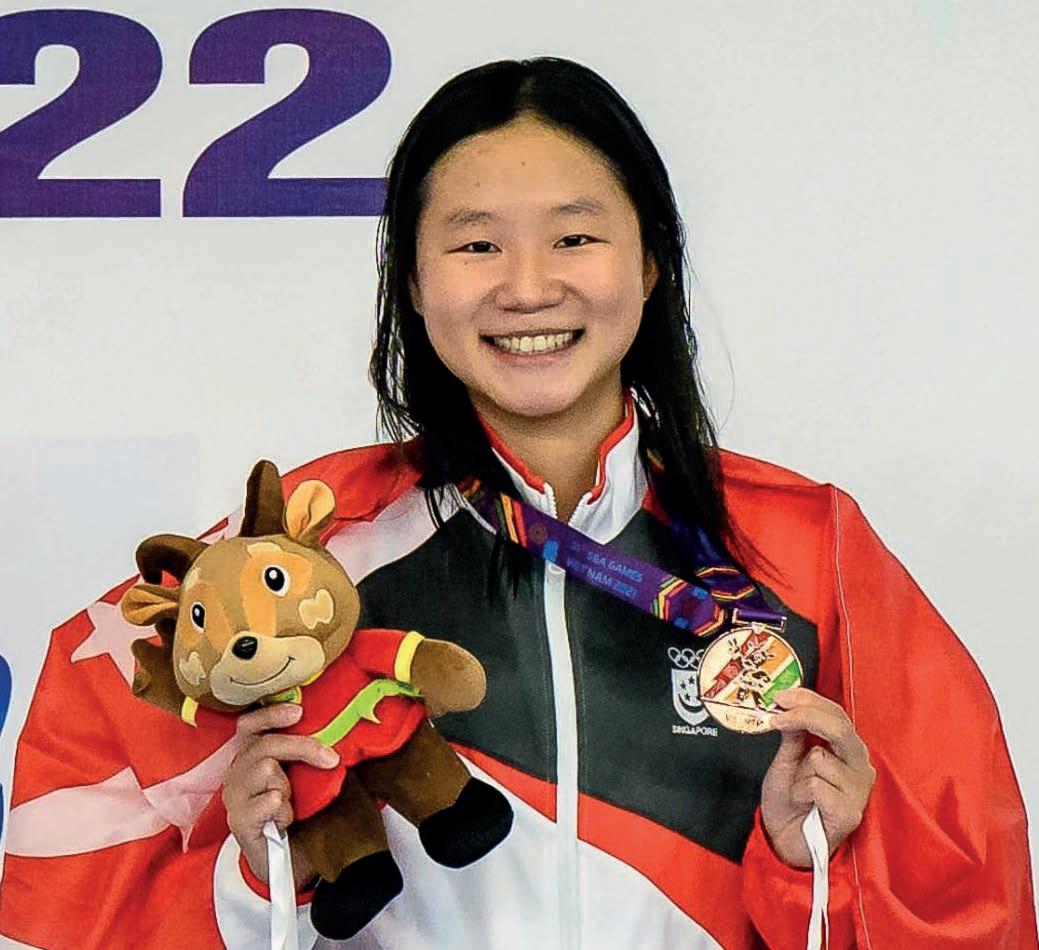
SIM-University of London
SIM GE Scholar (Sports & Artistic Talent)
My name is Zi Yi, and I hold a degree in Accounting and Finance from the University of London (Class of 2024), where I graduated with First-Class Honors. In addition to my academic achievements, I am a proud member of Team Singapore, a gold medalist at the Southeast Asian (SEA) Games, and a competitive swimmer with 19 years of experience.
Why did you apply for the scholarship?
My motivation to apply for this scholarship stemmed from a desire to alleviate the financial strain on my family, who have supported me in both my education and athletic career for nearly two decades. With my first year at SIM coinciding with the onset of the Covid-19 pandemic, I felt an even greater responsibility to contribute. Additionally, I am eager to represent both my country and university on the international stage in the sport I’m passionate about. I believed that receiving this scholarship would bring me closer to my goals, further driving my decision to apply.
Share your experience on how you work towards obtaining the scholarship
Since the age of 13, I have trained ten sessions a week, a commitment that has been both physically and mentally challenging. Juggling both my studies and athletics has tested my limits, but I have always stayed focused on my goals. Over time, my persistence paid off with three medals at the SEA Games and a finalist spot at the Asian Games. Despite the intense training and academic demands, I never lost sight of my studies. I applied the same discipline to my academics as I did to my training, earning several first-class grades as a freshman.
Furthermore, I had the privilege of developing my leadership skills as captain of my swim team in secondary school and junior college. The years of dedication as a student-athlete have shaped my resilience and determination, qualities that have played a significant role in my personal growth and my pursuit of this scholarship.
How has the scholarship further developed/ helped you?
This sports scholarship has been invaluable in funding part of my undergraduate studies. With this support, I can dedicate more time and energy to both my academics and training, free from financial worries. Without it, I would not have been able to achieve the success I have in swimming and academics. I am deeply grateful that the school recognised my potential and believed in my ability to reach greater heights. As I graduate and enter the workforce, I am committed to continuing to contribute to my country and school, even as an alumnus.

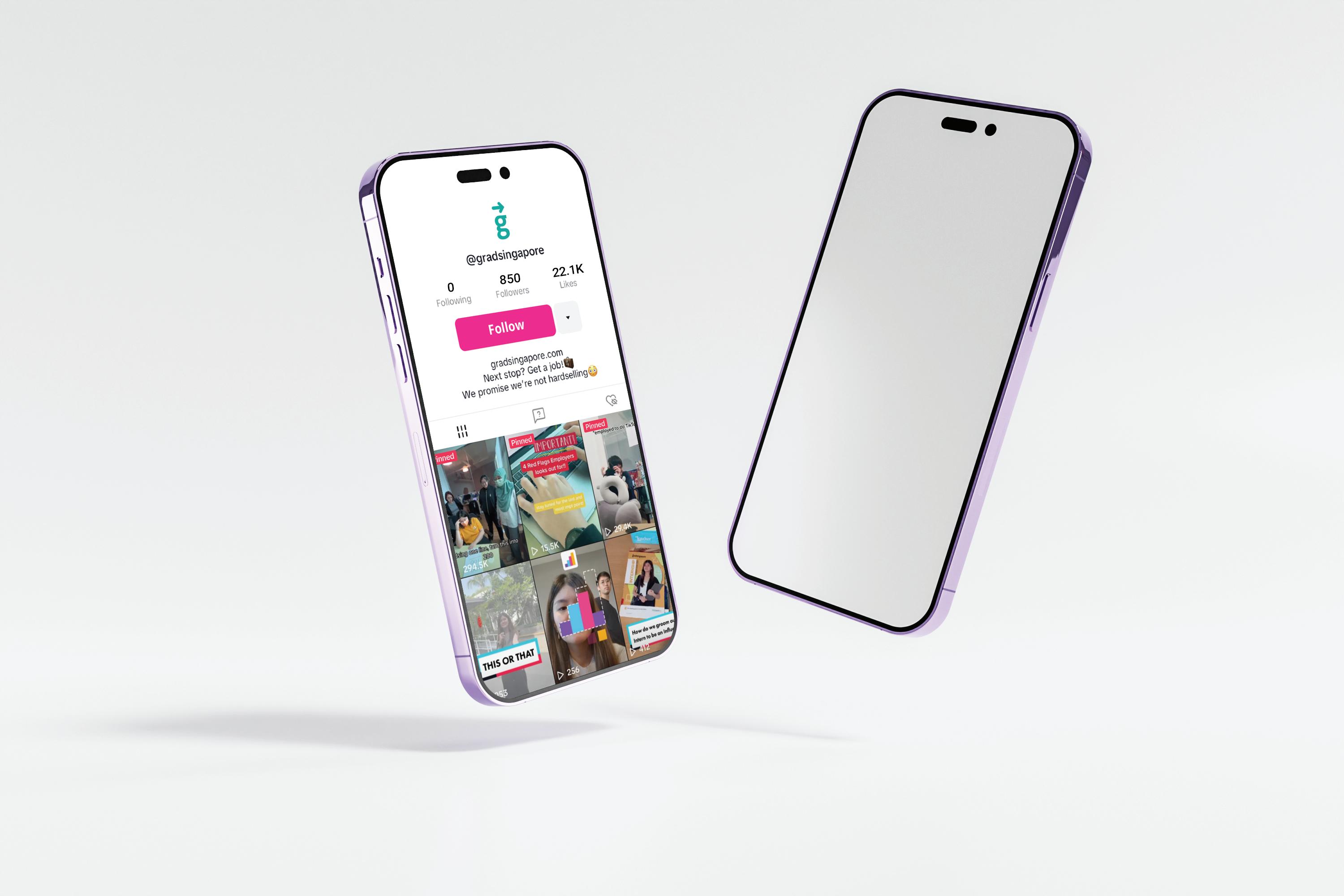

221 Henderson Road, #06–06, Singapore 159557
TEL (+65) 8897 4587
WEB www.axcel.partners
EMAIL careers@recruit.com.sg
LOCATION(S)
• Singapore (Main HQ)
• International (Regional teams in Malaysia, Indonesia, Philippines & Vietnam)
BUSINESS FACTS
At Axcel Partners, we are more than a business consultancy firm — we partner with business leaders to drive growth and transformation. Through our group of companies, we offer advisory, consultancy, and hands-on implementation across key areas such as Revenue and Sales, Marketing, Technology, HR and Recruitment, Operations, and Finance. Here, you will collaborate with experienced professionals, gain practical experience, and develop the skills to grow both personally and professionally.
JOB ROLES
At Axcel Partners, we are hiring across a diverse range of roles and business units, offering graduates the opportunity to contribute to impactful projects in various specialisations.
Whether you are interested in strategy, sales, marketing, operations, technology, finance, or HR, there’s a role for you. Our business units span multiple industries, allowing you to explore dynamic career paths while working in a collaborative and growth-oriented environment. Connect with us at careers@recruit.com.sg to explore career opportunities across the Axcel Partners group of companies.

Partners
CAREER SECTOR(S)
• Accountancy and Financial Management
• Consulting
• IT and Technology
• Media and Advertising
APPLICATION PROCEDURE(S)
Candidates can apply by sending their CV and interest areas to our talent acquisition team at careers@recruit.com.sg.
Name: Renae Chen
Degree: Bachelor of Accounting and Finance, University of London
Role: Talent Acquisition Lead
Employer: WorkJoy Group (Part of the Axcel Partners Group of Companies)
As a Talent Acquisition Lead, I drive strategic hiring across Southeast Asia, aligning recruitment with business needs across the region. I work closely with senior leadership to ensure we bring the right talent onboard – because we believe great people are key to driving business growth. My day-to-day work involves developing talent acquisition strategies, building strategic partnerships to unlock new talent pipelines, improving our recruitment processes, and connecting with candidates to understand their needs and fit for open positions. My goal is to ensure our organisation consistently attracts, hires and retains the right people to succeed.
The interview process involved multiple stages: (1) Introduction to showcase my background and skills. (2) Technical evaluation to align my expertise with the role's objectives. (3) Interview with senior management to ensure shared vision and strategic alignment. What I felt helped me to set myself apart from other candidates was my ability to present specific track records and results from past roles, and relate how my experience can further drive the company's growth plans.
THE HIGHS AND LOWS
What I love most about my job is the opportunity and autonomy to create recruitment strategies that not only attract top talent but also help individuals build meaningful and fulfilling careers. It is very fulfilling to know that my work directly impacts the business achieving its goals – because of the people I enrol onboard. At the same time, it is not for everyone because it is fast paced and requires a high level of adaptability. Balancing the expectations of both businesses and candidates can be challenging, but it is incredibly rewarding to see the tangible results of matching the right people with the right roles, ultimately driving success for everyone.
One of my most fulfilling moments at work was collaborating with clients from diverse industries, each with unique hiring needs and goals. A particularly memorable project was partnering with our marketing agencies within the Axcel Partners group of companies – War Studio and Glouu – to develop the employer branding of one of our clients. Alongside recruitment efforts, we transformed their employer brand and successfully hired over 30 talented individuals. This achievement not only fueled the company’s expansion but also created meaningful career opportunities, which is the heart of what we do in terms of driving business success while helping individuals find their work joy.
Maximise every opportunity as a student to gain real-world experience through internships and hands-on projects. These experiences allow you to build a portfolio that showcases your skills and achievements, helping you stand out instead of blending in. Use your student status as an advantage — it is a unique phase where professionals are often more willing to mentor, guide, and provide you with opportunities to learn. To explore different career paths - connect with me on LinkedIn (@Renae Chen) or drop me an email at renae.chen@ workjoygroup.com.
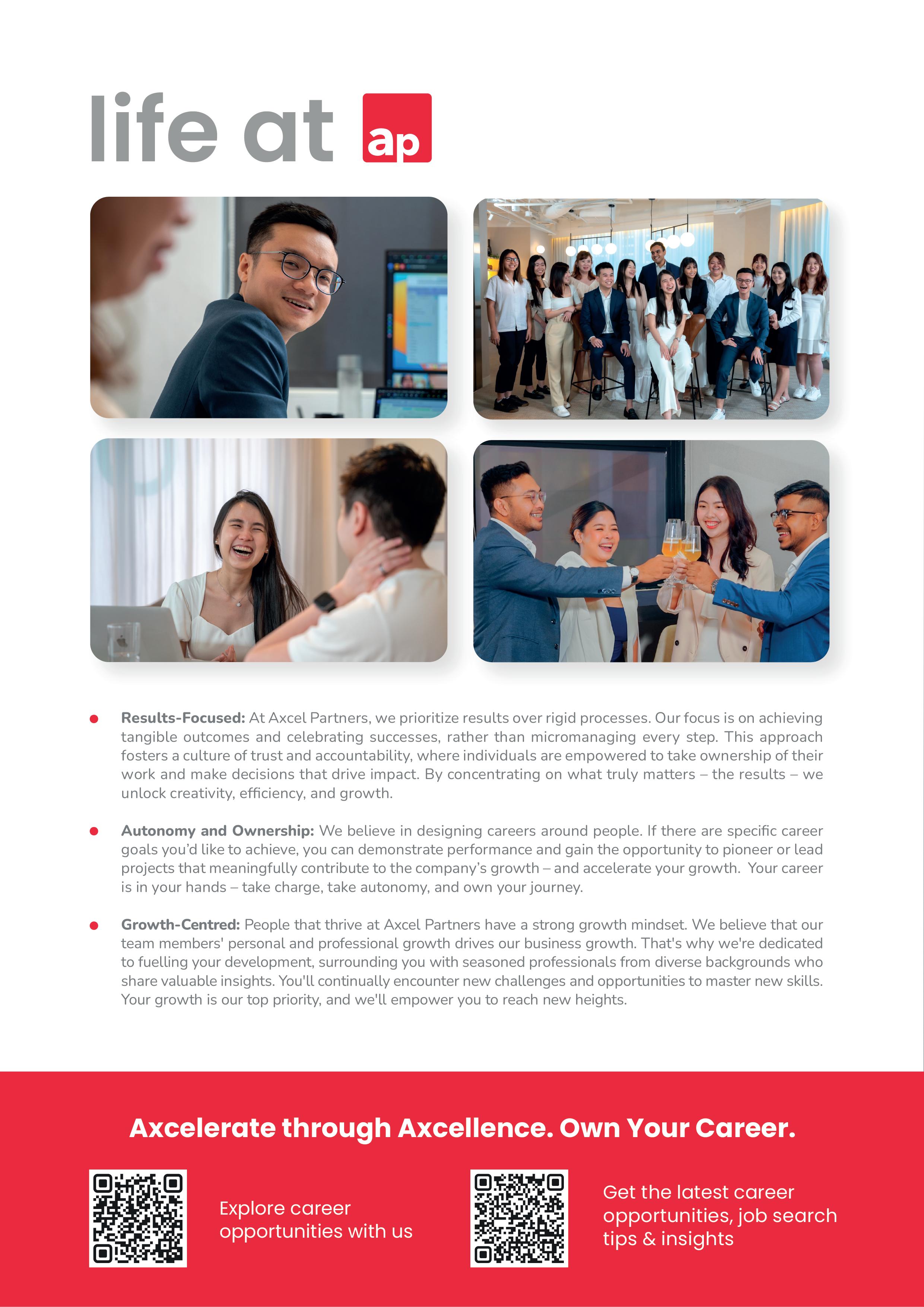

600 North Bridge Road #23-01 Parkview Square 188778
TEL (+65) 6828 9118
WEB https://www.bdo.com.sg/en-gb/careers
EMAIL career@bdo.com.sg
LOCATION(S)
• Singapore
BUSINESS FACTS
BDO Singapore is a full-service professional services firm deeply rooted in serving small and medium-sized enterprises, large privately held businesses, and multinationals across diverse industries in Singapore. Our clientele spans various sectors: consumer and retail, financial services, education, F&B, manufacturing, real estate and construction, logistics, healthcare, public sector, professional services, transport, technology, media, and telecommunications.
BDO Singapore is an independent member firm of BDO International. Established in 1972, we have evolved into one of Singapore's leading and highly respected accounting and business advisory firms, with over 650 employees. We offer an extensive and comprehensive suite of professional services encompassing audit, business advisory, tax and business services outsourcing.
As a forward-thinking, digital-focused firm that sees digital as a cornerstone of excellence, we are proud of our partners and directors who consistently earn the trust of our clients and the market by delivering ideas that create value. We take pride in our dedicated team's pivotal role in helping our clients grow, flourish, and transform. We cultivate a culture that transcends office boundaries, fostering collaboration and community engagement within and beyond our workplace.

MY JOB

@BDOSingapore

@bdosg
@bdo-singapore
@BDO_Singapore
Both degree and diploma holders
CAREER SECTOR(S)
• Accountancy and Financial Management
• Consulting
APPLICATION PROCEDURE(S)
If you believe you have the right values and attitude in wanting to be part of our big BDO family, send in your detailed resume and a recent photograph to career@bdo.com.sg
Name: Xing Zengyi
Degree: Bachelor of Science (Honours) in Accounting and Finance, SIM-UOL, 2018
Role: Audit Manager
Employer: BDO Singapore
I joined BDO Singapore as a fresh graduate in 2018, and my journey through the ranks has provided me with a strong foundation in audit and assurance. I began my career as an Audit Associate and was eventually promoted to Audit Manager. In my current role, I oversee multiple engagement teams to ensure the timely completion of audits.
A key factor for success in this profession is staying updated on the developments in the various industries where my clients operate. This allows me to analyse clients' financials based on the most relevant industry trends.
During the interview, I was presented with a case study and was tasked to apply hands-on financial reporting standards set by the industry. Back in my days as an accounting student, I had always envisioned myself in the professional service sector, specifically in auditing. The curriculum at SIM was crucial in equipping me with the necessary technical skills, enabling me to apply what I learned in real-world situations, including solving the case study during my interview.
During the interview, I was fortunate to meet my Audit Partner, now my mentor, who has been instrumental in fostering my growth within the company.
THE HIGHS AND LOWS
Being involved in large and complex audit engagements is undoubtedly the most excellent highlight of my career, serving as a testament to my ability.
During my time here at BDO Singapore, I have encountered challenging engagements. Fortunately, my superiors' continuous guidance and support have helped me navigate the obstacles efficiently. In fulfilling these objectives, these experiences have also significantly contributed to my personal and professional growth.
Aside from work, pursuing my professional qualification presented extreme challenges. I had to manage my schedule and juggle between giving my 100% for work and studies within the same working day. I am incredibly thankful for BDO's commitment to supporting their employees through guidance from my superiors and the generous company policy of study leave, which have been crucial in helping me balance my responsibilities while equipping me with the knowledge needed to succeed in the exams.
MY HAPPIEST MOMENT AT WORK
The most fulfilling aspect of my job goes beyond completing audit engagements. Over the years, I have built up a network of colleagues across different service lines and BDO member firms around the world. They provide me with access to resources and support that could enhance my clients' service quality. Ultimately, these robust and reliable connections truly make a workplace enjoyable.
SOME ADVICE
I believe in continuous learning as it allows me to gain valuable knowledge and new perspectives that can be imparted to or shared with others.
I see the necessity of developing my professional career further; hence, I decided to pursue the prestigious Singapore Chartered Accountant Qualifications six months into my job.
Learning is a journey, not a destination. Embrace continuous learning to boost your adaptability in the ever-changing world. This is crucial for this industry.
• Audit & Assurance
• Corporate Secretarial Services
• Corporate Tax Advisory
• Cybersecurity
• Deal Advisory
• Digital Advisory
• Financial Services Group
• Goods & Services Tax
• Management Consulting
• Private Client Services
• Restructuring & Forensic
• Risk Advisory
• Sustainabilty Services
• Talent Consultancy
• Transfer Pricing
If you share our values and have the skills, ability and ambition it takes to succeed here, we want to hear from you. Whether you join Assurance, Tax, Consulting or Advisory Services, you will enjoy early responsibility, rewarding challenges and exposure to a variety of businesses across a range of sectors.
To explore a career path with us, please email your detailed resume and cover letter to career@bdo.com.sg


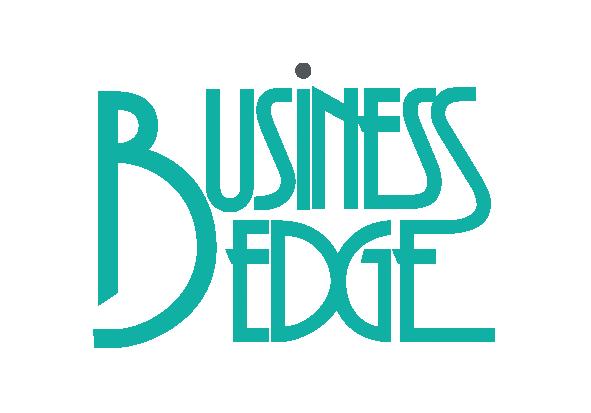
BUSINESS EDGE PERSONNEL SERVICES
76 Playfair Road, #02-02, LOBBY 1 LHK2 Building, Singapore 367996 TEL (+65) 67328233
WEB https://www.businessedge.asia/ EMAIL hello@businessedge.asia
LOCATION(S)
• Singapore
• International – Malaysia, Thailand, Vietnam, Indonesia
BUSINESS FACTS
Established in 1991, Business Edge Personnel Services is a multiple awardwinning HR and Recruitment company (Enterprise 50 Award by Business Times, Fastest Growing Companies Singapore by The Straits Times, and Fastest Growing Companies Asia-Pacific by Financial Times).
Business Edge has offices across Asia, and offers the full spectrum of HR services, including Recruitment, Staffing, and Payroll.
JOB ROLES
• Recruitment Consultant
• Administrative Executive
• Payroll & Accounts Executive
• Human Resource Learning & Development

@Business Edge Personnel Services
@Business Edge Personnel Services
CAREER SECTOR(S)
• Consulting/Professional Services (HR)
APPLICATION PROCEDURE(S)
Submit your resume to hello@businessedge.com.sg or visit www.businessedge.asia to find out more about us!
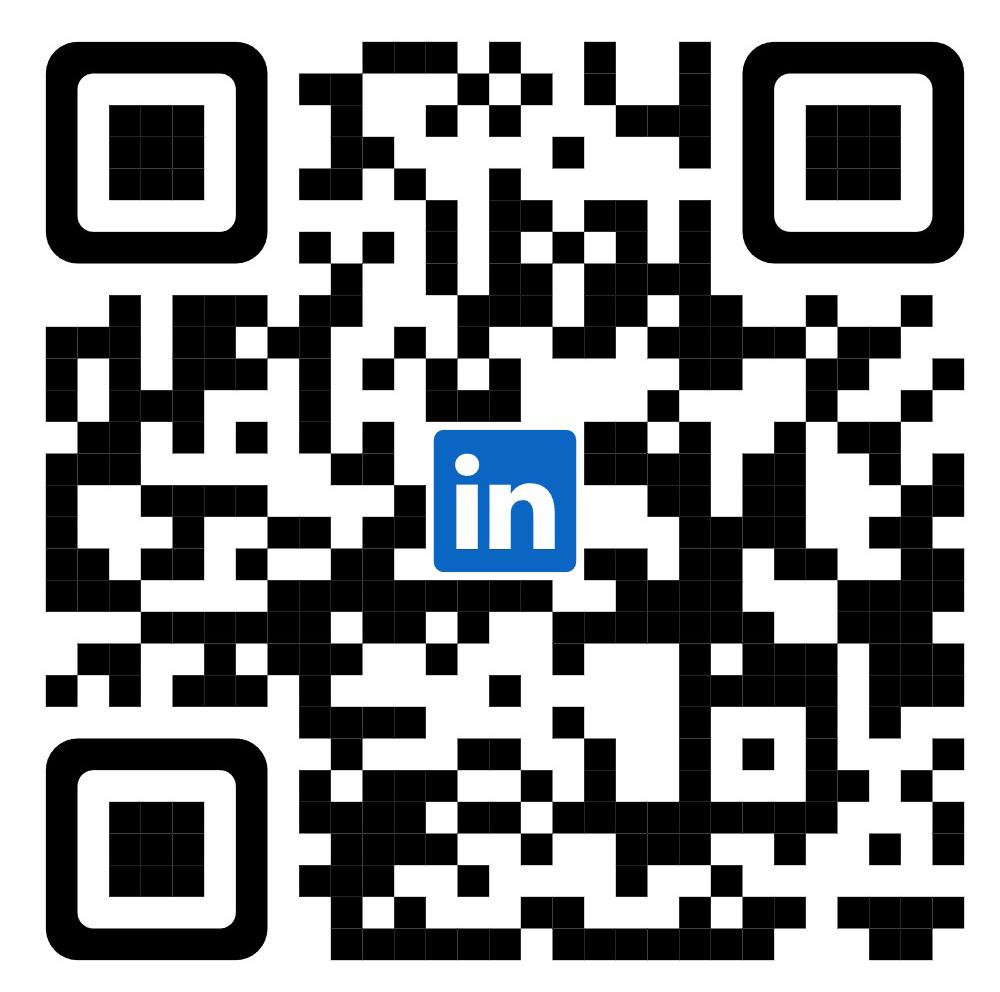

CHANGI AIRPORT GROUP (SINGAPORE) PTE LTD
Singapore Changi Airport, PO Box 168, Singapore 918146 WEB careers.changiairport.com

@changiairport

@changiairport
@Changi Airport Group
@changiairport
@changiairport
JOB ROLES
LOCATION(S)
• Singapore
BUSINESS FACTS
Changi Airport Group is first and foremost a service company. We operate Singapore Changi Airport, the world’s most awarded airport, and help develop and manage airports worldwide. Our people are our most important asset in our mission to be the world’s leading airport company, growing a vibrant air hub in Singapore and enhancing the communities we serve worldwide.
We aspire to build a company where ordinary people achieve extraordinary results. Our people have a passion for service and are committed to teamwork, integrity and excellence. Working together with our colleagues and partners to achieve the best outcome, we deliver innovative services and create a world-class experience for our customers.
Changi Airport Group offers a unique work environment in a global, vibrant and exciting airport community. With a set-up of multiple businesses, you will embark on a multi-faceted career of diverse business functions in the dynamic and fast-growing aviation industry - where we make magic happen in every aspect of our business, turning different airport touchpoints into seamless experiences with innovation and technology. Come make MAGIC with us.
• Accounting
• Business Administration
• Economics
• Engineering
• Finance
• Humanities, Art and Social Sciences
• IT and Computer Sciences
• Law
• Property and Built Environment
CAREER SECTOR(S)
• Aviation, Transport and Supply Chain
• Hospitality, Leisure and Tourism
APPLICATION PROCEDURE(S)
Apply online at careers.changiairport.com
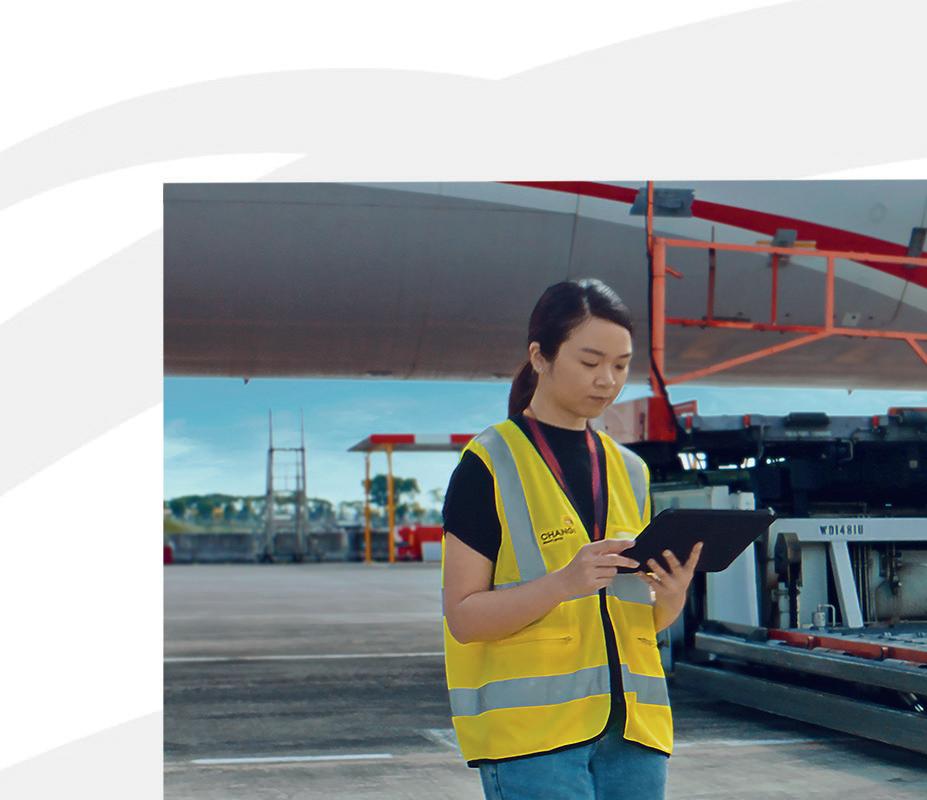





















CLA GLOBAL TS HOLDINGS PTE LTD
80 Robinson Road #25-00, Singapore 068898
TEL (+65) 6534 5700
WEB https://www.cla-ts.com
EMAIL people@sg.cla-ts.com
LOCATION(S)
• Singapore
• International - Malaysia, China, Myanmar
BUSINESS FACTS
Established in 1993, CLA Global TS is a trusted public accounting and Asiafocused business advisor. An independent network member of CLA Global Limited (CLA Global), a leading global organisation comprising of independent accounting and advisory firms, CLA Global TS serves as the member firm for Singapore, Southeast Asia and China, and is a key leading firm for CLA Global in Asia.
Led by professionals with more than 30 years of experience, CLA Global TS envisions itself as "The Growth Strategist for Asia." The firm provides a full spectrum of professional services from its locations in Singapore, China, and Malaysia and is actively expanding through strategic partnerships in the Southeast Asia region.
Ranked among the top ten largest accounting firms in Singapore, CLA Global TS offers a wide range of services, including but not limited to Audit, Tax, Risk Advisory, Sustainability Reporting, Valuation, M&A, BPO, Cybersecurity Advisory, Data Analytics, Restructuring, Country Advisory, and more.

MY JOB

@cla.global.ts

@cla_global_ts
@cla_global_ts
@cla-global-ts
@cla_global_ts
JOB ROLES
• Audit Associate
• Risk Advisory Associate
• Tax Associate
• Valuation & Transaction Services Associate
• Accounting, Outsourcing & Corporate Services
• Associate
• Insolvency & Restructuring Associate
• Sustainability Reporting and Climate Change Associate
CAREER SECTOR(S)
• Accountancy and Financial Management
APPLICATION PROCEDURE(S)
If you are interested, you may send your application to people@sg.cla-ts.com.
Name: Mun Kit Yeng
Degree: Bachelor of Business (Accountancy), SIM-RMIT, 2014
Role: Senior, Tax
Employer: CLA Global TS
As a tax professional, I collaborate in various intra-department teams for tax compliance and tax advisory work, fulfilling our roles as tax consultants to clients. Tax compliance involves preparing tax computations to help clients in the timely submission of their tax returns on a regular basis in areas of Corporate Tax, Goods and Services Tax (“GST”), Individual Tax, Withholding Tax, the Common Reporting Standard (“CRS”) and the Foreign Account Tax Compliance Act (“FATCA”). Part of the tax compliance work involves collaborating across departments (eg. with the Accounting and Assurance departments) to gather information needed. Advisory work is more strategic and tends to be ad-hoc. The guidance we provide can touch on cross-border transactions, transfer pricing policies, and double taxation agreements, to name a few.
Alongside my teammates, we research on tax issues to help clients analyse and navigate the evolving tax laws, leveraging on statutory provisions (i.e. tax legislation) to minimise the clients’ tax liabilities. We also represent our clients to liaise with the Inland Revenue Authority of Singapore (“IRAS”) to confirm tax filing positions, or to clarify on the application of income tax laws and tax treatments.
HOW I GOT MY
In responding to an online job posting on mycareersfuture.gov.sg, I was presented with the opportunity to be interviewed by the Head of Tax face-to-face. Prior to the in-person interview, I was tasked to submit my response to an open-ended questionnaire about a selected technical aspect of tax. I believe the measured responses I provided to answer the questionnaire and during the face-to-face session set me apart, as it showed calm and collectedness.
The collaborative environment is what I enjoy most, as my peers and I support each other where we can. There are challenging times where multiple timesensitive assignments compete for our attention, and this hones deft time management and prioritisation. As a team player, we also learn to adapt to the different working styles of our respective engagement managers, balancing the hard and soft skills on the job.
MY HAPPIEST MOMENT AT WORK
It was an encouragement coming in 2nd place in a firmwide innovation challenge in 2023, submitting ideas to enhance the firm’s workflow and improve productivity.
My entry was about streamlining the use of forms for various purposes, in various platforms, in different frequencies into a central depository.
At work, it is more than just crunching numbers. I also had the opportunity to plan and organise intra-department teambuilding activities, and also to facilitate intra department training on select topics of taxation.
SOME ADVICE
Be humble, work smart, and build resilience.
The learning curve in a larger professional services firm may be steeper compared to working in a boutique accounting firm, but it offers a robust pathway for personal and professional development.









EY
One Raffles Quay, North Tower, Level 18, Singapore 048583
TEL +(65) 6535 7777
WEB https://go.ey.com/student-graduate-programs-sim2025 EMAIL gr.eys@sg.ey.com
LOCATION(S)
• Singapore
• International – More than 700 offices in over 150 countries
BUSINESS FACTS
EY is building a better working world by creating new value for clients, people, society and the planet, while building trust in capital markets.
Enabled by data, AI and advanced technology, EY teams help clients shape the future with confidence and develop answers for the most pressing issues of today and tomorrow.
EY teams work across a full spectrum of services in assurance, consulting, tax, strategy and transactions. Fueled by sector insights, a globally connected, multi-disciplinary network and diverse ecosystem partners, EY teams can provide services in more than 150 countries and territories. All in to shape the future with confidence.
JOB ROLES
We hire across academic disciplines. From business, accountancy and computer science to science, technology, engineering, and math (STEM) majors and more, we invite all students to apply to our graduate positions and internships now.



@EYCareersSingapore
@eysgcareers @EY
These are the teams you can join:
• Assurance
• Tax
• Strategy and Transactions
• Consulting
CAREER SECTOR(S)
• Accountancy and Financial Management
• Consulting
• IT and Technology
APPLICATION PROCEDURE(S)
Explore our latest internship and graduate positions and apply online at https://go.ey.com/graduate-careers
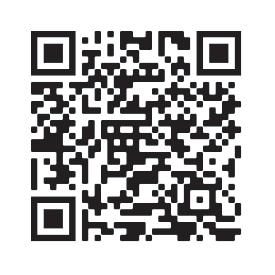
Name: Lauren Tan
Degree: Bachelor of Science (Honours) in Accounting and Finance (First Class Honours), SIM-UOL, 2019
Role: Manager, Tax Employer: EY
As a manager in the Global Compliance and Reporting, Tax Services team, my daily tasks focus on tax compliance and advisory.
For tax compliance, I prepare and review tax packages, which includes tax computations and tax returns for my clients. I also attend to IRAS queries to ensure client compliance.
In tax advisory, I handle a wider variety of tasks, such as preparing tax structuring reports, performing tax due diligence, and securing advance rulings to assist clients with complex tax regulations and tax positions optimisations. Outside of my core responsibilities, I am also part of my department’s teambuilding committee, organising team events to promote collaboration.
The interview and selection process consisted of a brief essay and an interview with a partner and director from my department.
The interview focused on behavioral questions. I discussed my leadership experience in student organisations, such as the SIM Accounting Association and SIM iCare, as well as my past internship experiences.
When asked why I wanted to pursue a tax career, I explained that my interest stemmed from my internship experiences and interactions with tax professionals.
I believe my diverse internship experiences set me apart from other candidates, demonstrating my intentional career choices and readiness to pursue them.
What I appreciate most about my job is the daily opportunity to learn something new. Given the ever-evolving tax landscape, staying current with the latest changes are essential for tax professionals. As someone who enjoys learning, this aspect is incredibly fulfilling.
One of the most challenging aspects of my job is working on new tax advisory engagements, due to the steep learning curve. However, with the support and guidance from my Senior Managers and Partners, I am able to effectively navigate these challenges.
MY HAPPIEST MOMENT AT WORK
My most significant achievement to date has been successfully completing a complex, multi-country tax advisory project. This work provided me with the opportunity to understand different countries’ taxation regimes while also building relationships with colleagues in our international offices. While the tight timelines and coordination across various time zones presented some challenges, the sense of accomplishment once the project was completed was incredibly rewarding!
SOME ADVICE
My advice for students is to pursue as many internships as realistically possible. Experience different roles, like tax and audit, before deciding on the direction you want to take your career.
Also, attend networking events organised by potential employers such as EY.

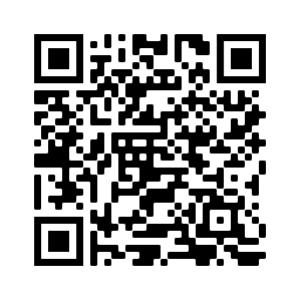




FDM SINGAPORE CONSULTING PTE LIMITED
38 Beach Road, #26-11, South Beach Tower, Singapore 189767
TEL (+65) 6909 1570
WEB https://www.fdmgroup.com/en-sg/candidates/graduates/ EMAIL enquiriessg@fdmgroup.com
LOCATION(S)
• Singapore
• International
- North America – USA: Austin, Charlotte, New York, St. Petersburg | Canada: Montreal, Toronto | UK – Brighton, Glasgow, Leeds, London
- EMEA - Ireland: Limerick Germany: Frankfurt | Poland: Kraków Luxembourg | Belgium: Brussels Switzerland: Zurich | Austria: Vienna | The Netherlands: Amsterdam | South Africa: Germiston
- APAC - Australia: Sydney, Melbourne | New Zealand: Auckland | China: Hong Kong, Shanghai | Malaysia: Kuala Lumpur
BUSINESS FACTS
FDM is an award-winning global business and technology consultancy powering the people behind tech and innovation for over 30 years. They collaborate with world-leading companies to identify the expertise they need, exactly when they need it. They have helped successfully launch nearly 25,000 careers globally to date and are a trusted partner to over 300 companies worldwide. FDM has 4,000+ employees worldwide, with over 90 nationalities working together as a team. From their origins in Brighton, UK, FDM now has 18 centres located across Europe, North America and Asia-Pacific and is on the FTSE4Good Index.

MY JOB

@FDMGroup

@fdm_group
@fdm-group
@fdm_group
@fdmgroup
@FDMGroupVideos
JOB ROLES
• Software Engineering Graduate Programme
• Business & Project Support Officer Graduate Programme
• Data & Analytics Graduate Programme
• IT Operations Graduate Programme
• Risk, Regulation and Compliance Graduate Programme
CAREER SECTOR(S)
• Consulting
• IT and Technology
APPLICATION PROCEDURE(S)
• Phone interview
• Video interview
• Online Test
• Assessment Centre
Name: Robin Choo
Degree: Bachelor of Science (Hon) in Economics and Political Science, Singapore Institute of Management – University of London, 2021
Role: Digital Product Manager
Employer: FDM Singapore Consulting PTE Limited
My role revolves around three main tasks: understanding, clarifying, and elaborating. As part of building a digital product, I start by understanding the business's needs and goals. Next, I ask questions to clarify the details and explore the best approach to improve the process. Finally, I elaborate on these business needs and translate them into technical requirements for software developers. Effective communication ties it all together, ensuring smooth collaboration with the people I work with.
FDM has opened doors into tech-related fields that I would have otherwise been unable to get into. It has provided me with a foundation to expand my skills and knowledge in tech, project management, and product management.
HOW I GOT MY JOB
I went through multiple assessments, including logic and technical tests, and interviews with an FDM Recruiter and Account Manager. While the logic and technical tests were not simple, the biggest challenge was proving that I would be a good fit for FDM. I stood out by demonstrating the willingness to learn new skills beyond what I learned in university and expressing openness to stepping out of my comfort zone.
THE HIGHS AND LOWS
Some of the best parts of my career with FDM have been the opportunity to explore two distinct roles in leading MNCs across two very different industries—energy and insurance. I’ve learned a lot and continue to develop skills such as stakeholder management and critical analysis, which I know I can carry forward in my career. The greatest challenge also ties back to the opportunity to learn. When dealing with tough colleagues, clients, or criticism from your manager, how you handle it shapes the lessons you learn.
MY HAPPIEST MOMENT AT WORK
One of my proudest moments was showcasing a part of the digital product that the developers and I had worked on. My manager and senior leaders were very pleased with the results. After months of hard work, seeing our efforts pay off felt incredibly rewarding.
SOME ADVICE
“Never let schooling interfere with your education.” - Grant Allen. Basically, never stop learning and do not limit what you learn to the confines of your school textbooks. Every new thing that you learn can potentially be of value to your career.

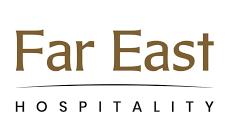
FAR EAST HOSPITALITY
6 Eu Tong Sen Street, #04-28, The Central, Singapore 059817
TEL (+65) 9824 3629
WEB https://www.fareasthospitality.com/en/joinus EMAIL hospitalitycareer@fareast.com
LOCATION(S)
• Singapore
BUSINESS FACTS
Far East Hospitality is a regional hospitality owner and operator with a diverse portfolio of 12 unique and complementary brands – Oasia, Quincy, Rendezvous, Village, Far East Collection, A by Adina, Adina Hotels, Vibe Hotels, Travelodge Hotels, TFE Hotels Collection, The Interlude, and MM:NT.
Far East Hospitality owns more than 10 hospitality assets and operates a combined portfolio of over 17,000 rooms under its management across over 100 hotels and serviced residences in 10 countries – Australia, Austria, Denmark, Germany, Hungary, Japan, Malaysia, New Zealand, Singapore, and Switzerland, with more in its development pipeline.
JOB ROLES
• Senior/Guest Service Executive
• Reservation Sales Executive
• Assistant Sales Manager
CAREER SECTOR(S)
• Hospitality, Leisure and Tourism


@Far East Hospitality

@fareasthospitality
@Far East Hospitality Management (S) Pte Ltd
@Far East Hospitality
APPLICATION PROCEDURE(S)
Submit your application through https://careers.fareast.com/go/ Hospitality/3503501/ or email your resume, salary expectations, and contact details to hospitalitycareer@fareast.com.
Name: Chen Clyde
Degree: Bachelor of Tourism & Hospitality Management, Singapore Institute of Management, 2023
Role: Guest Service Executive Employer: Far East Hospitality
In my role as a Guest Service Executive, my daily responsibilities extend beyond just conducting guest check-ins. I strive to deliver exceptional service while overseeing the hotel's overall operations. This involves coordinating with various departments to ensure a seamless experience for our guests, addressing any concerns that arise, and maintaining a welcoming environment. I take pride in creating memorable experiences for each guest, contributing to the hotel's reputation for excellence.
The interview and selection process for my current position was both thorough and engaging. It began with a series of initial screenings, including a phone interview that focused on my background and motivations. This was followed by an in-person interview, which provided valuable insights into the job functions and roles. This stage allowed me to better understand the expectations of the position and demonstrate my enthusiasm for contributing to the team.
The most difficult component of the entire process was answering a situational question that called for quick thinking and demonstrated my ability to solve problems. I took advantage of this chance to emphasize my background in managing difficult guest scenarios.
THE HIGHS AND LOWS
Helping others locate information, and solve problems is what I love most about my job. Seeing how I can help with everything from sourcing information to picking up new knowledge is satisfying. The variety of interactions and the ongoing chance to pick up knowledge from people I meet with are what inspire me.
MY HAPPIEST MOMENT AT WORK
One of my biggest achievements has been being named Employee of the Month in August, which really highlighted my commitment to providing excellent service. Additionally, I’ve received multiple glowing reviews on TripAdvisor, showcasing the positive impact I’ve had on guests' experiences. What’s truly special is that some guests have even returned specifically to find me, often bringing thoughtful gifts as a token of appreciation. These connections make my work incredibly rewarding!
SOME ADVICE
One key piece of advice I’d give to students who want to pursue a similar career path to follow their passions and stay true to their aspirations. Recall that beginning at the bottom is only a portion of the journey; all experiences help you develop. Accept every chance as a learning experience and don't be scared to adjust and change as you go. Your perseverance and commitment will eventually pay off!












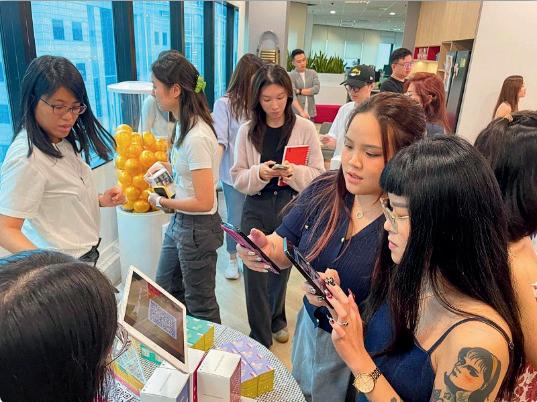

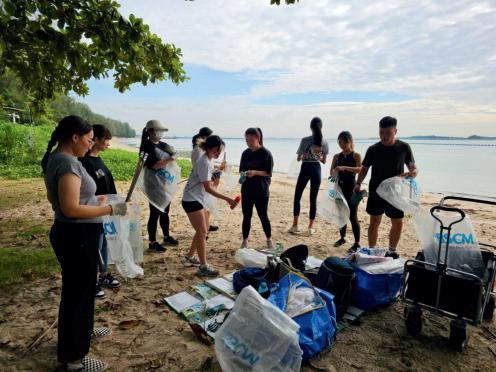





FAIRPRICE GROUP
1 Joo Koon Circle, #13-01 FairPrice Hub, Singapore 629117
WEB https://www.fairpricegroup.com.sg/ EMAIL TA@fairpricegroup.sg
LOCATION(S)
• Singapore
BUSINESS FACTS
FairPrice Group was established in 2019 by bringing together NTUC FairPrice, NTUC Foodfare and Kopitiam to cater to evolving consumer needs. Together with NTUC Link, we optimise the resources of our social enterprises and leverage their respective strengths and make every day, a little better.
As the leading omnichannel retailer across Everything Food, we provide a seamless shopping and dining experience for our customers through our extensive network of over 570 touchpoints as well as online. 'Every Day, Made A Little Better' is more than just a brand line. It is our commitment to you, the driving force behind everything we do, as we strive to keep daily essentials within reach. We believe that each of us can make a difference in our own little way as we strive to do our best. Be it providing quality everyday essentials at great value, deliverin enjoyable experiences at every interaction, or doing our part for the planet and community, we’re dedicated to making your every day a little better, one step at a time.
@FairPrice Group
JOB ROLES
• Corporate Function roles in Marketing, Finance, Human Resources, Procurement, Legal, Digital & Technology etc.
• Retail Specialisation roles such as Category Portfolio & Business Planning, Branch Operations, Pharmacy Operations, Shopper Experience & Strategic Store Layout
• e-Commerce roles such as Visitor Analytics, e-Merchandiser
• Supply Chain roles in Warehouse Operations, Automation and Systems
• Food Specialisation roles such as Research & Development, Nutritionist
• Food Services Operations roles such as Outlet Executive
• Internship in various functions and many more!
CAREER SECTOR(S)
• Fast-Moving Consumer Goods (FMCG) APPLICATION PROCEDURE(S)
If you share our passion for to make every day a little better, apply with us at https://fpg.x0pa.ai/public/microsites/fpgcareers!

HAVAS SINGAPORE
80 Robinson Road, Level 20, Singapore 068898
TEL (+65) 6317 6600
WEB https://sg.havas.com/careers/ EMAIL talent.sg@havas.com
LOCATION(S)
• Singapore
• International - we operate in more than 100 countries around the world
BUSINESS FACTS
Havas Singapore is part of Havas, one of the world’s largest, most integrated and collaborative communications groups founded in Paris 1835. Globally, Havas employs 20,000 people in more than 100 countries, adopting a fully integrated model through our 70+ Havas Villages – offering a unique proposition, where cross discipline teams work together, ensuring agility and a seamless experience for our clients.
In Singapore, the Havas Village encompasses Havas Media, Arena Media, Havas Play, Havas Market, BLKJ Havas, H/Advisors Klareco and TRIPTK, providing a full suite of services in media, social, PR, e-commerce, creative and brand consultancy. We partner with organisations tackling some of today’s most significant challenges. With a vision to make a meaningful impact on brands, businesses, and people, we are dedicated to fostering a diverse and inclusive culture where our people can thrive and feel a strong sense of belonging. Since 2015, we’ve achieved an unbroken streak of Agency of the Year awards across disciplines and have won consecutive Best Agency Culture awards at Marketing Interactive’s Agency of the Year Awards.

@Havas Village Singapore @Havas Media Network Singapore
JOB ROLES
• Integrated Media Executive
• Digital Media Executive
• Account Executive (Advertising, PR & Social)
• Junior Copywriter
• Junior Art Director
CAREER SECTOR(S)
• Media and Advertising APPLICATION PROCEDURE(S) Candidates who wish to find out more about opportunities may reach out to our talent team at talent.sg@havas.com.







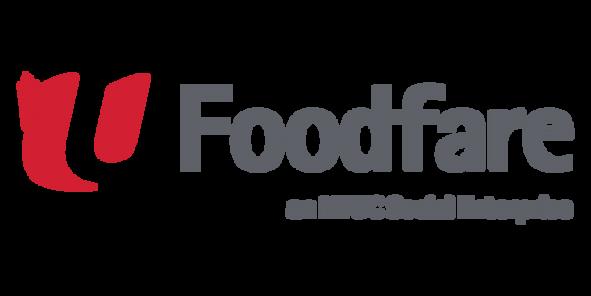
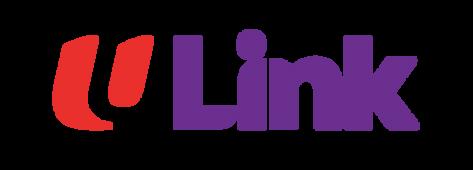
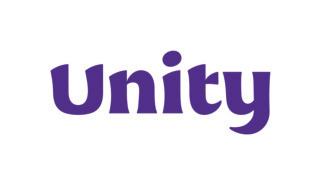
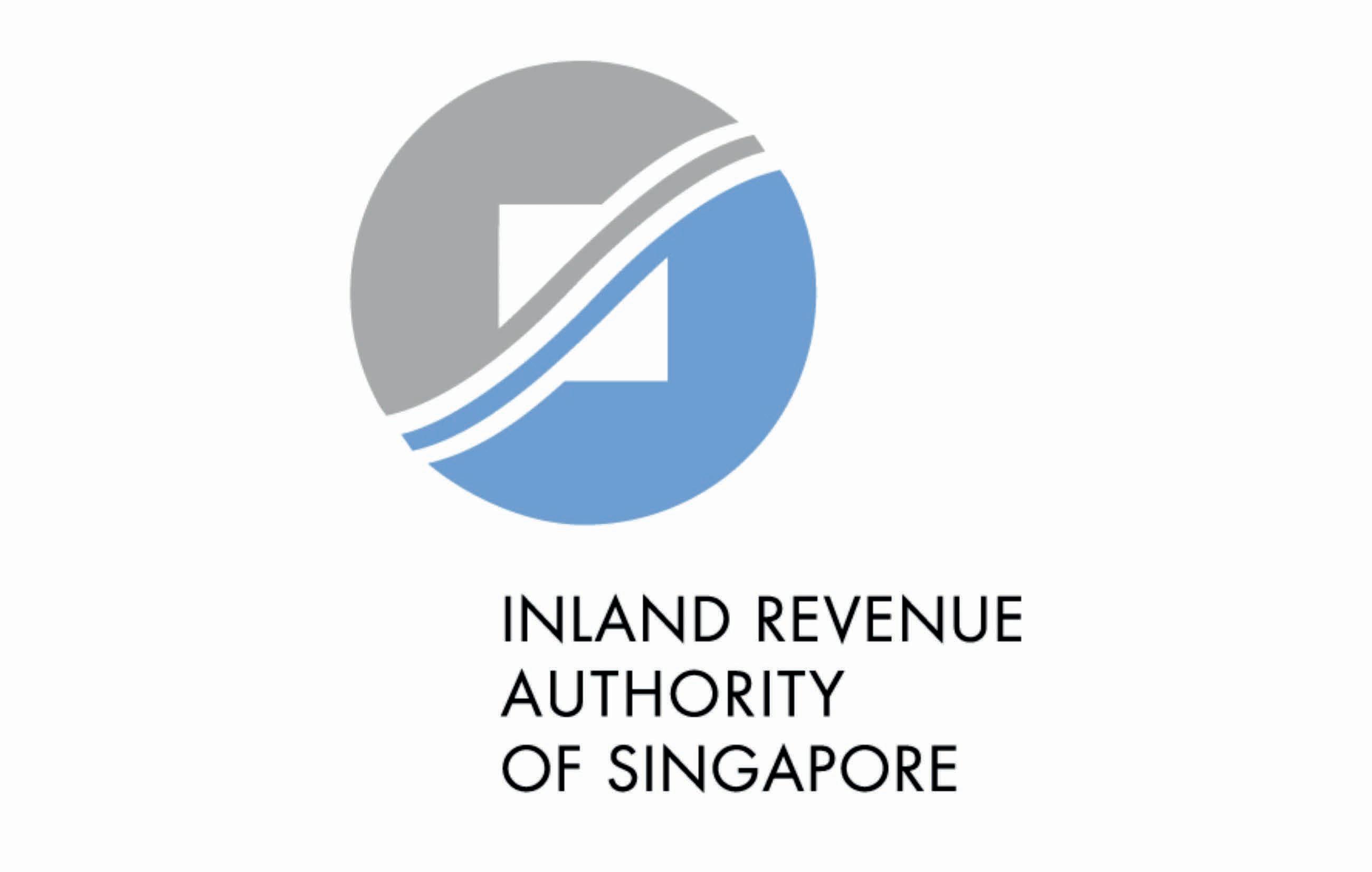
INLAND REVENUE AUTHORITY OF SINGAPORE (IRAS)
Revenue House, 55 Newton Road, Singapore, 307987
TEL 1800 356 8300
WEB https://www.iras.gov.sg/careers
EMAIL careers@iras.gov.sg
LOCATION(S)
• Singapore
BUSINESS FACTS
Taxes for Nation Building – The Inland Revenue Authority of Singapore (IRAS) acts as an agent of the Government and provide service in the administration of taxes. IRAS also represents Singapore internationally, on matters relating to taxation.
Being an award recipient of the Public Sector Transformation and ProEnterprise Initiative Awards, we consistently strive to be the leading revenue authority in the world. Our commitment to the public can be shown through efforts of digitalization to improve our tax systems, administering, or disbursing various enterprise support schemes – such as Progressive Wage Credit Scheme, Jobs Growth Incentive and many more.
In terms of work culture and environment, our organization strongly believe in nurturing talents to ensure they are well equipped for current and future needs. With a nurturing environment and a growth mindset mentality, talents can easily seek assistance from their colleagues while having numerous resources to aid in honing their skills.

@IRAS

@irassg
@Inland Revenue Authority of Singapore (IRAS)
@IRAS
@Inland Revenue Authority of Singapore
JOB ROLES
• Taxation
• Accounting
• Software Engineers
• Business Analysts
CAREER SECTOR(S)
• Public Sector
APPLICATION PROCEDURE(S)
Interested individuals can visit Careers@Gov (Filter by Agency) or IRAS’ Linkedin to apply for positions that aligns with their skills!
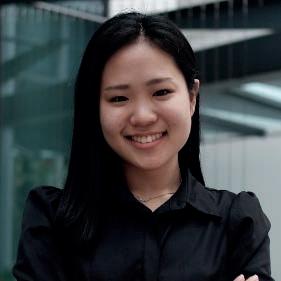
MY JOB
Name: Kim Yechan
Degree: IRAS Gold Award Recipient - Bachelor of Computer Science (Cyber Security), SIM UOW, 2024
Role: Manager, Infocomm Application
Employer: IRAS – Inland Revenue Authority of Singapore
I am part of IRAS’ Database Upgrade Project Team, focusing on moving our database to the Cloud platform. My role involves data migration and ensuring data integrity. This includes analysing data structures, mapping data, and assisting in troubleshooting migration issues. I collaborate with teams to ensure that the migrated data meets operational requirements and adheres to compliance standards.
HOW I GOT MY JOB
IRAS was an attractive and natural choice for me. The application process consisted of a technical test followed by an interview with IRAS’ hiring managers. They asked about my past projects and how I effectively handled and overcame the communication and technical challenges I faced.
THE HIGHS AND LOWS
My job gives me a sense of satisfaction as I can contribute to the nation and taxpayers. Furthermore, it keeps me motivated and engaged to witness how data migration integrates seamlessly into the project flow and contributes to meeting business requirements. Although ensuring data integrity has its challenges, a strong understanding of the system flow and requirements, along with maintaining effective communication, is crucial in ensuring accurate data migration. Despite the challenges, these moments of problem-solving and learning makes work fulfilling.
Another aspect that keeps me motivated at work is participating in IRAS’ engagement activities and making new friends. I joined the Inland Revenue Recreation Club (IRRC) to assist in organising social and welfare events for our officers periodically. These events foster better relationships among staff, boost morale, and promote wellness.
MY HAPPIEST MOMENT AT WORK
One of my most rewarding and biggest achievements was witnessing the Tax System Enhancement Project go live in production. I took great pride in being part of the project, as I know that my contributions have helped to improve the system’s effectiveness for taxpayers. The project also taught me the importance of always striving for excellence and being adaptable in a fastpaced, ever-changing environment. It was an experience in my career that reinforced my passion for both problem-solving and continuous improvement.
SOME ADVICE
Having a strong passion for learning and being inquisitive is important. Be open to picking up new technical skills as well as soft skills and understand how your responsibilities can contribute to the workflow and, in turn, achieve the organisation’s goals.

MIND STRETCHER EDUCATION PTE LTD
510 Bishan Street 13, #03-01, Singapore 570510
TEL (+65) 8883 8004
WEB https://www.mindstretcher.com/careers
EMAIL Talent@mindstretcher.com
LOCATION(S)
• Several Locations in Singapore
BUSINESS FACTS
Mind Stretcher is a leading educational enrichment provider dedicated to empowering students through innovative teaching methods and holistic programs. Established with a mission to make quality education accessible, Mind Stretcher operates over 20 centers across Singapore, offering a wide array of classes ranging from core academic subjects to life skills and enrichment programs
Our company’s operations revolve around an innovative curriculum designed to inspire curiosity and foster a love for learning. Backed by a team of highly qualified educators and specialists, Mind Stretcher integrates technology and hands-on teaching methods to nurture academic excellence and holistic development.
At Mind Stretcher, a collaborative and inclusive work culture fuels innovation and passion for education. The team thrives in an environment that values continuous learning, teamwork, and a shared commitment to inspiring young minds.
Since its founding in 2002, Mind Stretcher has earned a stellar reputation for its student-centric approach and proven track record of helping learners achieve their full potential, making it a trusted name in Singapore’s education landscape.

MY JOB


@Mind Stretcher @mindstretcher
@Mind Stretcher Education
@Mind Stretcher Education (mindstretcherlc)
JOB ROLES
• Part-Time Teachers
• Centre Managers
• Part-Time Speech & Drama Coach
• Student Care Manager
• Part-time Chess Trainer
• Full-time Speech & Drama Coach
CAREER SECTOR(S)
• Public Sector
APPLICATION PROCEDURE(S)
Come join us if you share the same passion as our team members. Apply by scanning the QR code below.
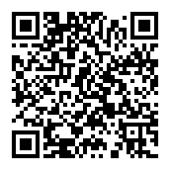
Name: Tan Hui Ping
Degree: Bachelor of Communication Design, SIM-RMIT, 2017
Role: UI/UX Designer
Employer: Mind Stretcher
My day-to-day responsibilities involve conducting user interviews and collecting feedback to understand user needs and pain points better. This research helps inform the design process, allowing me to create intuitive and user-friendly interfaces. I also work on developing prototypes to visualize and test design ideas, ensuring they align with user expectations. My role combines research, creativity, and problem-solving to deliver effective solutions that enhance the overall user experience.
I secured my job by showcasing my skills through a design assignment during the interview process. The trickiest part was ensuring my work reflected both creativity and a user-centered approach. I built a portfolio that emphasized my expertise in areas the company prioritized and aligned with the roles requirements. Clearly explaining my thought process, design decisions, and the impact of my work played a key role in setting me apart from other candidates.
THE
What I enjoy most about my job is the constant opportunity to learn and grow, as well as receiving user feedback that validates my work and keeps me motivated. However, one of the biggest challenges is conducting user testing and sometimes receiving limited or vague feedback. Despite this, I see it as an opportunity to refine my approach, which ultimately helps me improve both the product and my own skills.
My happiest moment at work and my biggest achievement so far would definitely be creating a new product from scratch and seeing it go live. The process of turning an idea into a tangible solution was both challenging and rewarding. It is incredibly fulfilling to see real users engage with the product and provide constructive feedback, which allows me to continuously improve and enhance it.
One piece of advice I would give to students aspiring to have a similar job is to always stay clear about your users’ needs and never make assumptions. Conduct proper research and gather real insights to design solutions that truly address their pain points. Remember, the best kind of user experience is one where users can intuitively navigate your product without needing a tutorial. Always strive for simplicity and functionality in your designs.



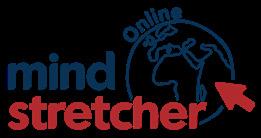

MOORE SINGAPORE
10 Anson Road, #29-15, International Plaza, Singapore 079903
TEL (+65) 6221 3771
WEB https://www.mooresingapore.com/careers/vacancies
EMAIL hr@moorestephens.com.sg
LOCATION(S)
• Singapore
• International
BUSINESS FACTS
Moore Singapore is a leading assurance and advisory firm, and a member of the Moore Global Network, one of the world's top accounting and consulting associations. The global network comprises approximately 558 offices across 114 countries, with over 37,000 professionals with fees of more than US$4.5 billion per annum.
At Moore Singapore, our purpose is to help people thrive— our clients, our people and the communities they live and work in.
JOB ROLES
• Audit Associate (Assurance & Advisory)

@MooreSingapore

@moore_sg
@mooresingapore
@mooresingapore6429
CAREER SECTOR(S)
• Accountancy and Financial Management
APPLICATION PROCEDURE(S)
Visit our career opportunities website at https://www.mooresingapore.com/ careers/vacancies or send your resume to hrdepartment@moorestephens. com.sg indicating your interest to join us.

MY JOB
Name: Winny Ang
Degree: Bachelor of Arts, Major in Accounting, RMIT University, 2018
Role: Senior Associate Employer: Moore Stephens LLP
As an Audit Senior, I provide services to a diverse range of clients, including large listed corporations and private businesses across industries such as semiconductors, financial services, commodities trading, and shipping. My primary responsibilities include reviewing consolidated financial statements to evaluate financial risk and assessing the effectiveness of internal control systems. When weaknesses in controls are identified, I recommend appropriate improvements to clients.
I also identify and communicate key accounting, finance, and auditing issues to senior management, by presenting findings and proposing actionable solutions. Additionally, I supervise and mentor junior team members, ensuring adherence to established procedures, policies, laws, and regulations throughout the audit process.
HOW I GOT MY JOB
The selection process is comprehensive. It began with submitting my application via a job search website, followed by a call discussing my background and motivations.
A key stage was a virtual interview with a Partner, focusing on behavioural and technical aspects.
THE HIGHS AND LOWS
What I love most about my job is problem-solving. Auditing involves tackling complex investigations requiring analytical thinking. I find it fulfilling to push boundaries and work outside my comfort zone.
As an auditor, I work on diverse projects across industries, gaining valuable exposure to different business models and challenges. This enhances my knowledge and sharpens my interpersonal skills as I interact with stakeholders. The dynamic nature of auditing keeps me motivated, as it requires staying updated on regulations, standards, and technologies. Additionally, I find purpose in contributing to financial reporting integrity, crucial for economic stability. Ensuring compliance with integrity is a responsibility I take pride in.
Though auditing has challenges like long hours, tight deadlines, and managing client relationships, I find it rewarding for its intellectual challenges and meaningful impact.
MY HAPPIEST MOMENT AT WORK
One of my significant achievements was leading the audit of a multinational commodities trading client. The engagement was challenging due to operations across jurisdictions with unique regulations, requiring knowledge of cross-border transactions, forex risks, and reporting standards.
As the lead, I facilitated communication and ensured alignment across audit procedures. A key highlight was identifying weaknesses in the internal control system related to receivables and payables. I presented these findings to senior management and recommended solutions, which the client implemented to enhance efficiency.
This project was memorable because it pushed me out of my comfort zone, sharpened my expertise and leadership, and showcased the value of teamwork.
Seeing my efforts drive impact in the client’s business was rewarding.
SOME ADVICE
My advice to aspiring auditors is to build a strong foundation in technical knowledge and soft skills. Master accounting principles, auditing standards while honing communication, problem-solving, and teamwork. Clear explanations and collaboration are crucial in auditing.
Embrace continuous learning to stay updated on regulations, trends, and technologies. Lastly, gain practical experience through internships or part-time roles.

Helping you thrive in a changing world
Moore










Degree


Working





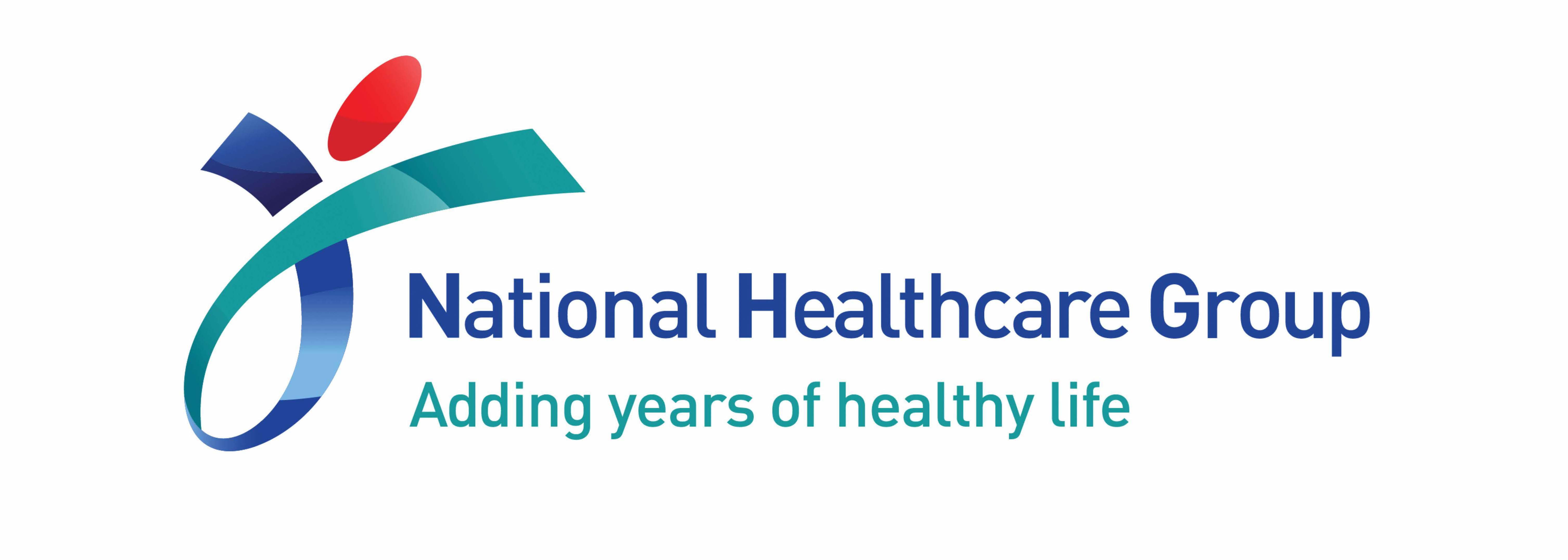
NATIONAL HEALTHCARE GROUP
3 Fusionopolis Link, #03-08, Nexus @ one-north, Singapore 138543 TEL (+65) 6496 6000 / Fax: 6496 6870
WEB https://corp.nhg.com.sg/HMAP/Pages/default.aspx
EMAIL healthcaremap@nhg.com.sg
LOCATION(S)
• Singapore
• Participating Institutions - National Healthcare Group, Tan Tock Seng Hospital, Khoo Teck Puat Hospital, Yishun Community Hospital, Woodlands Health, Institute of Mental Health, National Skin Centre, National Healthcare Group Polyclinics, Population Health Campus
BUSINESS FACTS
The National Healthcare Group (NHG) is a leader in Singapore public healthcare recognised for delivering high-value patient care. Our clinical services are provided through an integrated system of primary care polyclinics, acute care tertiary hospitals, community hospitals, national specialty centres and community-based ambulatory care centres. Together, we provide comprehensive, holistic and innovative healthcare to address the needs of our patients and the population we serve. As a learning organization, we are driving clinical excellence, raising research intensity and growing our academic partnerships to continually improve the way we deliver patient care.
As part of building a strong pipeline of healthcare leaders, the Healthcare Management Associate Programme (HMAP) is a 2-year programme aimed at grooming graduates with outstanding leadership qualities for a challenging and fulfilling career ahead in NHG. MAs can look forward to a month-long orientation programme, cross-functional rotations and engagement with senior leaders. Upon graduation, they will have the opportunity to continue their leadership development journey through the various opportunities across NHG institutions.


@nhghmap
@National Healthcare Group
For interest in other employment opportunities in NHG, we invite you to explore NHG’s job portal.
JOB ROLES
• Eligibility:
1. Good honours degree from any discipline.
2. Excellent CCA Track Record.
3. Fresh graduates, and graduates with less than 2 years of working experience.
4. Have a desire to build a career in healthcare.
CAREER SECTOR(S)
• Healthcare and Pharmaceutical
APPLICATION PROCEDURE(S)
Apply here: for.sg/nhghmap2025
Name: Kevin Chew Jin Yong
Degree: Bachelor of Science (Honours) in Management and Digital Innovation, Singapore Institute of Management – University of London, 2024
Role: Management Associate Employer: National Healthcare Group (NHG)
As a Management Associate with NHG, I am currently in my first rotation with the Community Care Operations department under the Population Health Campus (PHC). My daily responsibilities revolve around project and stakeholder management, where I collaborate with various partners to drive initiatives in the population health space. My team’s efforts focus on preventive health, aiming to bridge the gap between life expectancy and healthy years for our residents.
The interview and selection process had three stages. The first stage required submitting two short essays based on two prompts, along with the online application. The second stage was an Assessment Centre to assess our problemsolving and teamwork skills. Finally, for me, the last round was a panel interview, consisting of HR, department managers and senior management from our chosen home institution, as indicated during the application process. While the process was rigorous, I believe my soft skills such as clear communication and critical thinking helped me to stand out to my assessors.
What I enjoy most about my job is the rotational structure, which lies at the heart of NHG’s Healthcare Management Associate Programme's uniqueness. Each rotation brings fresh perspectives and diverse challenges, making the experience dynamic and enriching. While the steep learning curve can be daunting due to the complexities of each department, it keeps motivation high by offering constant opportunities for growth and a regular refresh of responsibilities.
MY HAPPIEST MOMENT AT WORK
I have learnt to never underestimate the value of small wins, where a series of smaller milestones collectively contribute to my sense of fulfilment at work.
The most memorable moments are when I see tangible results from our efforts. Many of our projects involve collaboration with multiple stakeholders, requiring coordination across different teams and perspectives. When all these moving parts align and I witness the impact of our combined efforts, those are the moments that give me a sense of accomplishment.
SOME ADVICE
As someone who just started NHG’s Healthcare Management Associate Programme, I have realised that key to enjoying the journey is to stay curious and open-minded. There’s so much to take in, from meeting new colleagues to tackling your first set of projects, and approaching it with a sense of excitement makes the process a lot more fun.
Do not be afraid to ask questions or make mistakes—it is all part of the learning experience.
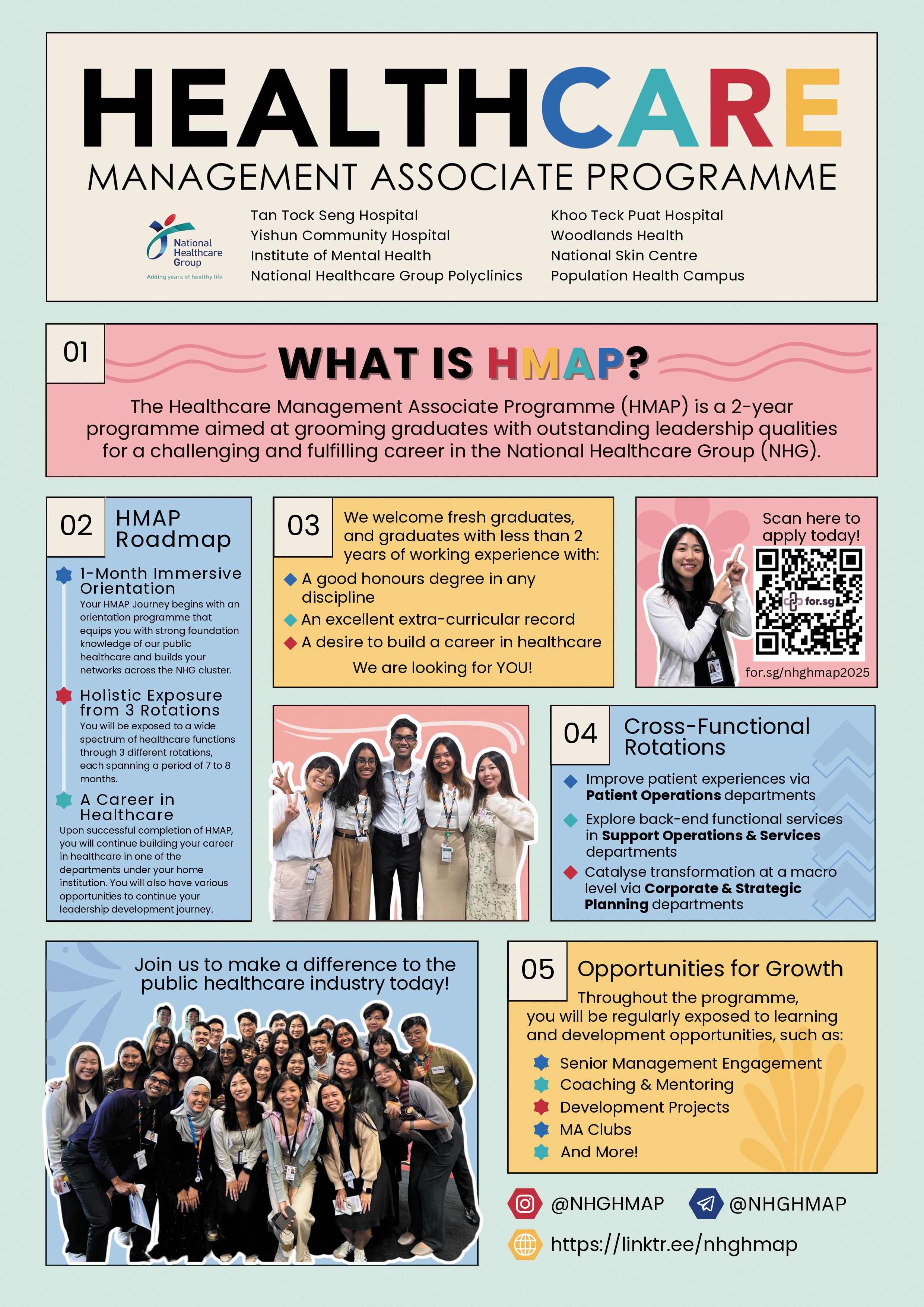
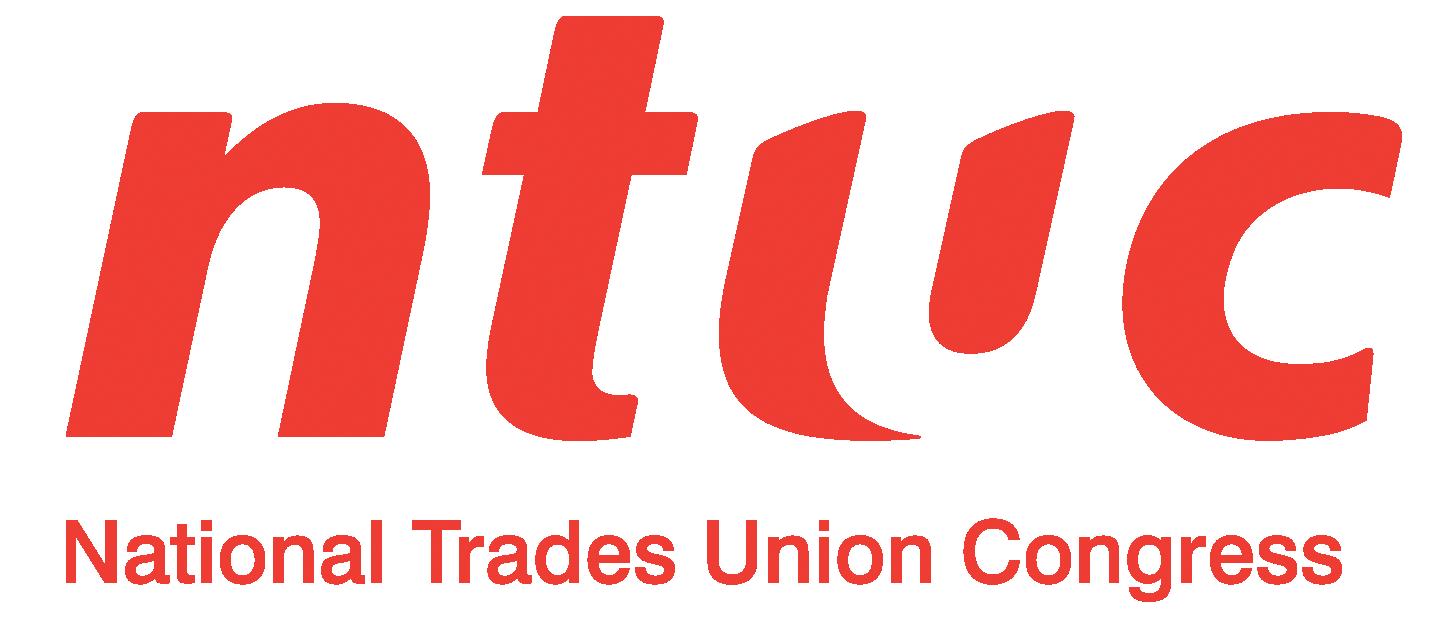
NATIONAL TRADES UNION CONGRESS (NTUC)
NTUC Centre, 1 Marina Boulevard Level 10, One Marina Boulevard, Singapore 018989
WEB https://www.ntuc.org.sg/uportal/about-us/careers-at-ntuc
EMAIL mycareer@ntuc.org.sg
LOCATION(S)
• Several locations in Singapore
BUSINESS FACTS
At the NTUC Administration and Research Unit (NTUC-ARU), we offer a career that resonates with your values and aspirations. Here, you make a real difference in workers’ lives through your work. It is not just a job; it's a purpose-driven career. Whether you are passionate about advocating workers' rights (wages, welfare and work prospects), fostering economic growth, or driving social impact, NTUC provides a platform for your skills and commitment to create genuine change.
JOB ROLES
Industrial Relations Officer/Policy Officer
CAREER SECTOR(S)
• Non-Government Organisation (NGO) APPLICATION PROCEDURE(S)
Please send us your updated CV to mycareer@ntuc.org.sg and we will contact you if you are shortlisted for an interview.
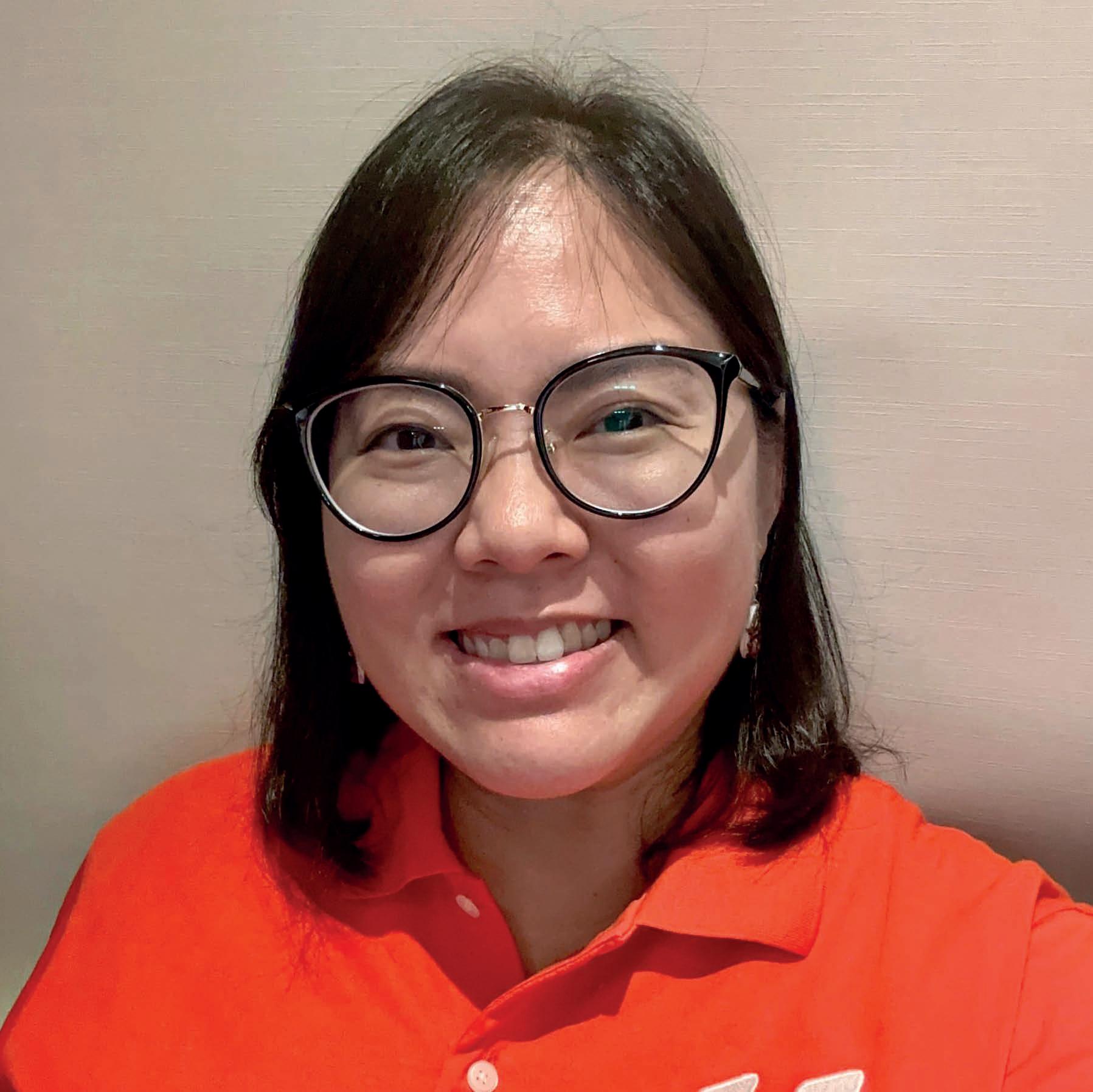
MY JOB

@NTUCSingapore

@ntucsingapore
@National Trades Union Congress (NTUC)
@ntucsingapore
@NTUCSingapore
Name: Pearl Chua Mei Chen
Degree: Bachelor of Social Work, Singapore Institute of Management, 2016
Role: Senior Industrial Relations Officer
Employer: National Trades Union Congress
As an Industrial Relations Officer (IRO), I serve as a vital link between various worker segments, management, and union leaders, addressing grievances, resolving conflicts, and negotiating collective agreements that enhance worker welfare. In a collaborative environment like NTUC, I get to work closely with unions and management to build positive industrial relations that promote fair wages, improved benefits, and better work prospects for employees.
In addition to my role as an IRO, I was given the opportunity to play a key role in organising events and initiatives to engage and celebrate the contributions of our union leaders, members, and stakeholders. These efforts foster stronger labourmanagement relations and ensure ongoing dialogue that supports mutual understanding and progress.
The interview process involved an initial phone screening, followed by two rounds of interviews. The challenging and exciting part of the interview was the scenariobased questions, which required me to be well-informed on the latest labour market activities, as well as display quick thinking ability and problem-solving skills.
I was able to share my thoughts effectively using my strong communication skills, explaining solutions in a simple manner. This resonated with the team and demonstrated my collaborative approach to problem-solving.
THE HIGHS AND LOWS
I find great satisfaction in engaging different segments of workers as an IRO because, I can advocate for their rights and interests. The core purpose of this role—championing the welfare of workers—truly motivates me! That said, the role can be challenging, especially when dealing with complex cases. However, I am fortunate to be part of a team of experienced IROs, whose collective knowledge and expertise continually help me grow and enhance my skills, enabling me to navigate even the most challenging situations with confidence.
MY HAPPIEST MOMENT AT WORK
I once handled a particularly challenging case where I had to engage a worker, his company, and a medical institution to ensure the worker received the support needed during a difficult time. Throughout the process, I worked closely with all parties to ensure the worker’s rights were protected and that the worker received the necessary care. The gratitude expressed by the worker at the end of the case was incredibly rewarding. It reinforced the importance and purpose of my role as an IRO, knowing I played a key part in helping someone through a challenging period while fostering co-operation between all parties.
SOME ADVICE
My advice to students with a big heart for social mission in Singapore is to embrace the role with an open mind and a positive learning attitude. The job is rewarding, filled with both excitement and challenges, and requires adaptability. Being proactive in learning, staying curious, and developing strong communication and negotiation skills will not only help you navigate the complexities of the role but also enable you to make a meaningful impact in the workplace.
At the NTUC Administration and Research Unit (NTUC-ARU), you’re not just starting a job; you’re embarking on a purpose-driven career that makes a real difference.
At NTUC, we shape lives, strengthen protection for workers, and build a better future for all.
As part of our movement, your voice and action will help improve workplaces and the well-being of workers.
Create Real Change
Drive initiatives that protect and uplift workers’ wages, welfare and work prospects across all sectors. Build Your Future
Develop leadership skills and gain meaningful experiences that set you apart.
Contribute to a Legacy
Join a mission-driven organisation that has championed the rights of workers for over six decades.







Be Part of the Labour Movement Today!
Scan the QR code or visit our website to explore our career opportunities and start making a difference now!





319A Orchard Road, #11-03/04, Ngee Ann City Tower A, Singapore 238873
TEL (+65) ) 6735 5885
WEB https://www.searchasia.com.sg/join-us
EMAIL singapore@searchasia.com.sg
LOCATION(S)
• Singapore
• International Offices in Asia Pacific: Malaysia, Taiwan, Hong Kong, and China.
BUSINESS FACTS
SearchAsia Consulting is a leading capital consulting firm in Asia Pacific, specialising in building successful teams for our clients and within our organisation.
Since 2007, our mission has been to connect high-potential job seekers with fast-growing businesses, fostering mutual success. With our headquarters in Singapore and an expanding network across Asia Pacific, we are wellpositioned to source top talent for clients ranging from SMEs and local conglomerates to Fortune 500 companies, across industries such as luxury retail, finance, technology, healthcare, manufacturing, and oil & gas.
Our accolades include being named one of Singapore’s Fastest Growing 50 Companies (FG50) in 2016, a Human Capital Programme (Employment Agencies) Partner, and one of Deloitte Private's Singapore Best Managed Companies in 2022 and 2023.
At SearchAsia, our collaborative "work hard, play hard" culture fosters professional growth. Join us in achieving success and embark on "The SearchAsia Experience."


@searchasia.sg
@SearchAsia Consulting
JOB ROLES
• Specialist Recruiter
• HR (Talent Acquisition)
CAREER SECTOR(S)
• Consulting
APPLICATION PROCEDURE(S)
Send us your resume at https://www.searchasia.com.sg/join-us
Name: Shanice (Shania) Adeline Herman
Degree: Bachelor of Science - BSc, Banking and Finance, SIM-UOL, 2023
Role: Specialist Recruiter (Engineering/ Manufacturing and Supply Chain)
Employer: SearchAsia Consulting
As a specialist recruiter, I collaborate with senior HR management from various companies to identify suitable mid to senior-level candidates. My role encompasses managing the entire recruitment process, from working closely with hiring managers to understand job requirements and expectations for specific roles, to coordinating interview schedules with candidates, and facilitating successful negotiations between clients and candidates.
After applying for the role via a LinkedIn job advertisement, I went through three rounds of interviews: the first with my current manager on Teams, followed by an interview with the director of my team, and a final round with our CEO, Mr. Sim. Although I had concerns about my lack of sales experience and my international student background, I believe my strong people skills and ability to adapt to different situations—especially in the service industry—helped set me apart, ultimately leading to my successful placement.
THE HIGHS AND LOWS
What I enjoy most about my role is overseeing the entire recruitment process and having the opportunity to connect with a wide range of people through screening and conversations. This job has allowed me to grow significantly, both personally and professionally. My motivation comes from a desire to make myself proud while also contributing to the company that saw potential in me and provided the opportunity to develop my skills. The most challenging aspect of the job is that it’s heavily influenced by external factors like market volatility, client-candidate compatibility, and timing, which are sometimes beyond our control.
MY HAPPIEST MOMENT AT WORK
The most satisfying aspect of my job is when clients return to work with me, as it is a strong testament to their satisfaction and the trust I have built with them. It is always fulfilling to know that I have established lasting relationships. One achievement I am particularly proud of is hitting my target for two consecutive quarters.
SOME ADVICE
“Willingness to fail and get back up is a strength.” My advice to students entering the job market is that persistence is key. While many fresh graduates may say they are willing to learn, the true value lies in the ability to persevere and bounce back from setbacks.







"A







MARSH MCLENNAN
8 Marina View, Asia Square Tower 1, Level 9, Singapore 018960 WEB https://careers.marshmclennan.com/global/en/student-opportunities
LOCATION(S)
• Singapore
• International – Malaysia, Indonesia, Philippines, Vietnam, Thailand, Japan, Korea, Hong Kong, Taiwan, China, US, Europe
BUSINESS FACTS
Marsh McLennan (NYSE: MMC) is a global leader in risk, strategy and people, advising clients in 130 countries across four businesses: Marsh, Guy Carpenter, Mercer and Oliver Wyman. With annual revenue of $23 billion and more than 85,000 colleagues, Marsh McLennan helps build the confidence to thrive through the power of perspective.
JOB ROLES
• Actuarial Analyst
• Benefits Analyst
• Business Development Executive
• Broking Executive
• Compensation Consulting Analyst
• Claims Executive
• Client Executive
• Client Relationship Executive
• Health & Benefits Consulting Analyst
• Investment Analyst
• Junior Broker
• Risk Analyst
• Placement Executive
• Talent & Transformation Analyst

KEYENCE SINGAPORE PTE LTD
10 Kallang Avenue, #07-14, Aperia Tower 2, Singapore 339510
TEL (+65) 6392 1011
WEB https://www.keyence.com.sg/ss/career/job_openings.jsp EMAIL hr@keyence.com.sg
LOCATION(S)
• Singapore
• International – 250 Offices in 46 Countries
BUSINESS FACTS
KEYENCE has steadily grown since 1974 to become an innovative leader in the development and manufacturing of industrial automation and inspection equipment worldwide. Our products consist of code readers, laser markers, machine vision systems, measuring systems, microscopes, sensors, and static eliminators.
Our innovative products not only meet current needs but also future customer requirements in the manufacturing and R&D sectors. We strive to anticipate the market’s future goals to provide tomorrow’s solution today.
At KEYENCE, we pride ourselves not only on our products, but on our support as well. Our customers benefit from working directly with our highly knowledgeable sales engineers who can help them solve applications and answer technical product questions quickly.
KEYENCE has been continuously ranked in prominent company rankings such as “The World’s Most Innovative Companies” (Forbes), and we are among the top 5 companies in Japan based on market capitalisation as of Mar 2024.
Today, KEYENCE serves 350,000 customers in 110 countries around the world, where our name stands for innovation and excellence.

@marshmclennancareers
@Marsh McLennan @MarshMcLennanChannel
CAREER SECTOR(S)
• Banking and Financial Services
• Consulting
• Insurance and Risk Management
• Investment Banking and Investment Management
APPLICATION PROCEDURE(S)
Candidates can apply to Marsh McLennan by visiting our careers page, where they can explore available positions and submit their applications online.
@KEYENCE CORPORATION
JOB ROLES
• Sales Engineer
• Technical Support Engineer
CAREER SECTOR(S)
• Consulting
• Engineering, Design and Manufacturing
APPLICATION PROCEDURE(S)
Apply online at https://www.keyence.com.sg/ss/career/job_openings.jsp or email your resume to hr@keyence.com.sg.




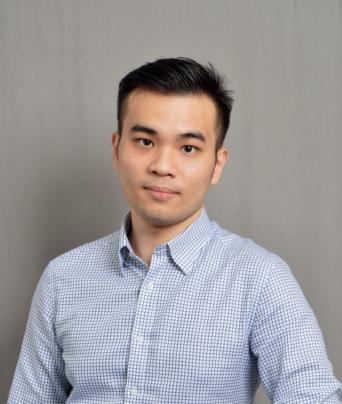











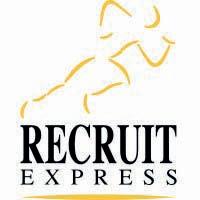
RECRUIT EXPRESS
391A Orchard Road, Ngee Ann City, Tower A, #12-08, Singapore 238873 TEL (+65) 6732 6006
WEB https://recruitexpress.com.sg/ EMAIL hr.spore@recruitexpress.com.sg
LOCATION(S)
• Singapore - 7 locations island wide
• International - Malaysia, Hong Kong, Taiwan
BUSINESS FACTS
Recruit Express Group is part of Singapore Mainboard Listed HRnetGroup (SGX:CHZ), a homegrown Singapore brand that is today the largest Asiabased recruitment agency in Asia Pacific ex-Japan.
We are an award-winning & leading flexible staffing solutions group with an established track record of over 20 years and operations across multiple Asian growth cities including Taipei, Hong Kong and Kuala Lumpur. In the last three consecutive years 2022, 2023 and 2024, we were recognised as Best Managed Companies in Singapore by Deloitte Private – in recognition of organisational growth and achievement for the past year. With our vast network of resources, extensive databases and defined recruitment processes, we specialise in partnering businesses to best bridge manpower gaps and talents and achieve their business objectives.
JOB ROLES
• HR Executive (Talent & Campus Recruitment)
• Graduate Specialist Recruiter
• HR Ops Executive (Payroll & Admin)
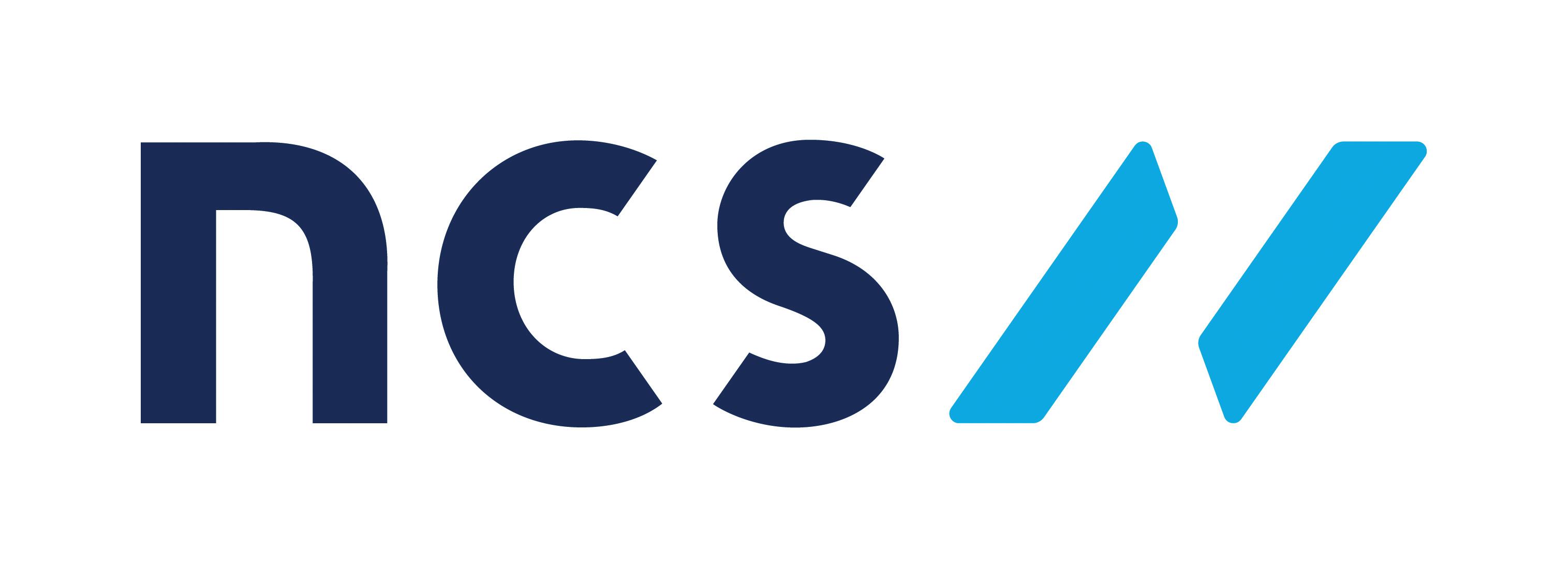
NCS GROUP
5 Ang Mo Kio Street 62, NCS Hub, Singapore 569141 TEL (+65) 6556 8000 WEB ncs.co/opportunities EMAIL reachus@ncs.com.sg
LOCATION(S)
• Singapore
• International – NCS has offices in more than 20 cities globally: Australia, China, Brunei, India, Malaysia, Philippines, Sri Lanka
BUSINESS FACTS
Be part of making the extraordinary happen NCS’s mission is to bring people together and harness technology to advance communities. As a leading technology services firm, our diverse workforce delivers large scale, mission-critical projects for governments and enterprises across the APAC region.
Your role is only the beginning
Join NCS where you can experience a collaborative work environment, work on impactful projects and develop your career through well-defined career tracks in our Global Management Associate Programme or Nucleus Graduate Programme. In our pioneering Global MAP, you will go through rotational assignments within a business unit, benefit from mentorship with established senior leaders and explore overseas opportunities for global exposure. Through certification programmes, professional coaching and purposeful projects in the Nucleus Graduate Programme, you will be on your way to attain a Master of Technology with NUS-ISS or industry recognised certifications.

@recruitexpress.sg
@Recruit Express Group
CAREER SECTOR(S)
• Consulting
APPLICATION PROCEDURE(S)
If you are keen to be part of our success, please send your latest resume to sgcareers@recruitexpress.com.sg.

@NCSGroupSG

@ncsgroupofficial
@NCSGroup
@ncsgroupofficial
@NCSGroup
Graduate opportunities
• Are you excited about tackling complex problems and developing solutions that make a real difference?
• Do you thrive in a fast-paced, dynamic environment where you can think creatively?
• Looking to make an impact and develop innovative solutions?
JOB ROLES
• Software Engineer
• Infrastructure Engineer
• Data & Analytics Consultant
• Cyber Consultant
• Communications Engineer
• Sales Consulting
CAREER SECTOR(S)
• IT and Technology
APPLICATION PROCEDURE(S)
Step 1: Online application
Step 2: Online assessment
Step 3: Interview
Step 4: Offer
The selection process may differ for each role.


284 River Valley Rd, #01-01, Singapore 238325
TEL (+65) ) 6836 4030
WEB https://rivervalleyirregulars.com/ EMAIL hello@rivervalleyirregulars.com
LOCATION(S)
• Singapore
BUSINESS FACTS
RVI (https://rivervalleyirregulars.com) is a platform supporting youth with irregular backgrounds or aspirations by providing opportunities for growth and meaningful collaboration.
Through our workshops, youth programmes and online platform, we support youth in cultivating life-long skills such as self-understanding and portfolio building for better long-term outcomes.
Our flagship workshop, Your Voice Matters, empowers youth to showcase their attitudes, skills and experiences through curated portfolio pieces. By documenting their passion projects and more on our platform, youth can connect with collaborators from all walks of life and seamlessly apply for internships and paid projects.
Join us as we create the number one resource centre for youth in Southeast Asia and beyond, giving every youth the power to determine their own future.

@rivervalleyirregulars

@rivervalleyirregulars
@rivervalleyirregulars
• Chemistry Teacher
• Computer Science Teacher
• Content Creator Intern
• Finance/HR Executive
• Finance/HR Manager
• Full Stack Engineer
• Inside Sales Executive
• Interior Designer
CAREER SECTOR(S)
• IT and Technology
APPLICATION PROCEDURE(S)
• Math Tutor
• Personal Trainer
• Personal Trainer Intern
• Physics Teacher
• Procurement Assistant
• Project Coordinator
• Quantity Surveyor
• Sales Manager
• Science Tutor
Interested applicants can send their resume and portfolio to alicia@ rivervalleyirregulars.com

SINGAPORE POLICE FORCE
178 Neil Road, Singapore 088889
WEB www.police.gov.sg/career
EMAIL SPF_Career@spf.gov.sg
LOCATION(S)
• Singapore BUSINESS FACTS
Looking to embark on a career that goes beyond yourself?
The Singapore Police Force plays a critical role in keeping Singapore safe and secure with our mission to prevent, deter and detect crime. We do this by working with the community to protect life and property, prevent crime and disorder, detect and apprehend others, preserving our sense of security.
Joining the Singapore Police Force means encountering challenges where your determination and leadership skills will be challenged and strengthened.
Responsibilities
As a Police Officer, you are looked upon as the protector of peace. With opportunities including frontline operations, staff work and investigative work in Neighbourhood Police Centres, Land Divisions, and various Specialist Units, you will interact with people from all walks of life and be exposed to the many facets of law enforcement.

@SingaporePoliceForce

@SingaporePoliceForce
@Singapore Police Force
@SingaporePolice
@Singapore Police Force
Career with SPF
We want men and women who can exhibit tenacity and resilience while demonstrating sensitivity and empathy when necessary. You must think on your feet and remain calm in critical situations, but also be proactive and sincere when engaging the community.
CAREER SECTOR(S)
• Public Sector
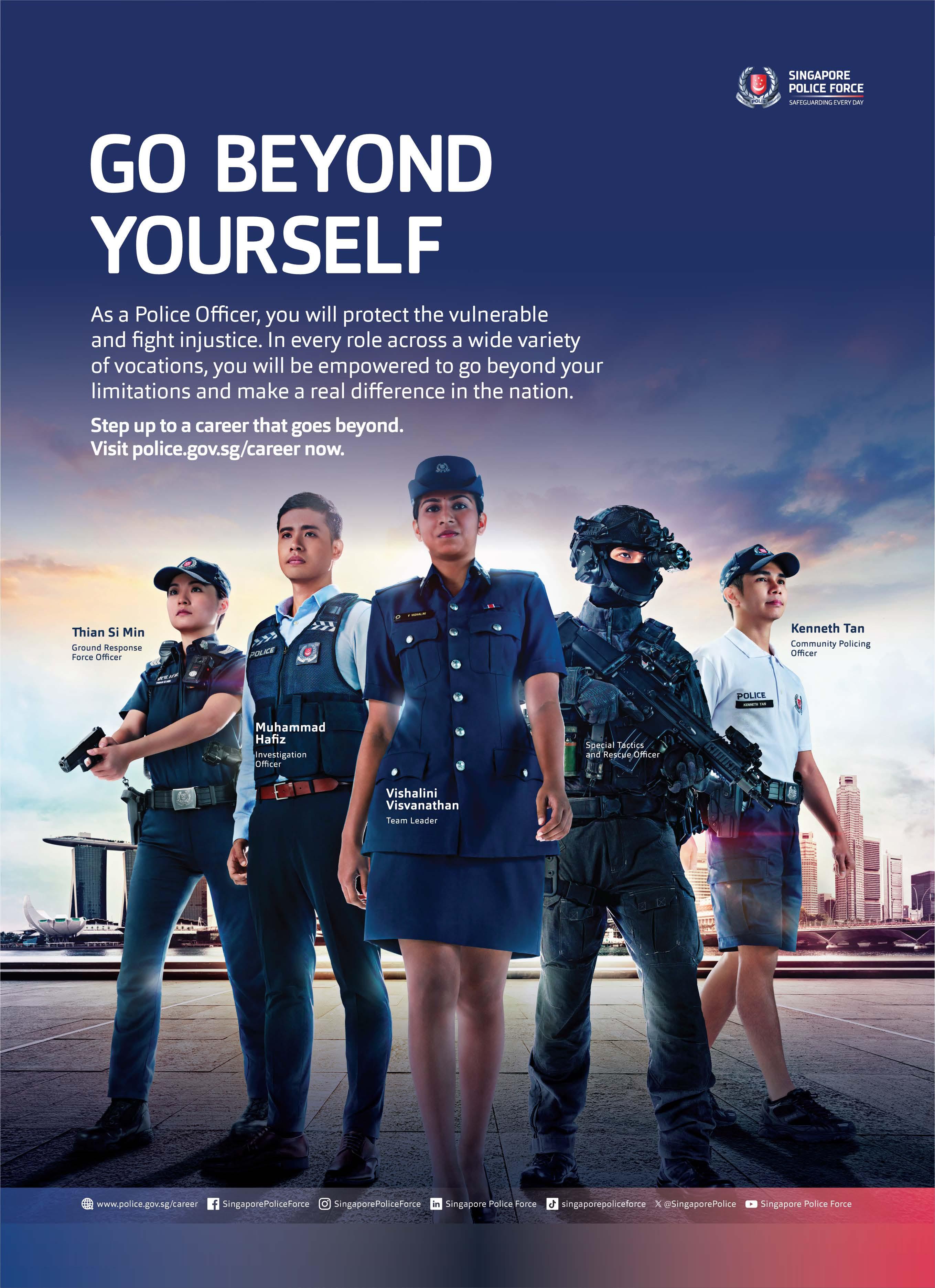

UOB Plaza, 80 Raffles Place, Singapore 048624 WEB https://www.uobgroup.com/careers/early-careers/index.page
LOCATION(S)
• Singapore
• International (Mainly ASEAN Countries) - Australia, Brunei, Canada, Mainland China, France, Hong Kong, India, Indonesia, Japan, Malaysia, Myanmar, Philippines, Singapore, South Korea, Taiwan, Thailand, United Kingdom, United States of America, Vietnam
BUSINESS FACTS
United Overseas Bank Limited (UOB) is a leading bank in Asia with a global network of more than 500 branches and offices in 19 countries and territories in Asia Pacific, Europe and North America. In Asia, we operate through our head office in Singapore and banking subsidiaries in China, Indonesia, Malaysia and Thailand, as well as branches and offices. Our history spans more than 80 years. Over this time, we have been guided by our values – Honorable, Enterprising, United and Committed. This means we always strive to do what is right, build for the future, work as one team and pursue long-term success. It is how we work, consistently, be it towards the company, our colleagues or our customers..

@UOB

@uobgroup
@UOB
@uob
• Personal Wealth Executive
• Service Executive
• Contact Centre
• Bancassurance Specialist
• Mortgage Specialist
CAREER SECTOR(S)
• Banking and Financial Services
APPLICATION PROCEDURE(S)
Apply directly via UOB Career Portal > HR screening call > Hiring Manager
Interview > HR interview > offer

Name: Jonathan Quek Wei Lek
Degree: Bachelor’s Degree in Accounting and Finance, RMIT 2020
Role: Client Advisor
Employer: UOB
As a Client Advisor at UOB Privilege Banking, my role involves providing tailored financial and investment advice to affluent and high-net-worth clients across various market segments. I am responsible for delivering timely, relevant recommendations that align with clients' financial goals. In addition, I focus on building and maintaining strong, long-term relationships with clients while ensuring all advisory procedures, documentation, and compliance requirements are met in line with the Bank's policies, internal processes, and relevant regulatory standards.
I was fortunate to have the opportunity to interview for this role during the COVID-19 period. During the interview, I had a virtual meeting with a cluster head to discuss the responsibilities of the position. I was asked why I wanted to join UOB and, specifically, why I was interested in this role. In my response, I emphasized my genuine interest in the banking and finance sector, and shared my passion for helping clients manage and grow their wealth over the long term. I explained that I was drawn to this role because it allows me to combine my passion for financial advisory with the opportunity to build meaningful relationships and make a lasting impact on clients' financial well-being.
My role offers numerous networking opportunities, and I have the privilege of meeting people from all walks of life daily. Client management, in particular, is a complex and multifaceted aspect of my job, and I take pride in understanding each client’s unique needs. Being able to offer tailored solutions to address their individual challenges is incredibly fulfilling. Every day at work brings something new, whether it's enhancing my financial knowledge or honing my interpersonal and people skills. The variety keeps me engaged and constantly learning, which is one of the aspects I enjoy most about this role.
MY HAPPIEST MOMENT AT WORK
The sense of accomplishment and satisfaction I feel after successfully completing a client appointment is something I truly look forward to. Additionally, the incentive trips with colleagues and the celebratory award recognition dinners are always highlights for me, as they provide an opportunity to celebrate our collective success. There's truly nothing like the moment when my hard work is recognized and it's a rewarding feeling to see the effort, I put in every day acknowledged and celebrated.
SOME ADVICE
Success in banking is all about building strong relationships and truly listening to your clients. Stay updated on financial trends and regulations to provide valuable, informed advice. And always stay hungry, stay curious to keep learning and evolving.


































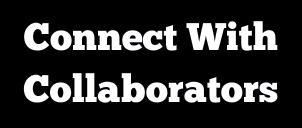


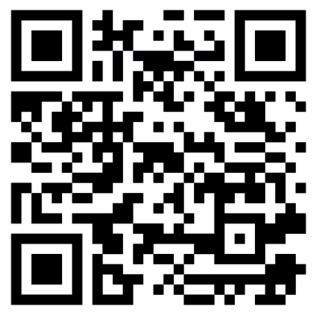









INCOME INSURANCE LIMITED
WEB https://www.income.com.sg/careers
LOCATION(S)
• Singapore
BUSINESS FACTS
Income Insurance Limited (Income Insurance) is one of the leading composite insurers in Singapore, offering life, health and general insurance. Established in Singapore to plug a social need for insurance in 1970, Income Insurance continues to put people first by serving the protection, savings and investment needs of individuals, families and businesses today. Its lifestyle-centric and data-driven approach to insurance and financial planning puts the company at the forefront of innovative solutions that empowers the people it serves with better financial well-being. Additionally, Income Insurance is committed to being a responsible business that champions the environment and builds stronger communities by supporting financial inclusion, education for youth-in-need and seniors’ well-being.
For more information, please visit www.income.com.sg
JOB ROLES
Open to all disciplines
W.L.P GRP
10 Woodlands Square, #04-53, Wood Square Solo 1, Singapore 737714
TEL (+65) 64932970
WEB http://www.wlp.com.sg/ EMAIL careers@wlp.com.sg
LOCATION(S)
• Singapore
BUSINESS FACTS
Established in 2013, we stand as a steadfast partner, offering comprehensive financial and corporate services tailored for businesses. Specializing in accounting, tax advisory, and corporate secretaryship, our commitment to integrity and professionalism defines our approach.
What defines us is our unwavering dedication to the success of our clients. We navigate the intricate regulatory landscapes, ensuring compliance and fostering growth for businesses. Beyond service providers, we are invested partners devoted to propelling your financial and corporate endeavors towards success. We are committed to providing advice that is clear, reliable, and actionable. This empowers businesses to excel — enabling them to navigate key challenges with a strategic mindset and make confident decisions that drive success and growth, ultimately ensuring long-term stability and peace of mind.

@IncomeInsurance
@Income Insurance Limited
@IncomeInsurance
CAREER SECTOR(S)
• Insurance and Risk Management
APPLICATION PROCEDURE(S)
Step 1: Online application
Step 2: Interview(s)
Step 3: Offer


@W.L.P Accounting & Company Registration @wlpaccounting @wlpaccounting
JOB ROLES
Business Development Executive / Business Consultant
Roles & Responsibilities:
Content Development & Planning: Develop and implement comprehensive social media content that aligns with overall marketing objectives and business goals. Create and manage a content calendar (at least 3 posts per week) on individual Tiktok
Campaign Execution: Plan and execute social media campaigns that drive brand awareness, engagement, and conversions. Coordinate with marketing teams to develop compelling visuals and copy.
Community Management: Monitor and engage with the online community, and respond to comments, messages, and reviews in a timely and professional manner across all social media platforms
CAREER SECTOR(S)
• Accountancy and Financial Management
APPLICATION PROCEDURE(S)
Please send your resume to careers@wlp.com.sg!
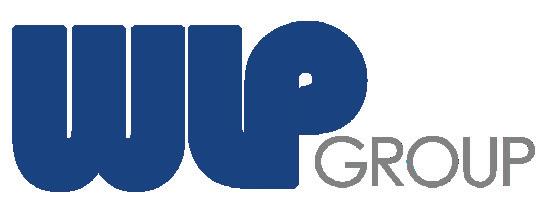
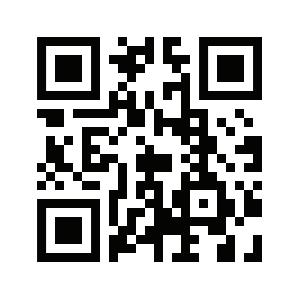

7 Straits View, Marina One, East Tower, Level 12, Singapore 018936
WEB https://www.pwc.com/sg/en/careers.html
EMAIL sg_graduate_recruitment@pwc.com
LOCATION(S)
• Singapore
• International - Refer to this link https://www.pwc.com/gx/en/about.html
BUSINESS FACTS
PwC Singapore is a member of the PwC global network, offering a comprehensive range of professional services including audit, assurance, consulting, and tax solutions. We leverage deep industry knowledge and a collaborative approach to help clients navigate complex business challenges. With a strong emphasis on innovation and integrity, the firm cooperates with diverse organisations to drive sustainable growth and deliver measurable impact.
PwC Singapore’s dedicated team of professionals is committed to building trust and solving important problems, fostering a culture of continuous improvement. At PwC Singapore, professional growth is a cornerstone of the firm’s people value proposition. The firm promotes continuous learning and inclusive hiring to keep their workforce future-ready. This approach includes hands-on experiential learning, coaching and structured trainings that are tailored to the different needs of our people. We invest in emerging skills through our digital learning platform and ESG (Environmental, Social and Governance) Essentials curriculum. Committed to fair employment practices, diversity and inclusion, the firm’s talent development platforms feature work-study programmes, internships, and career conversion opportunities. Join our diverse community of solvers and take your professional growth to new levels.

MY JOB

@PwC Singapore

@pwc_singapore
@PwC Singapore
@PwC_Singapore
@pwc_singapore
PwC Singapore offers a wide range of career opportunities for graduates, spanning various areas of expertise and industries. Below are some of the key roles and areas for graduates like you:
Assurance
Key Roles:
• Audit Associate
• Risk Assurance Associate
• IT Audit Associate
Tax Key Roles:
• Tax Consultant
• Transfer Pricing Associate
• International Tax Associate
Consulting
Key Roles:
• Strategy Consultant
• Management Consultant
• Technology Consultant
Deals Key Roles:
• Deals Associate
• Transaction Services Associate
• Corporate Finance Associate
• Business Recovery Services Associate
• Accountancy and Financial Management
APPLICATION PROCEDURE(S)
Submit your applications to this link. https://www.pwc.com/sg/en/careers.html. Be empowered to take charge of your growth journey in a supportive and flexible work environment.
Name: Weng Keat Mak
Degree: Bachelor of Science in Accounting and Finance from SIM UOL, 2019
Role: Assistant Manager
Employer: PwC Singapore
I am currently working as an Assistant Manager in PwC Singapore’s Financial Services Assurance practice - Banking and Capital Markets. In this dynamic role, I bridge client relationships and internal team leadership. On the client side, I analyse and review banking processes, identify and discuss audit findings, and ensure the accuracy of financial statements. Internally, I guide and mentor junior team members while maintaining strong communication with engagement managers and partners. This position allows me to contribute to high-quality assurance services while fostering collaboration and growth within the team.
HOW I GOT MY JOB
When I applied as an experienced hire for a role as a 2nd year Associate, I remember being pleasantly surprised by how smooth and engaging the interview process was. Rather than focusing solely on assessing my technical and analytical skills, the discussion centred on my career aspirations, personal values, and past experiences. This experience showed me PwC’s emphasis on fostering a positive work culture and its genuine interest in aligning my career goals with the firm’s value. It was a refreshing experience!
THE HIGHS AND LOWS
I particularly enjoyed reviewing processes of organisations of various sizes, from start-ups to multinational corporations. It is eye-opening to learn about how each company operates based on their size, risk appetite and industry. There is always something new to learn each day.
I also enjoy the friendship forged through challenges, where the team collectively worked hard through the peak period. While the hours may sometimes be longer, the camaraderie built sustains my team and I through the demanding peak periods. I fondly recall our team bonding sessions to Johor Bahru and Universal Studios Singapore, which also strengthened our bond greatly.
MY HAPPIEST MOMENT AT WORK
My happiest moment at work as an auditor is always the smooth completion of an audit engagement. The satisfaction and relief will be proportionate to all the hard work and hours put in.
SOME ADVICE
An advice I received which I wish to share with readers is - “IQ may be what lands you the job, but EQ will be what keeps you in the job”. On top of acquiring new knowledge, remember to also place an emphasis on building your soft skills like effective communication and being collaborative. Also, take advantage of your youth and make the best out of the time and energy you currently possess to pursue your goals. You will reap the rewards of your efforts.


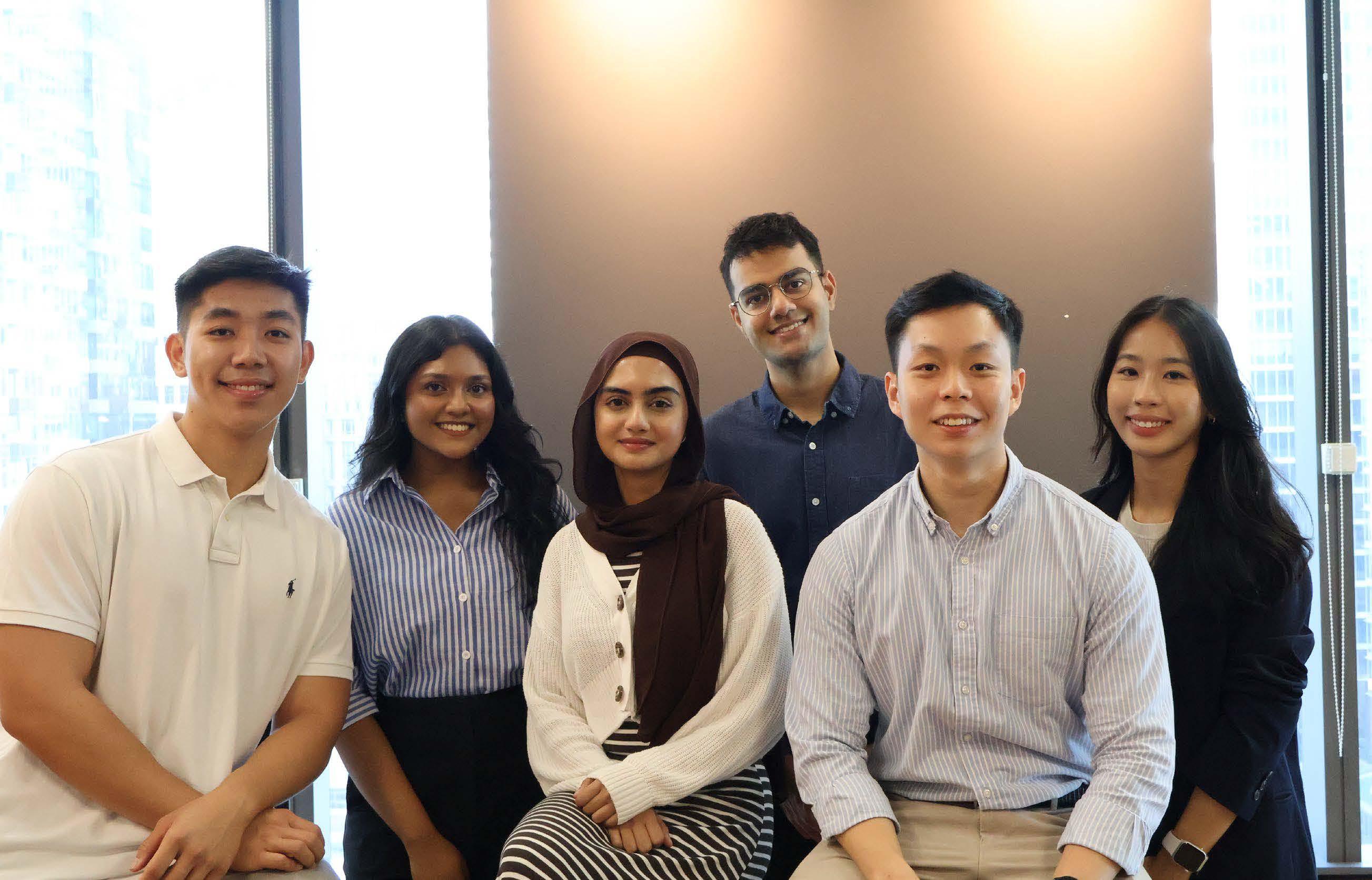



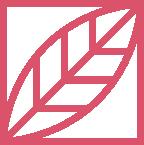
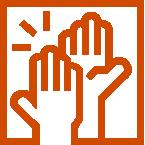
n uplifting workplace culture that supports flexibility, cares for your holistic wellness and celebrates your success Mentorship
You will be equipped with future-ready skills amidst a supportive and nurturing coaching culture that brings out the best in you.

Be part of the solutionmake a difference by taking on projects that positively and tangibly impact our wider community
An uplifting workplace culture that supports flexibility, cares for your holistic wellness and celebrates your success.








Get the start you need to grow the career you want



Our presence across the vibrant and diverse landscape of ASEAN opens up doors to a myriad of exciting career opportunities. Explore them with us today.